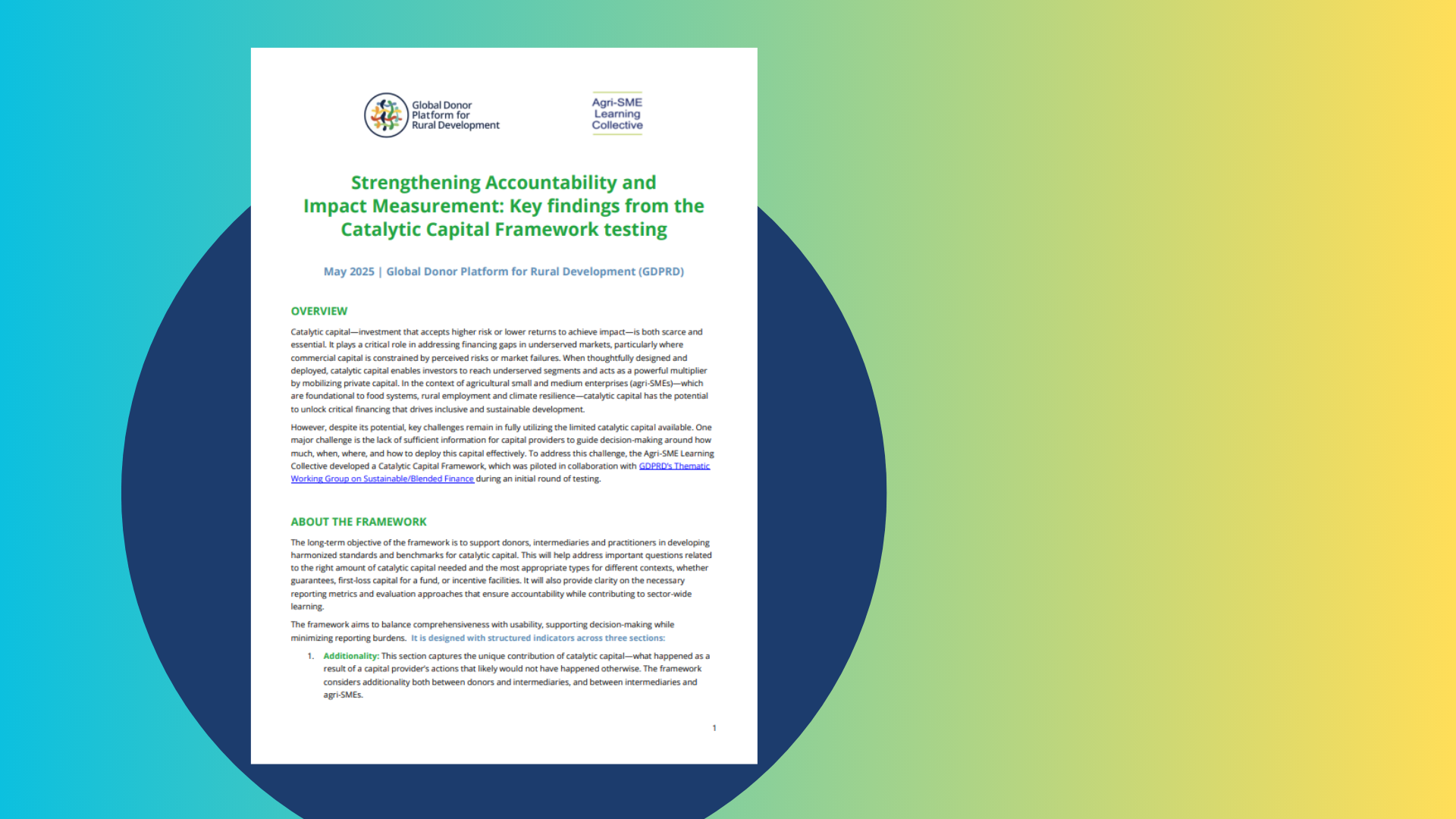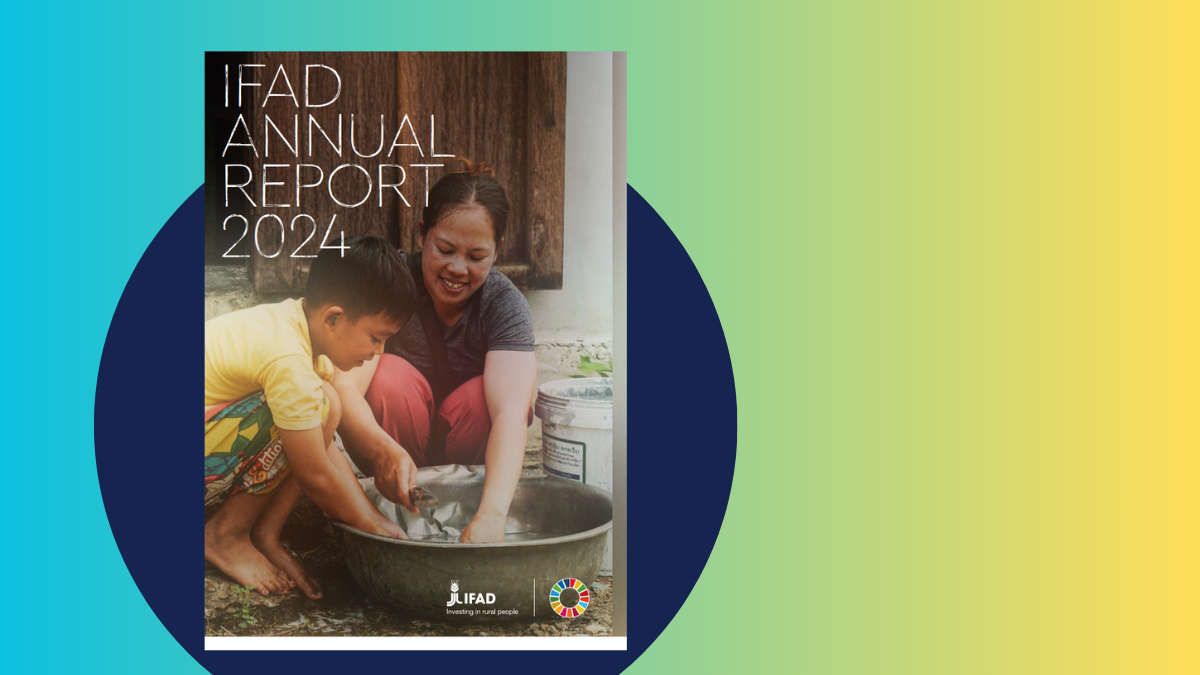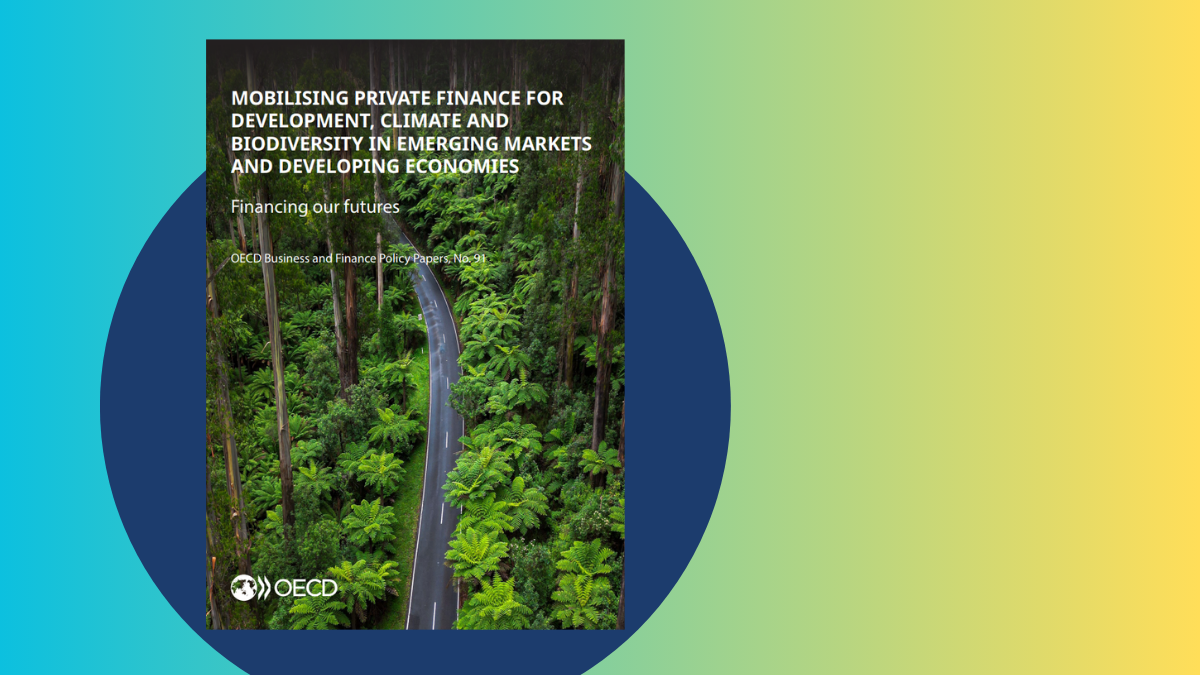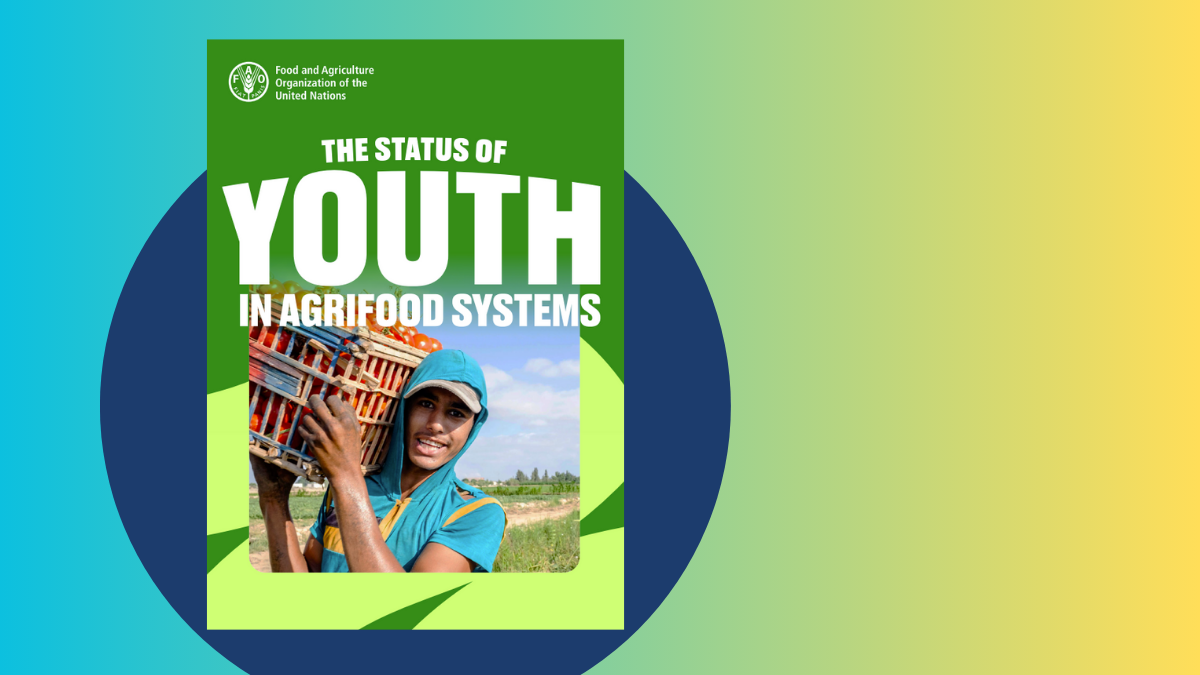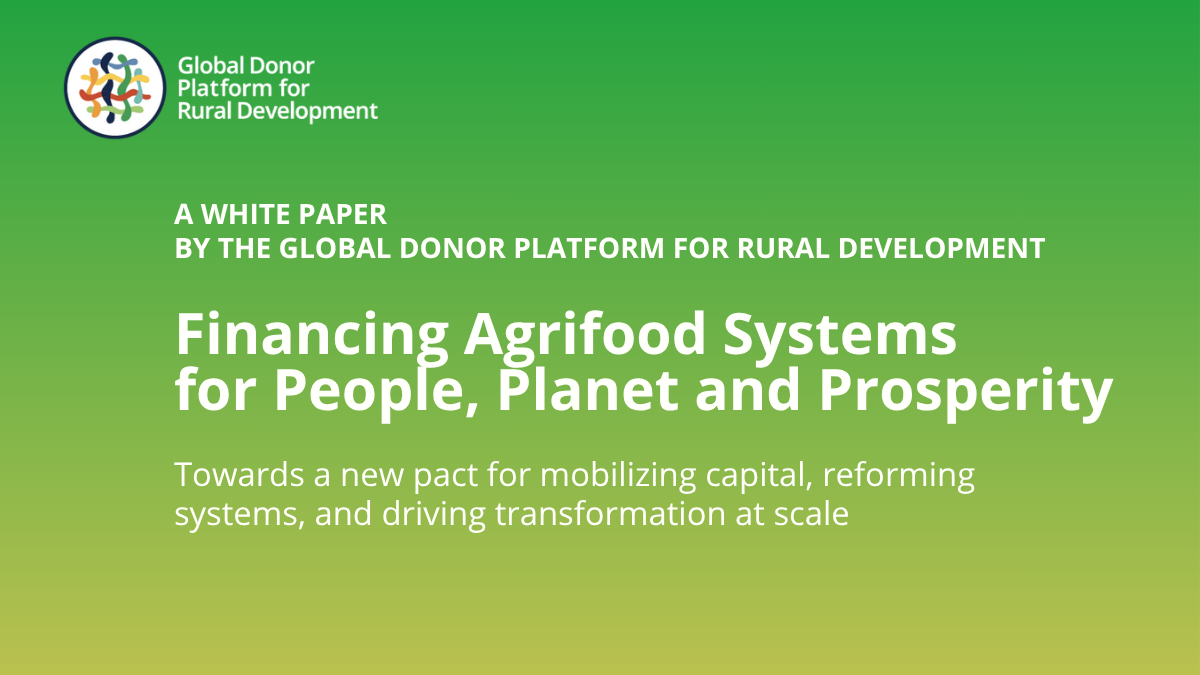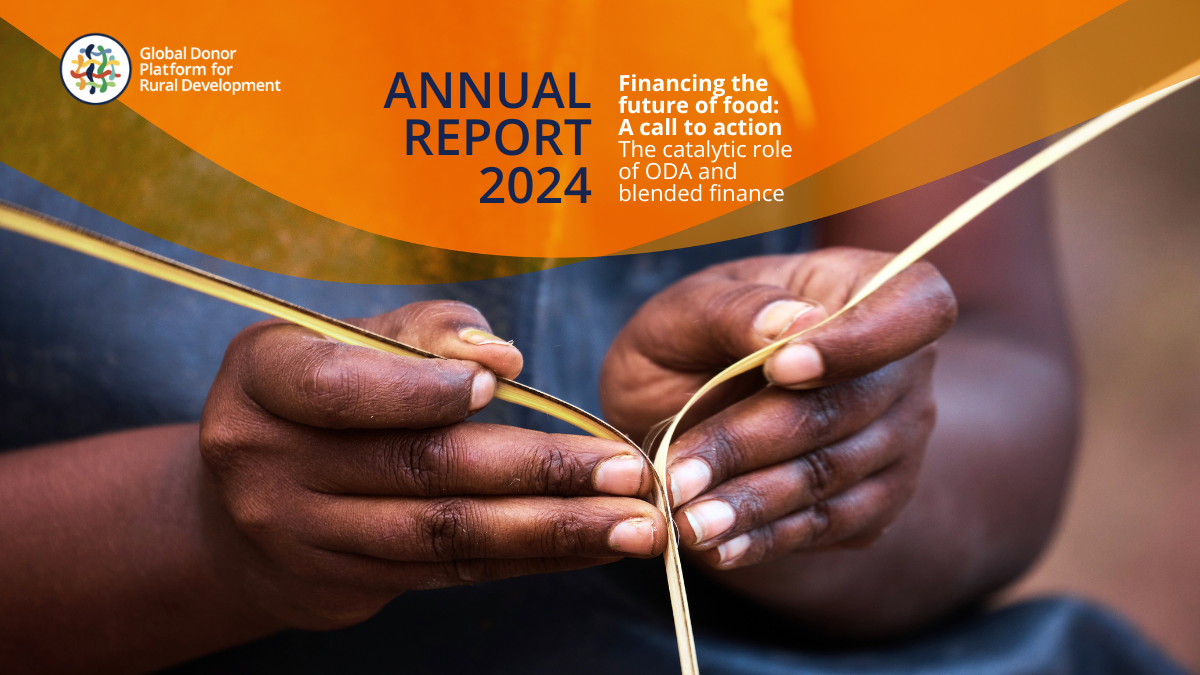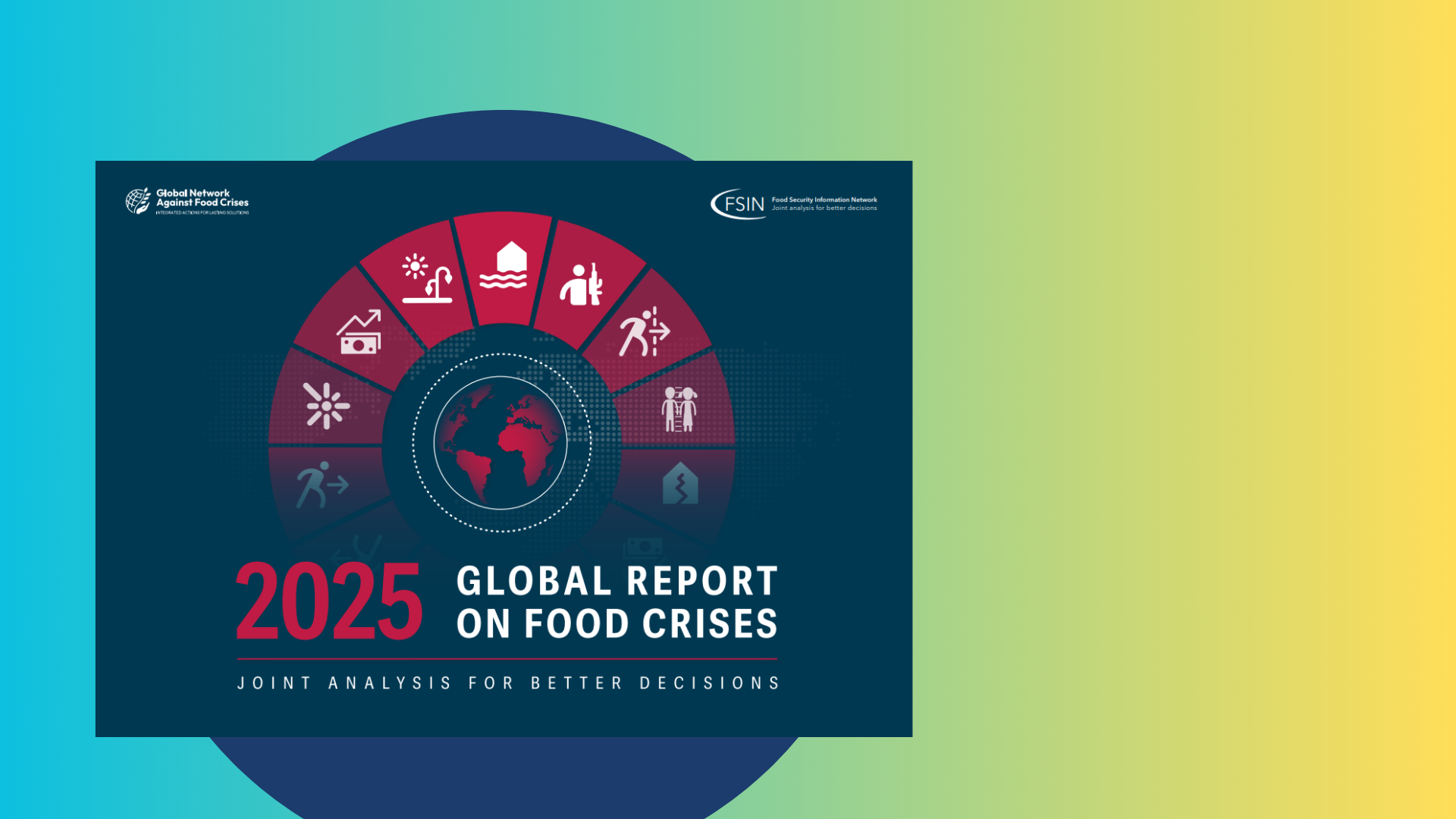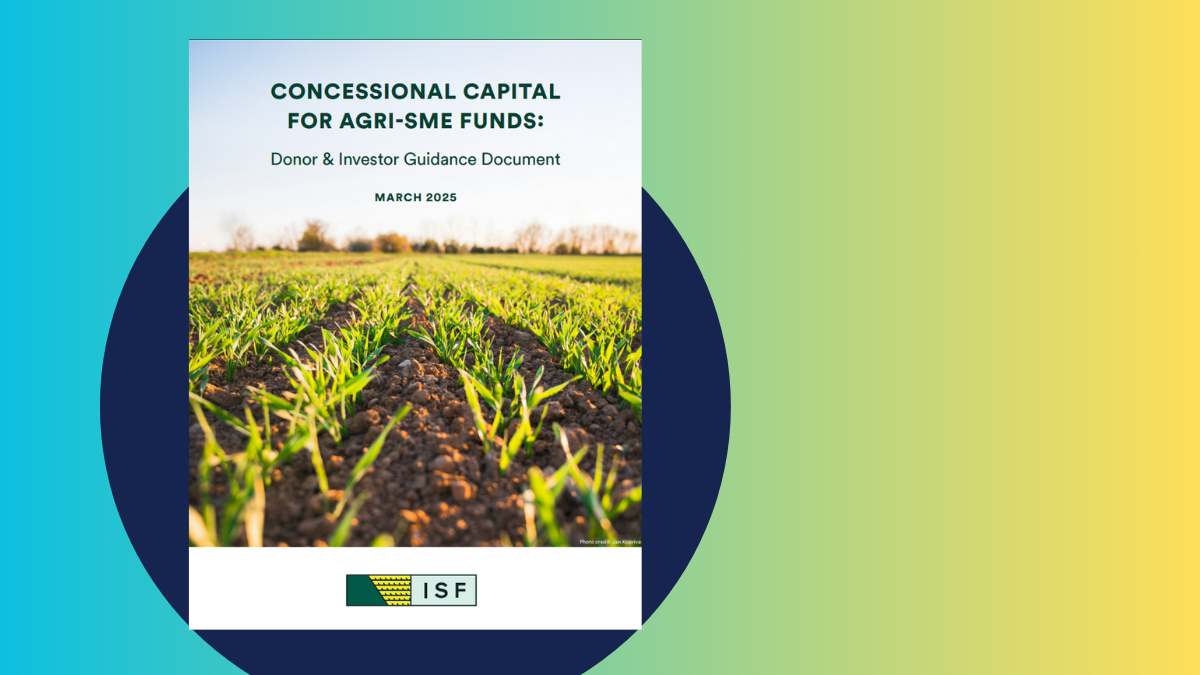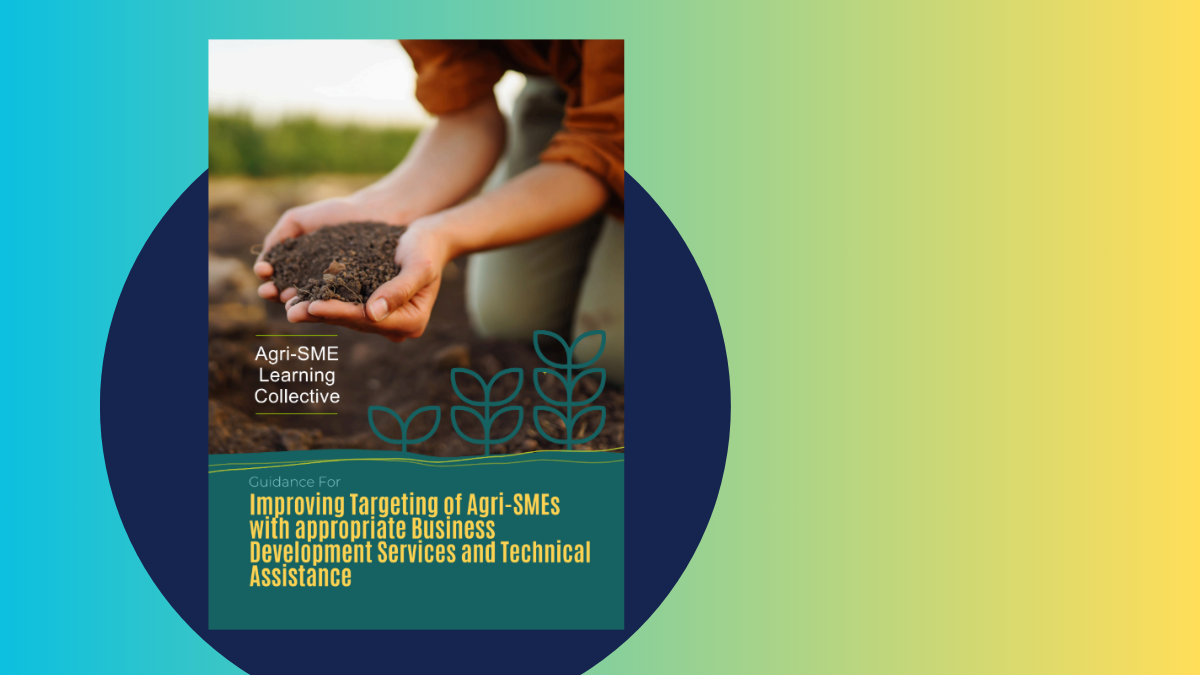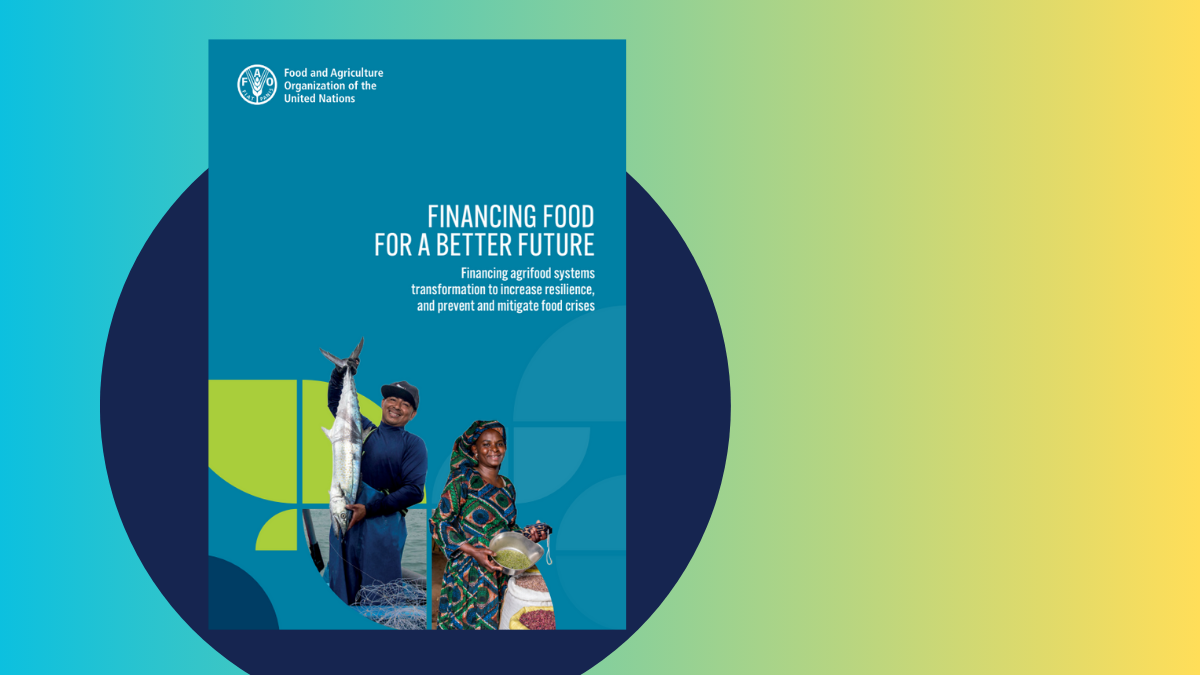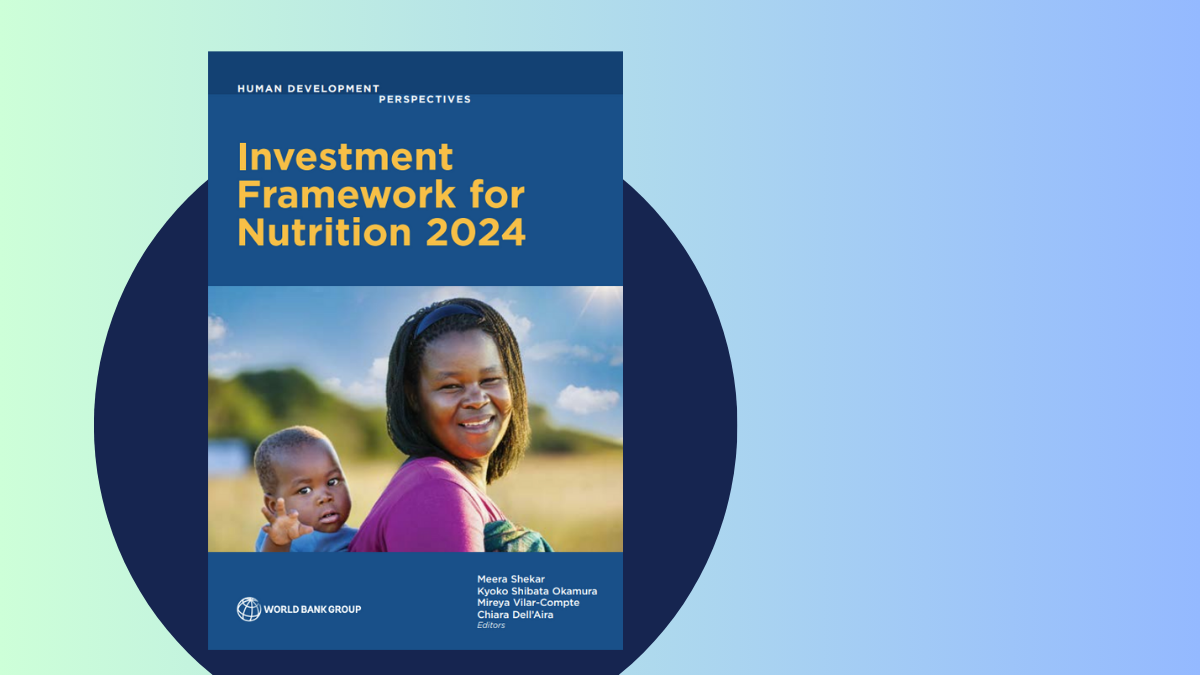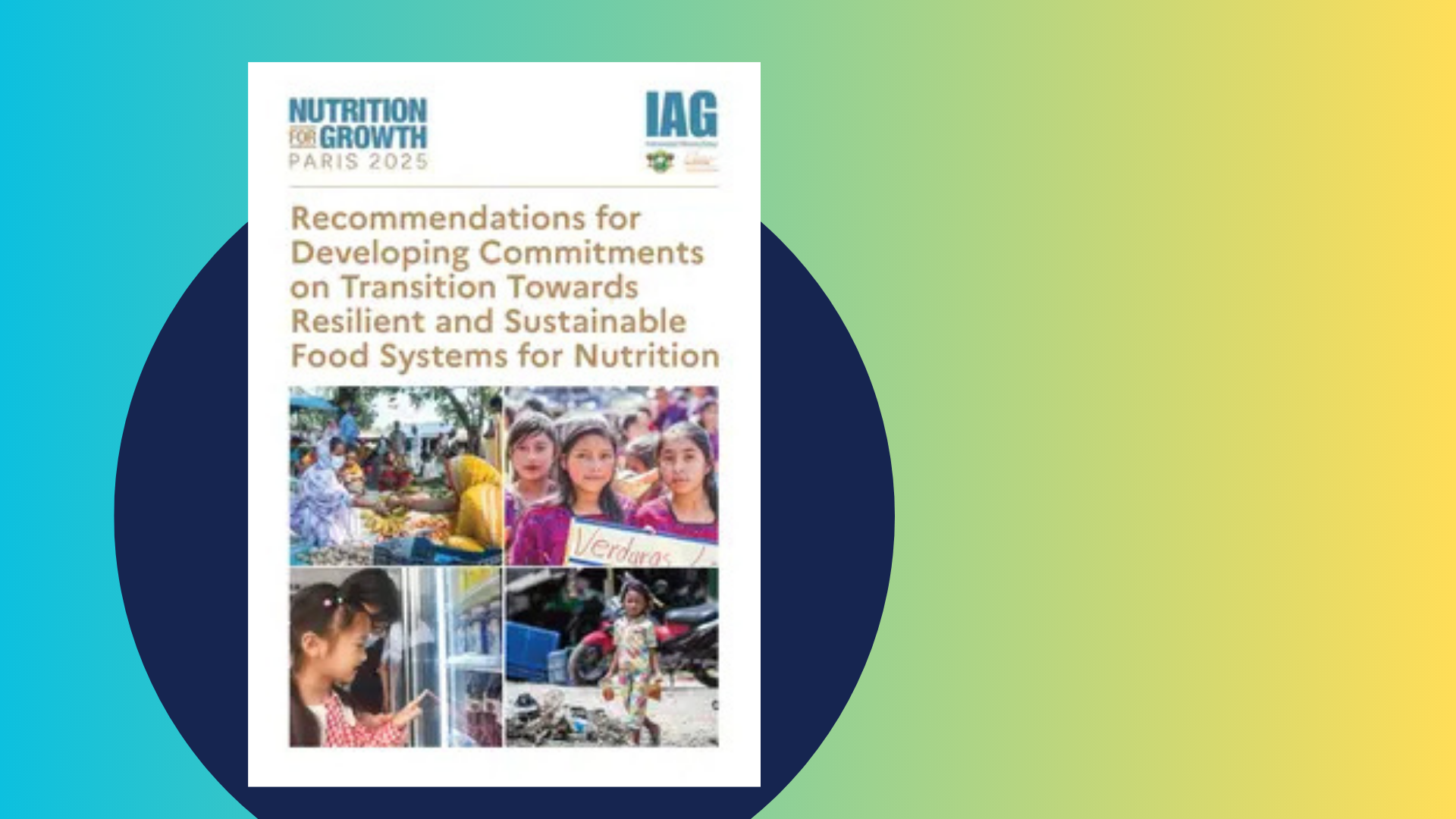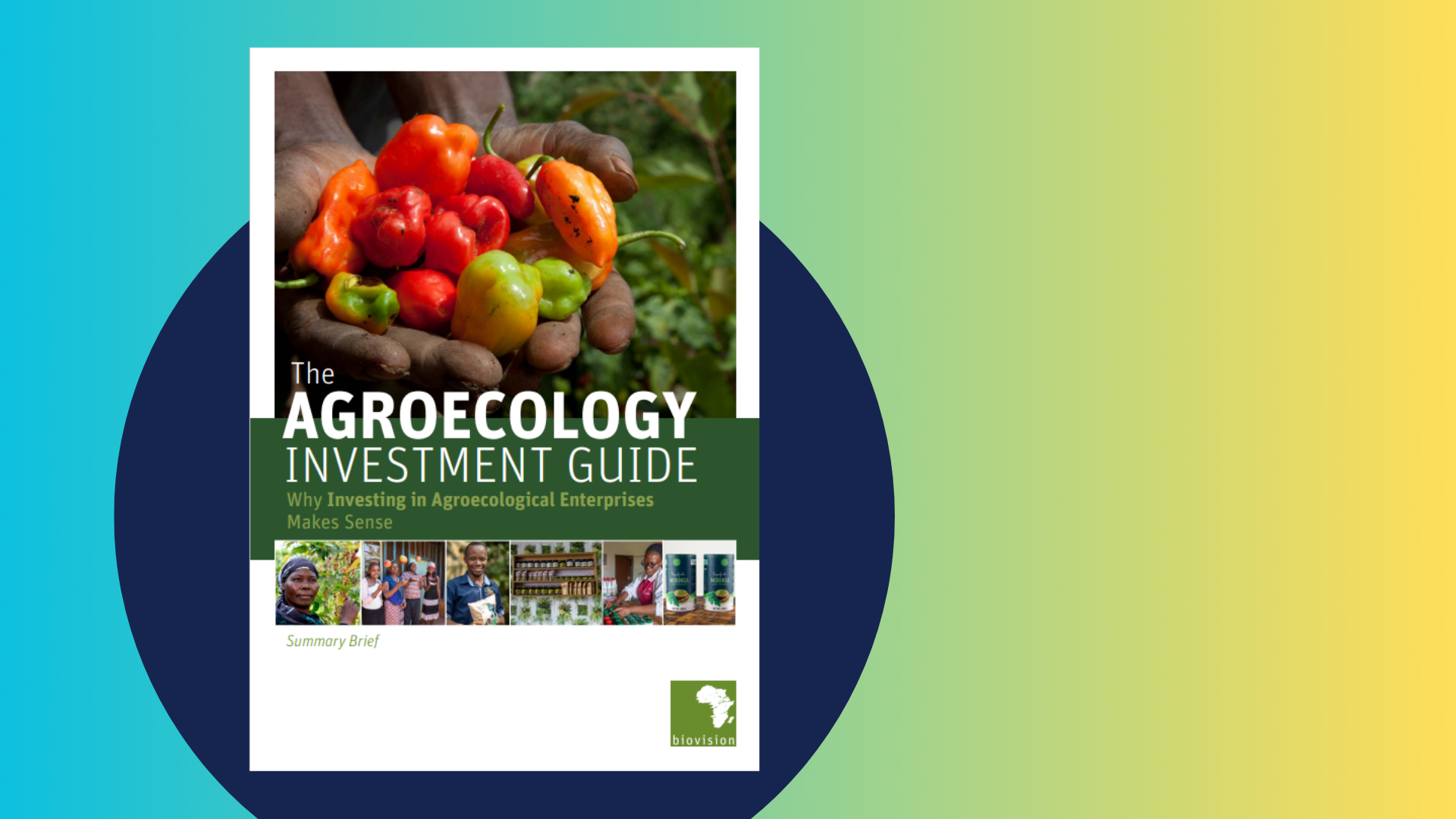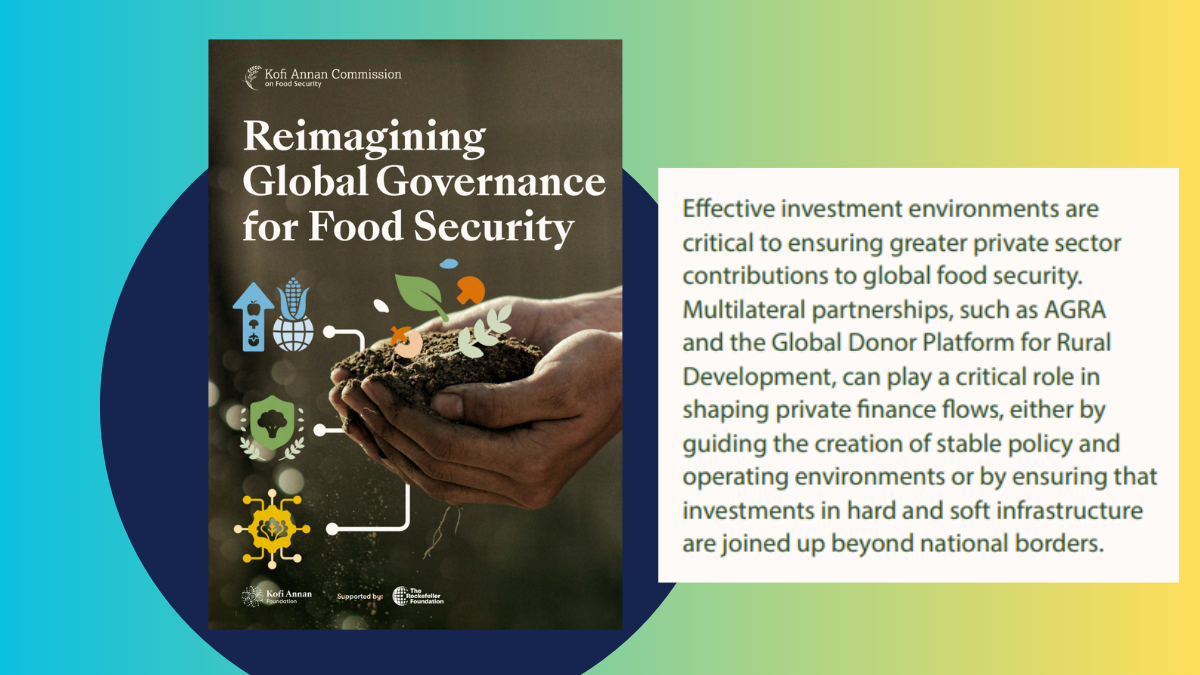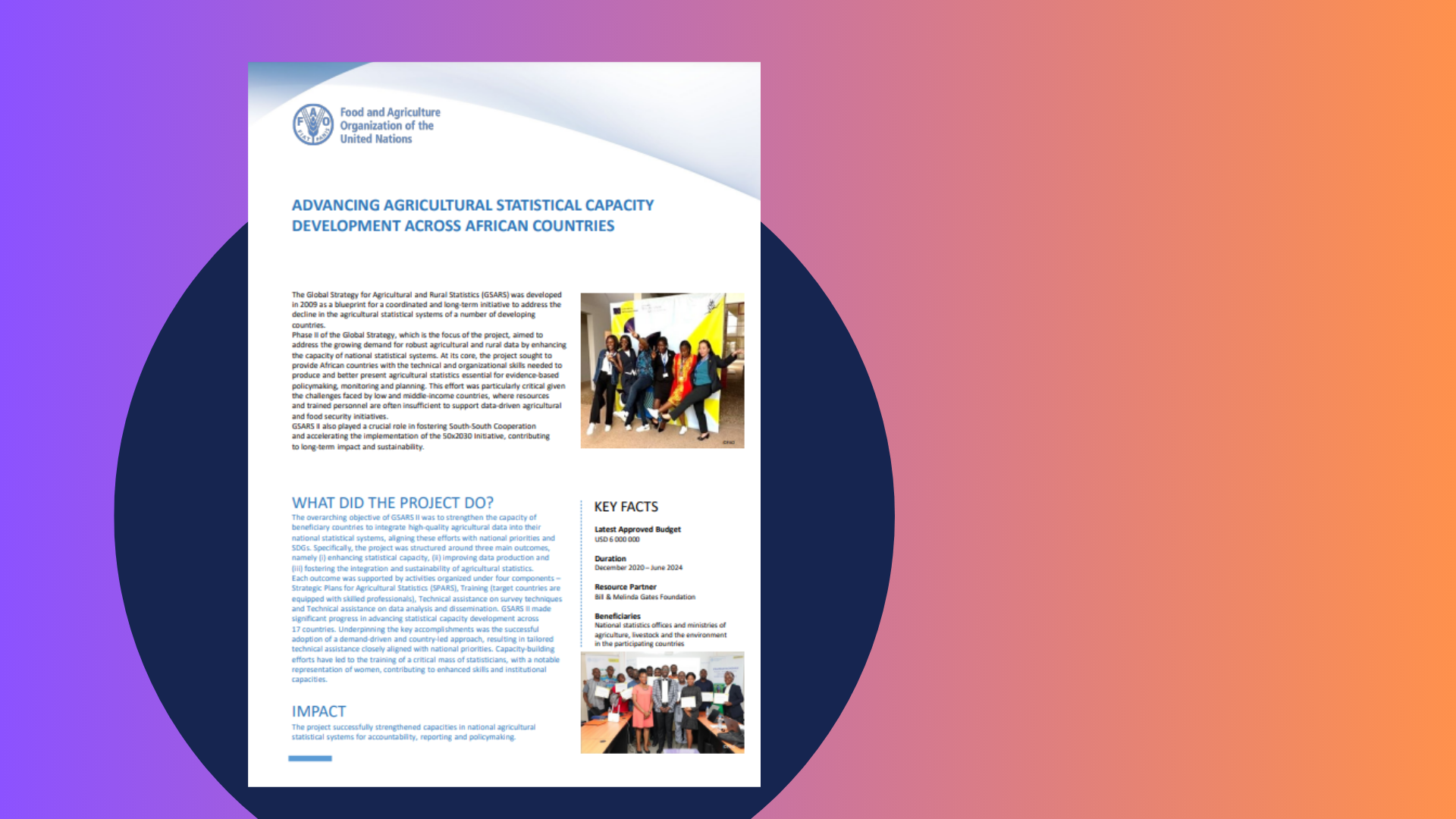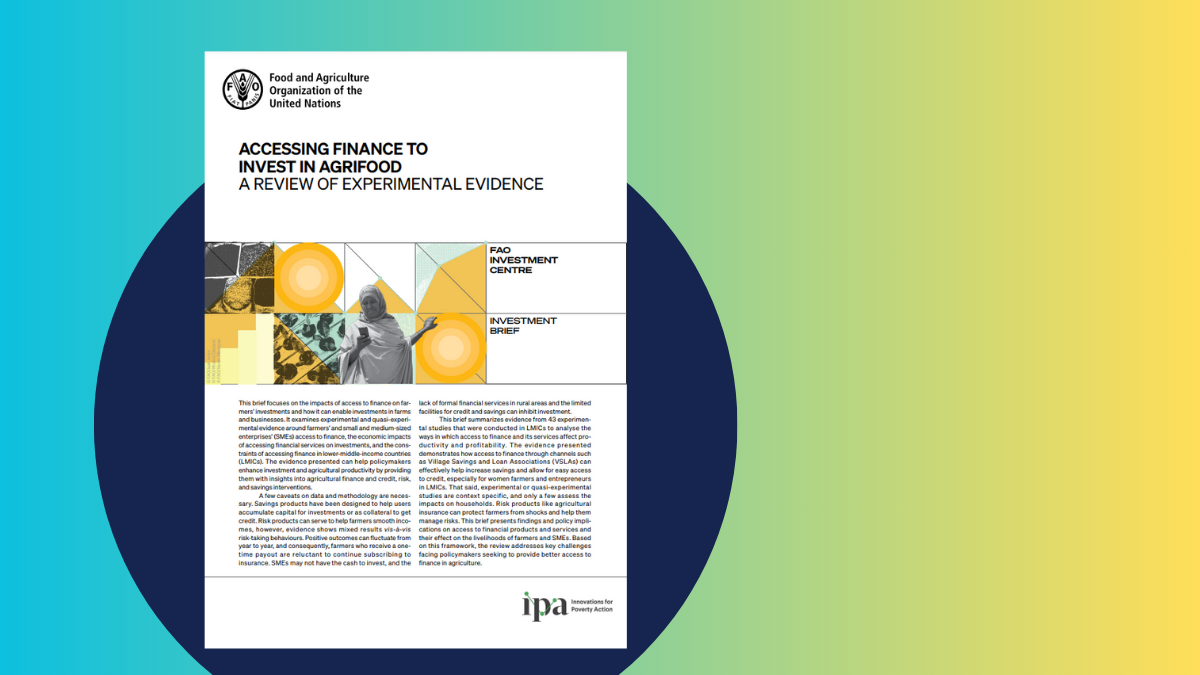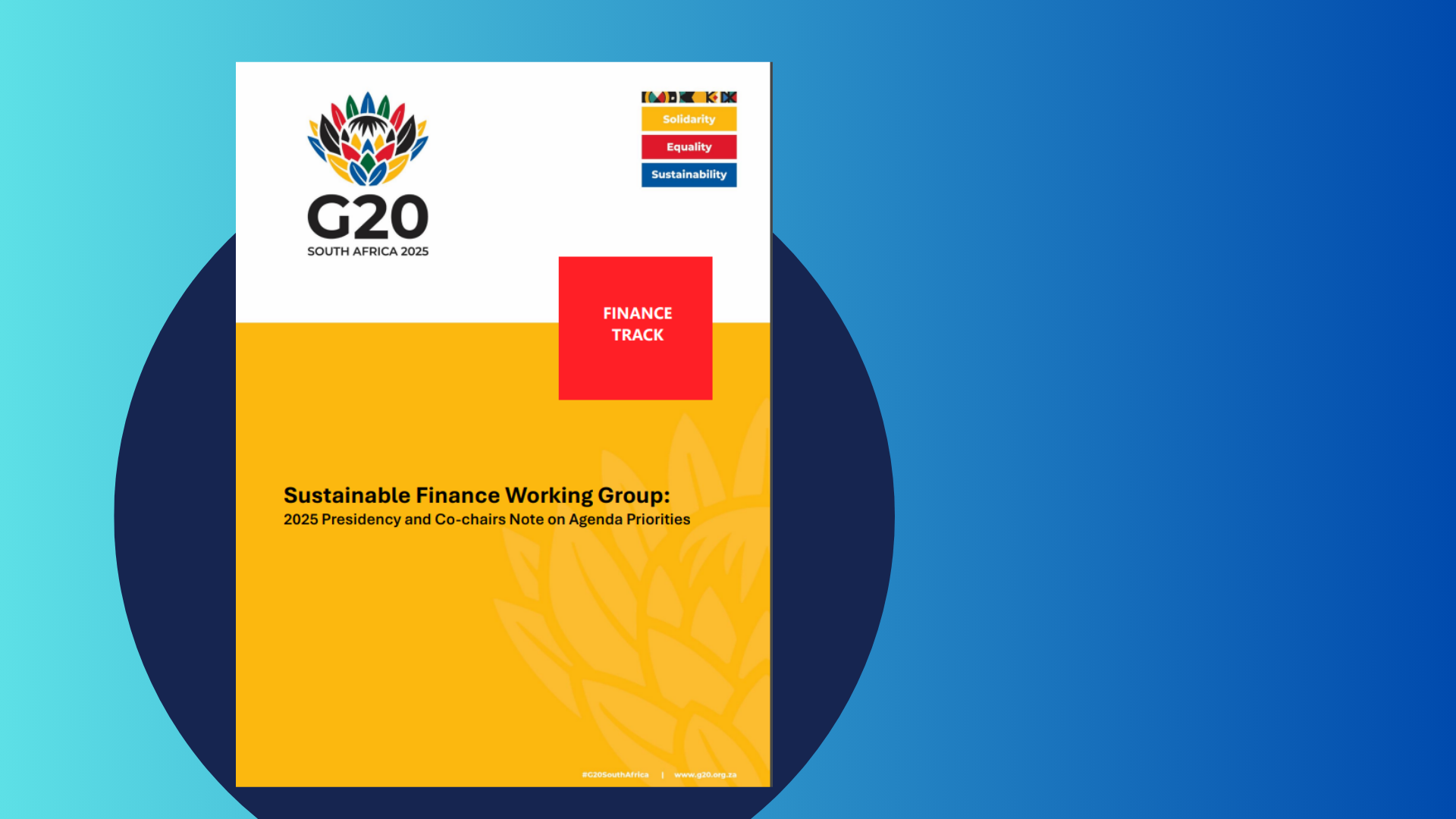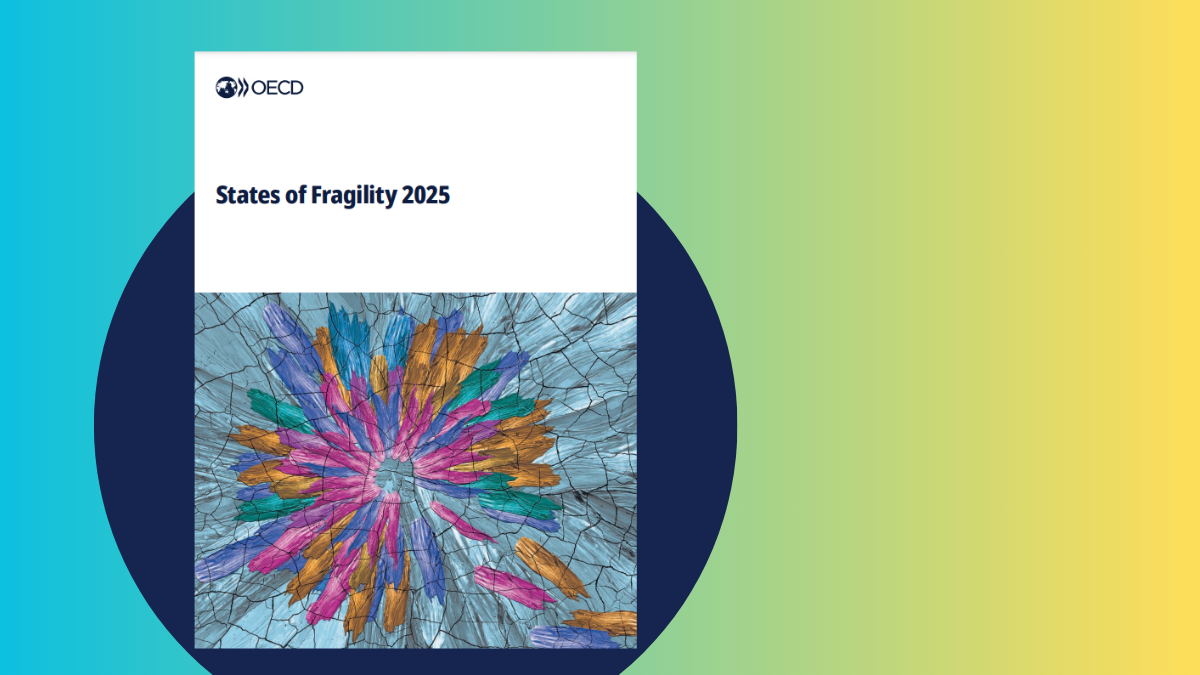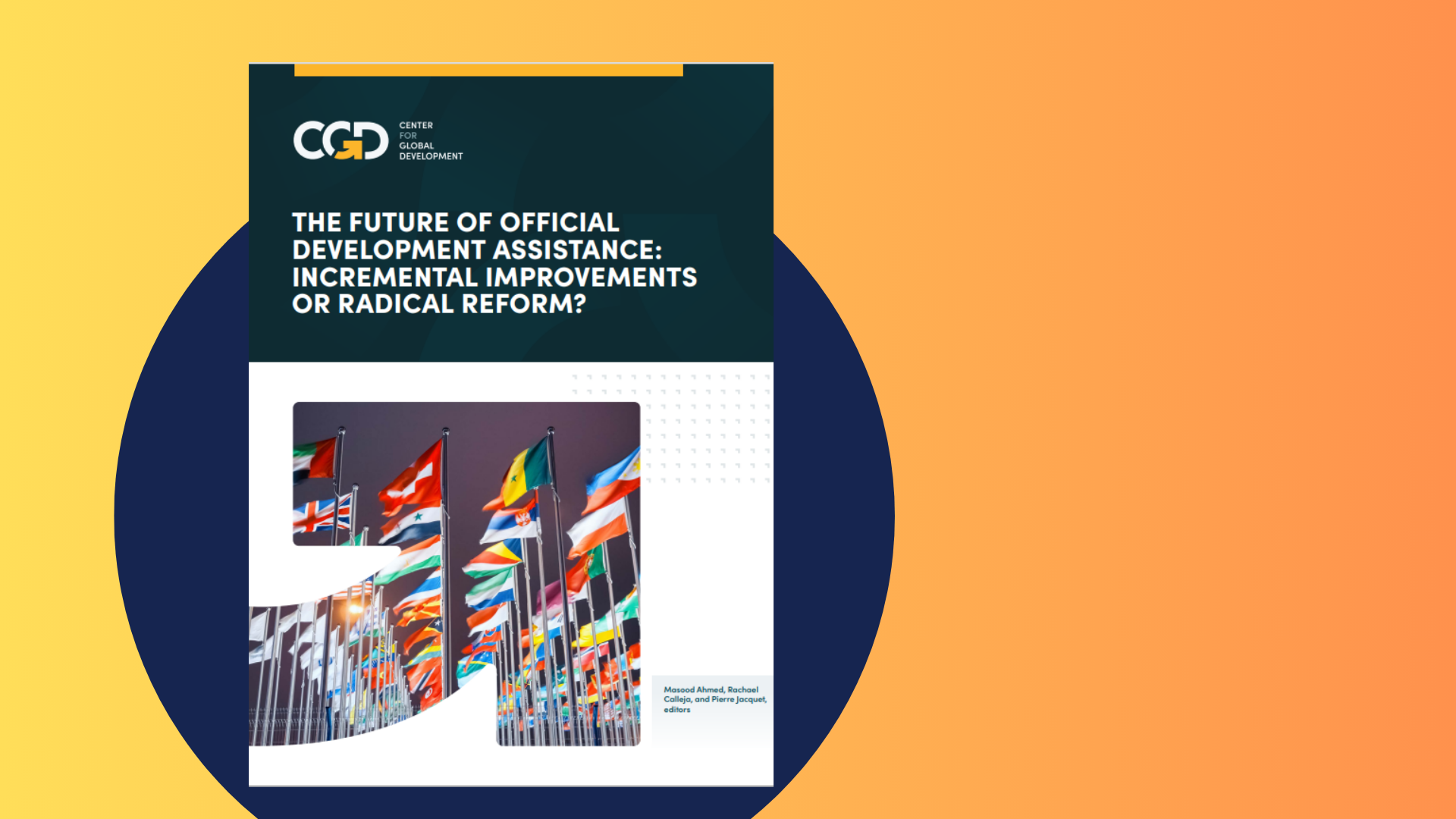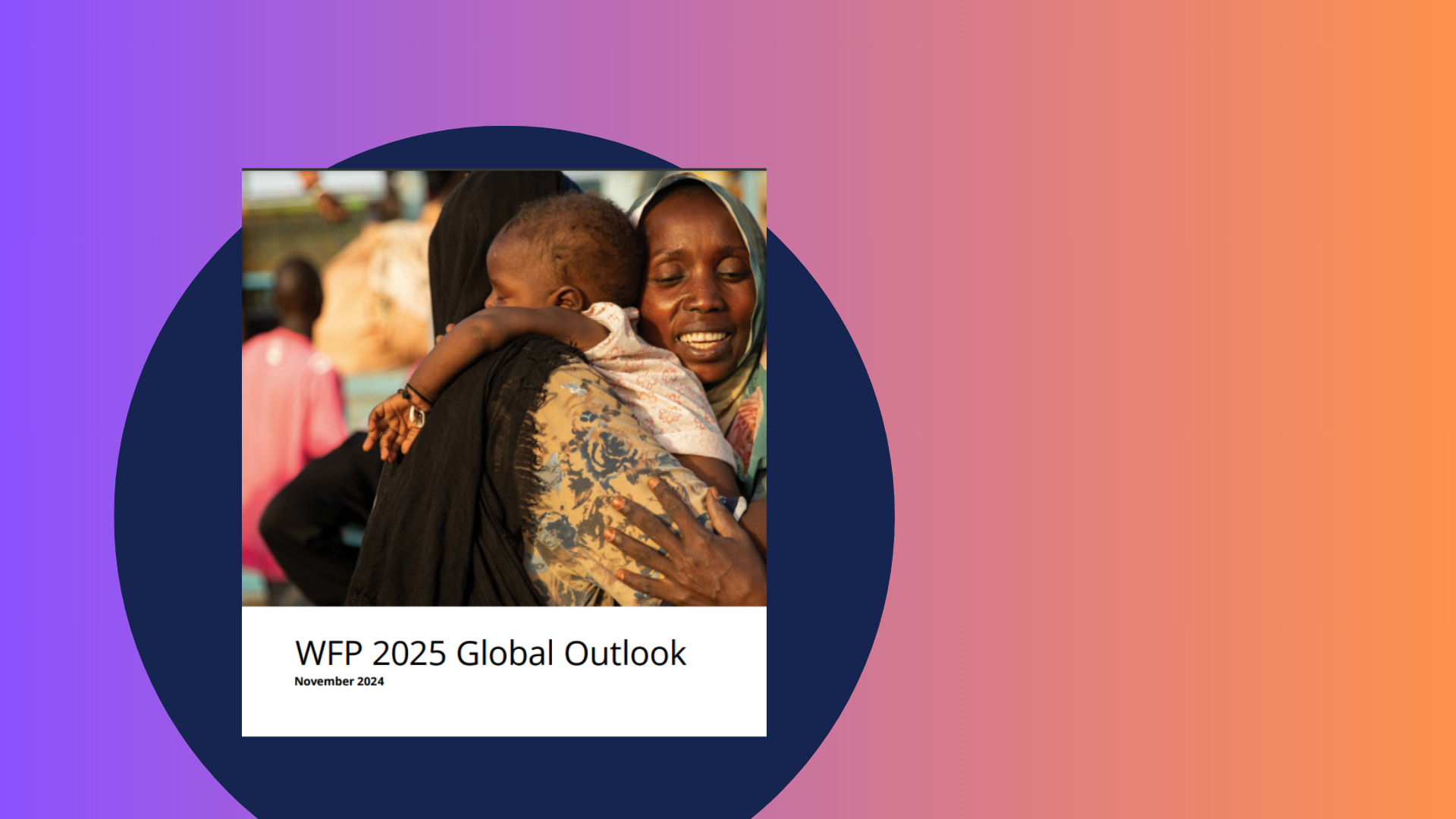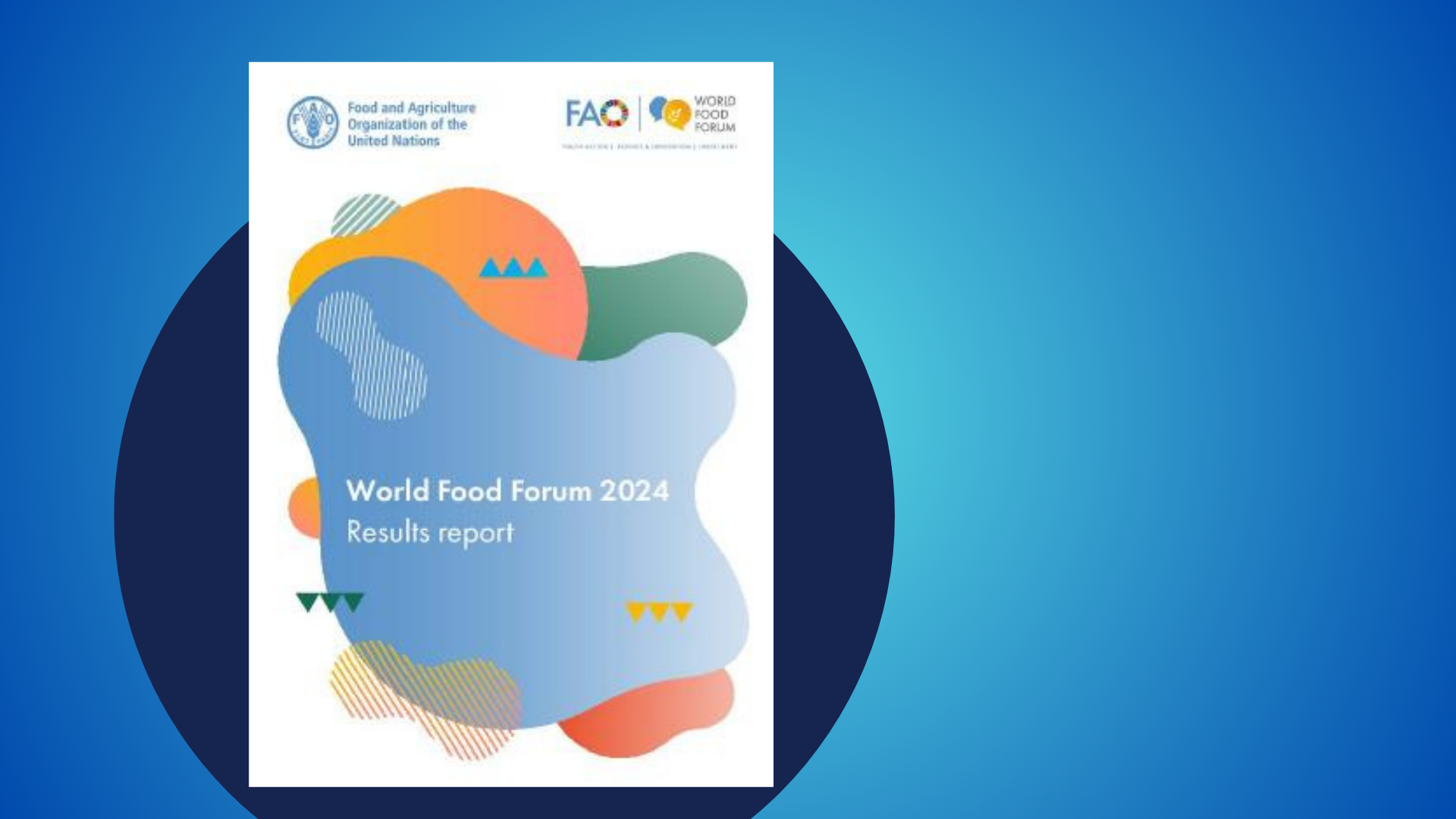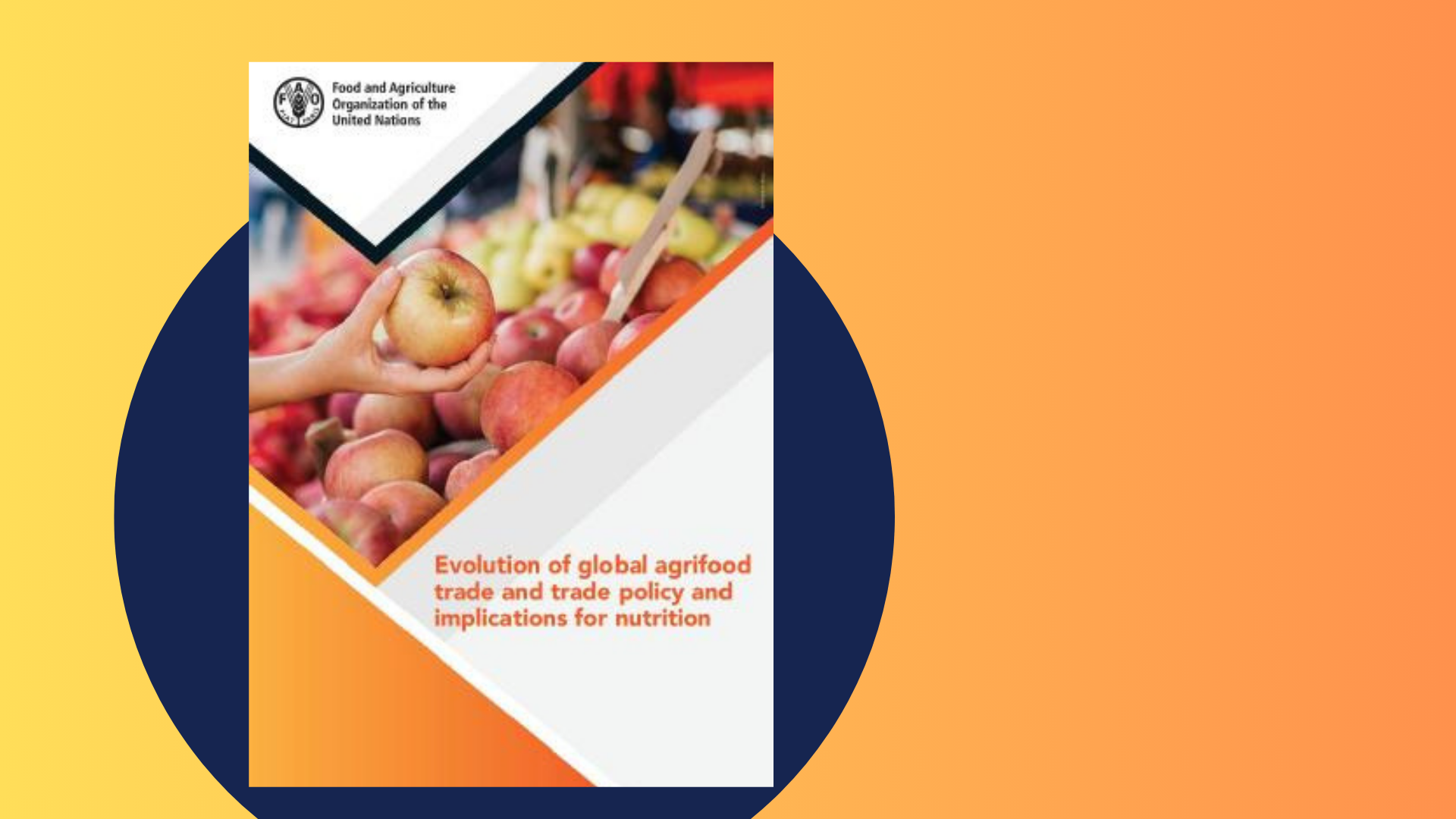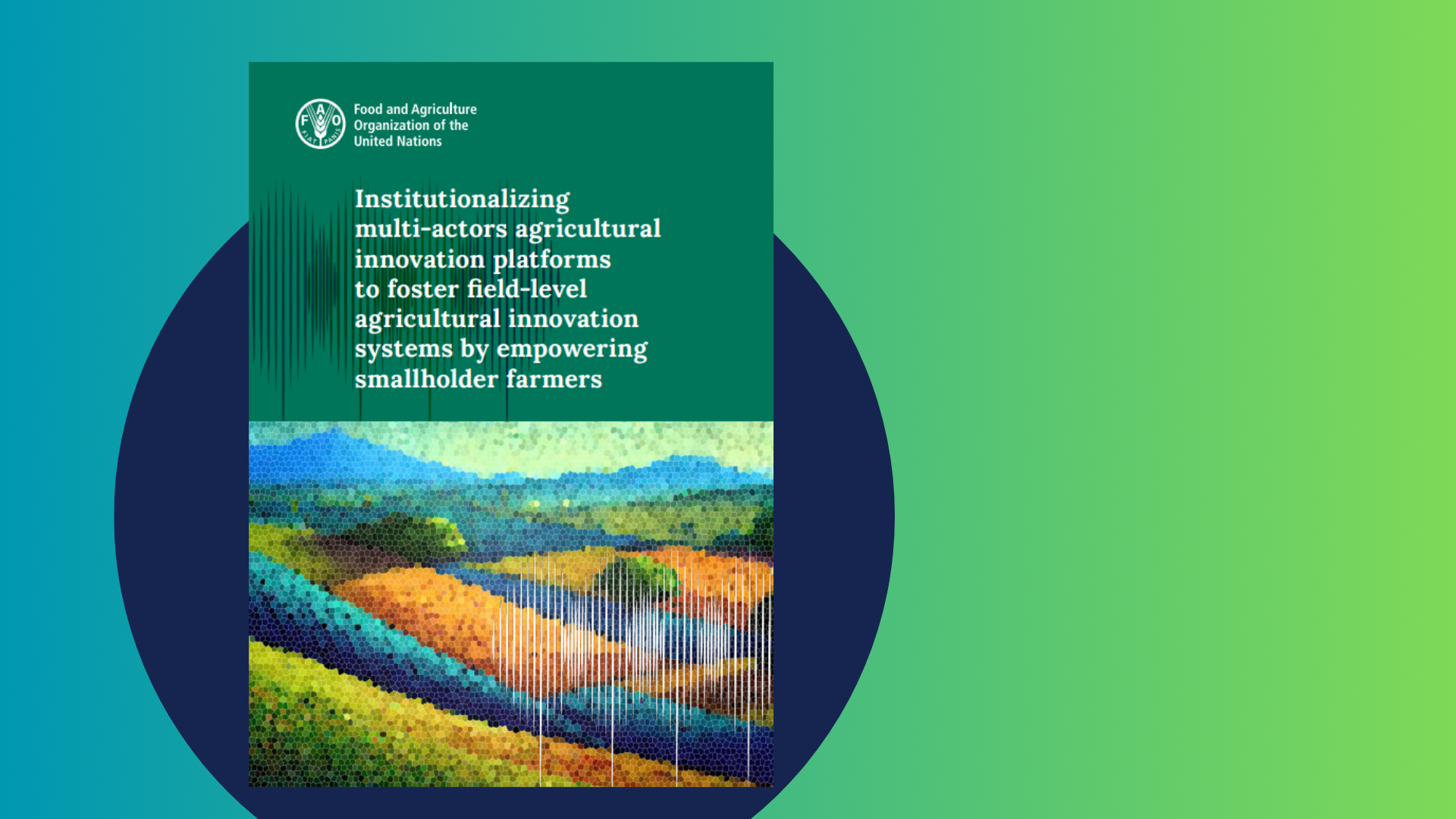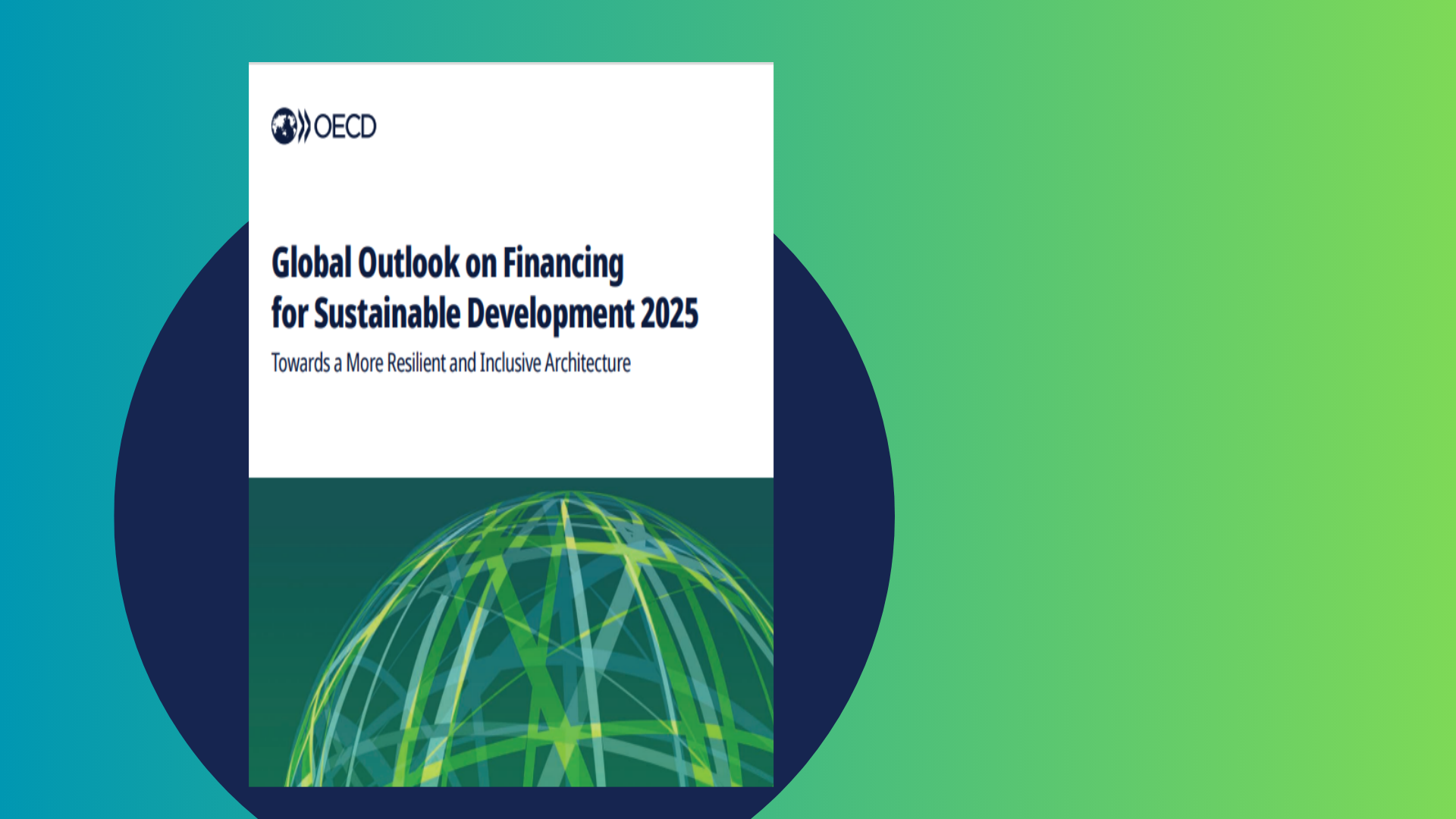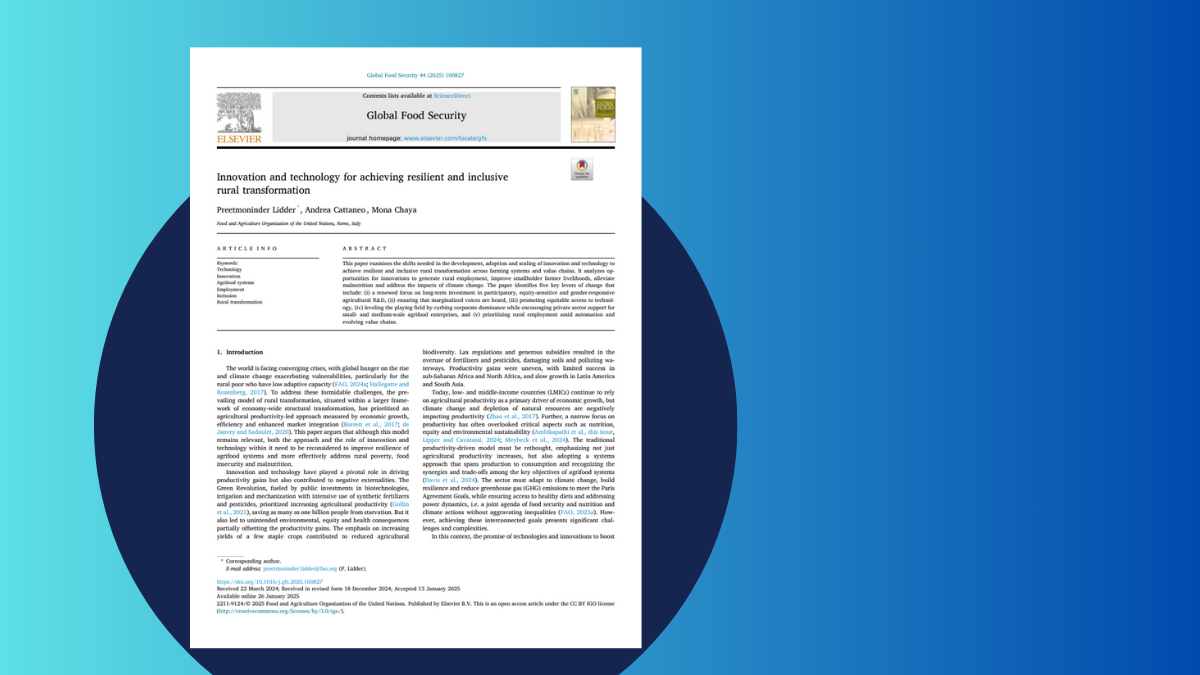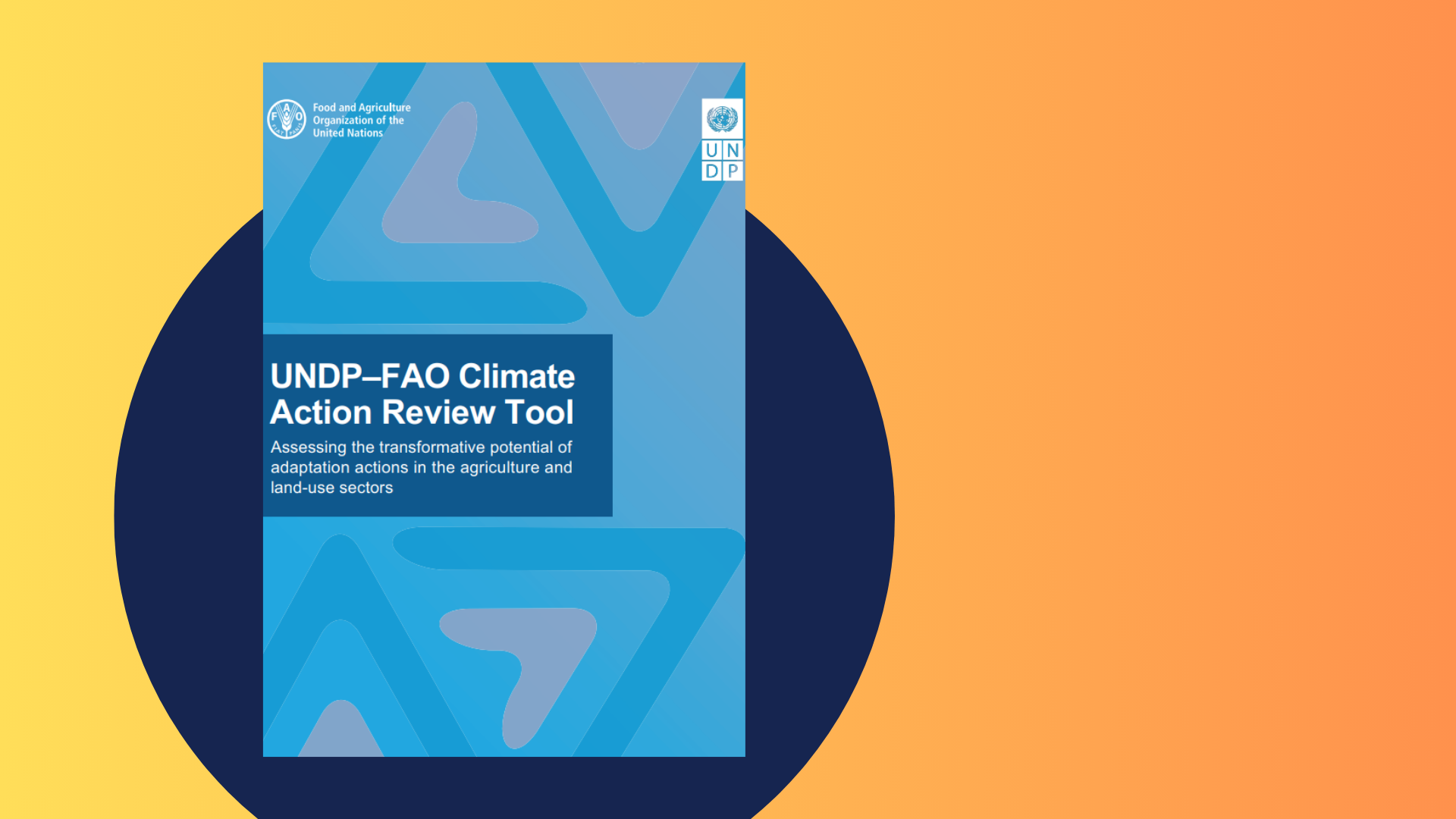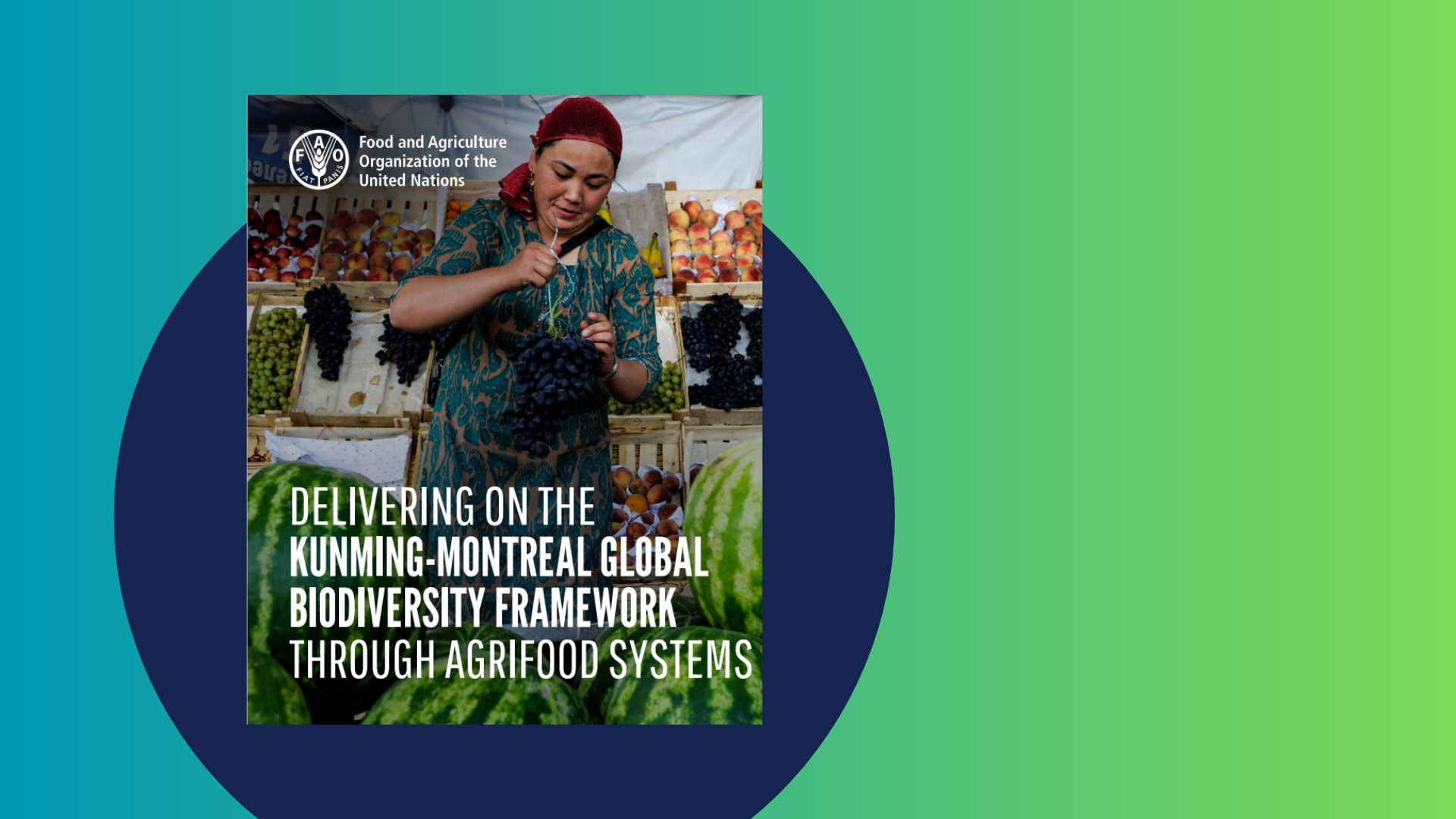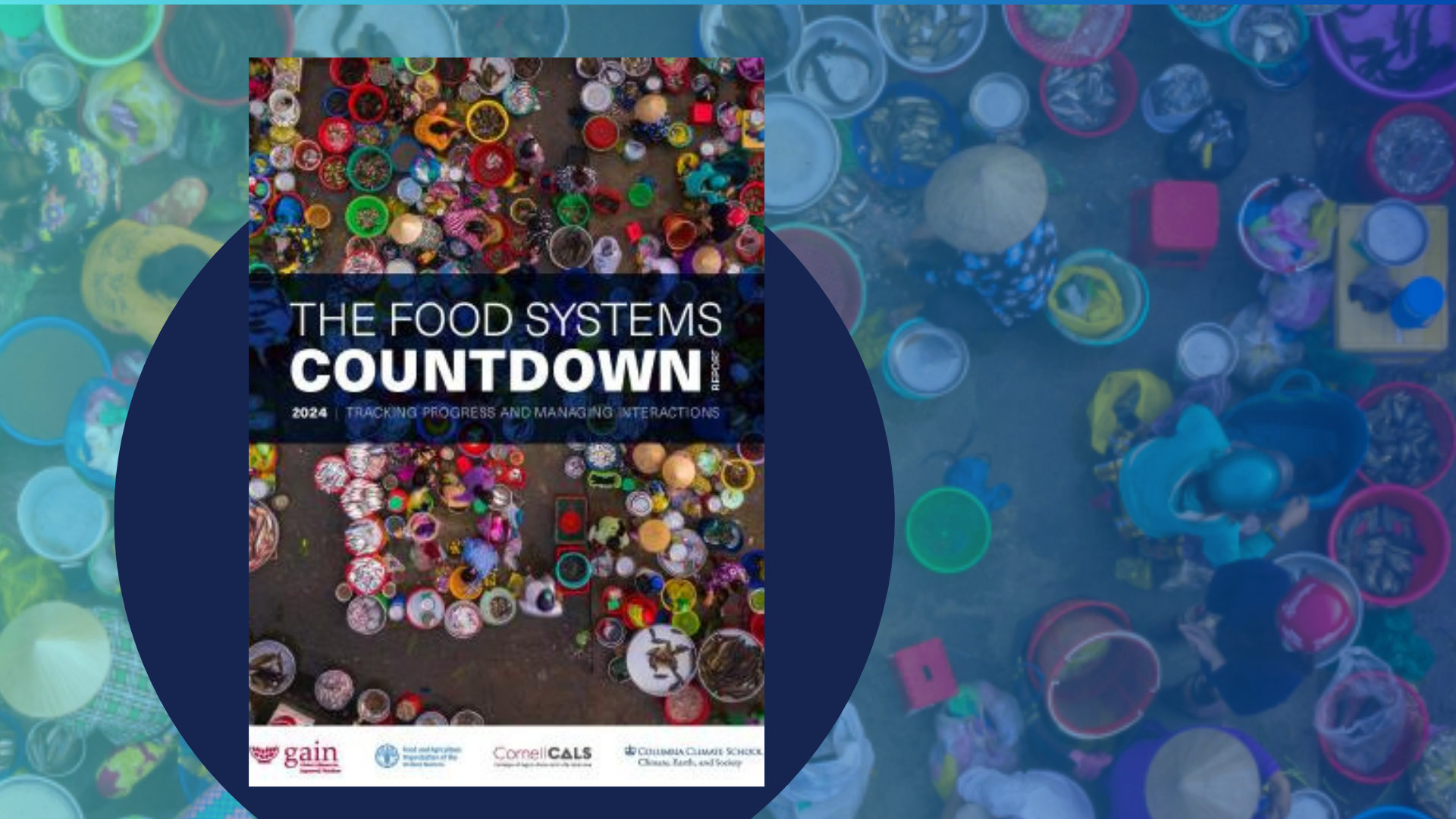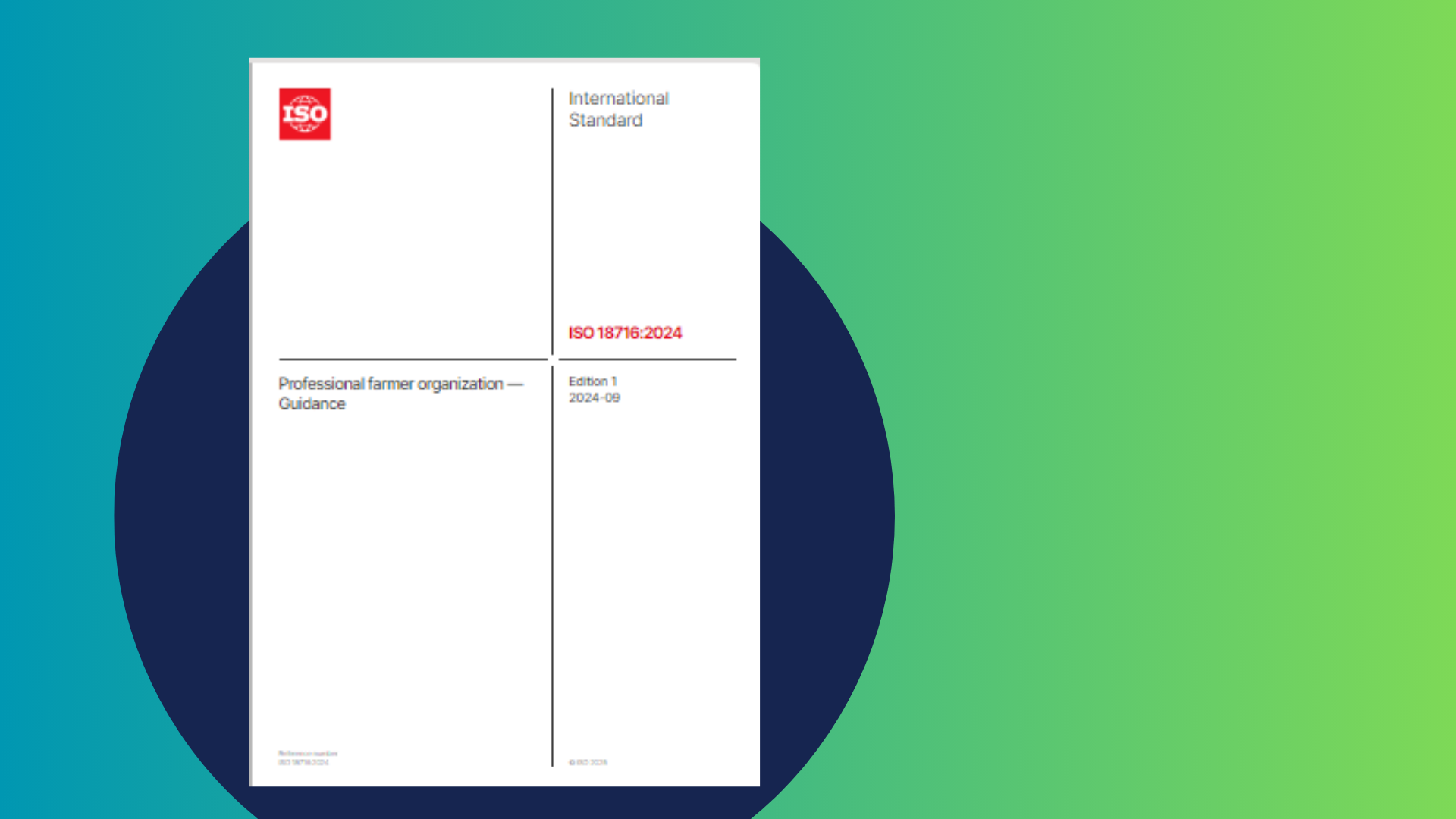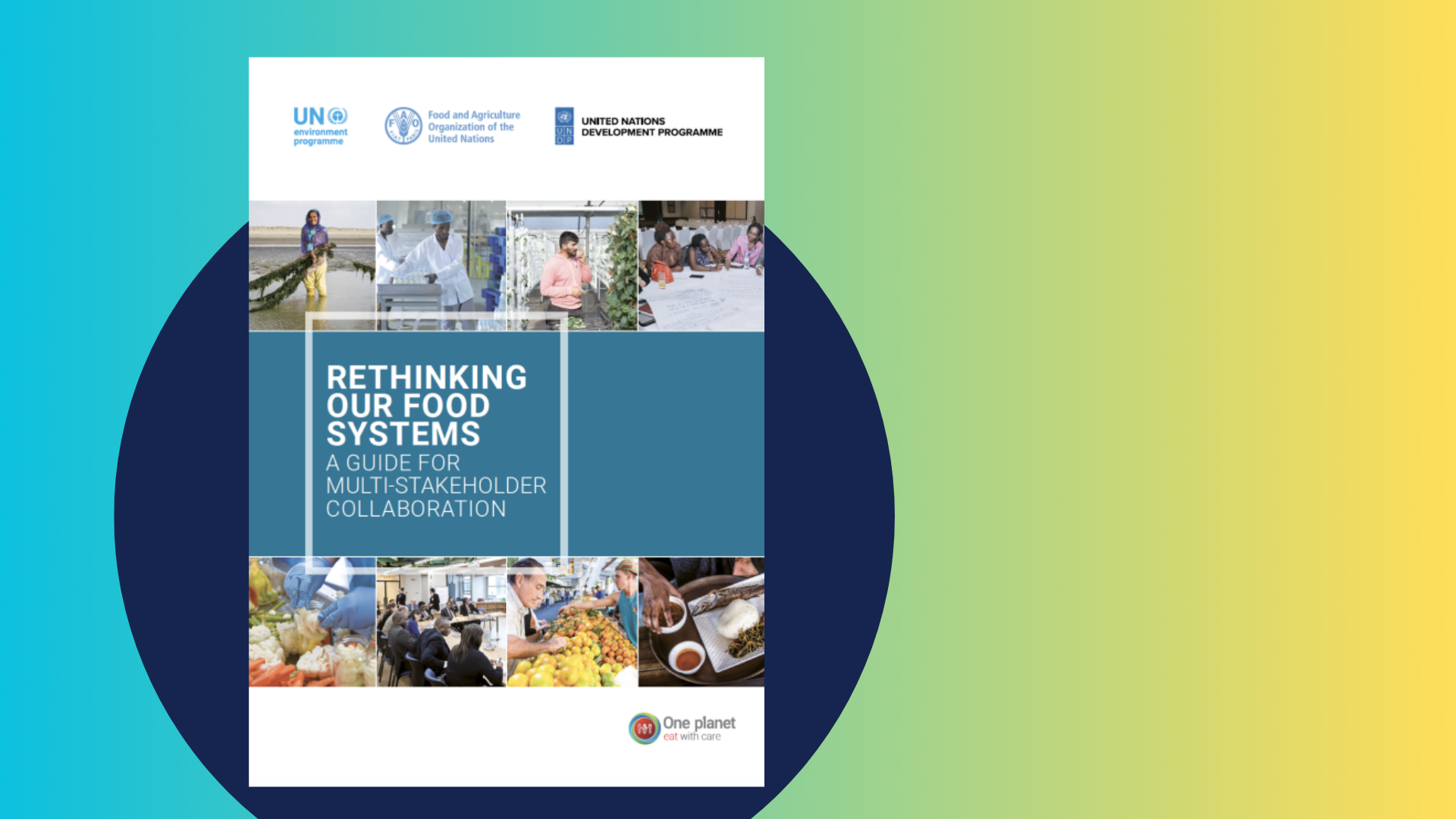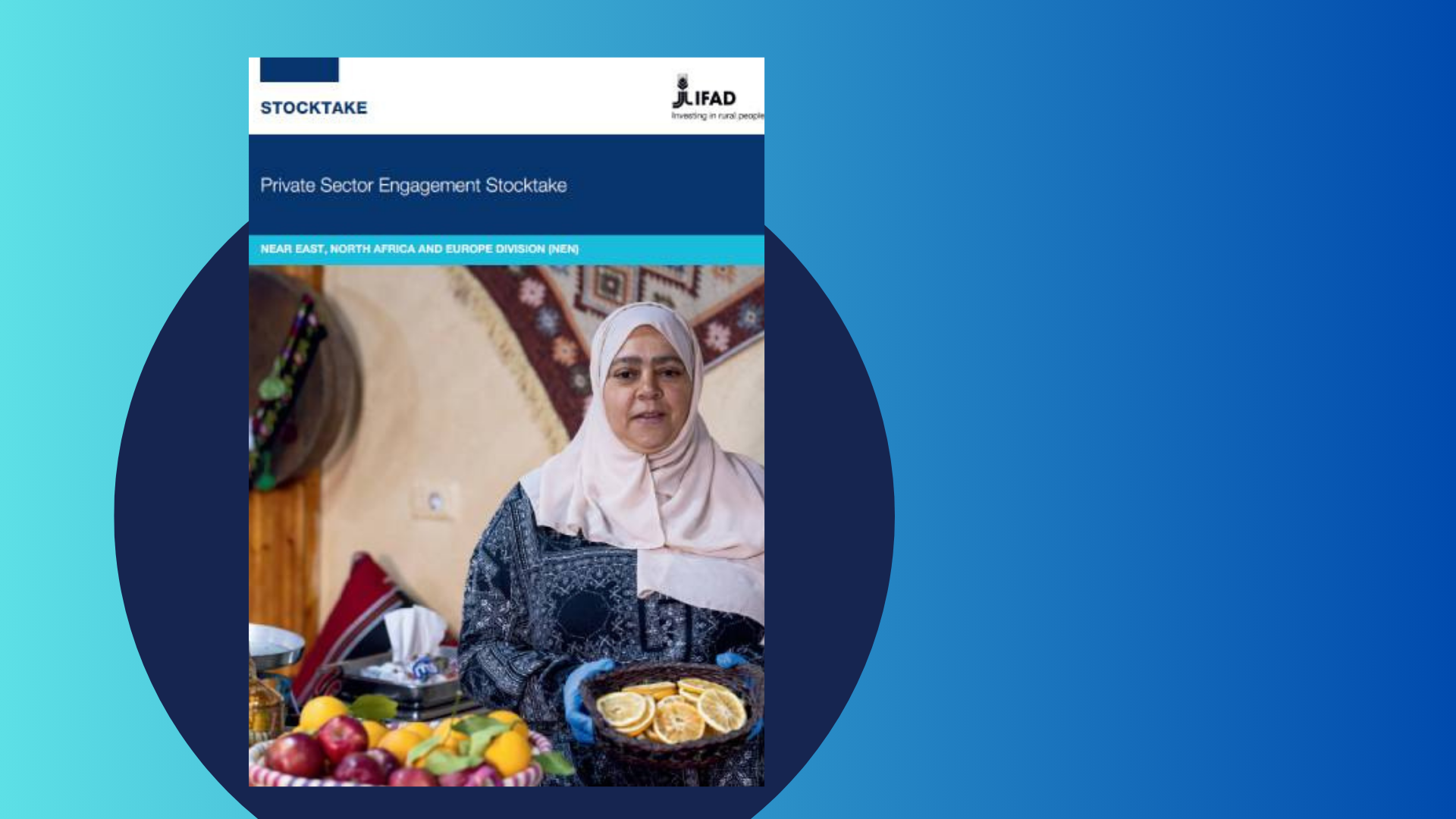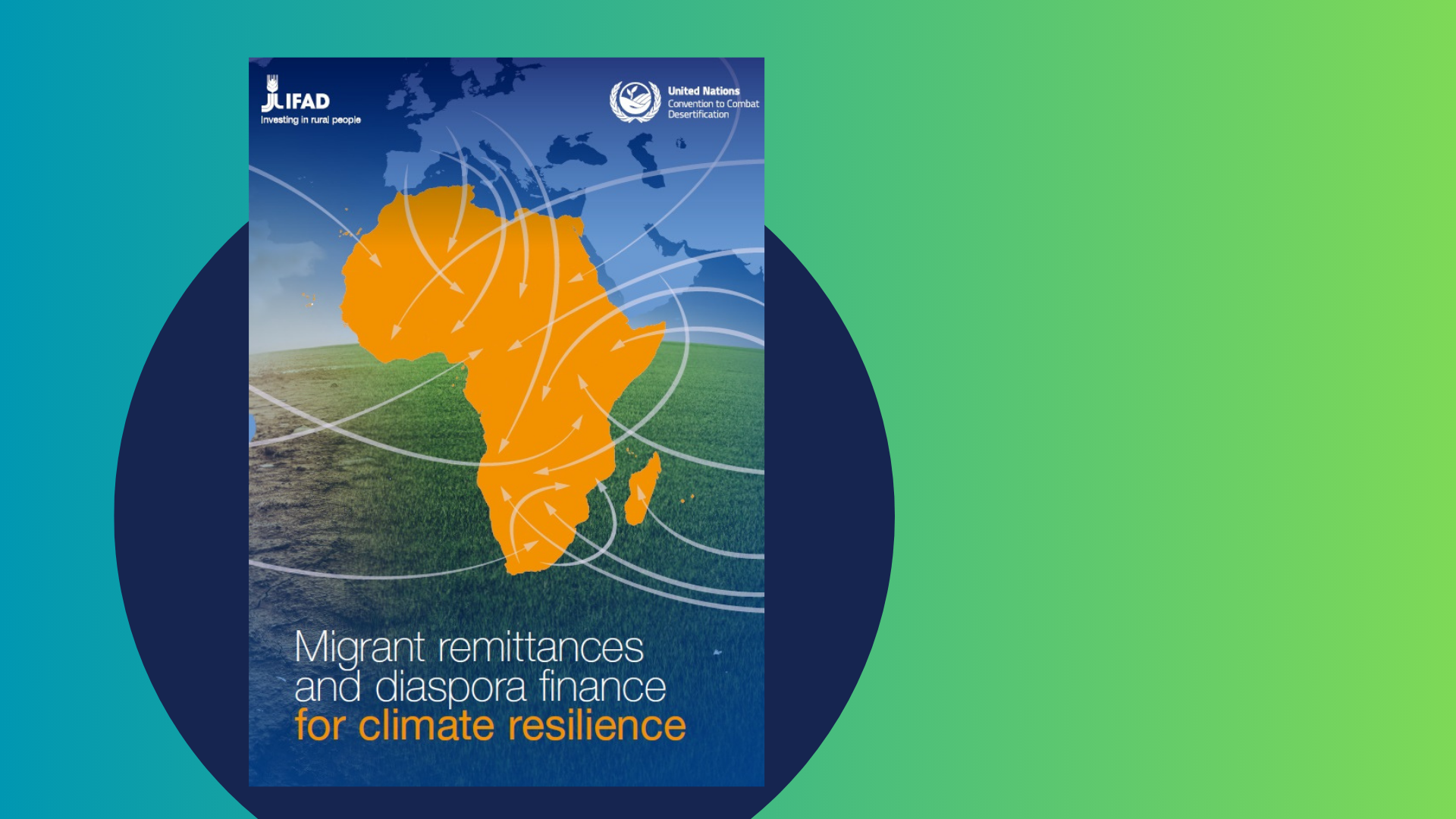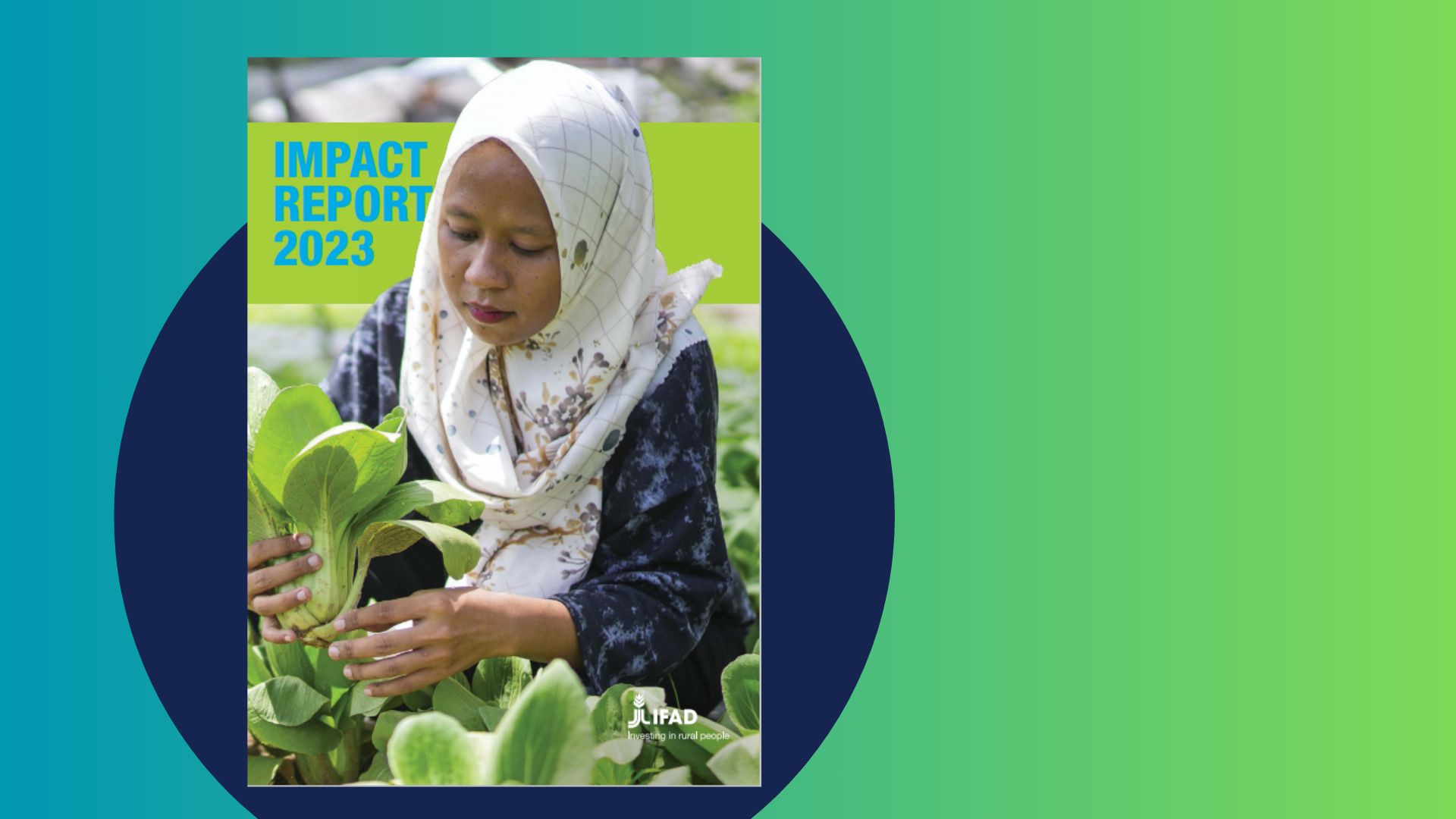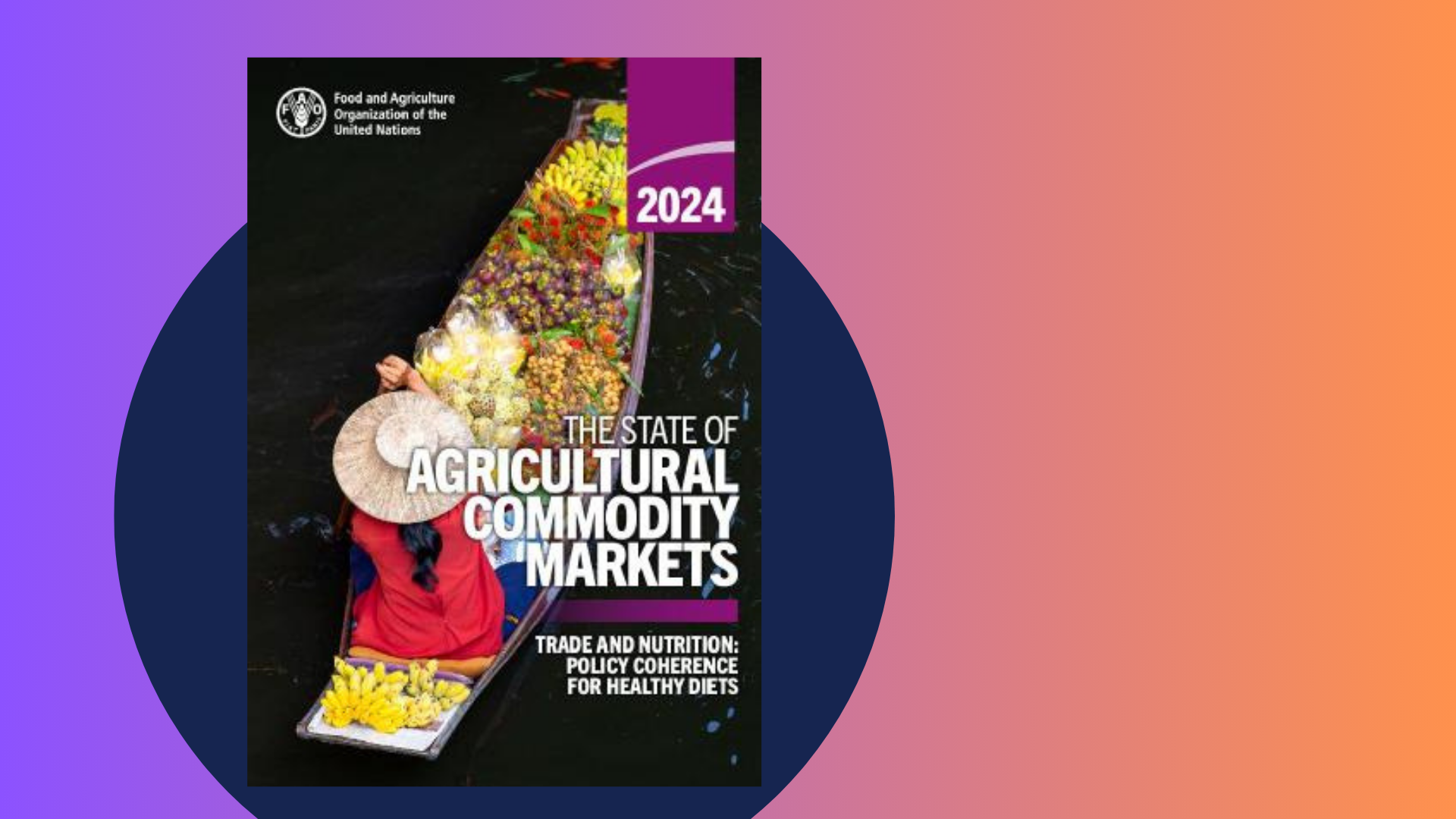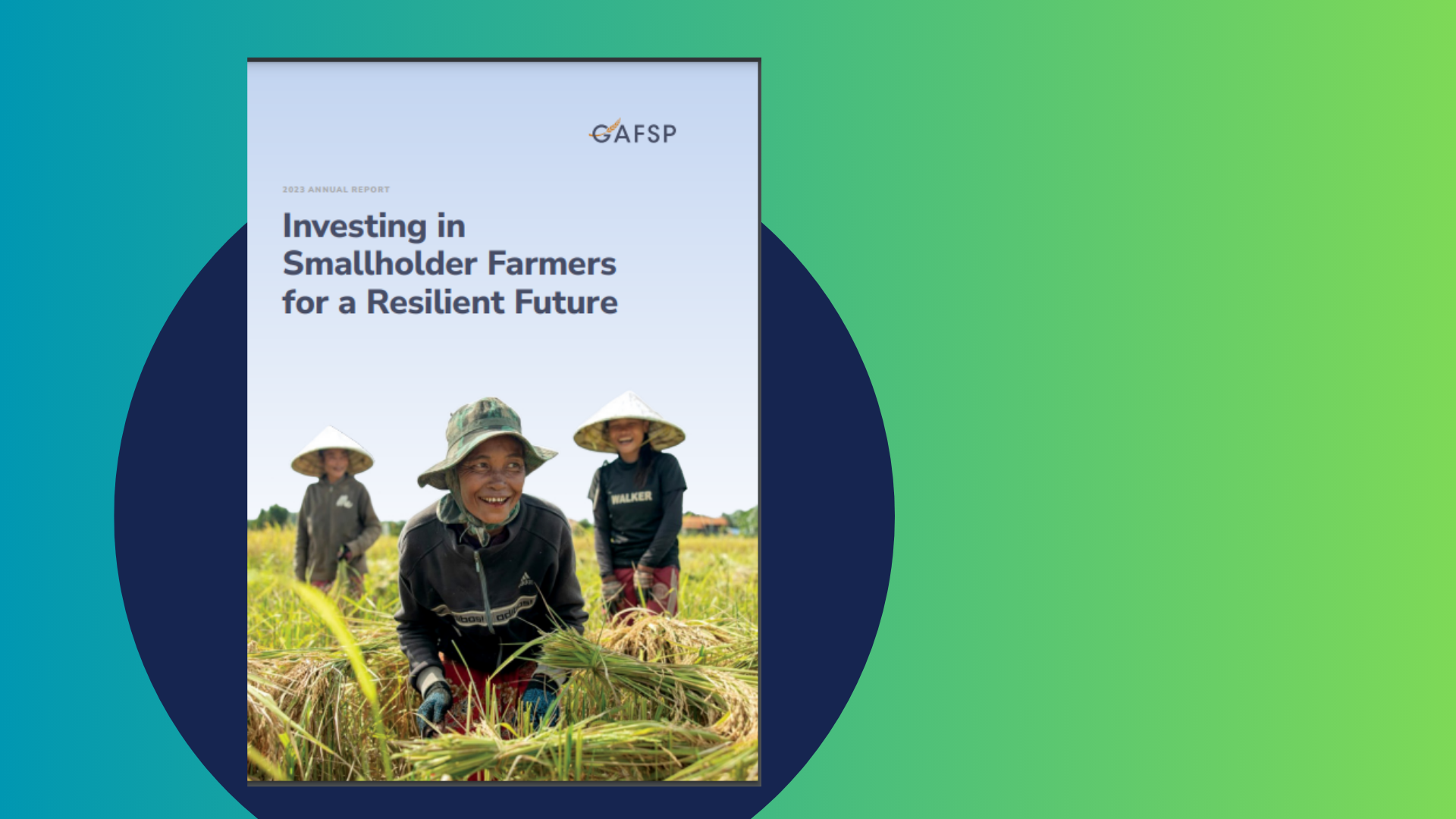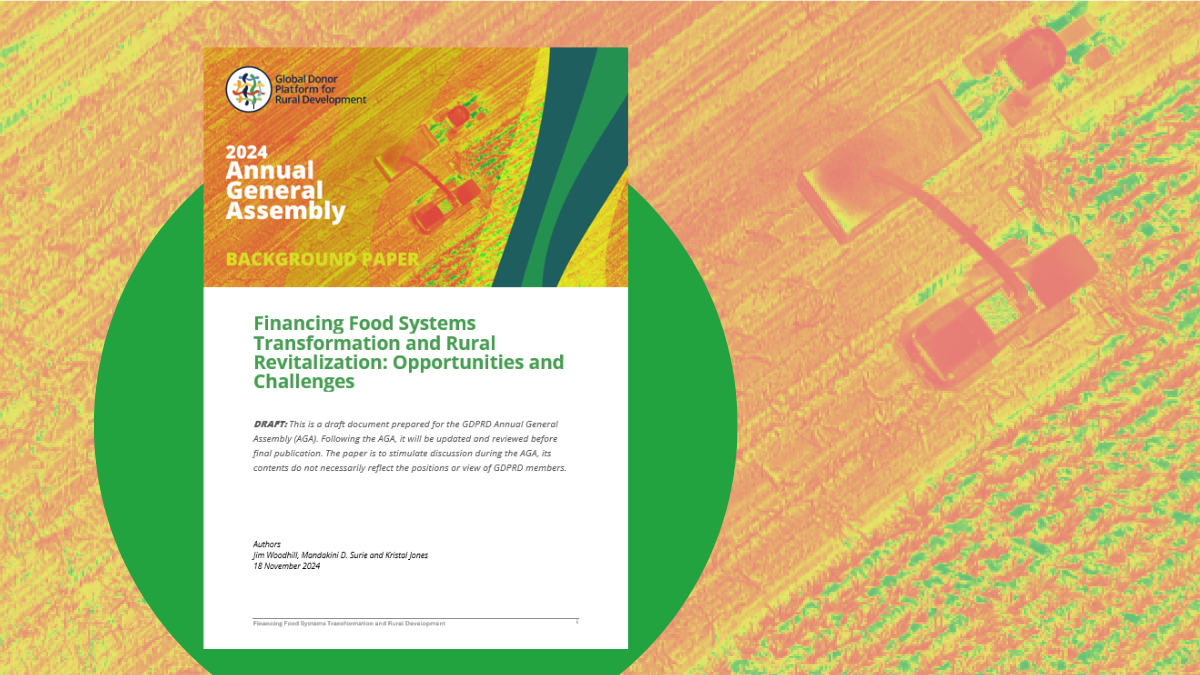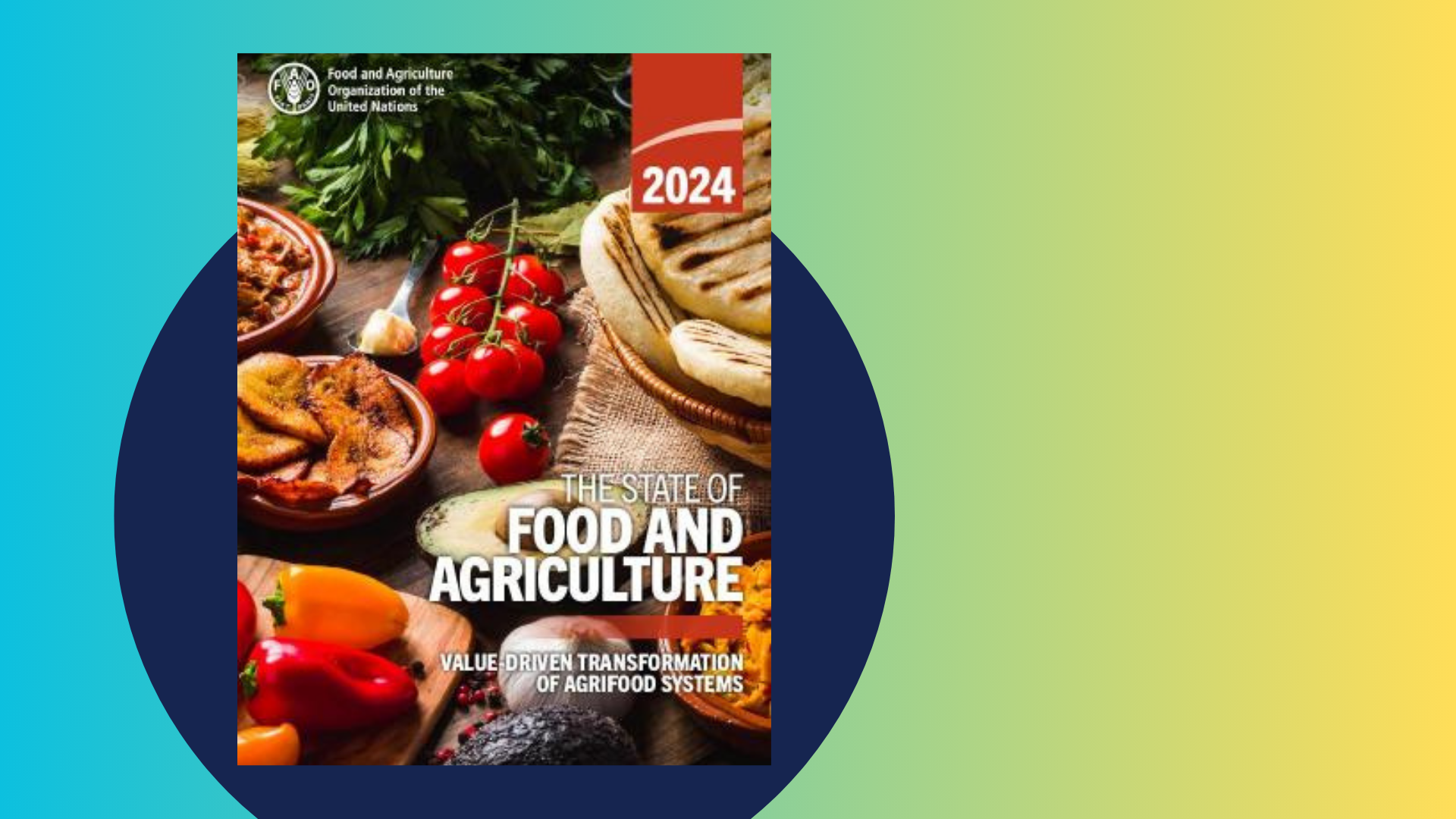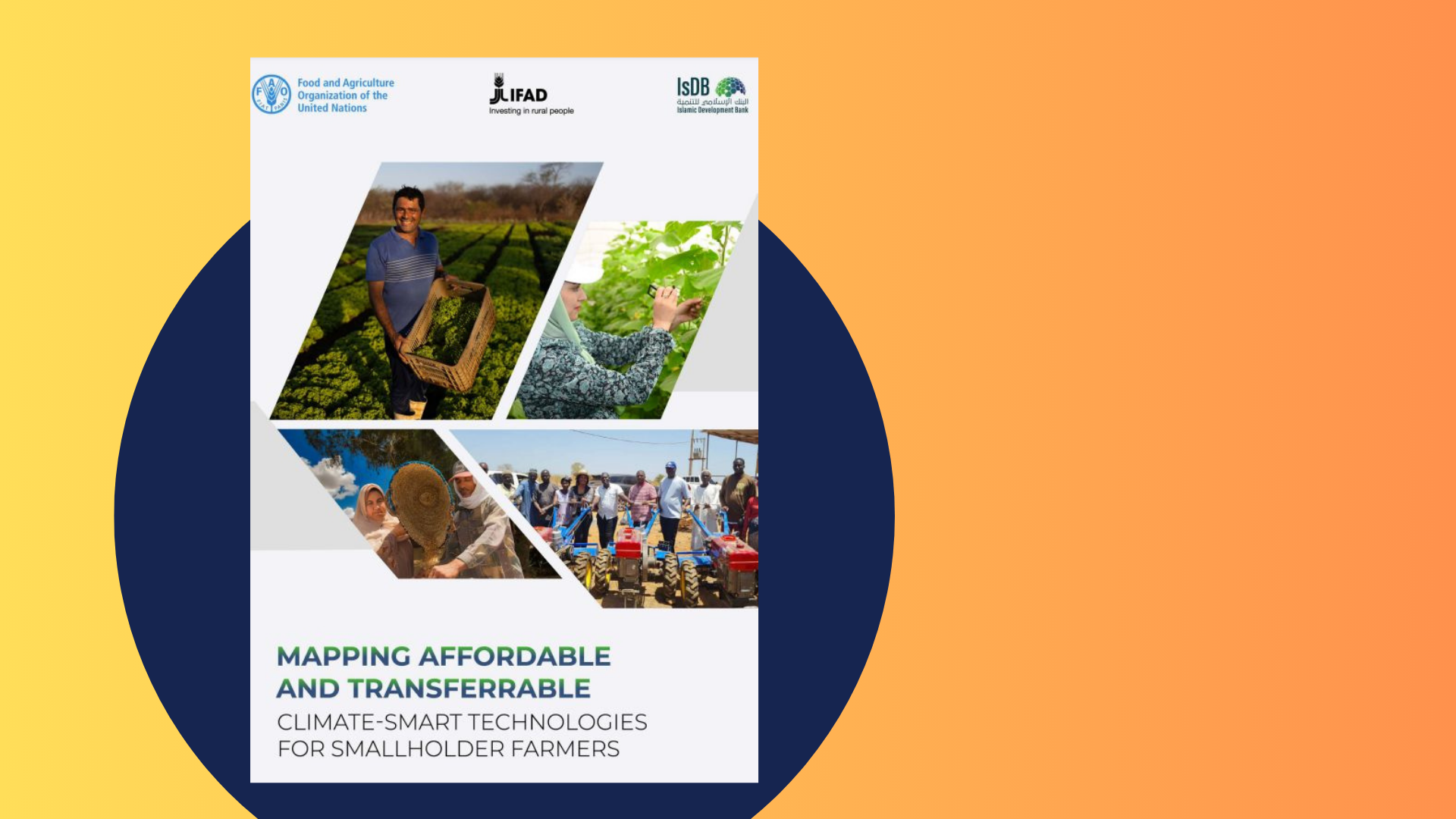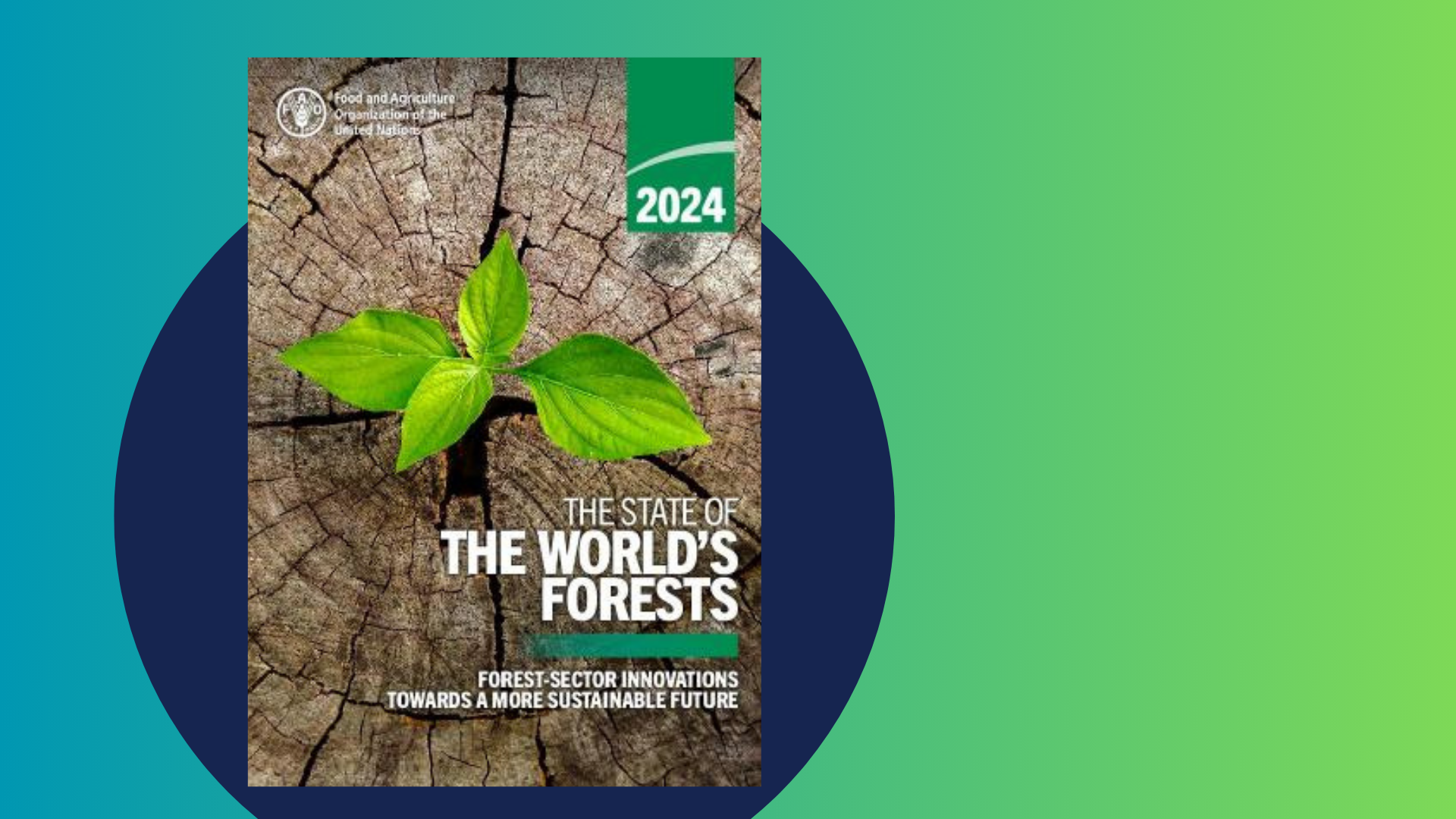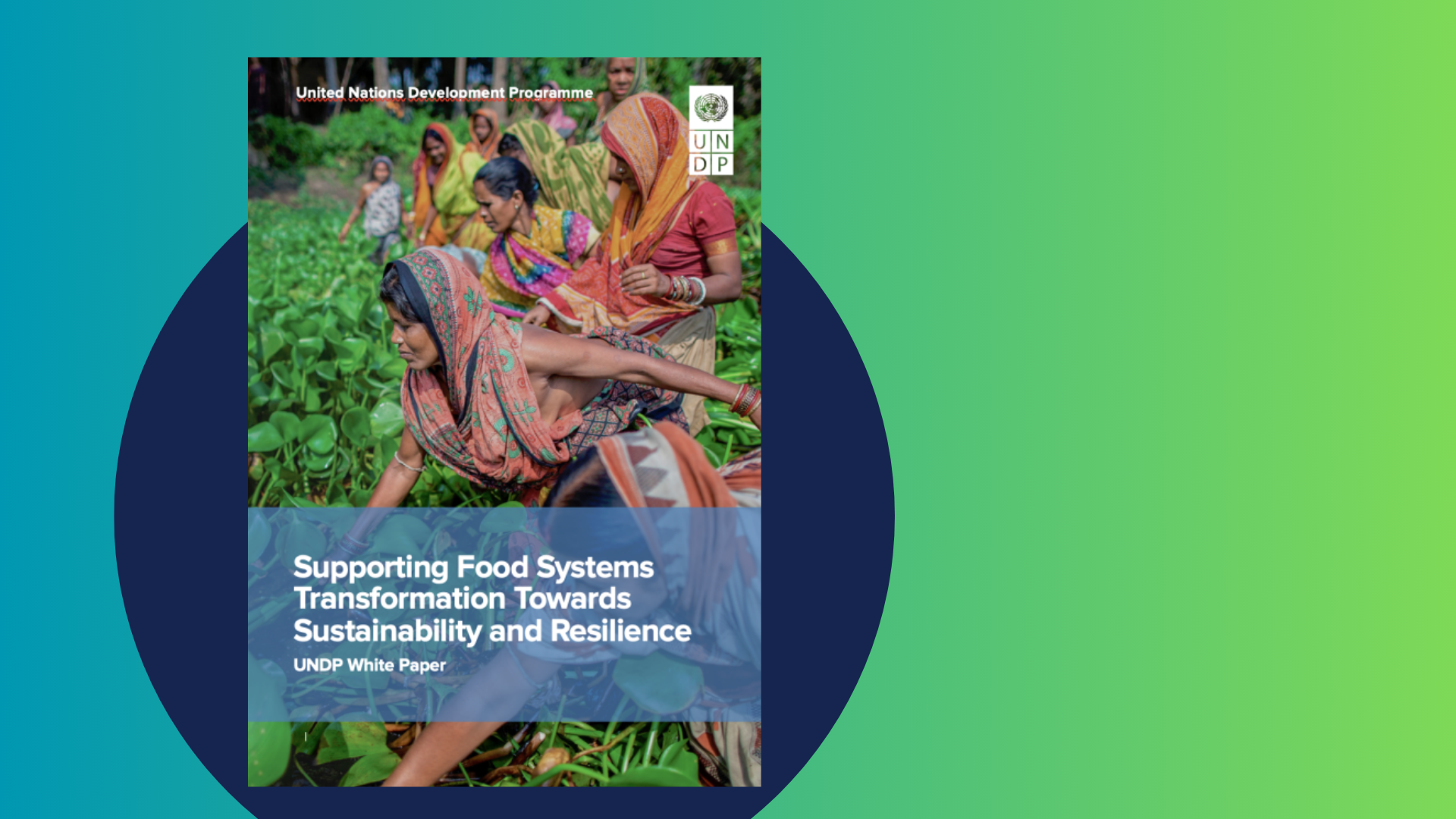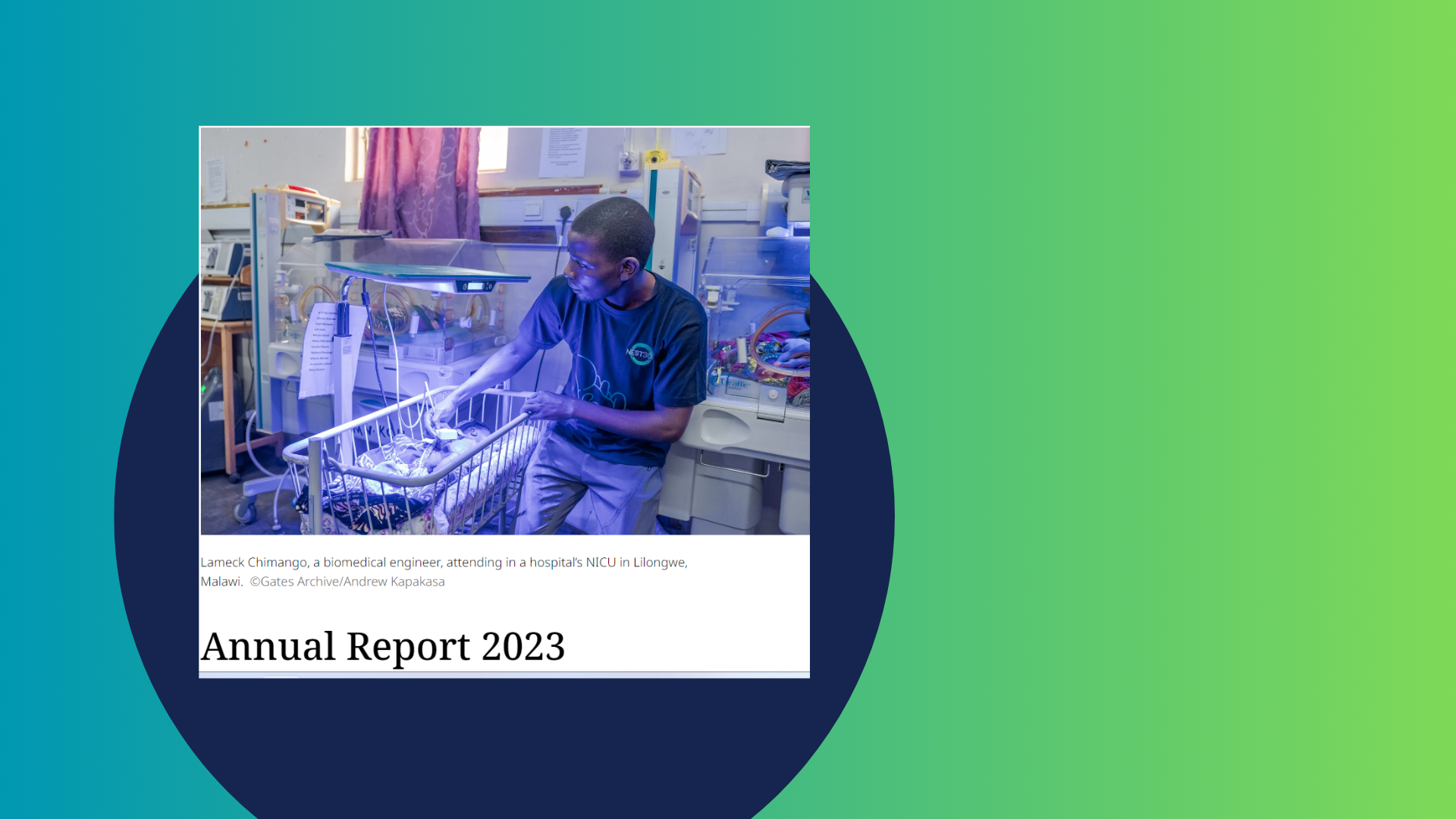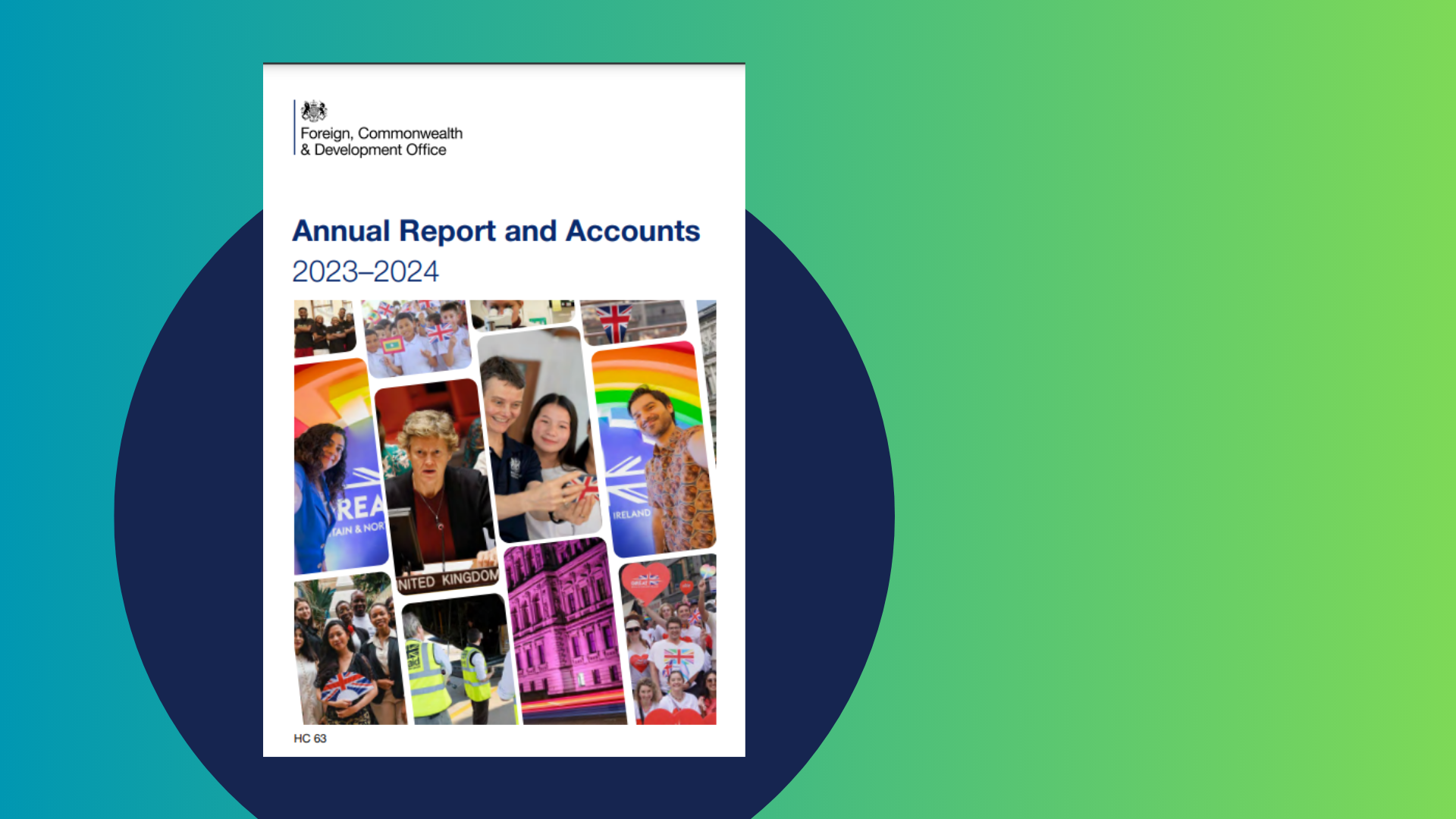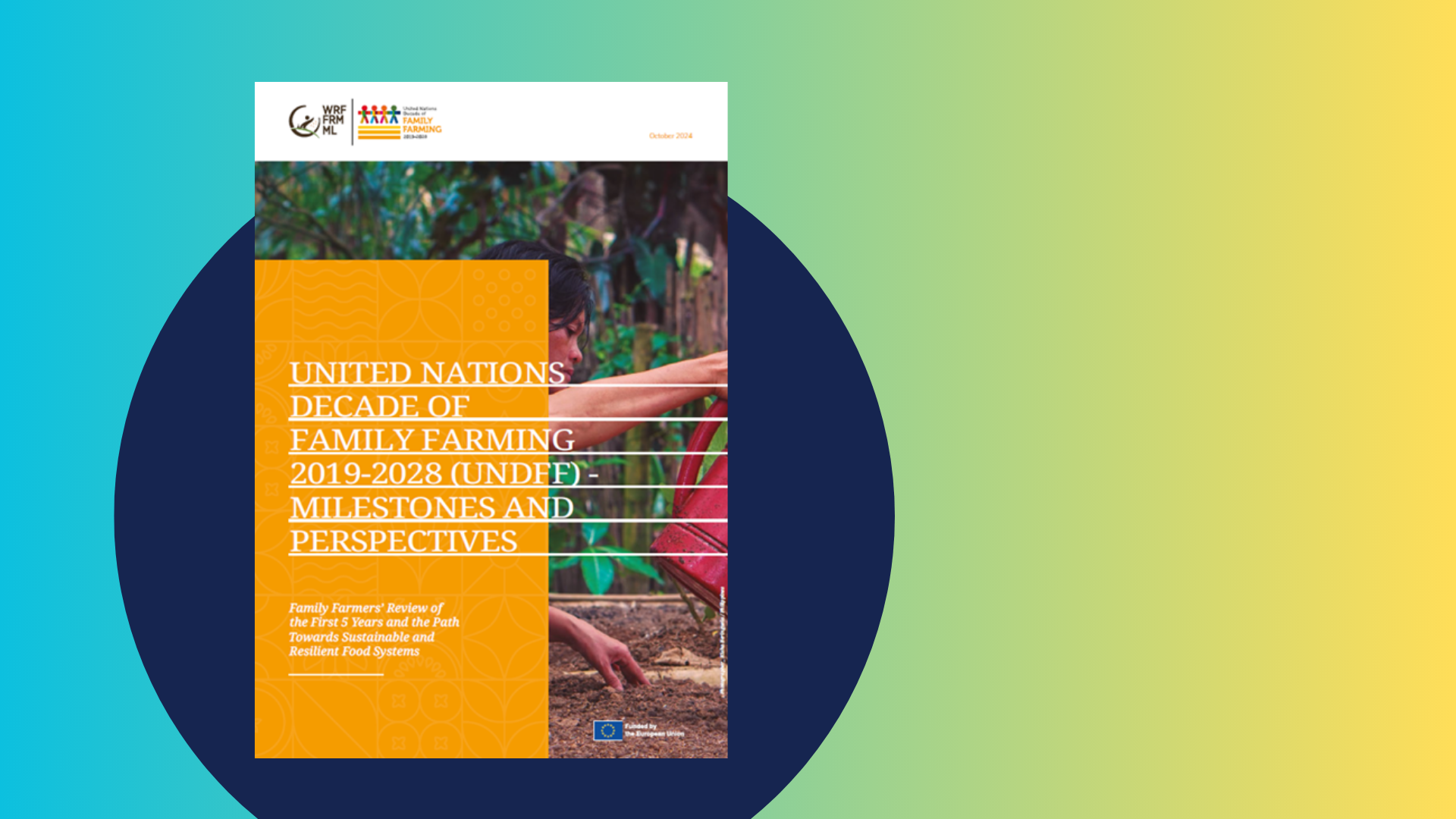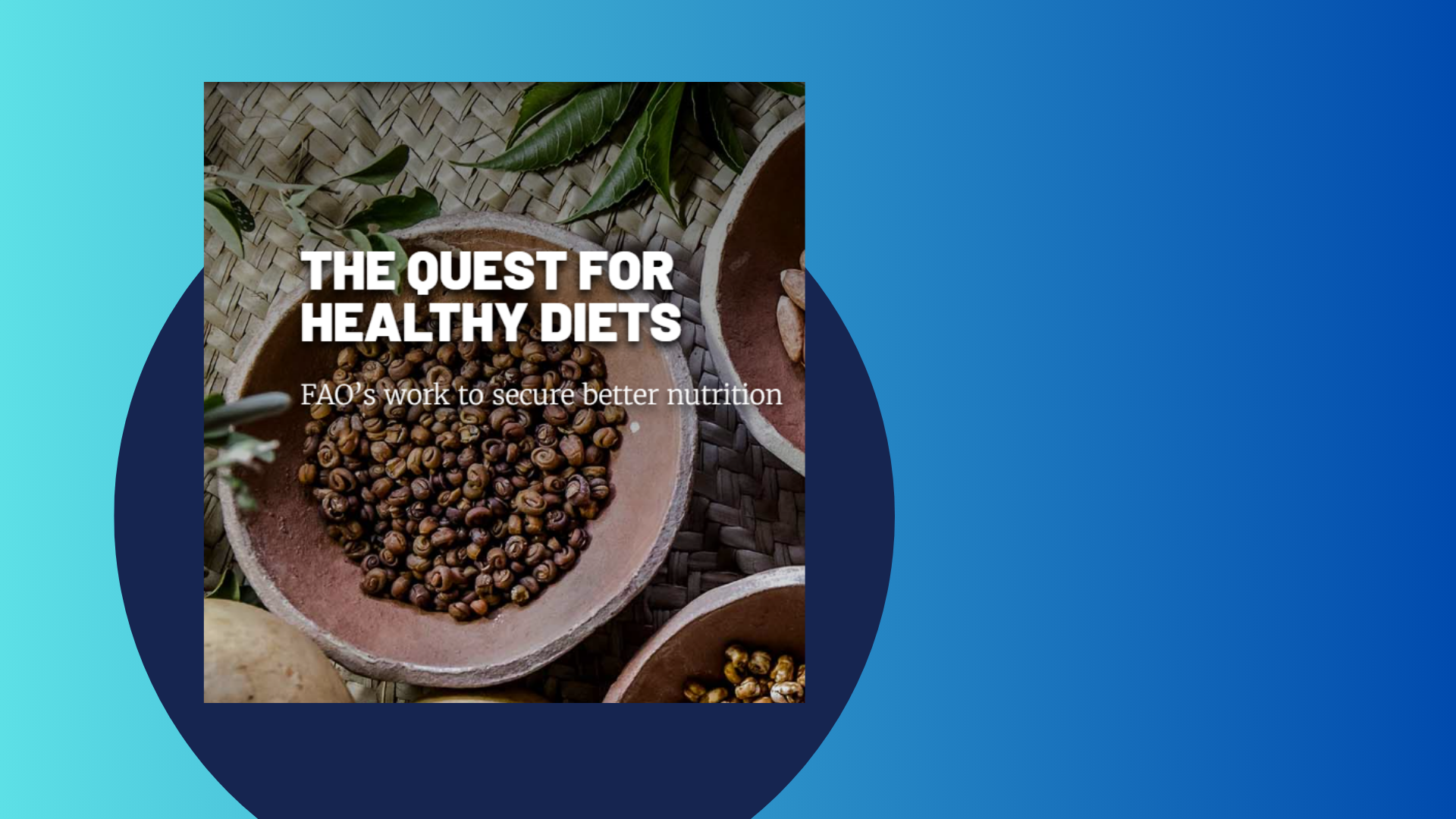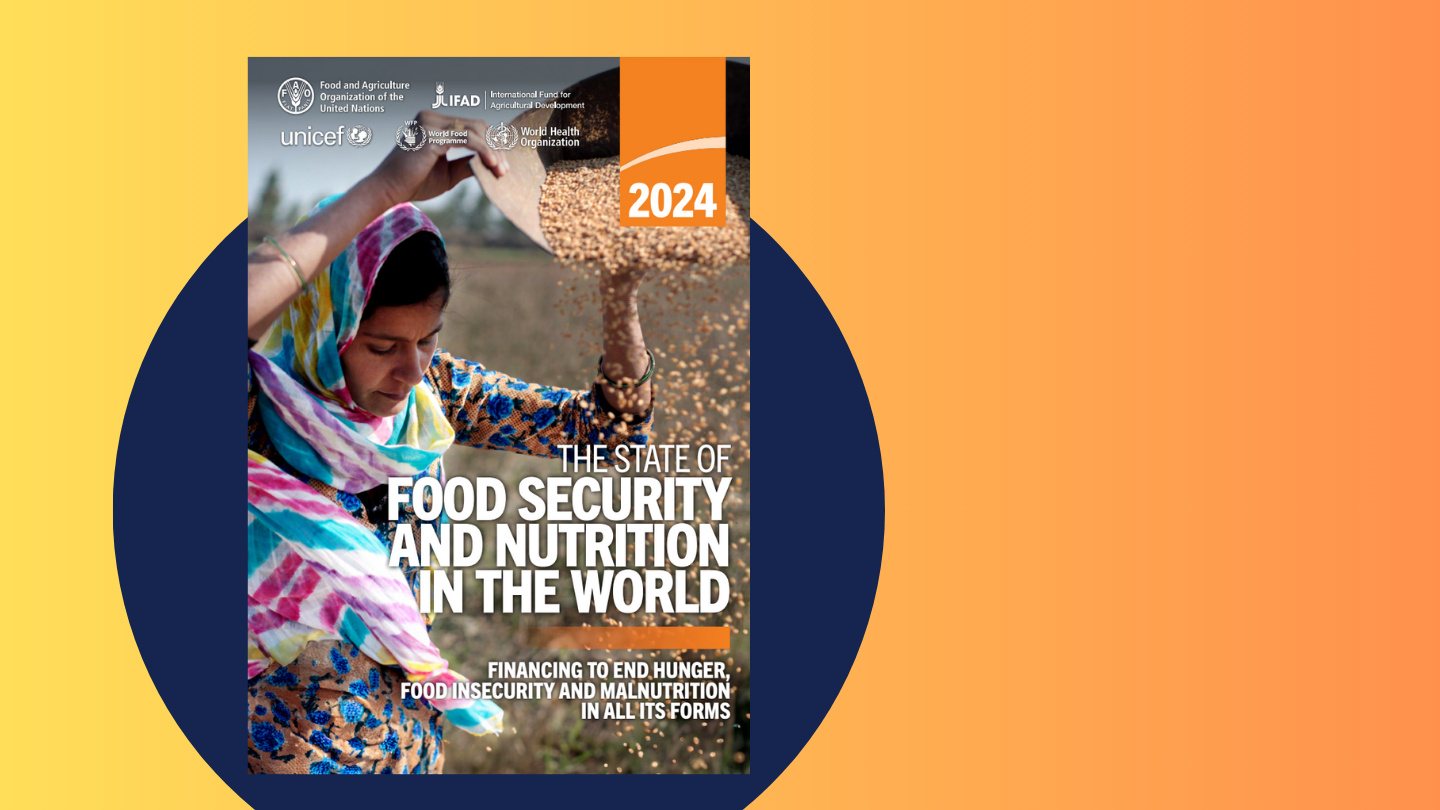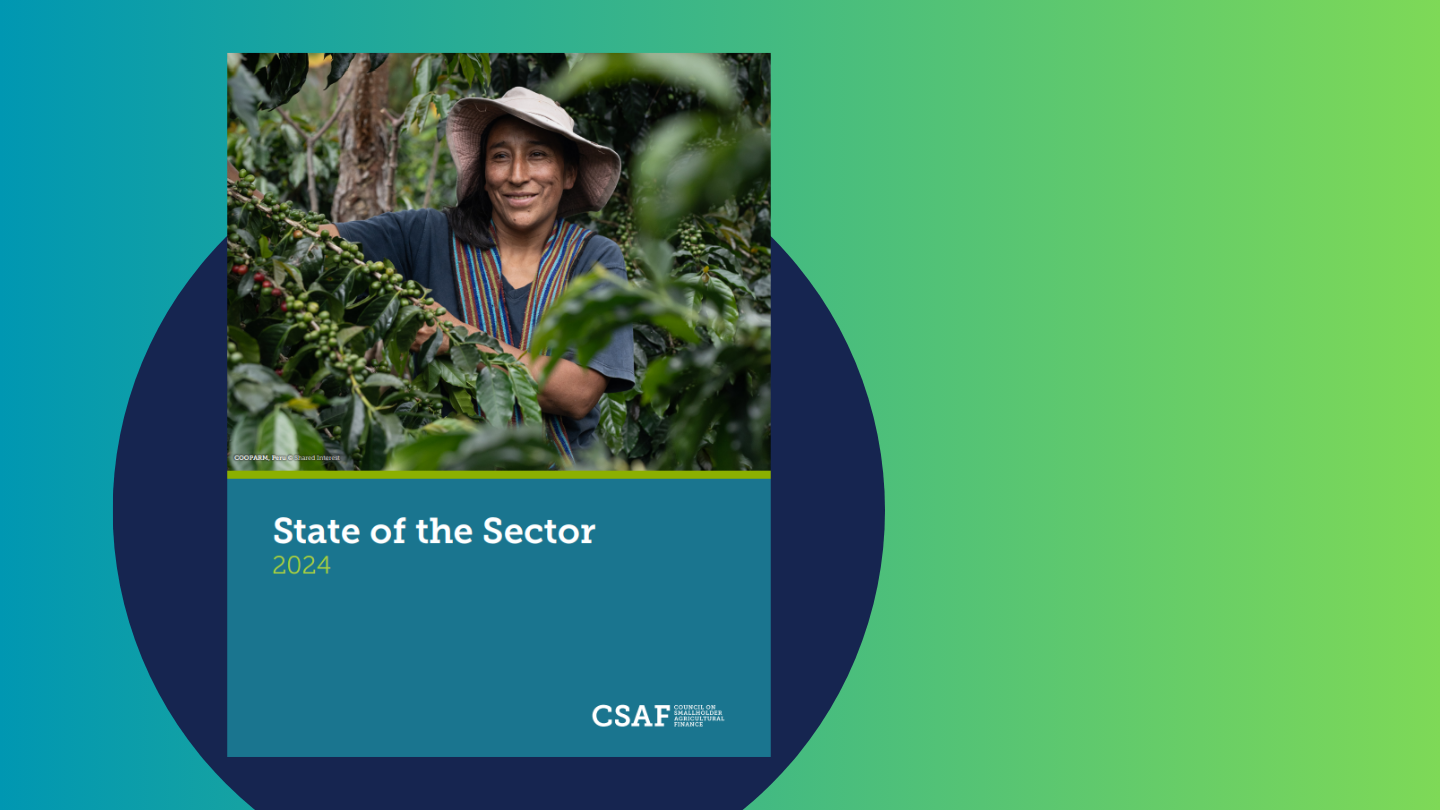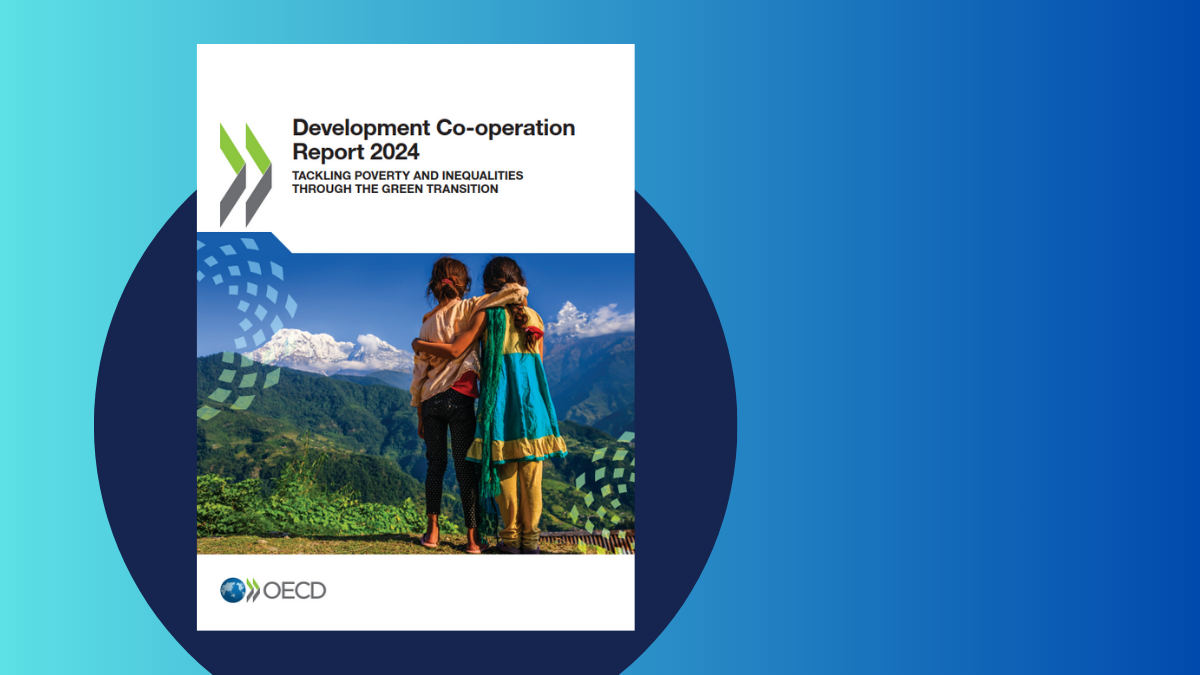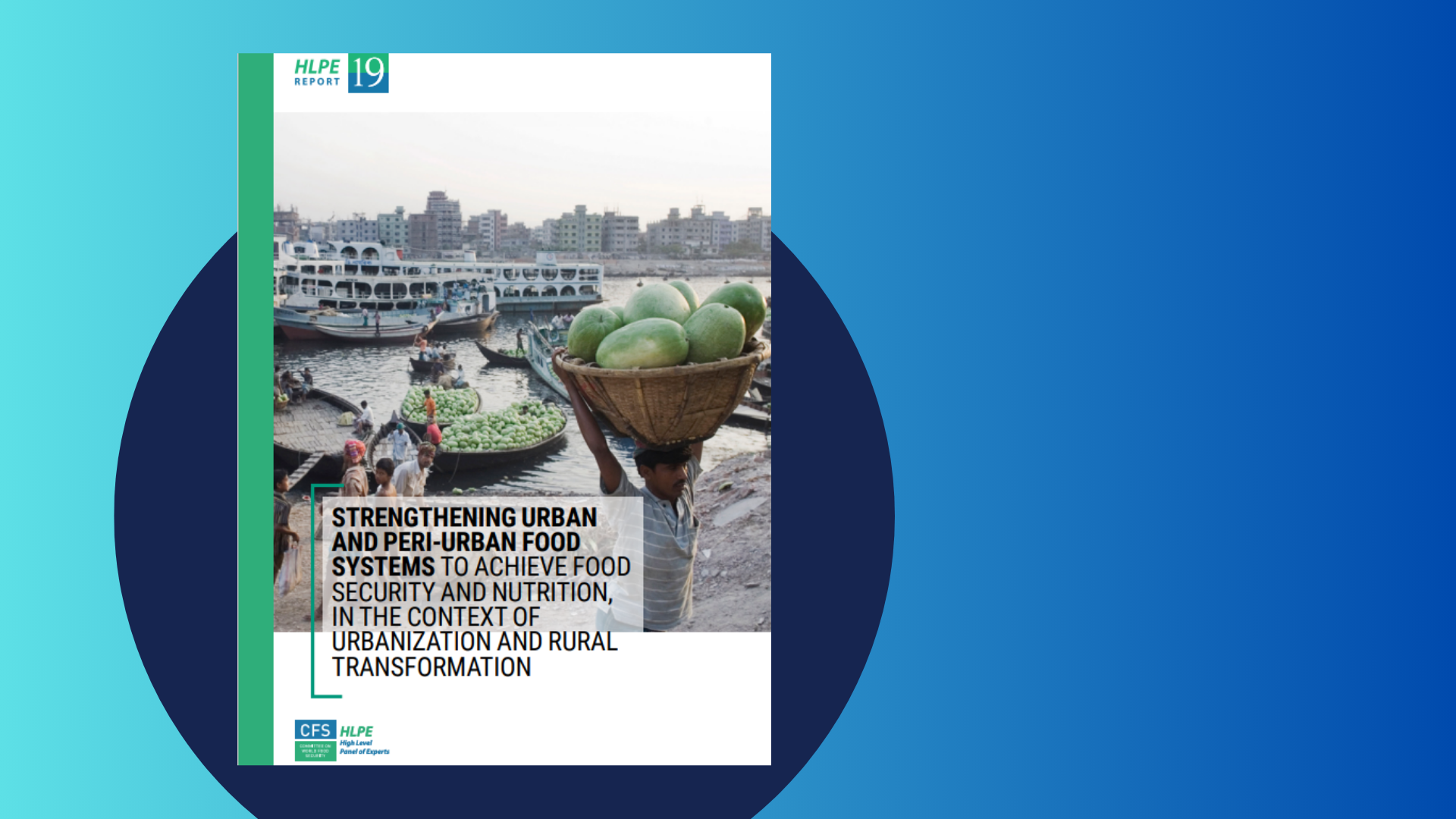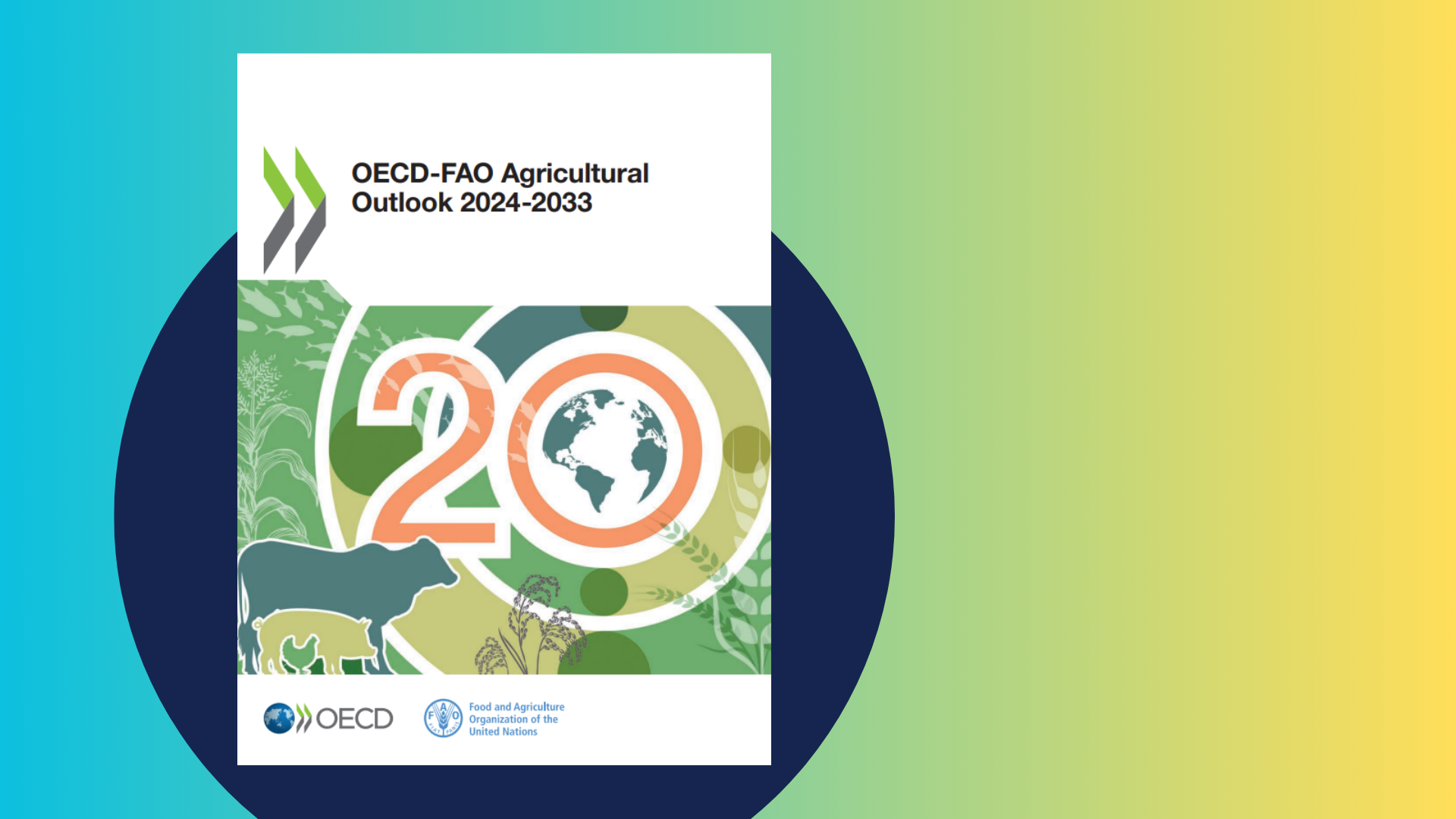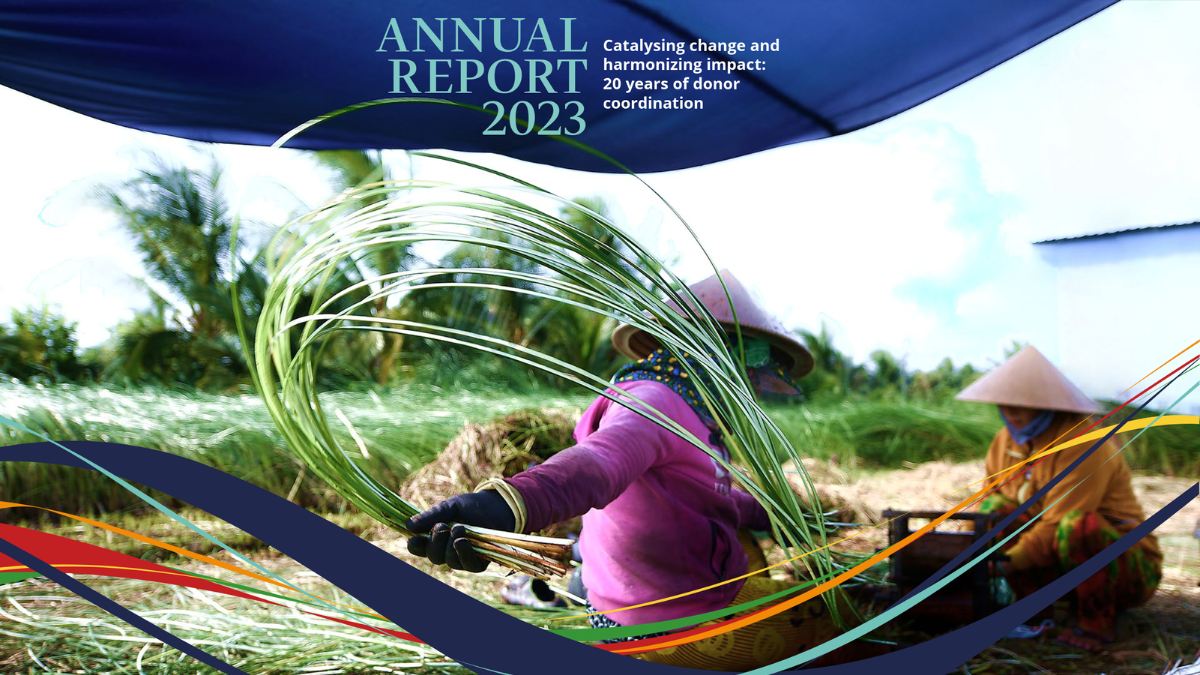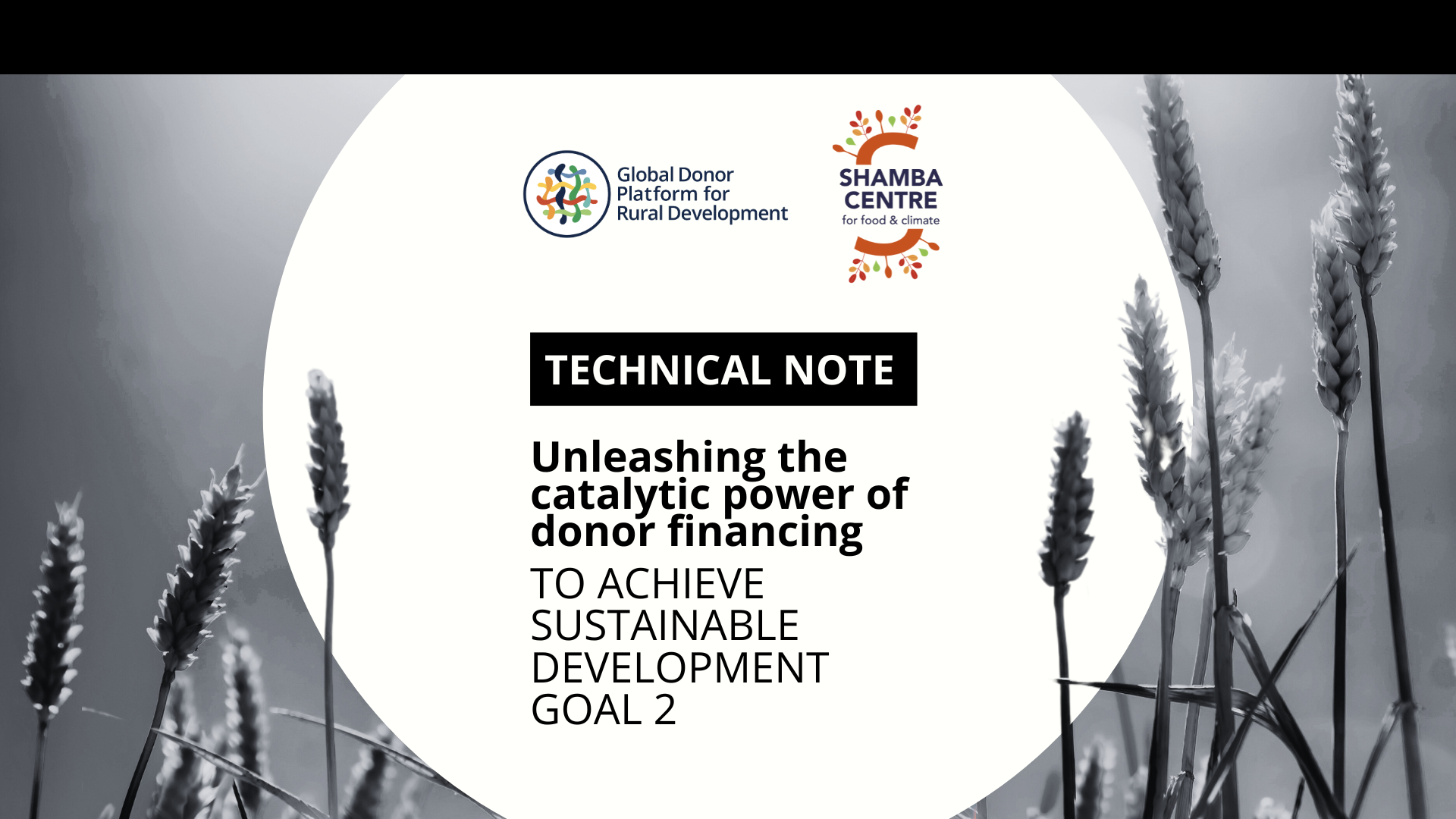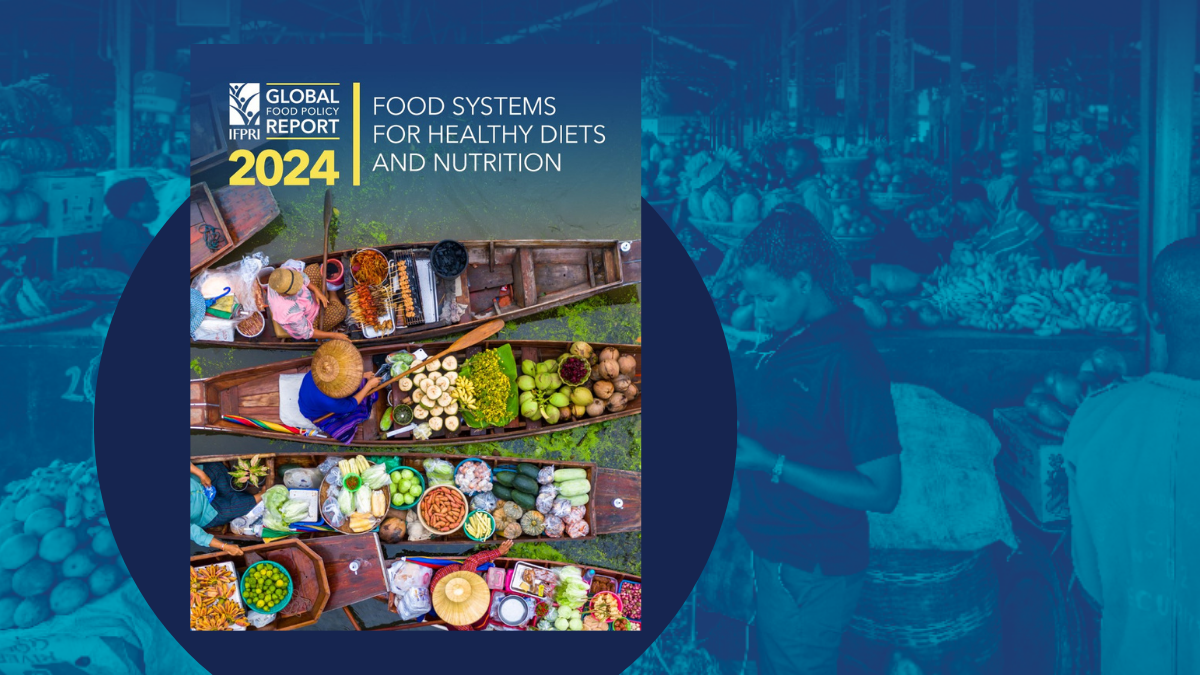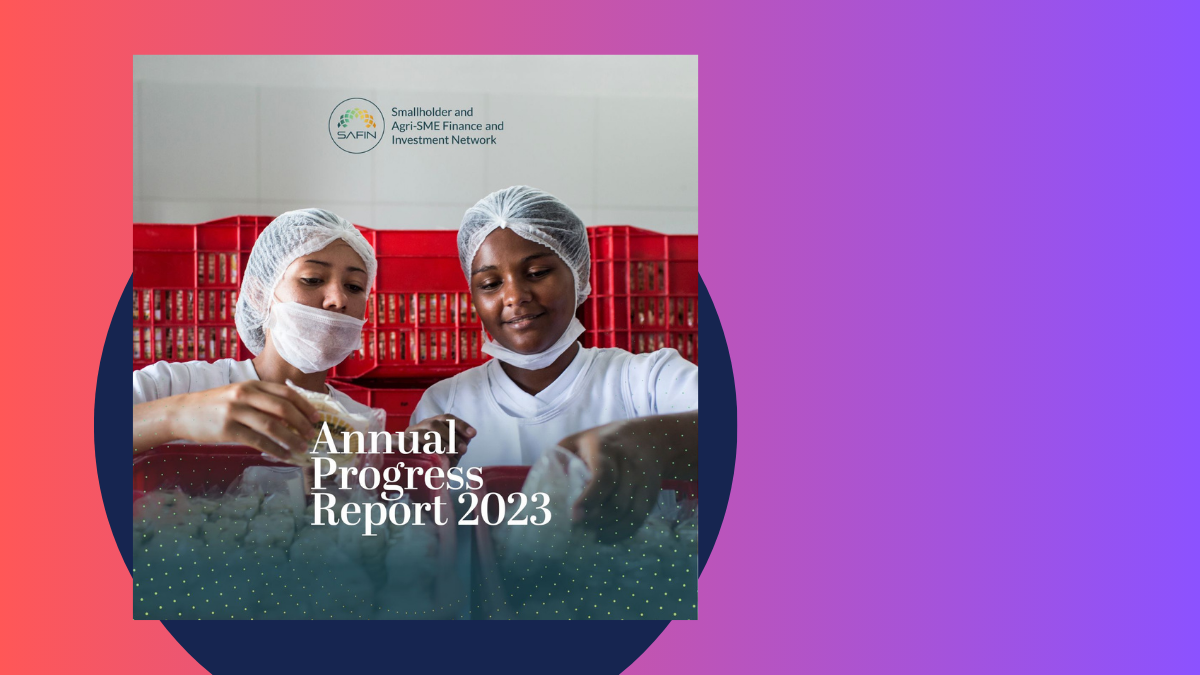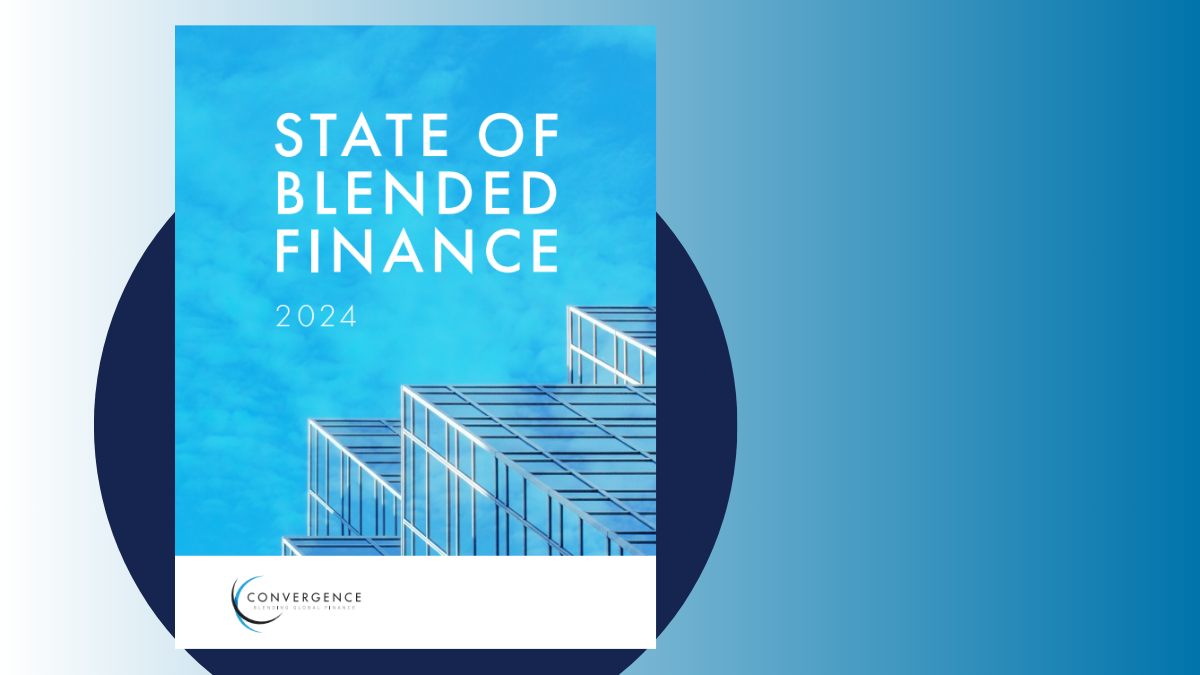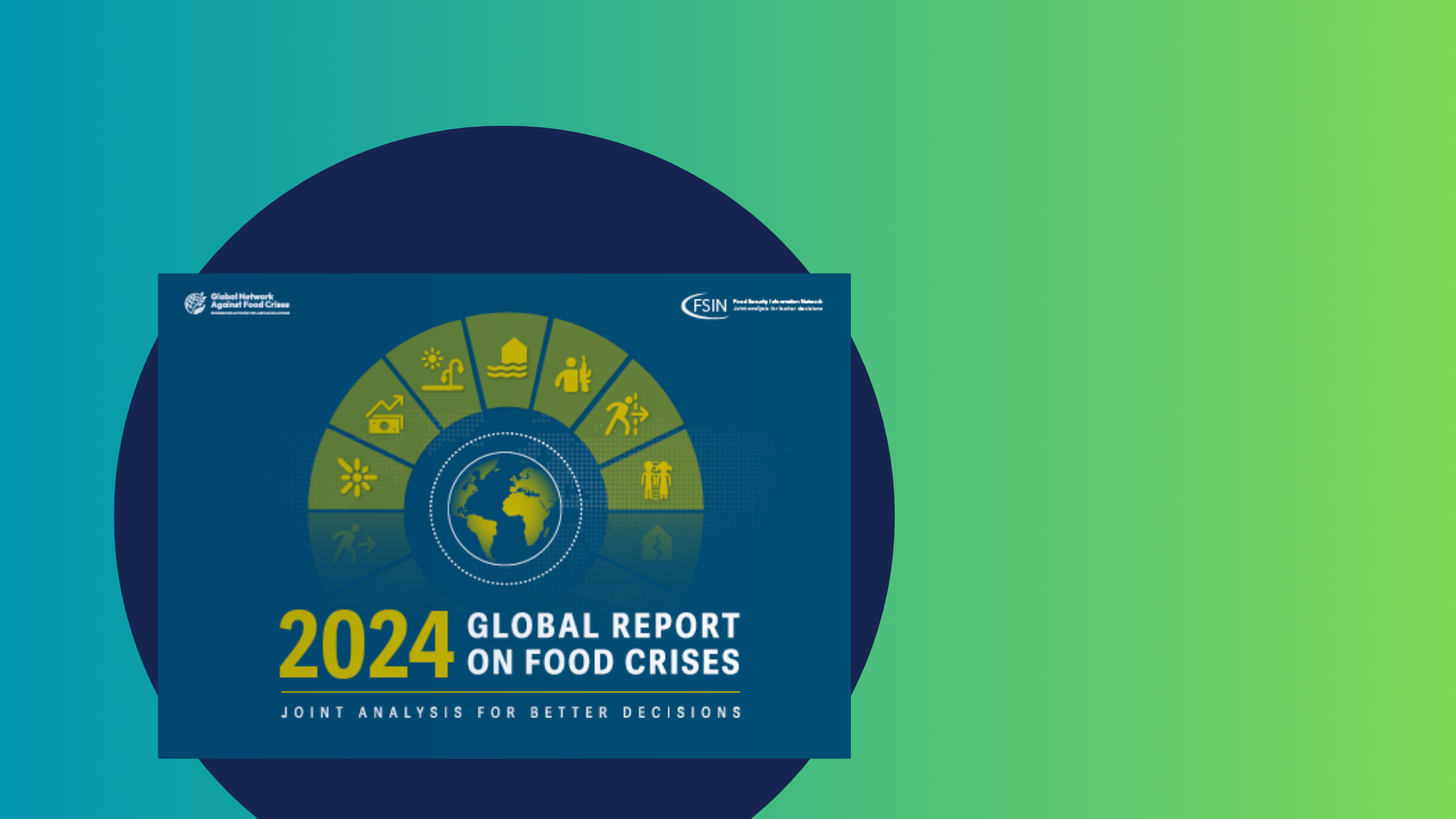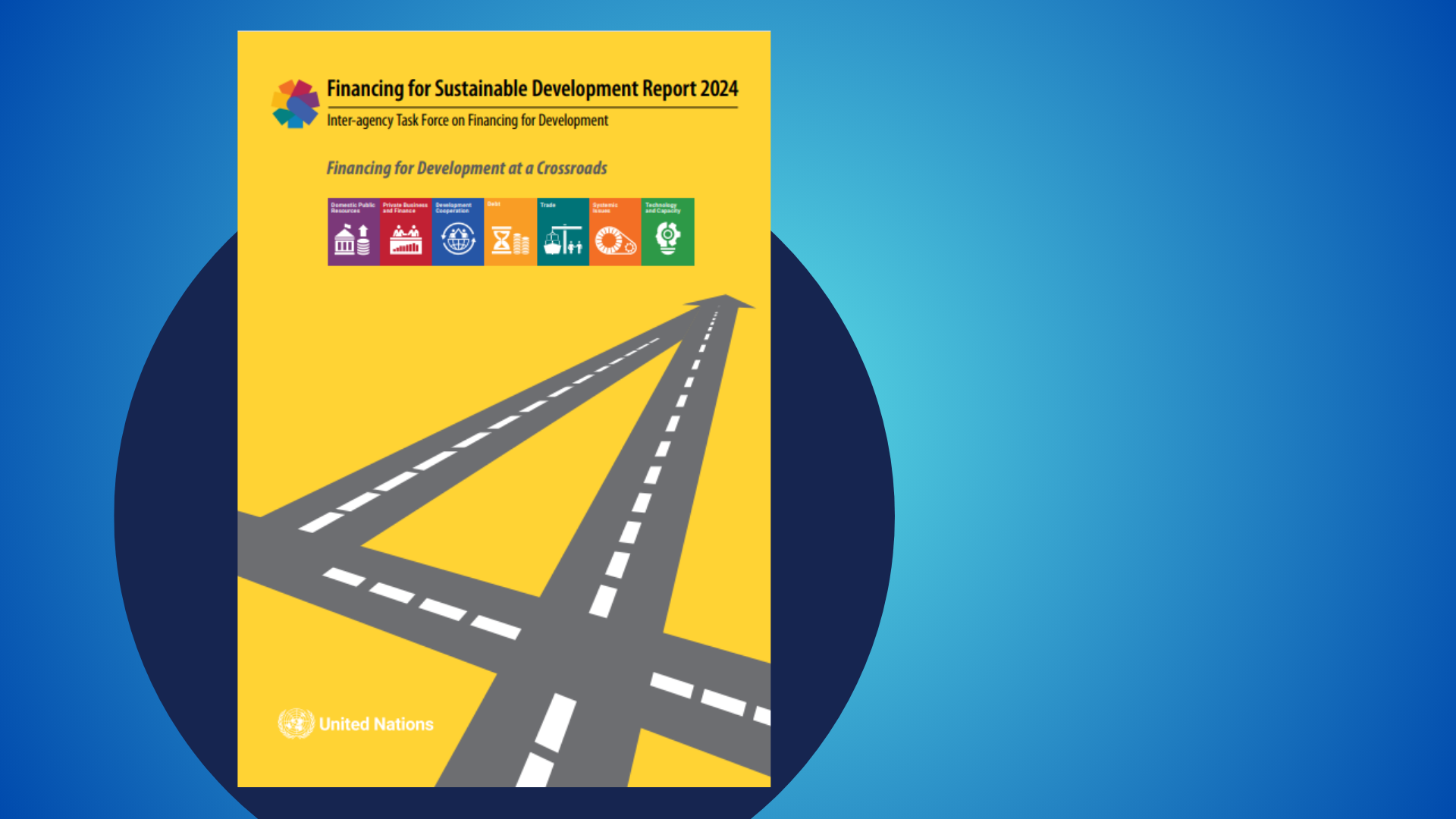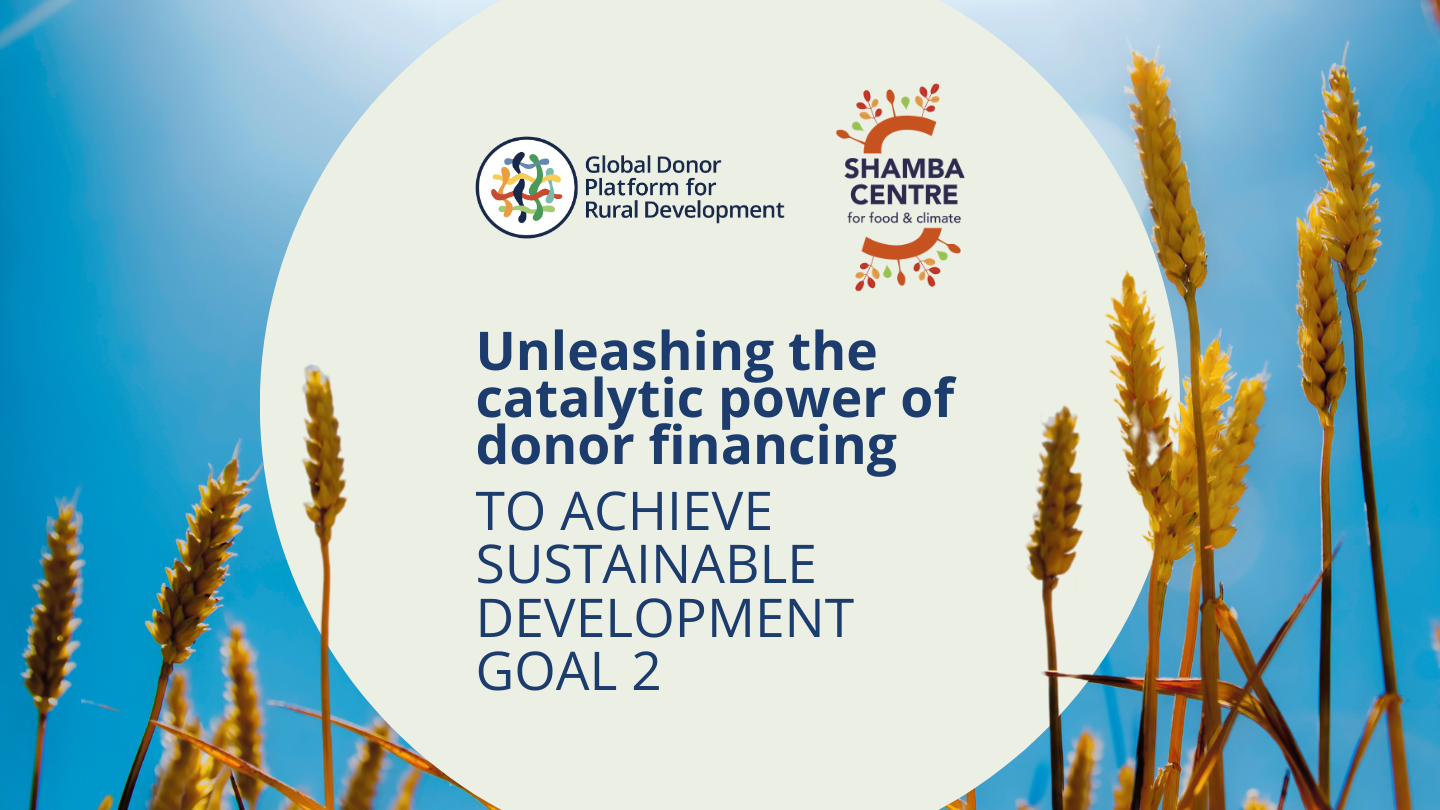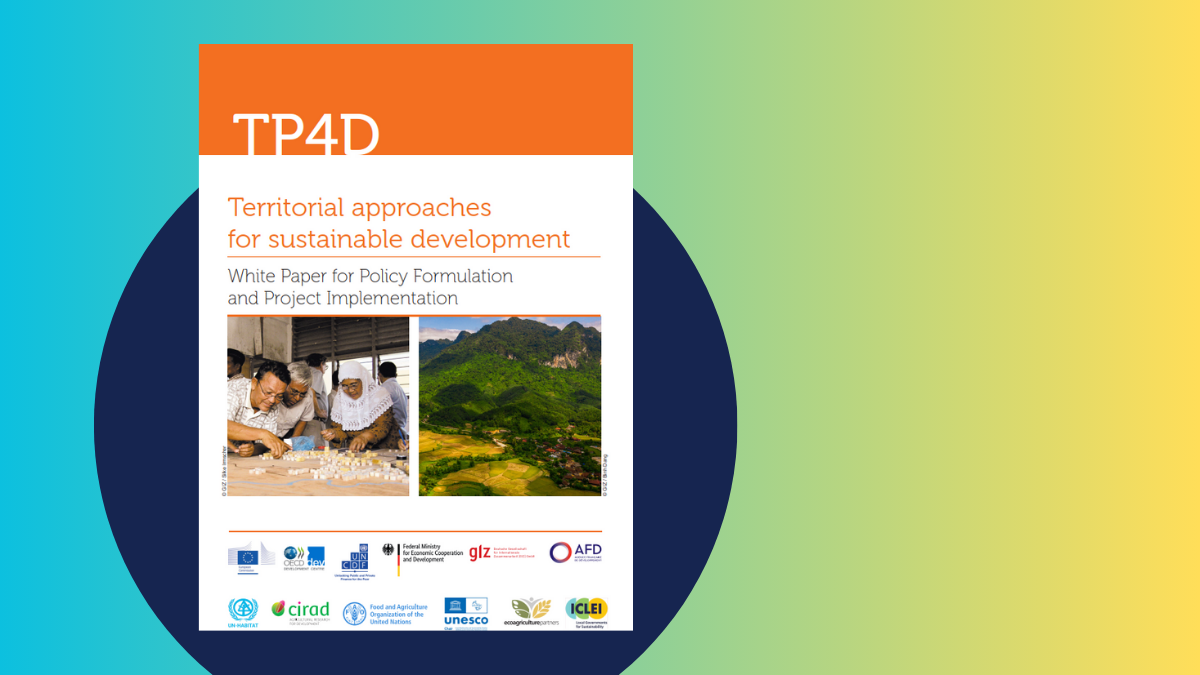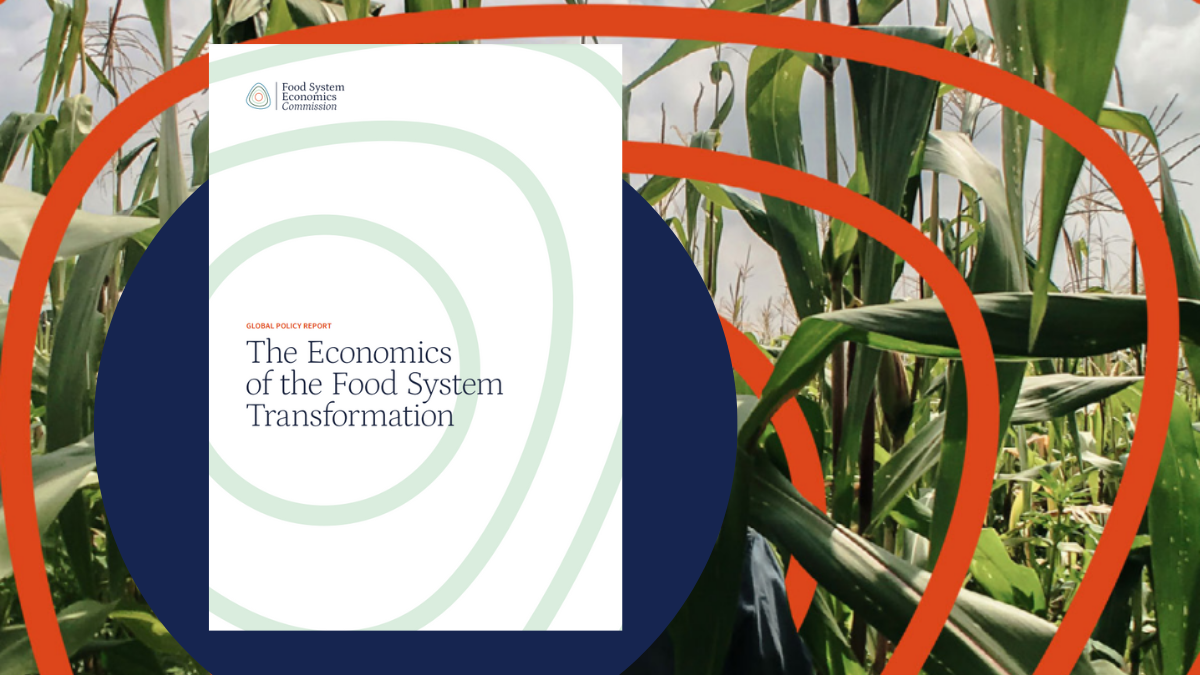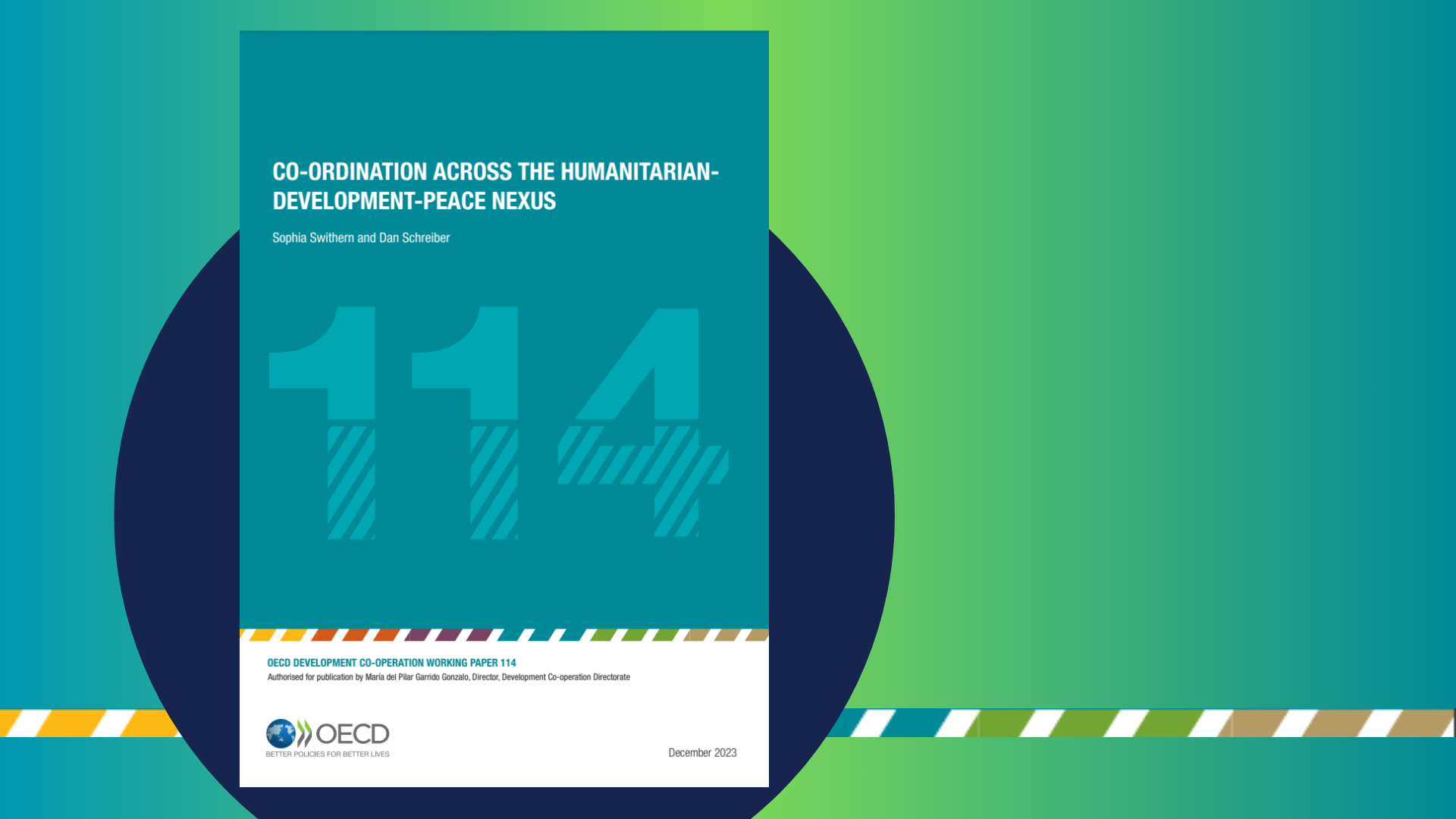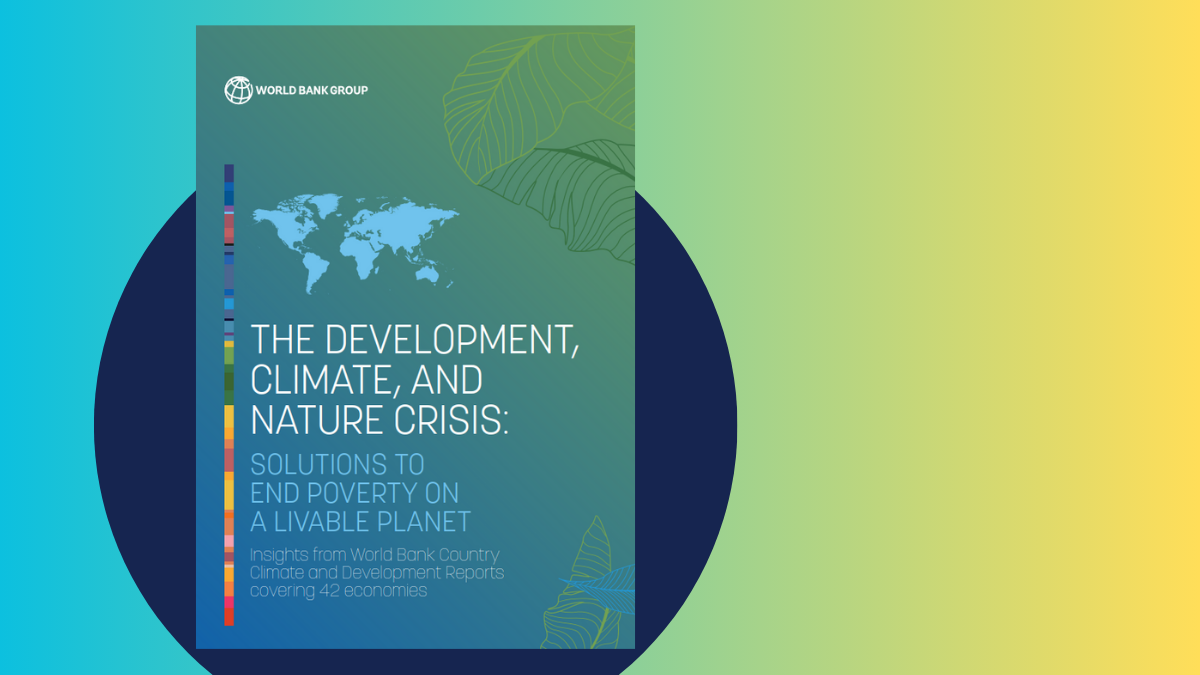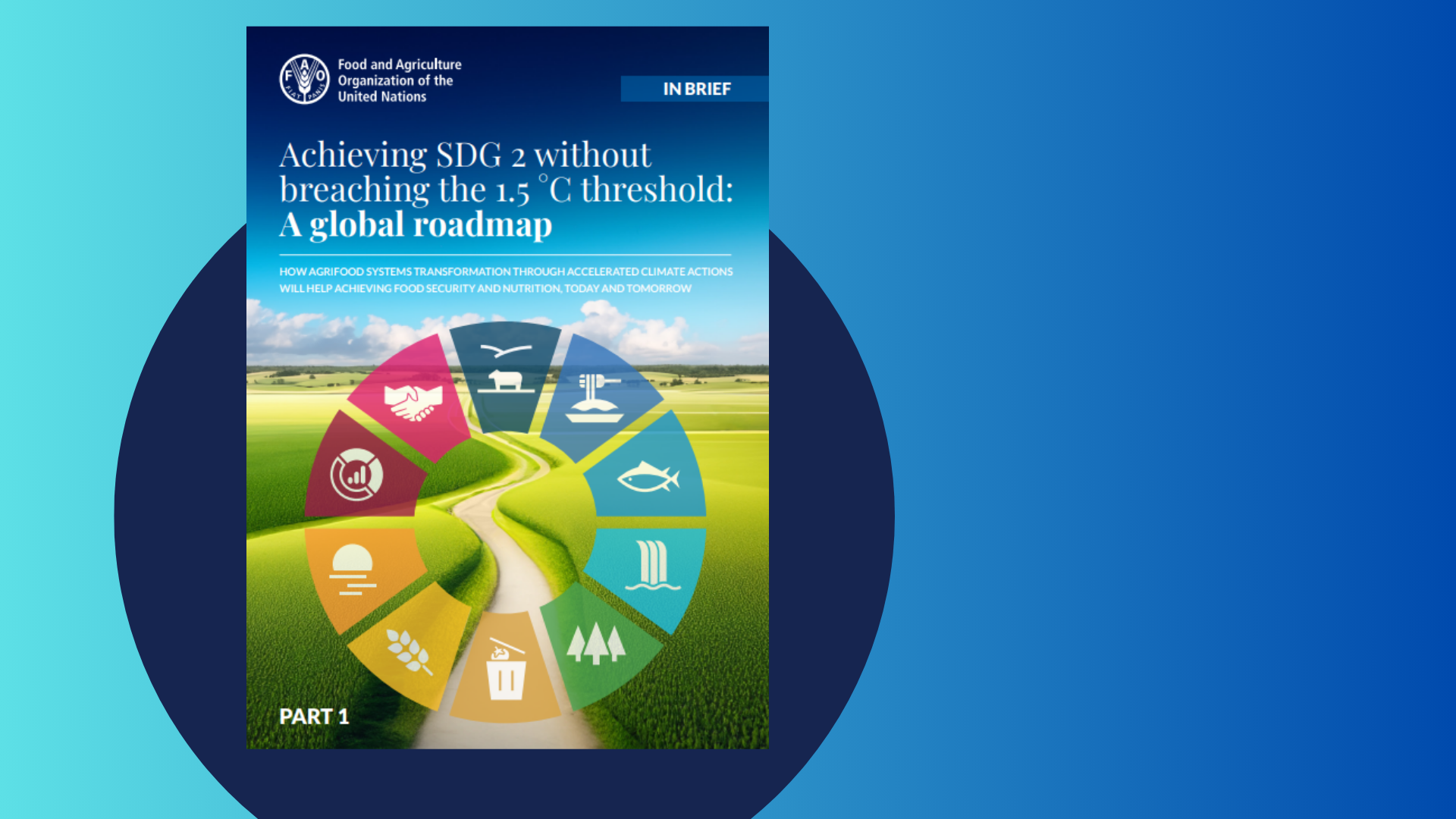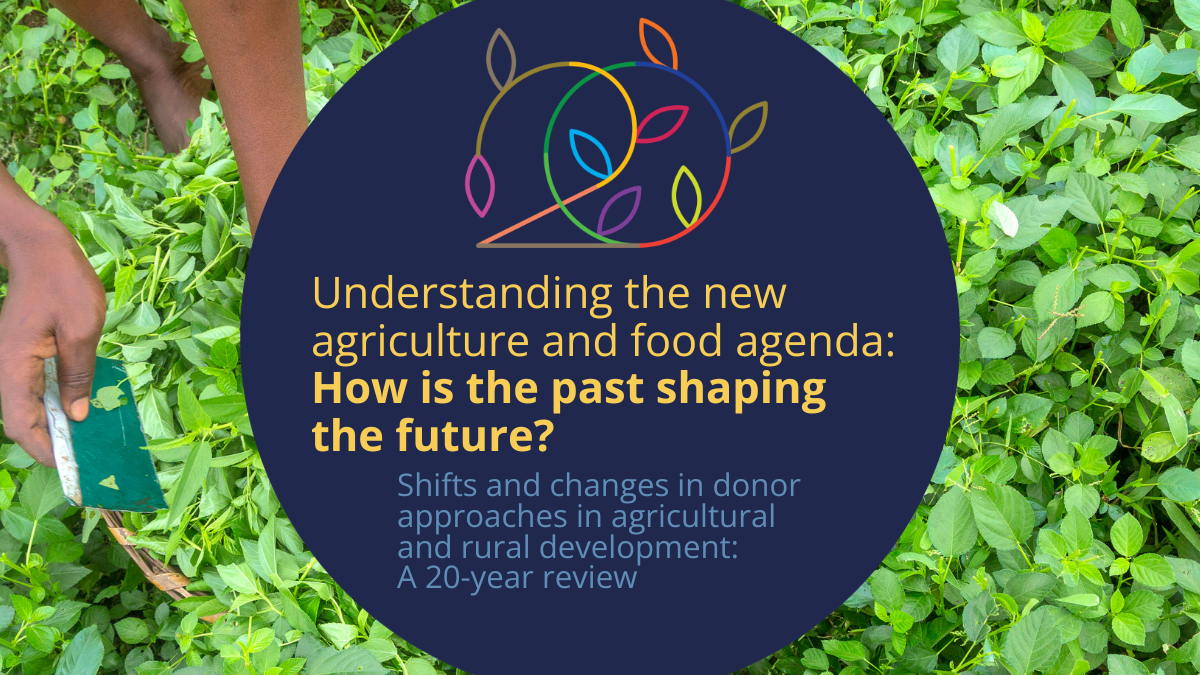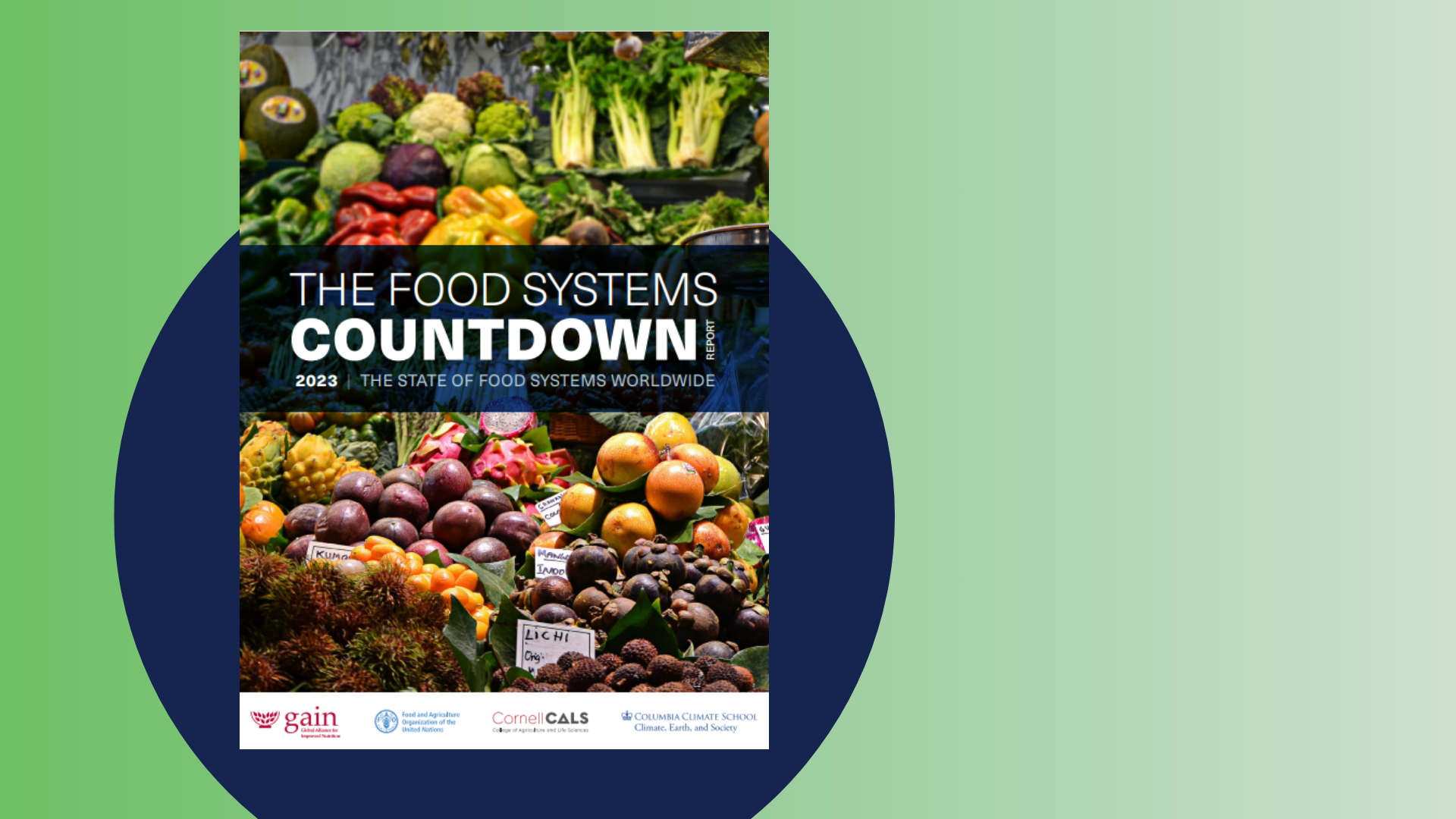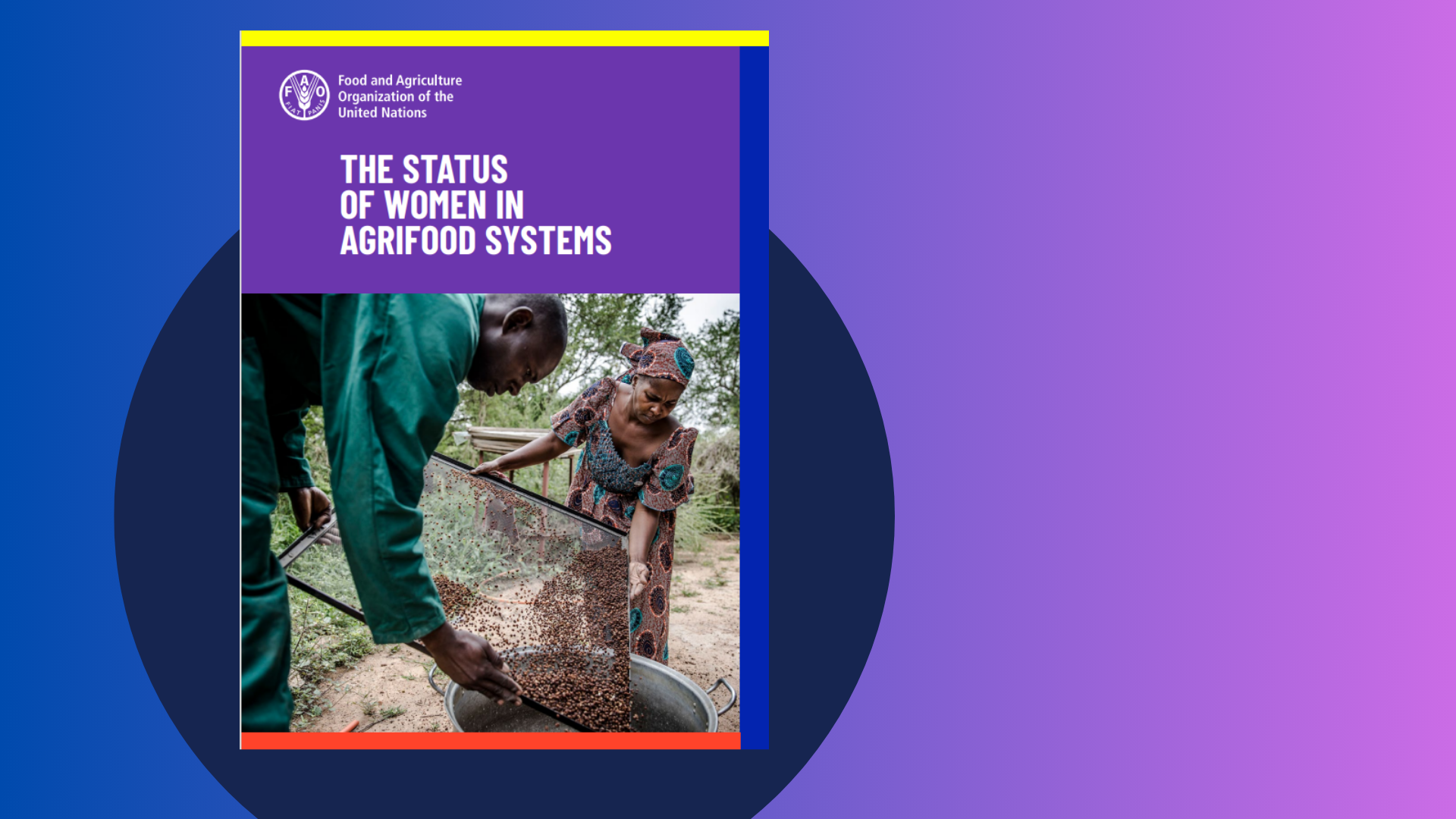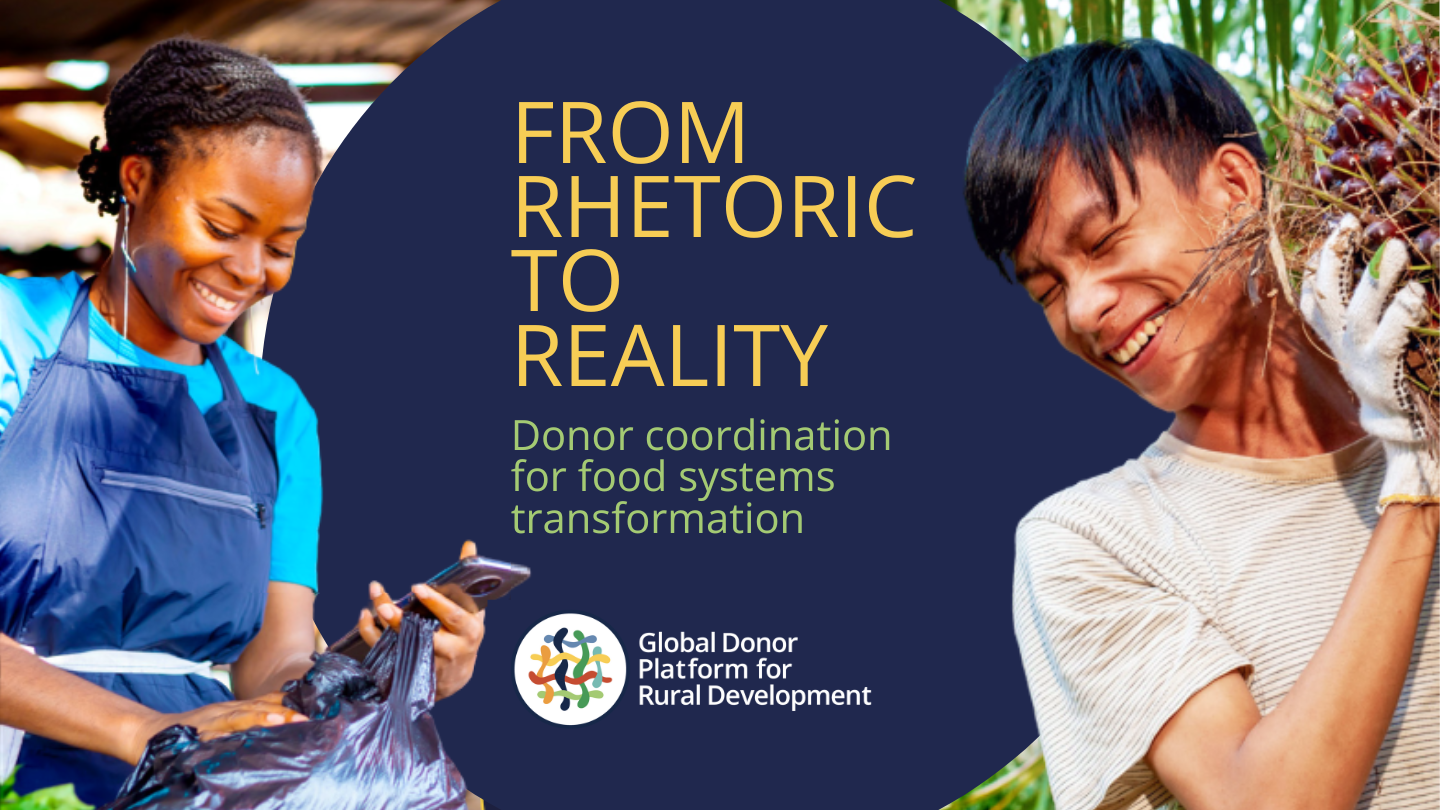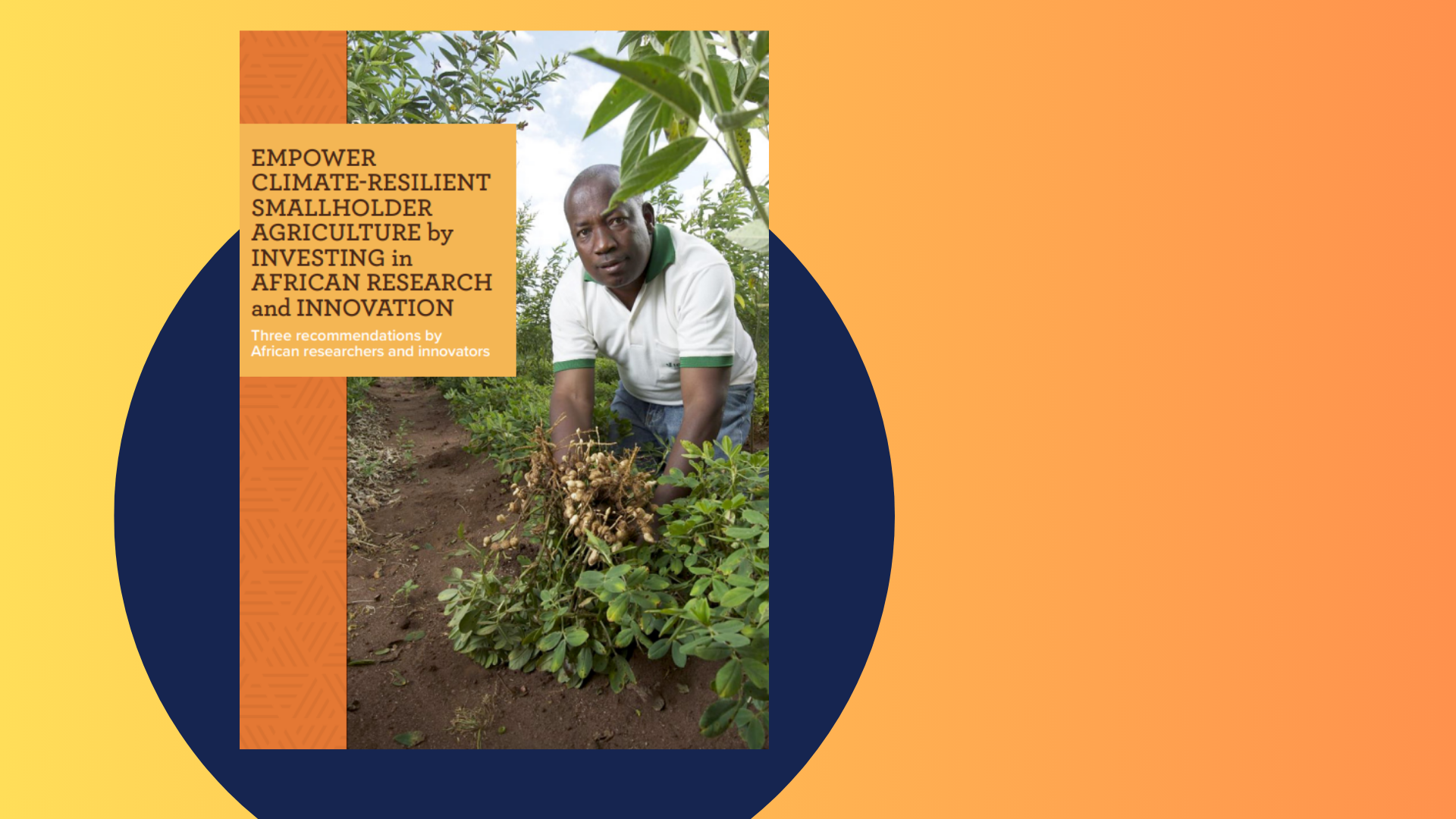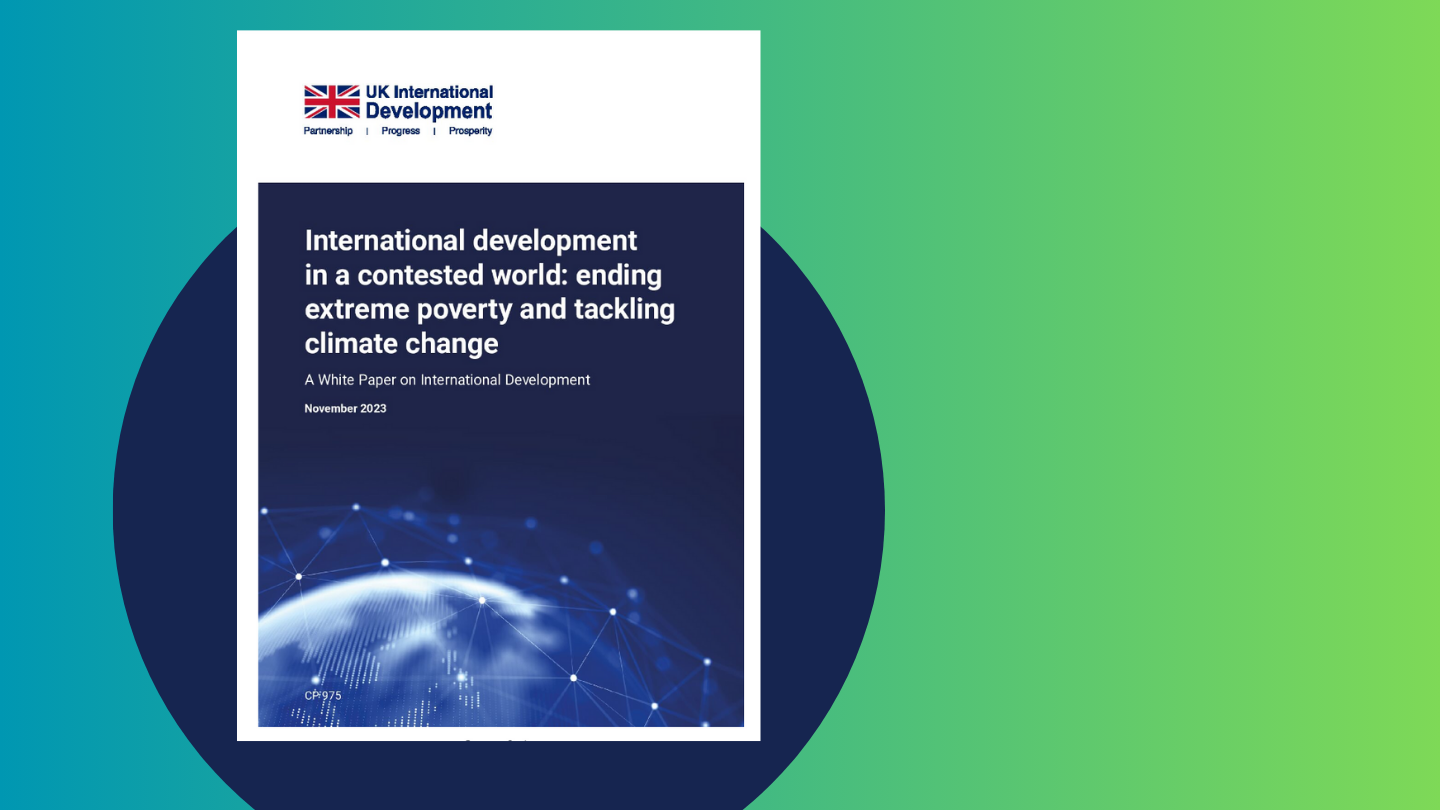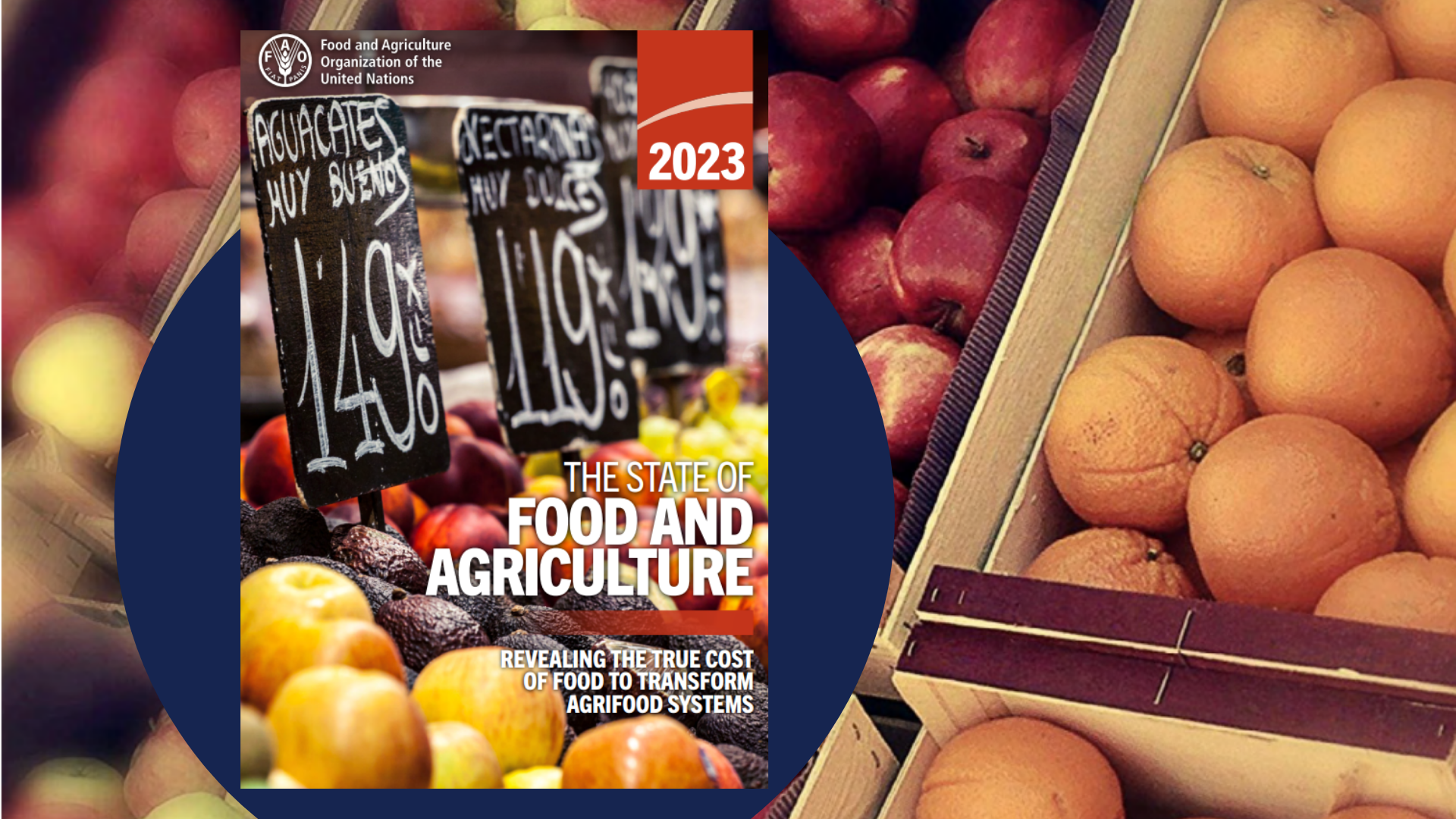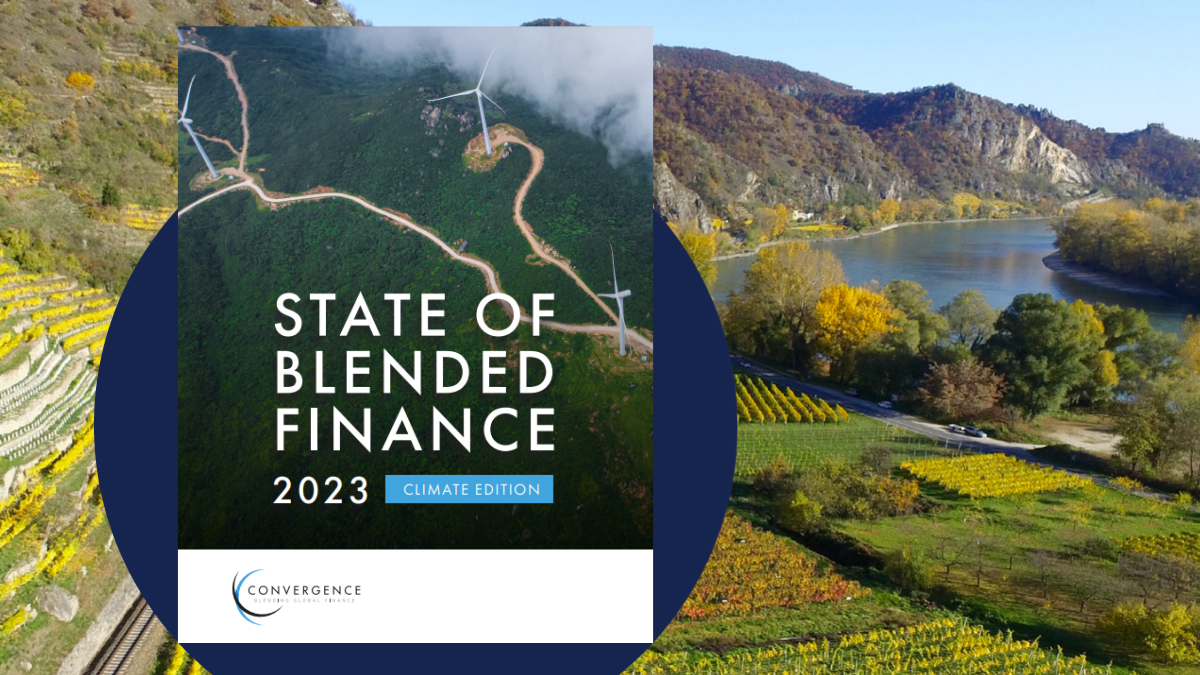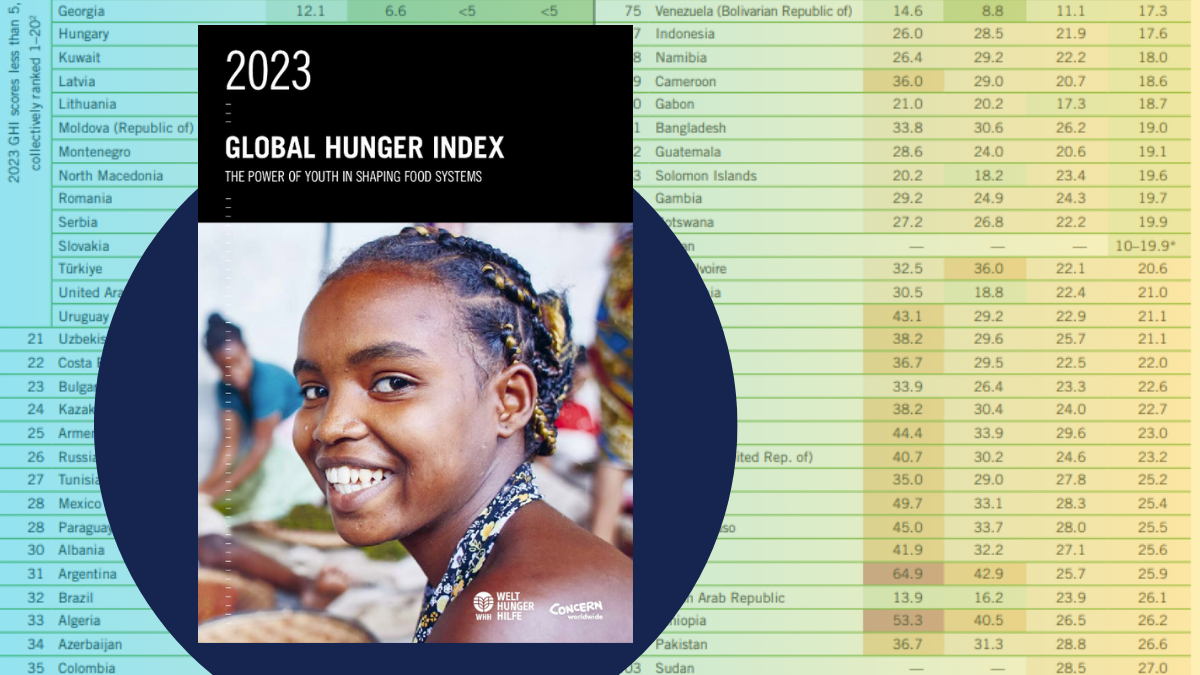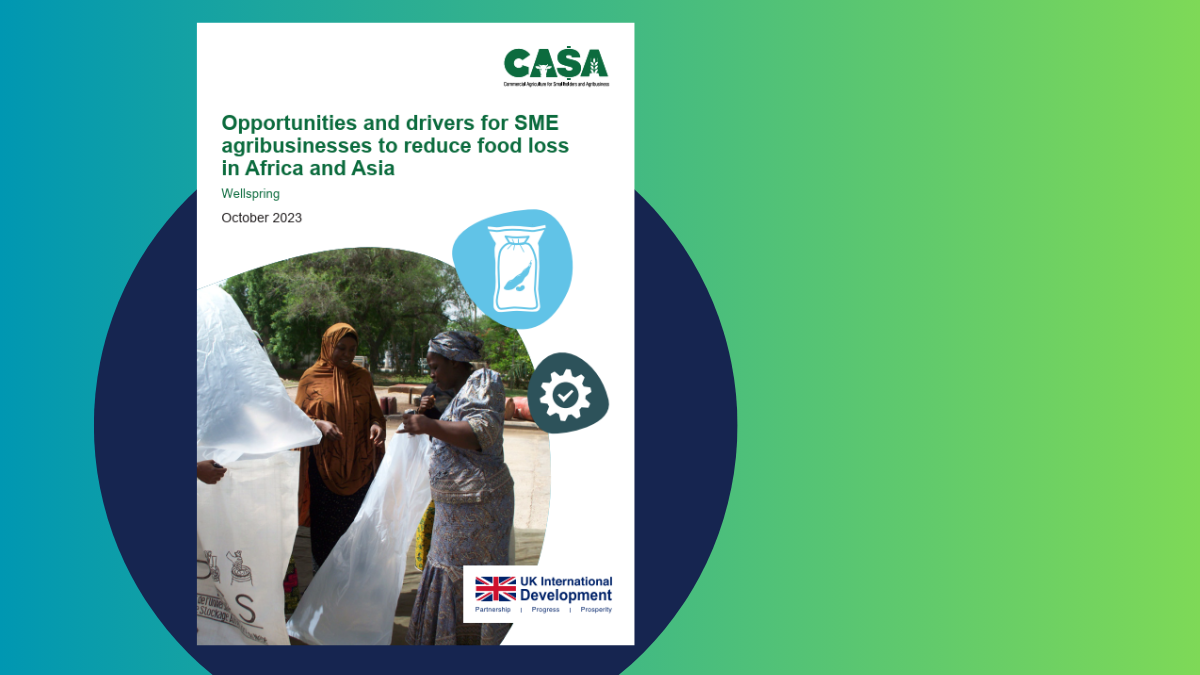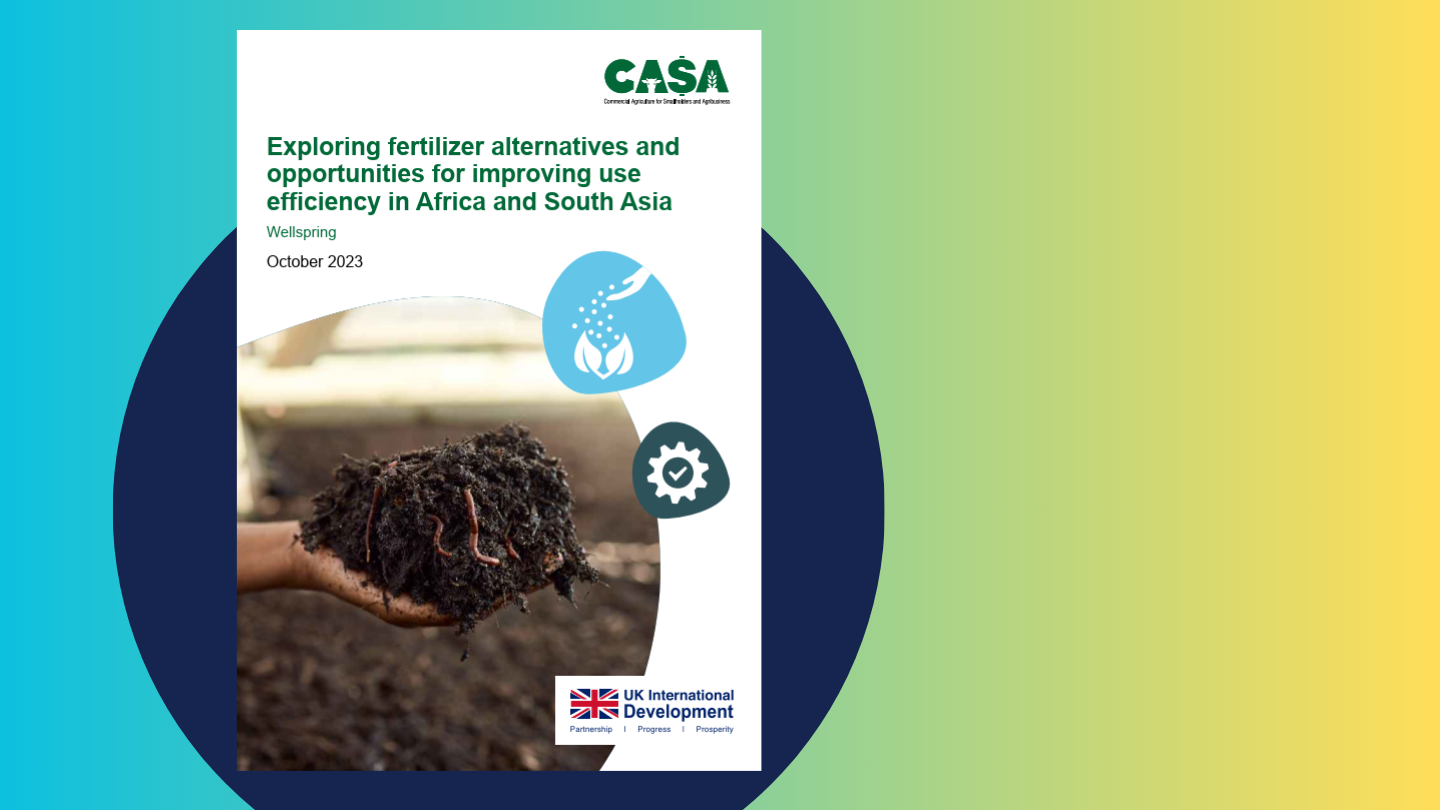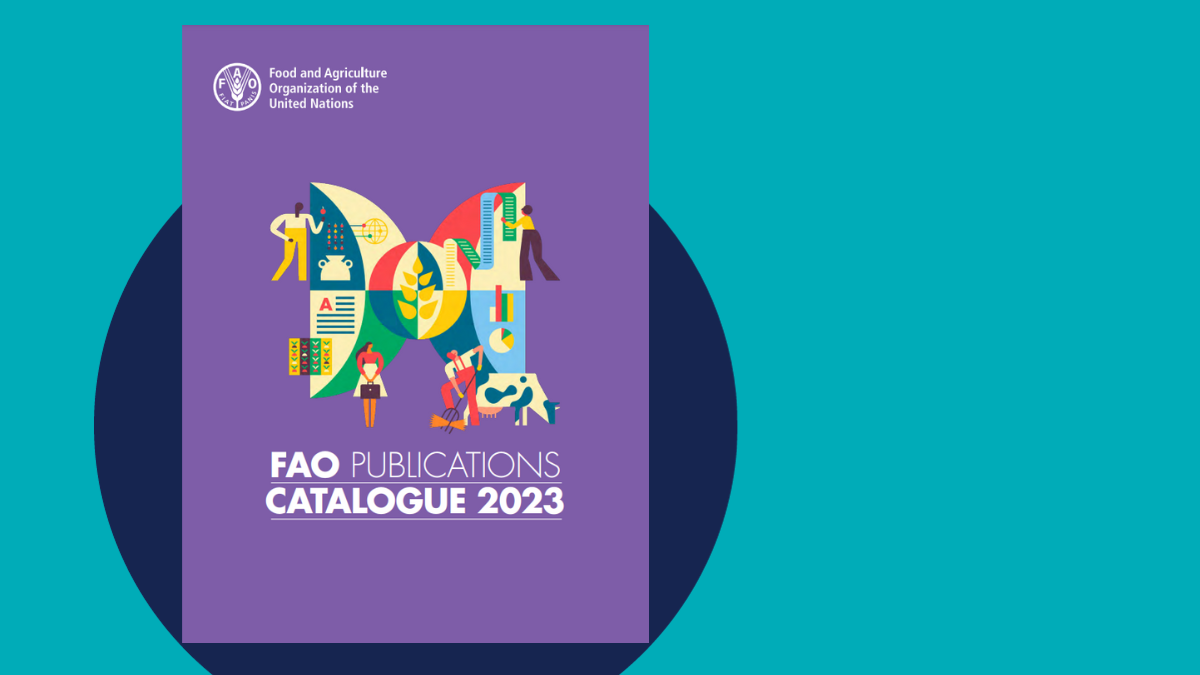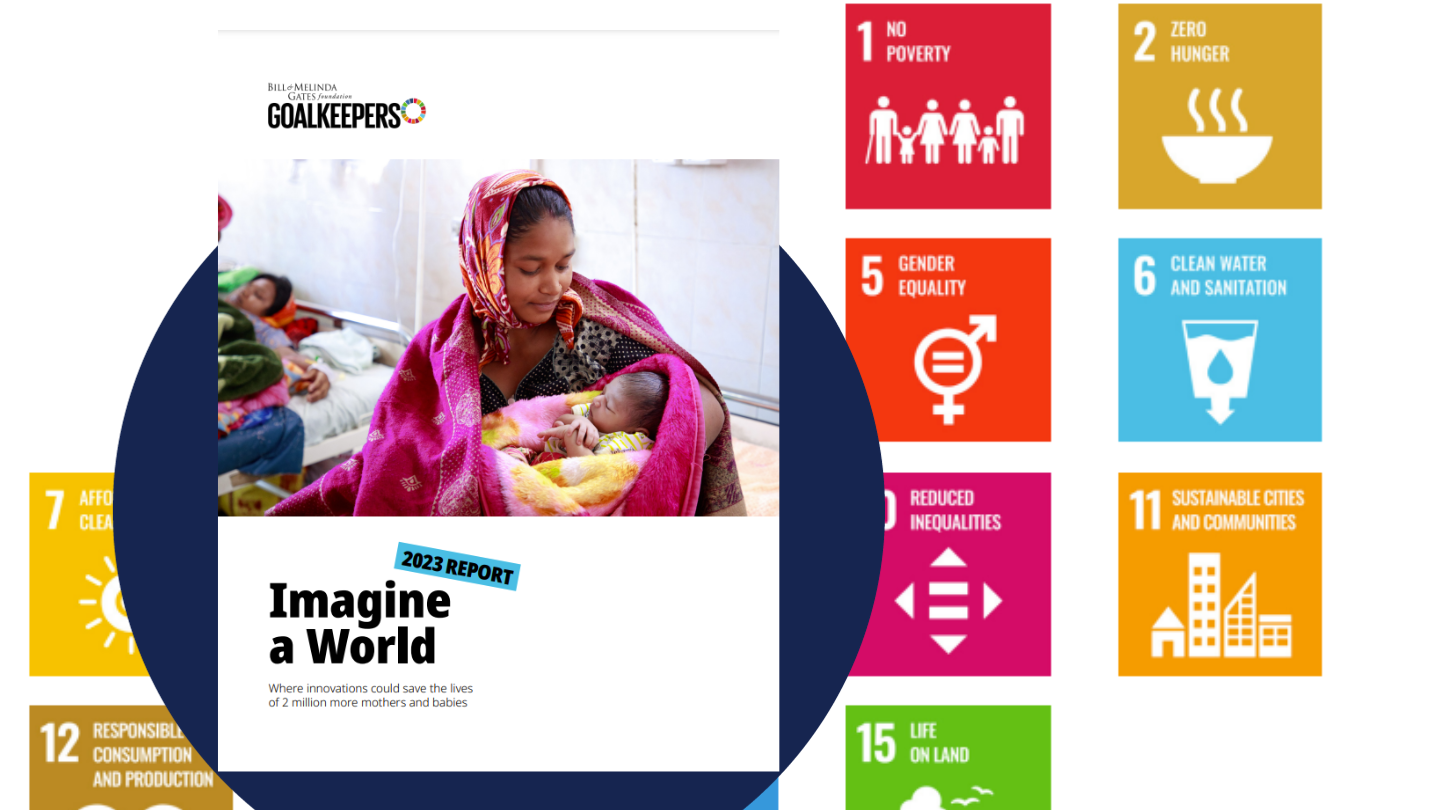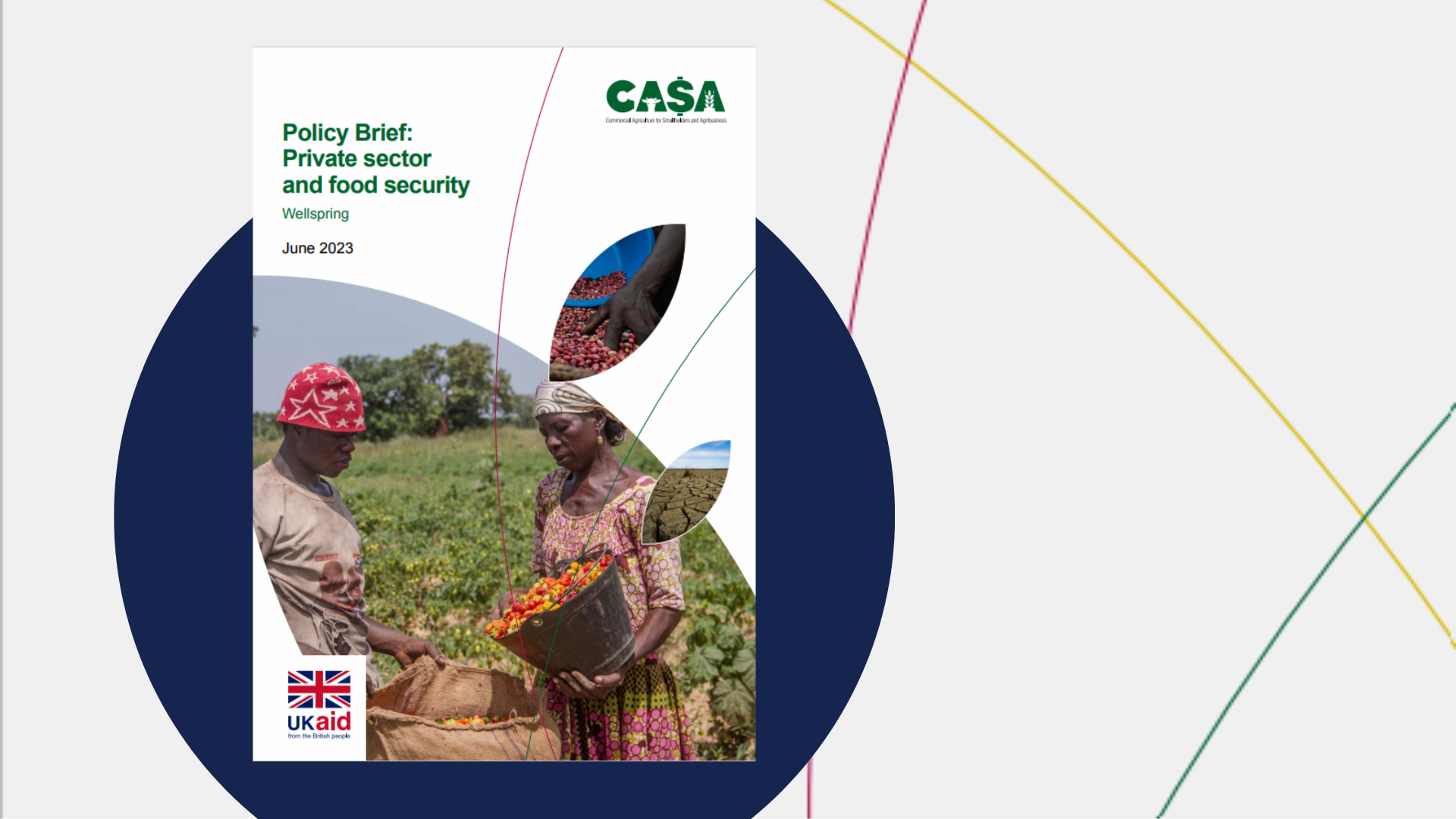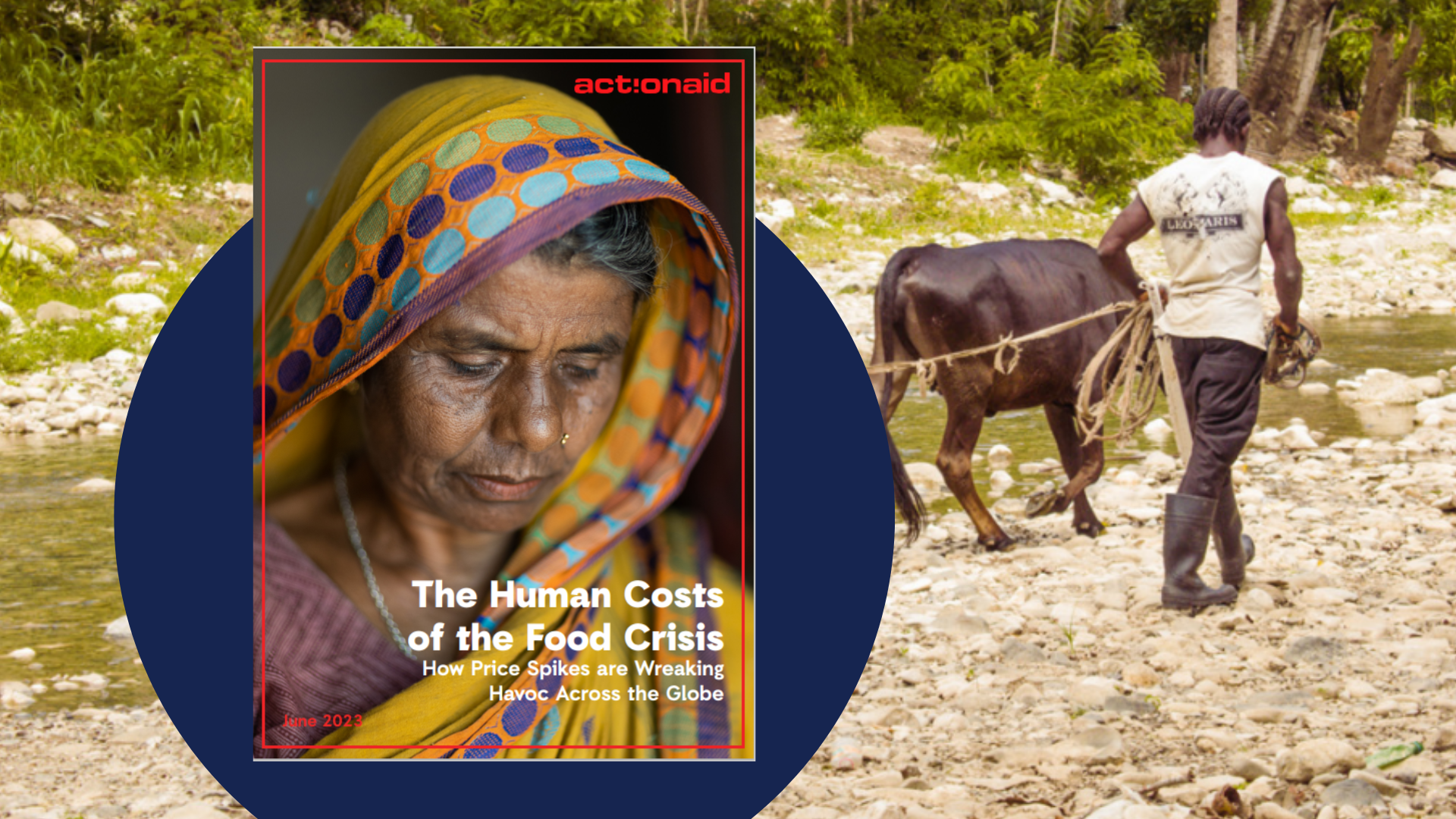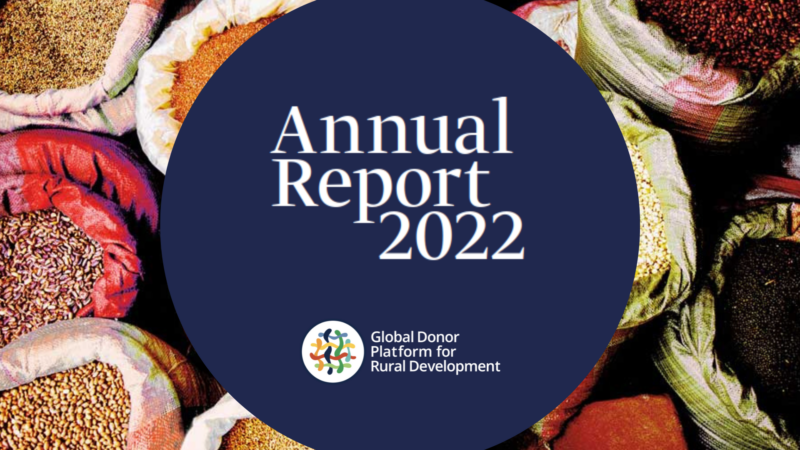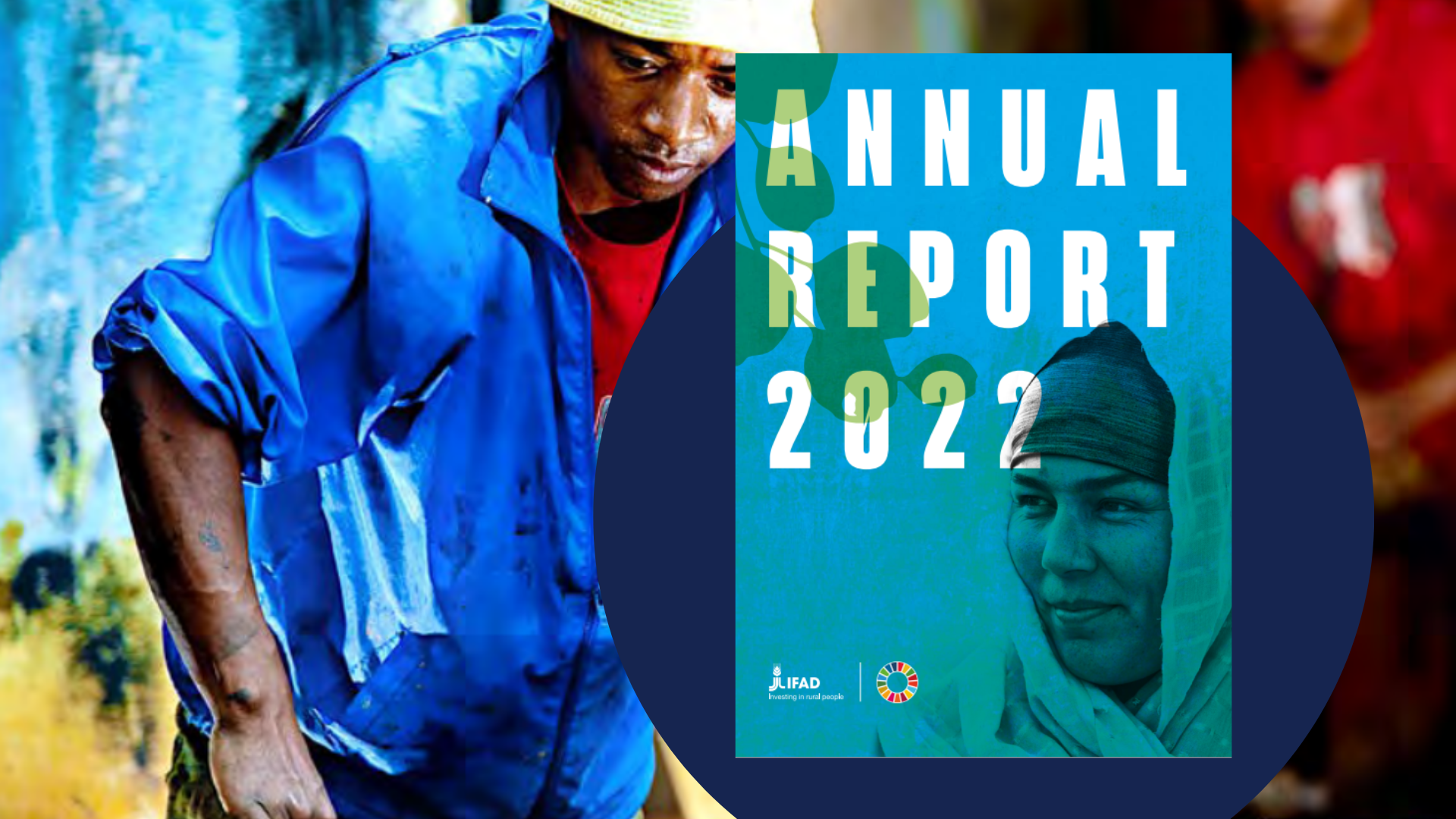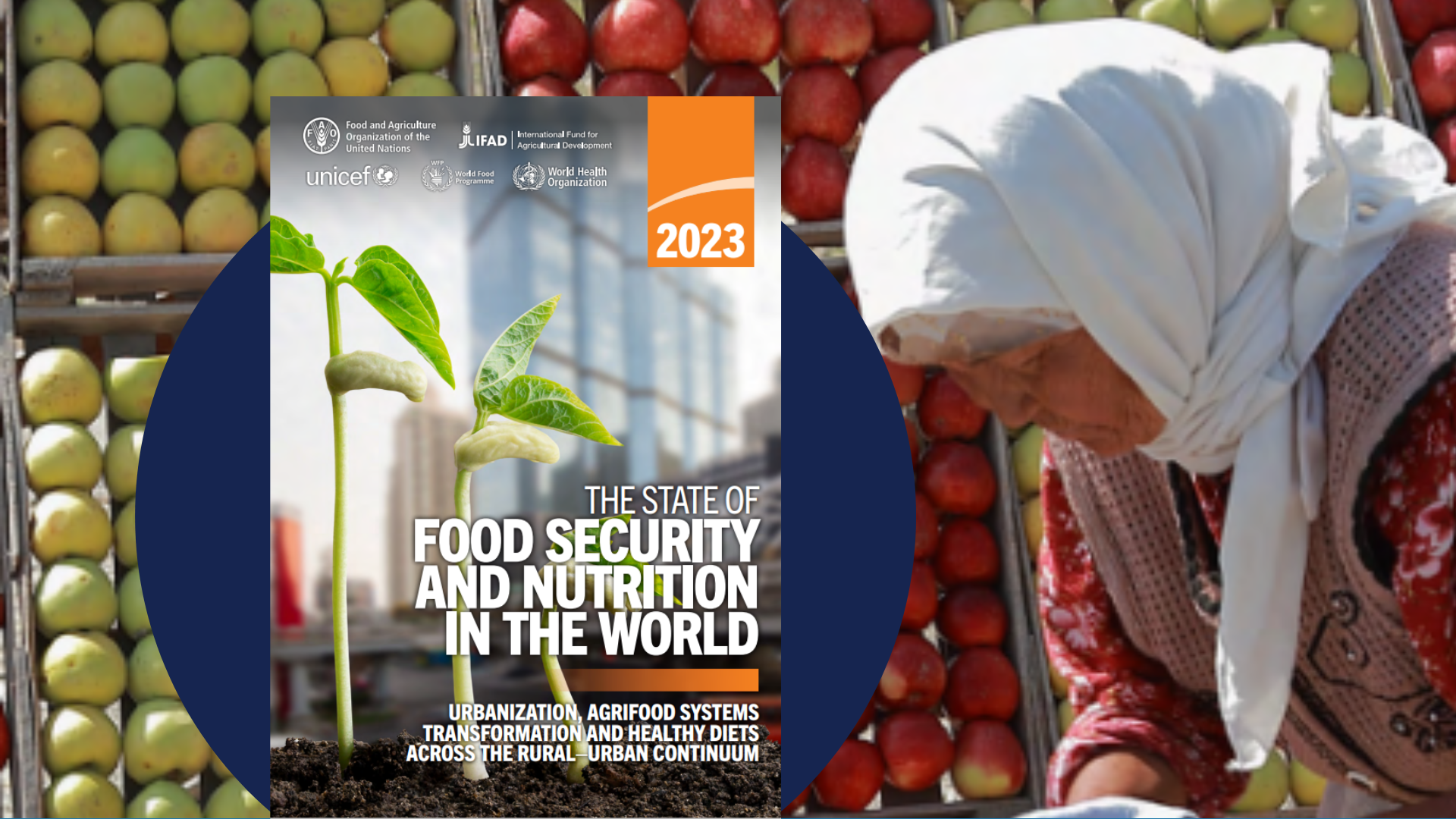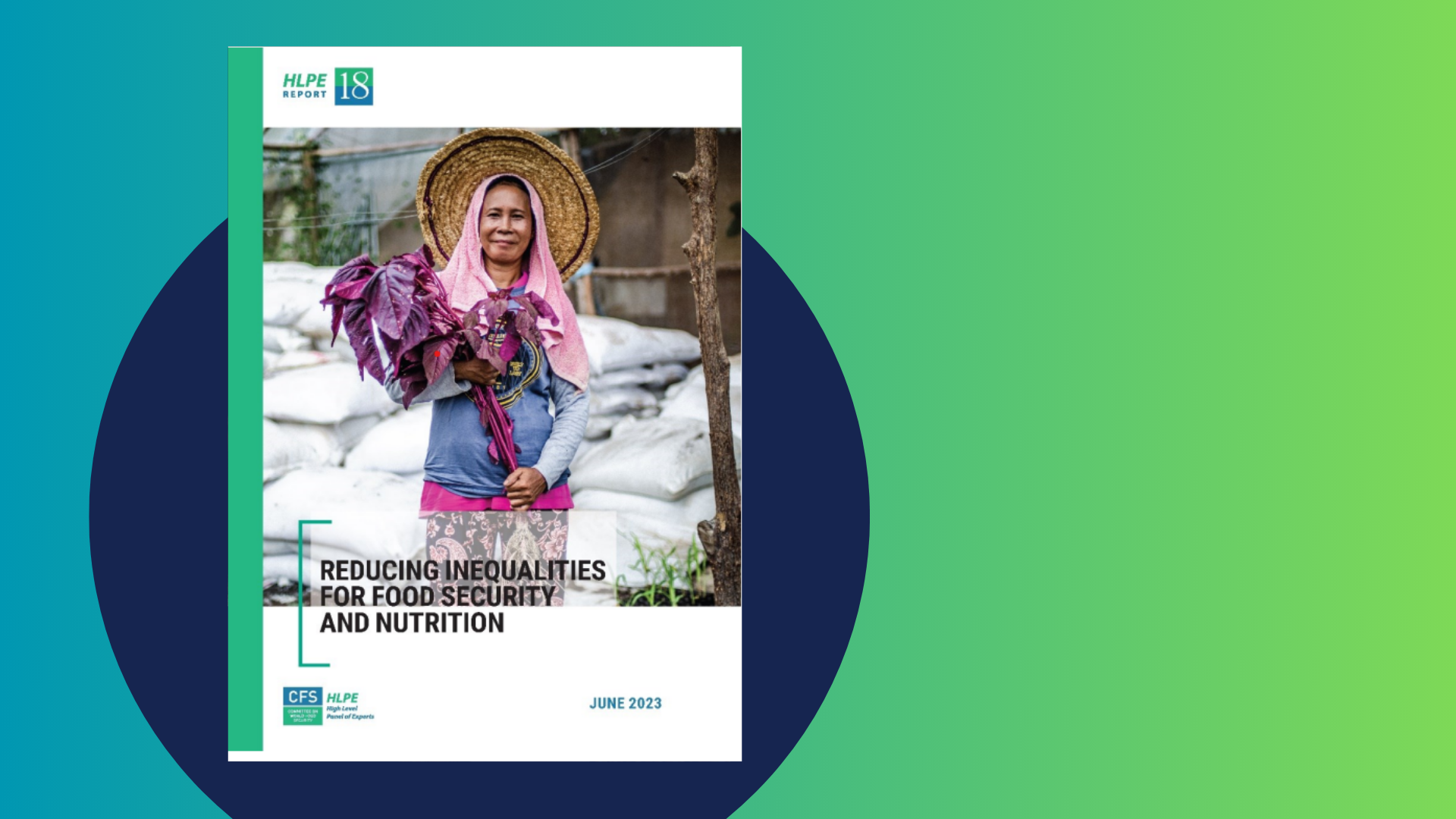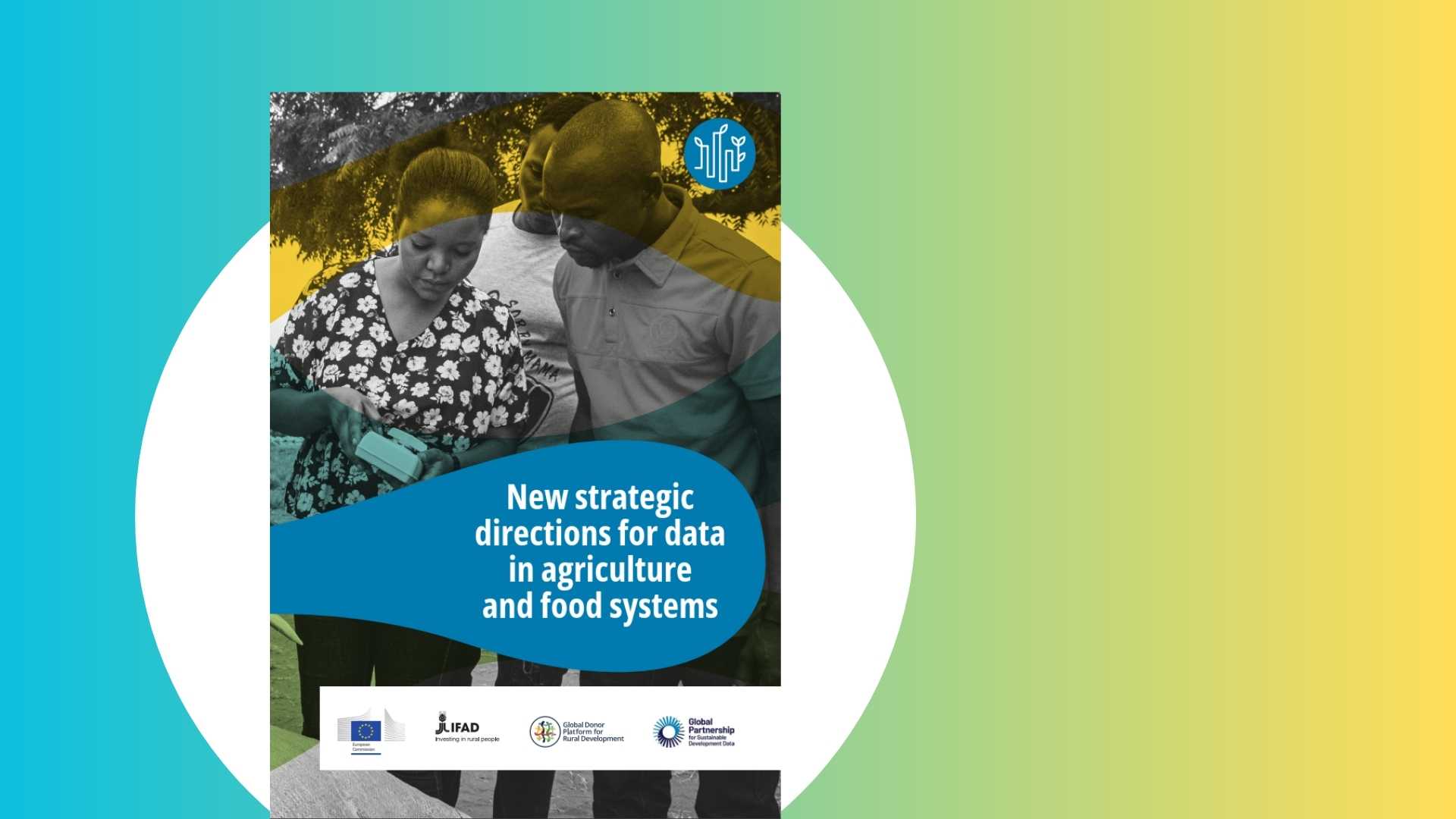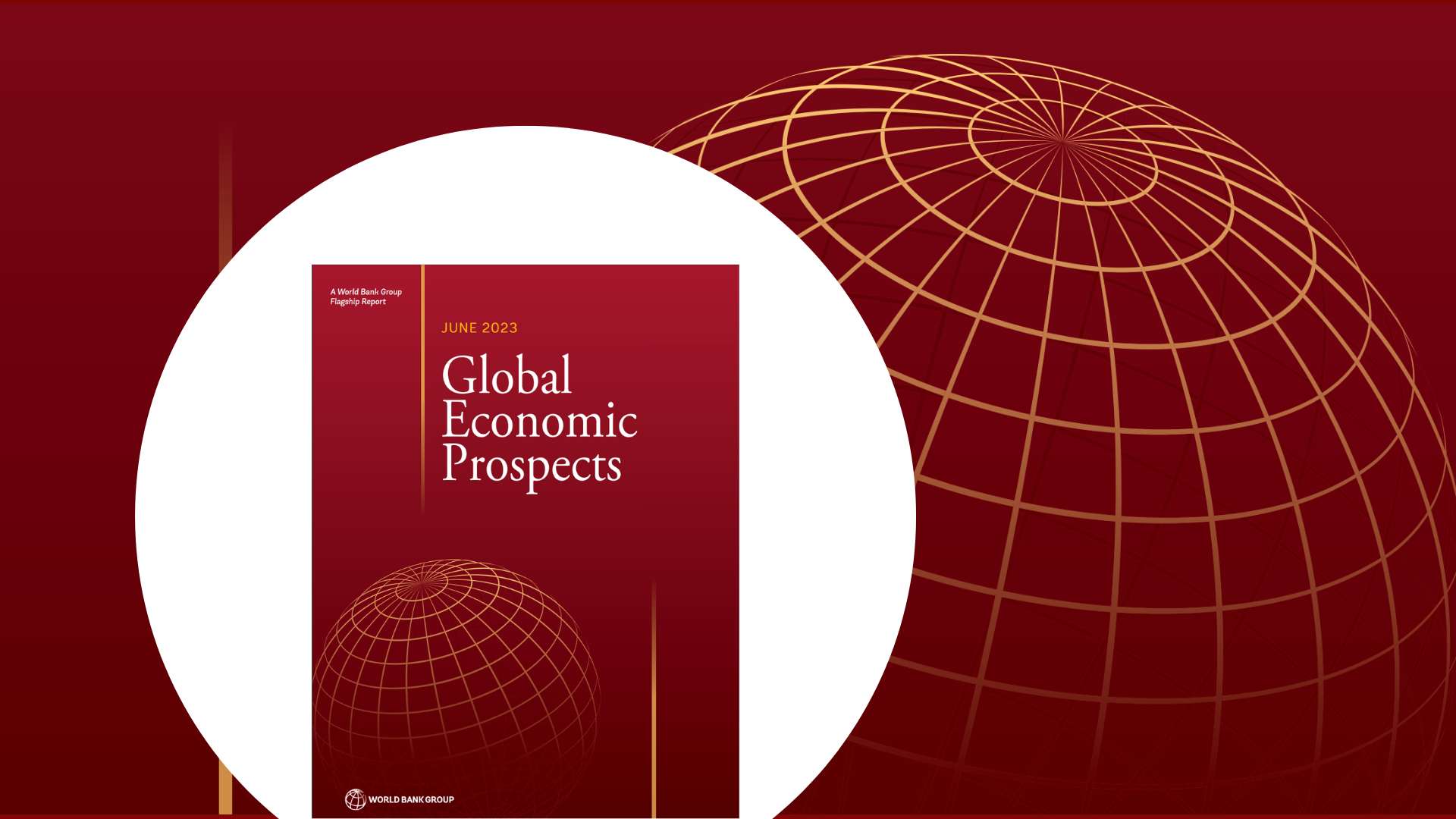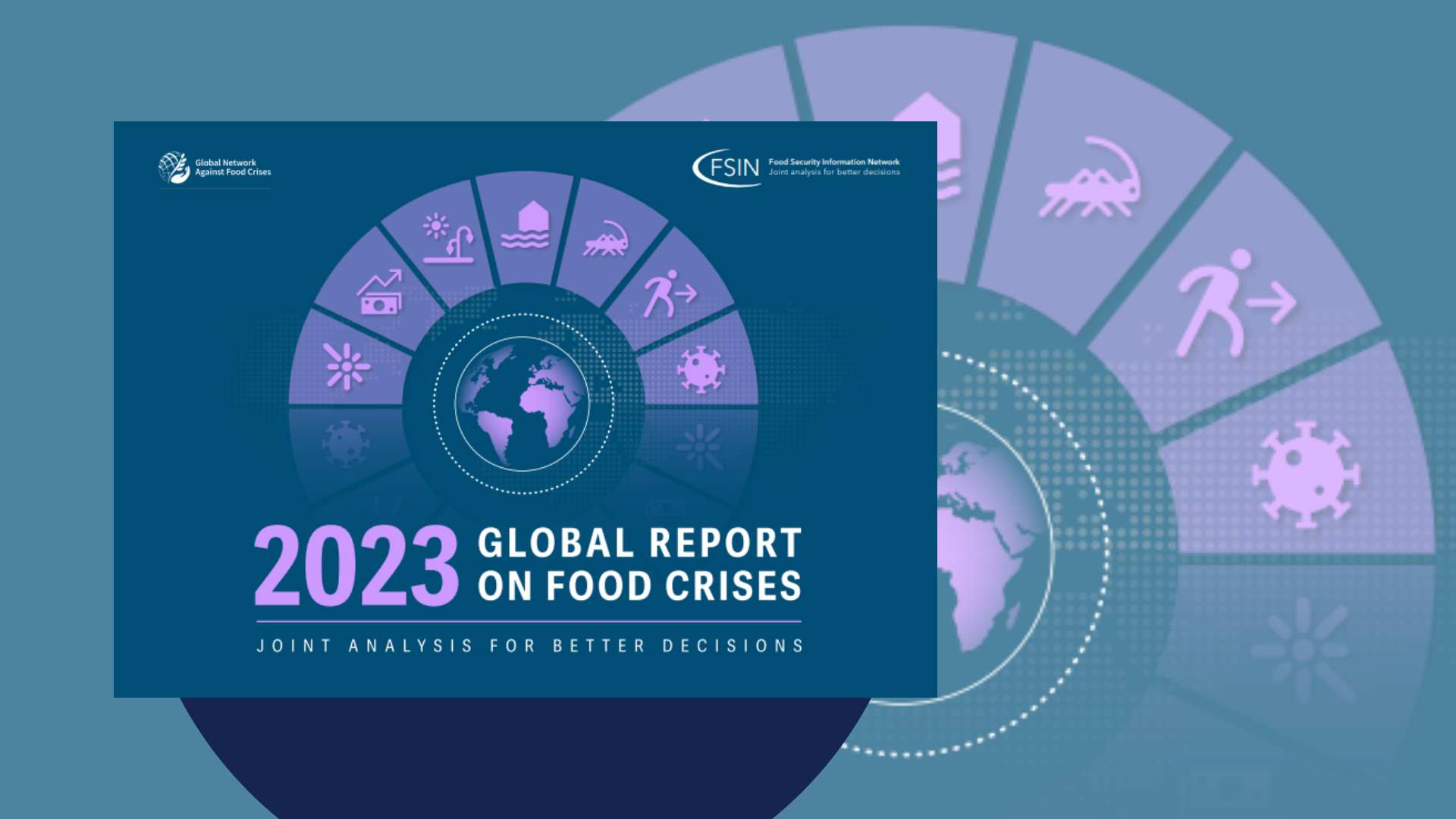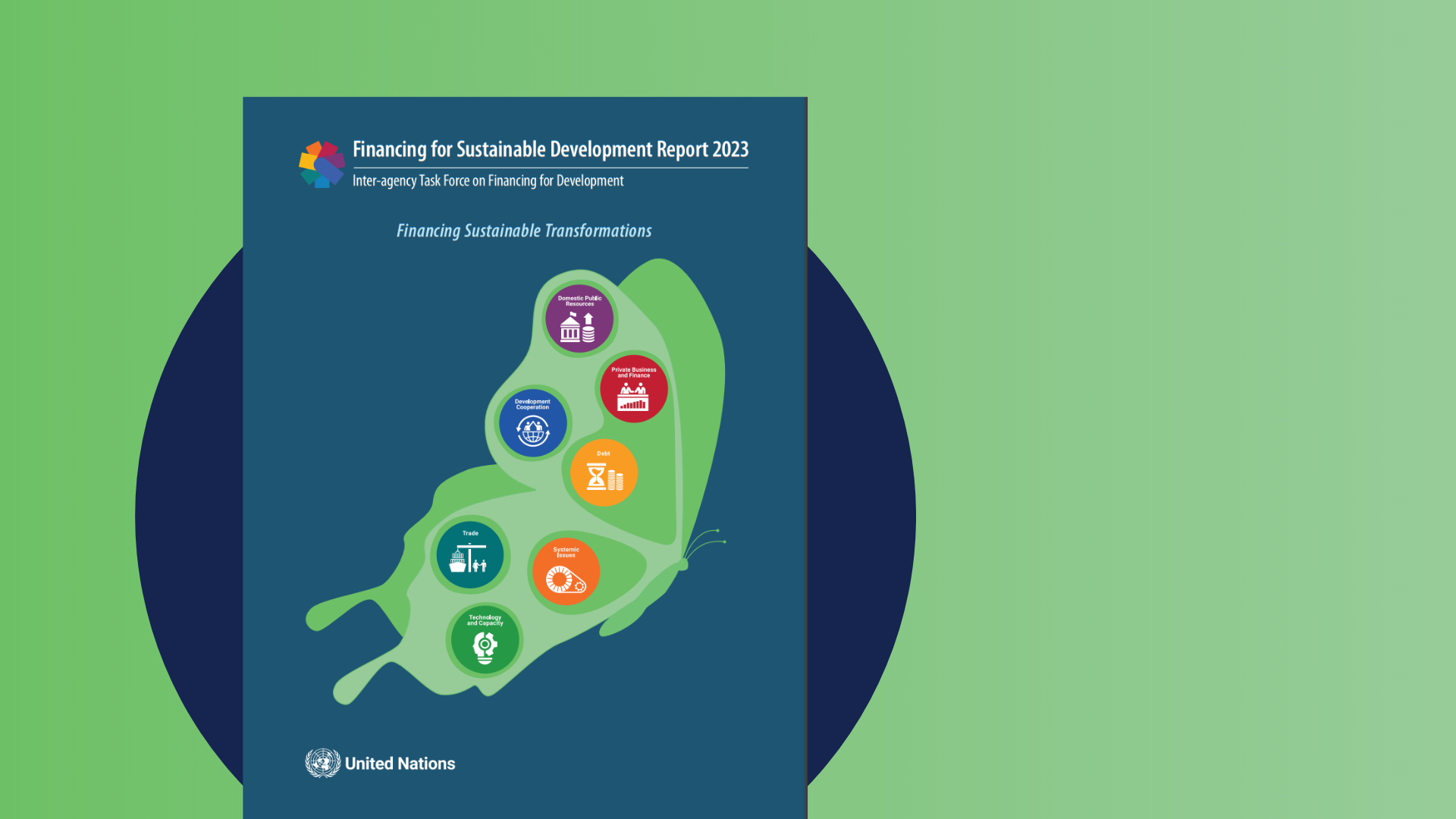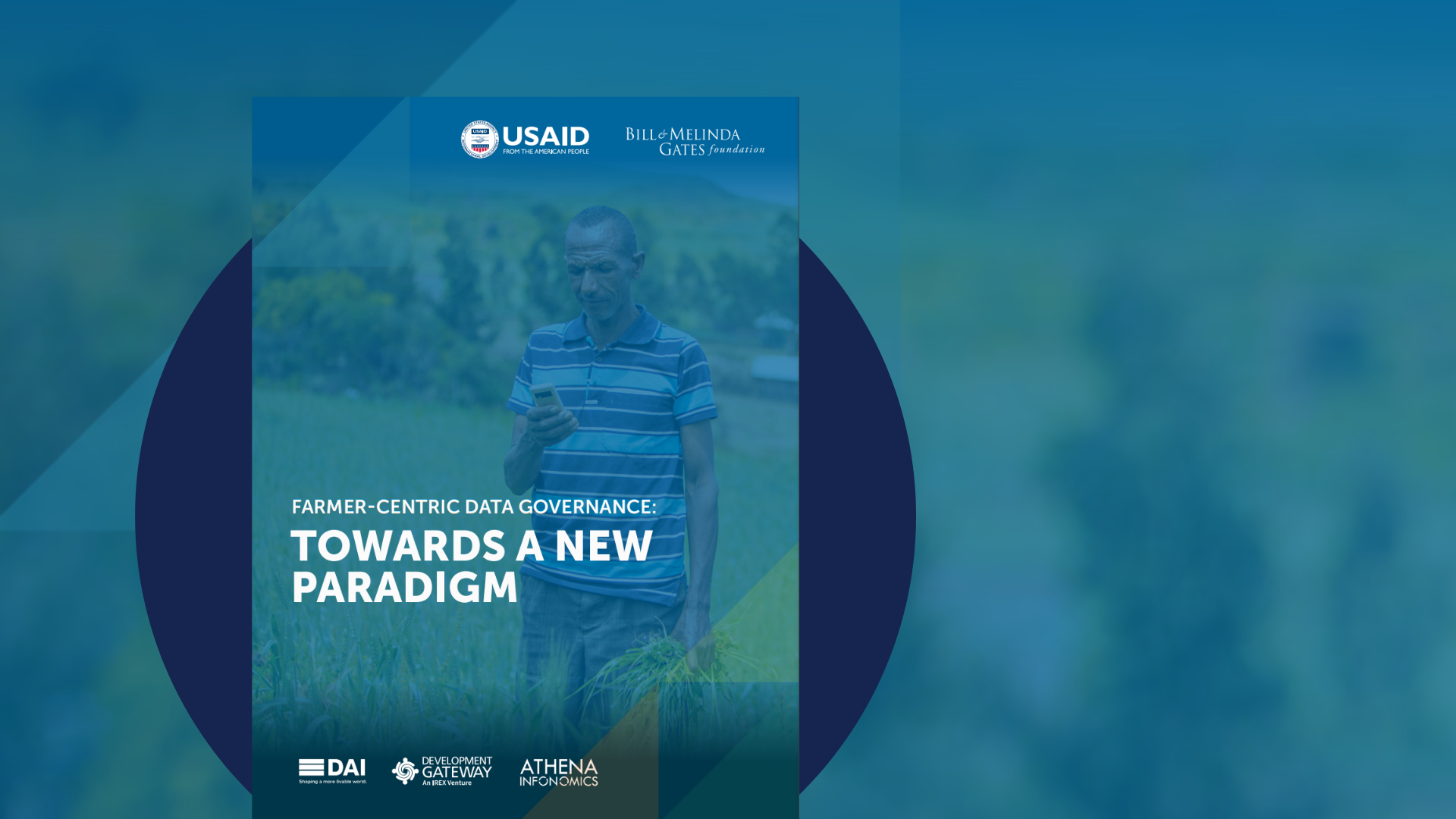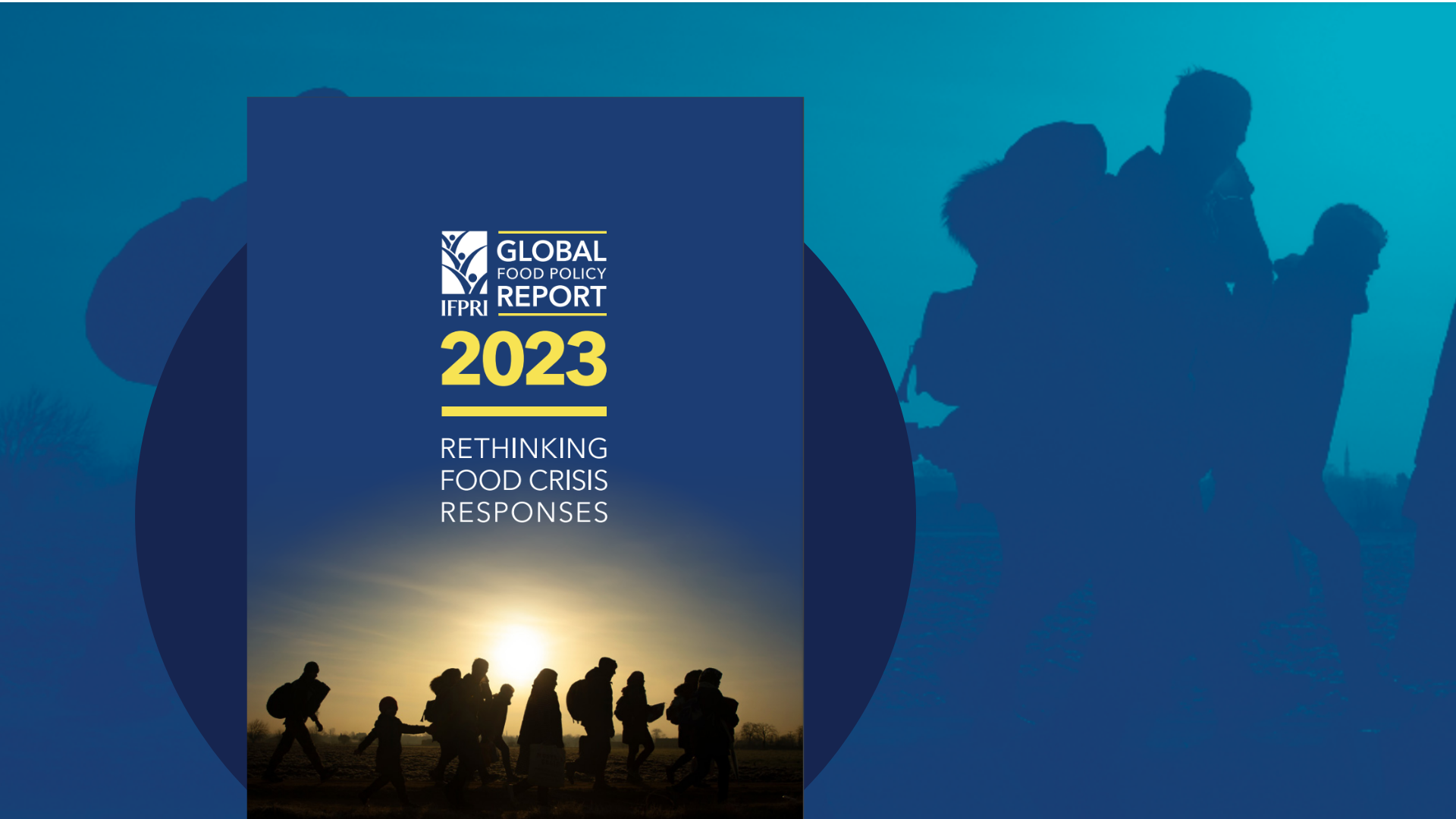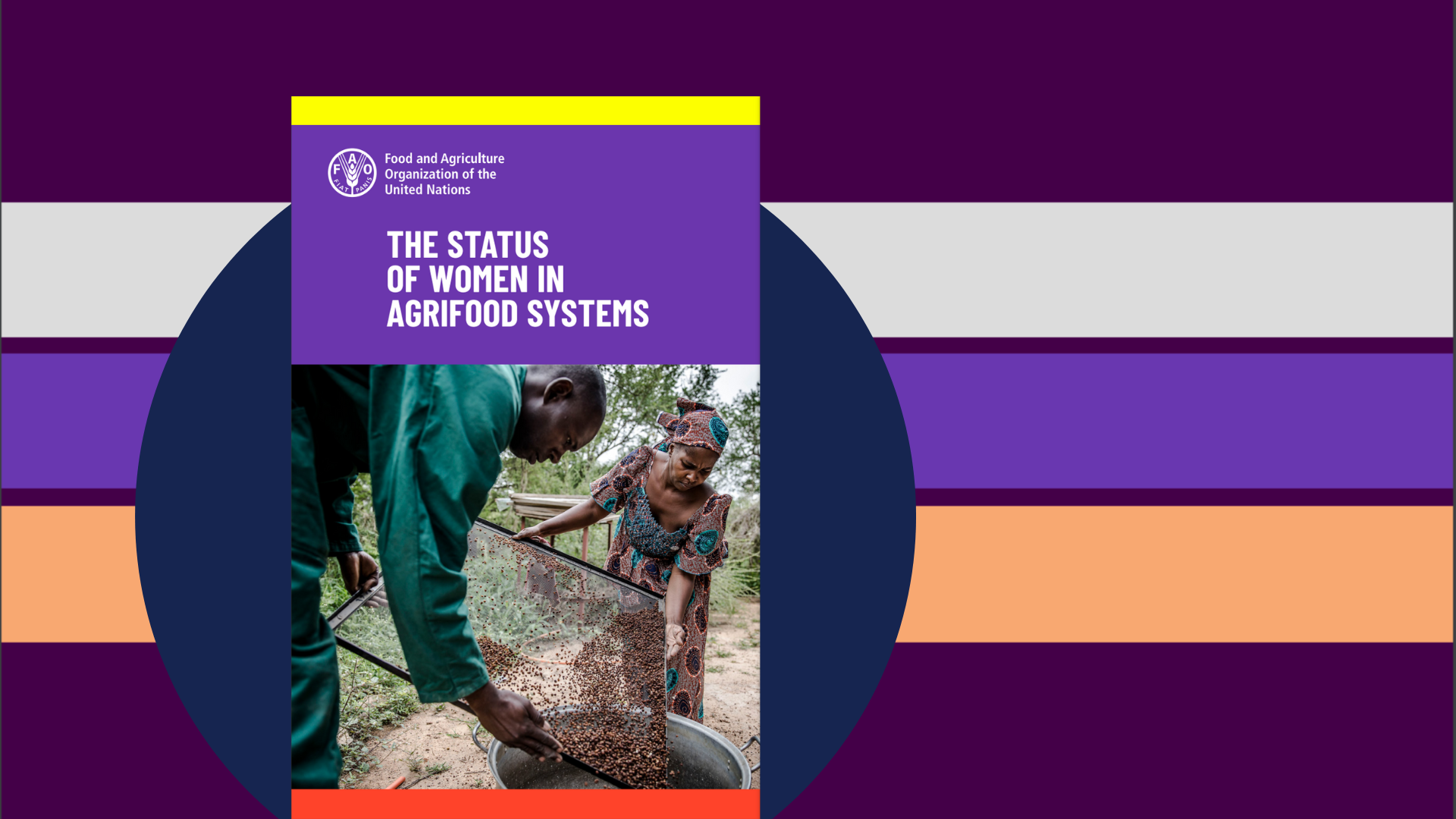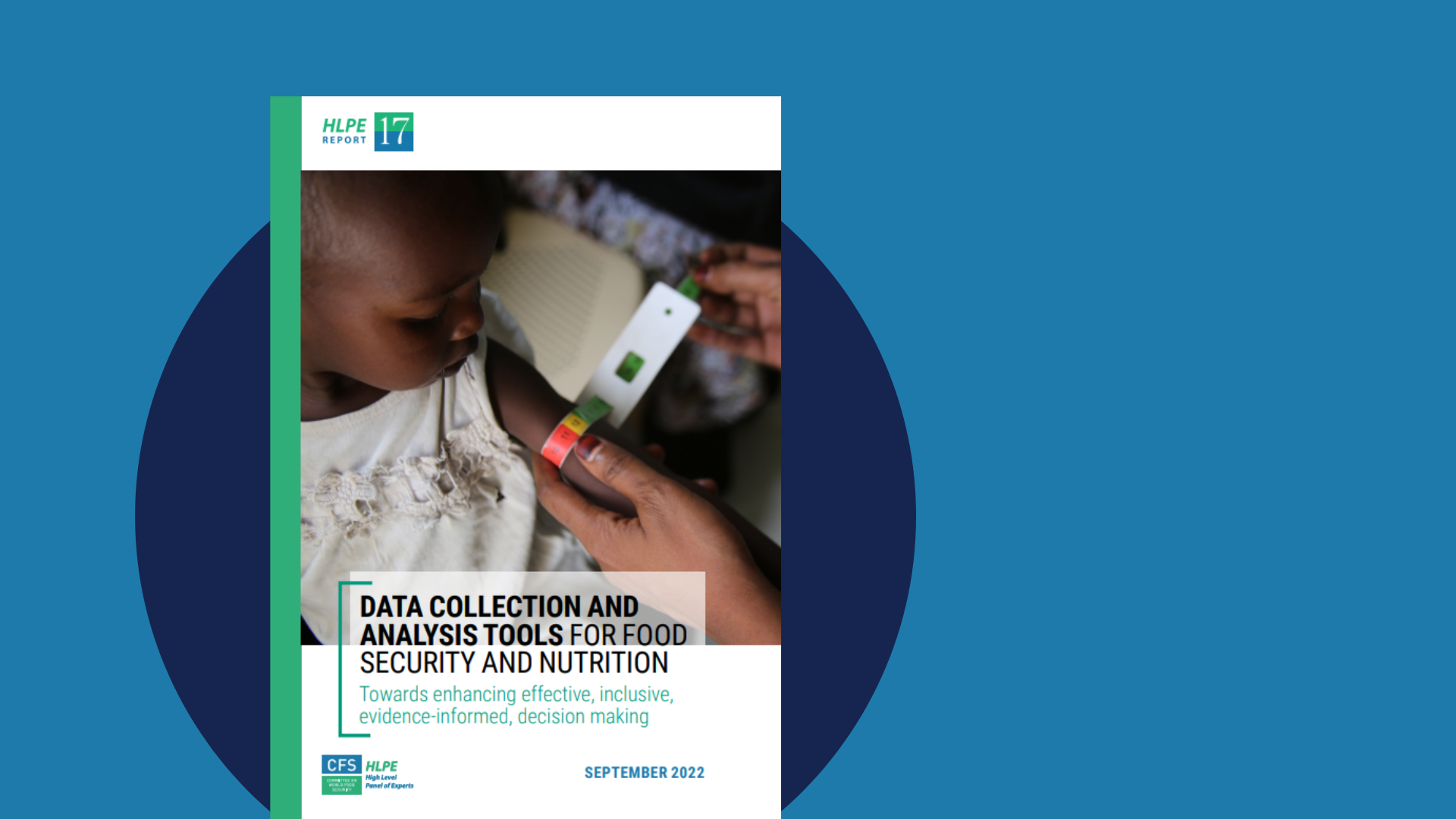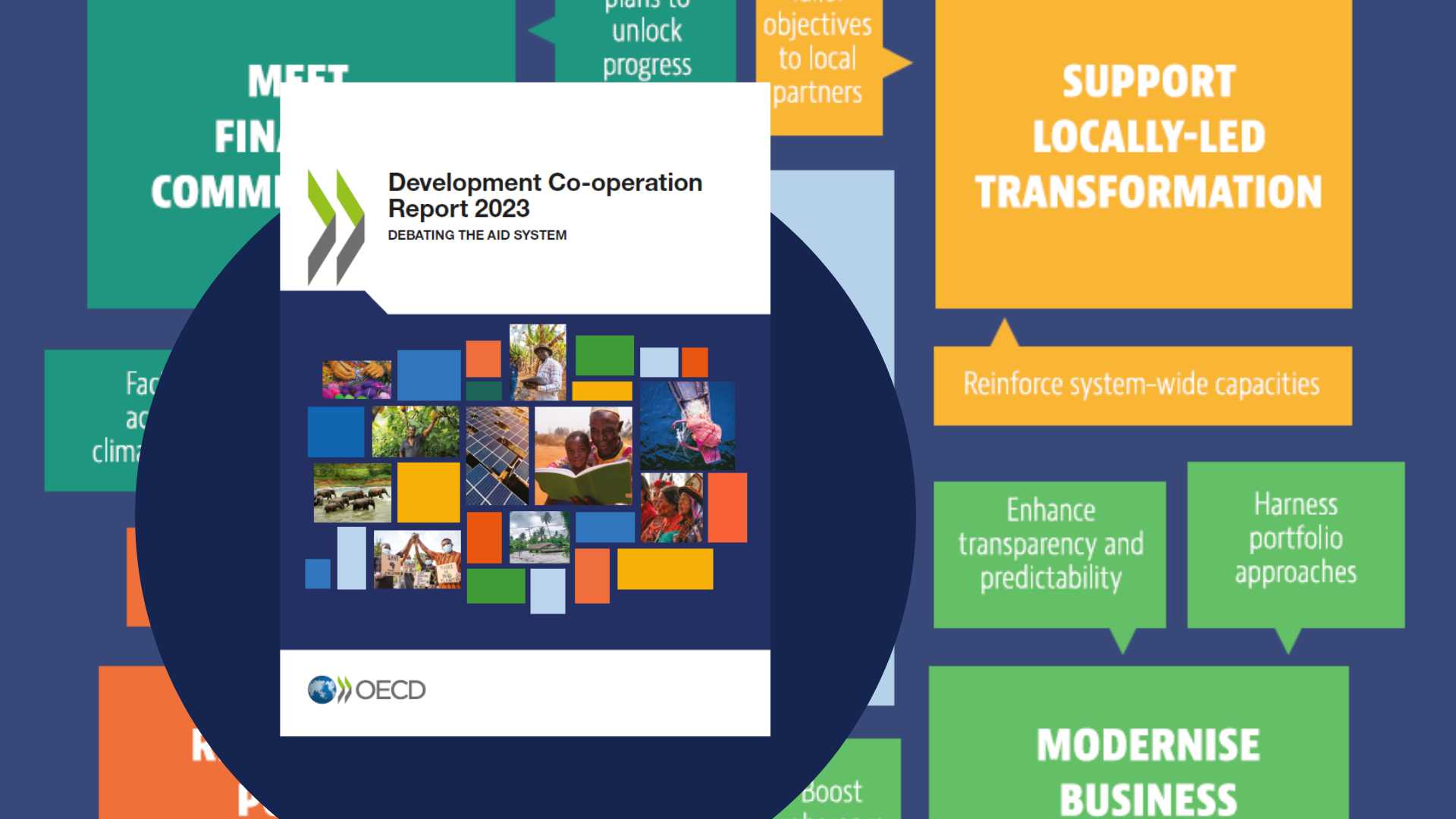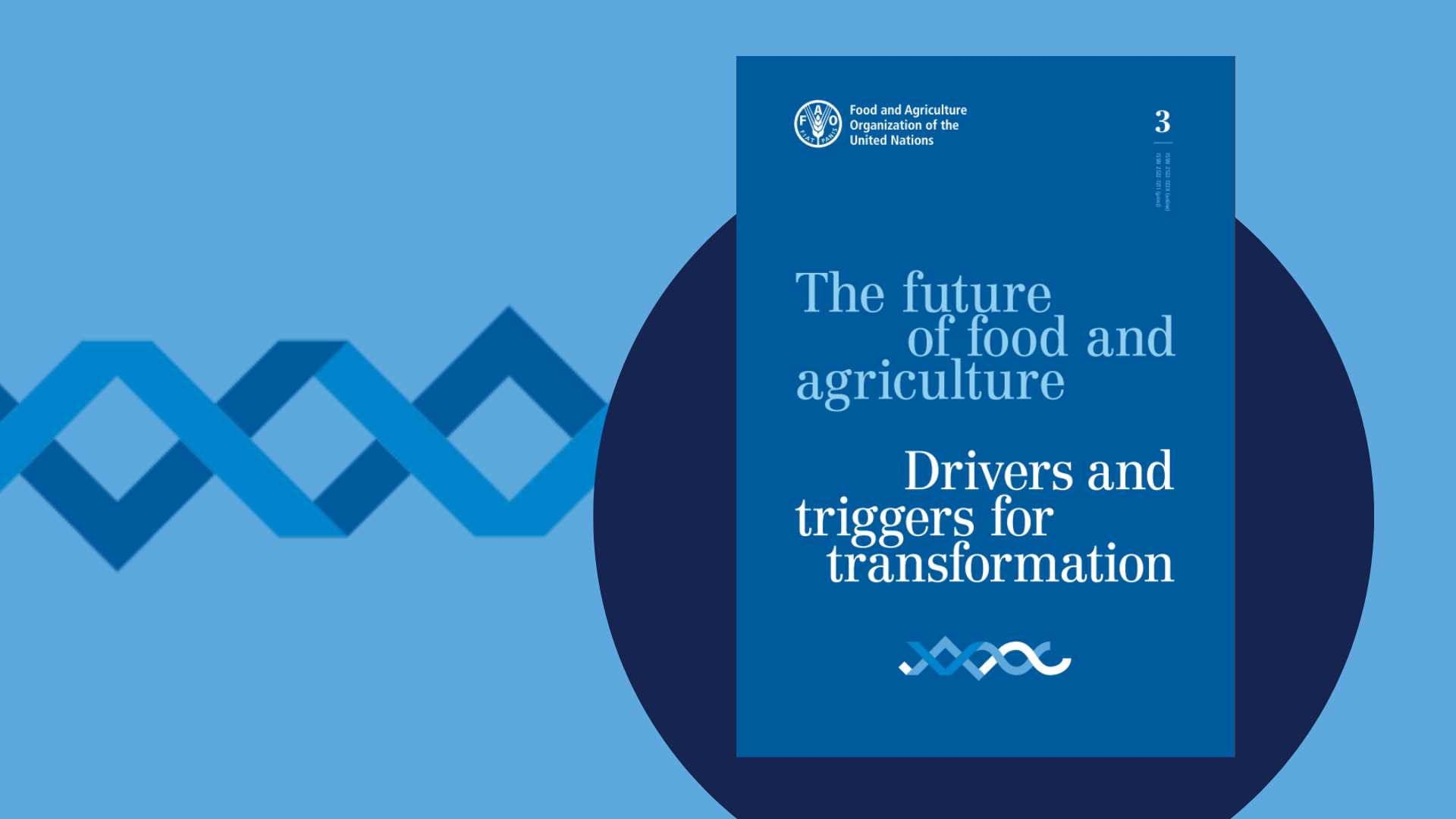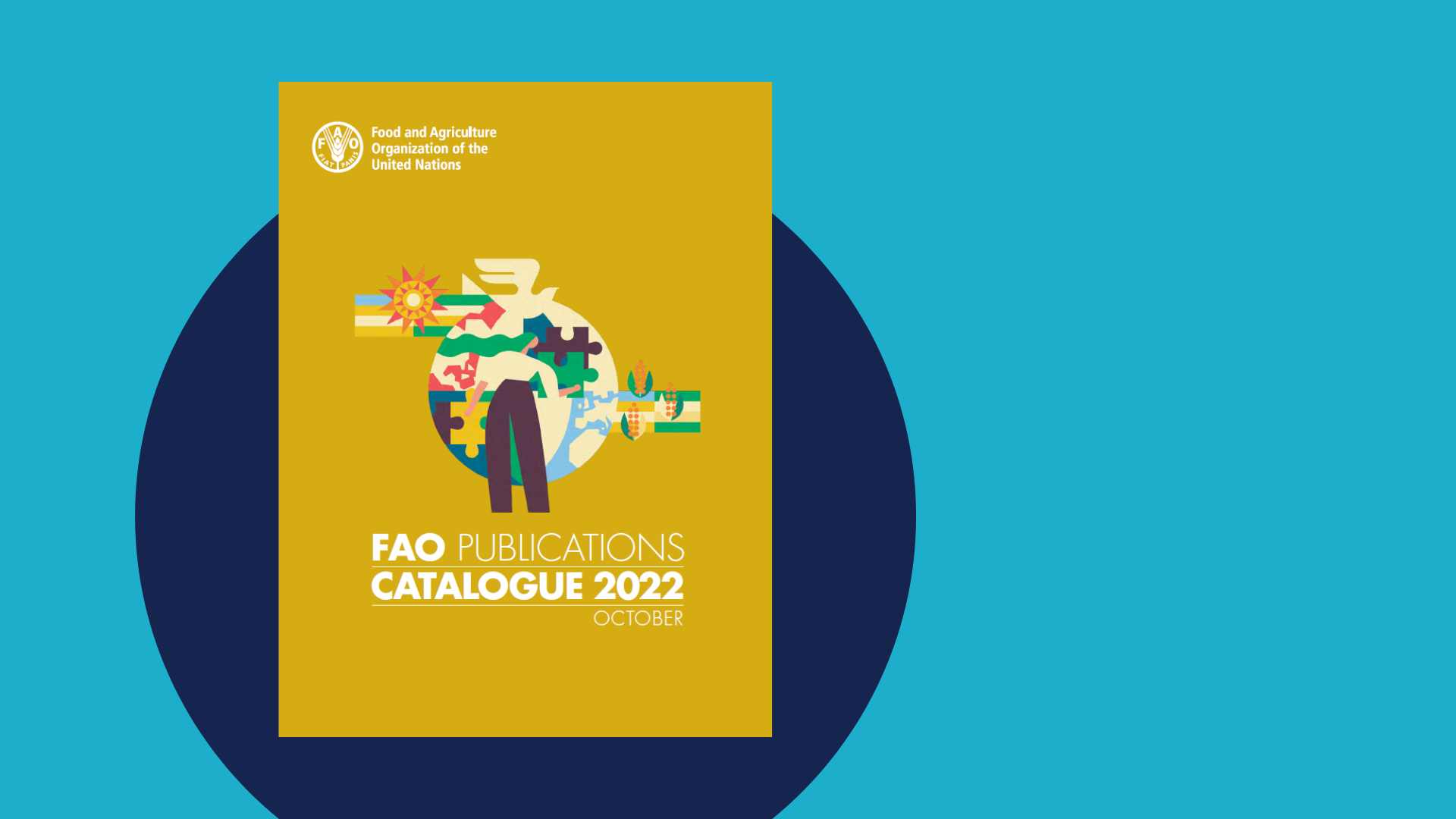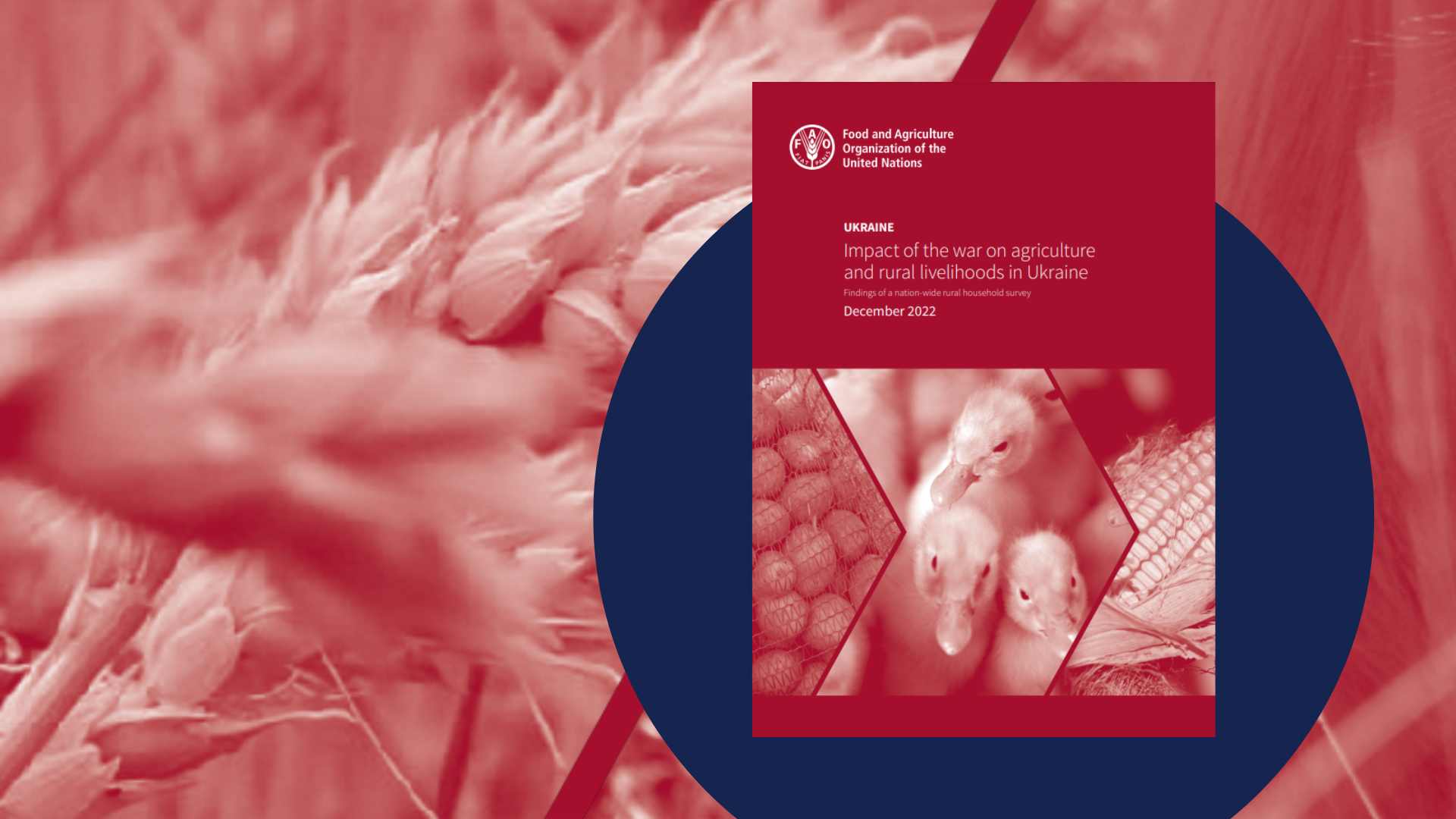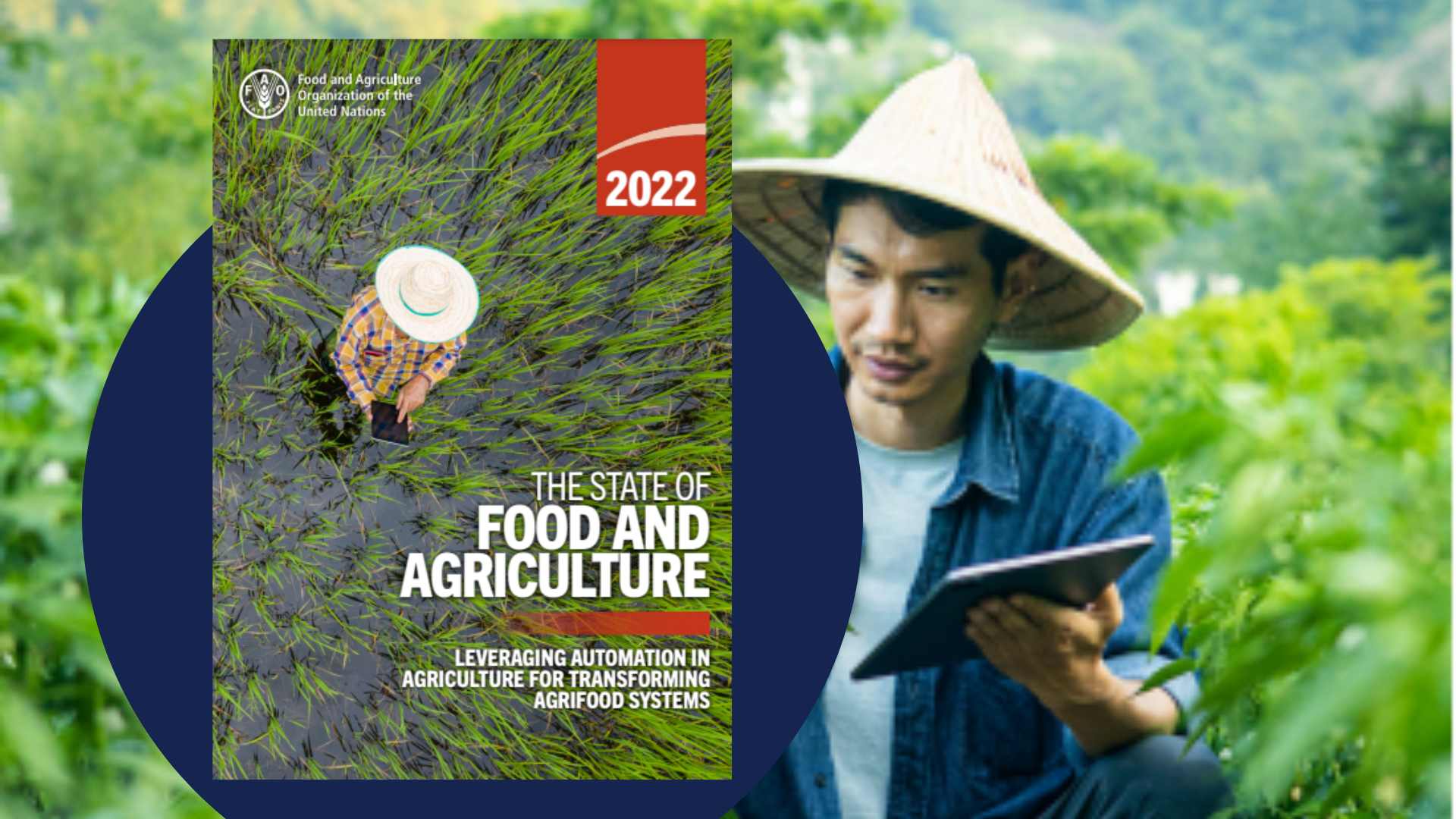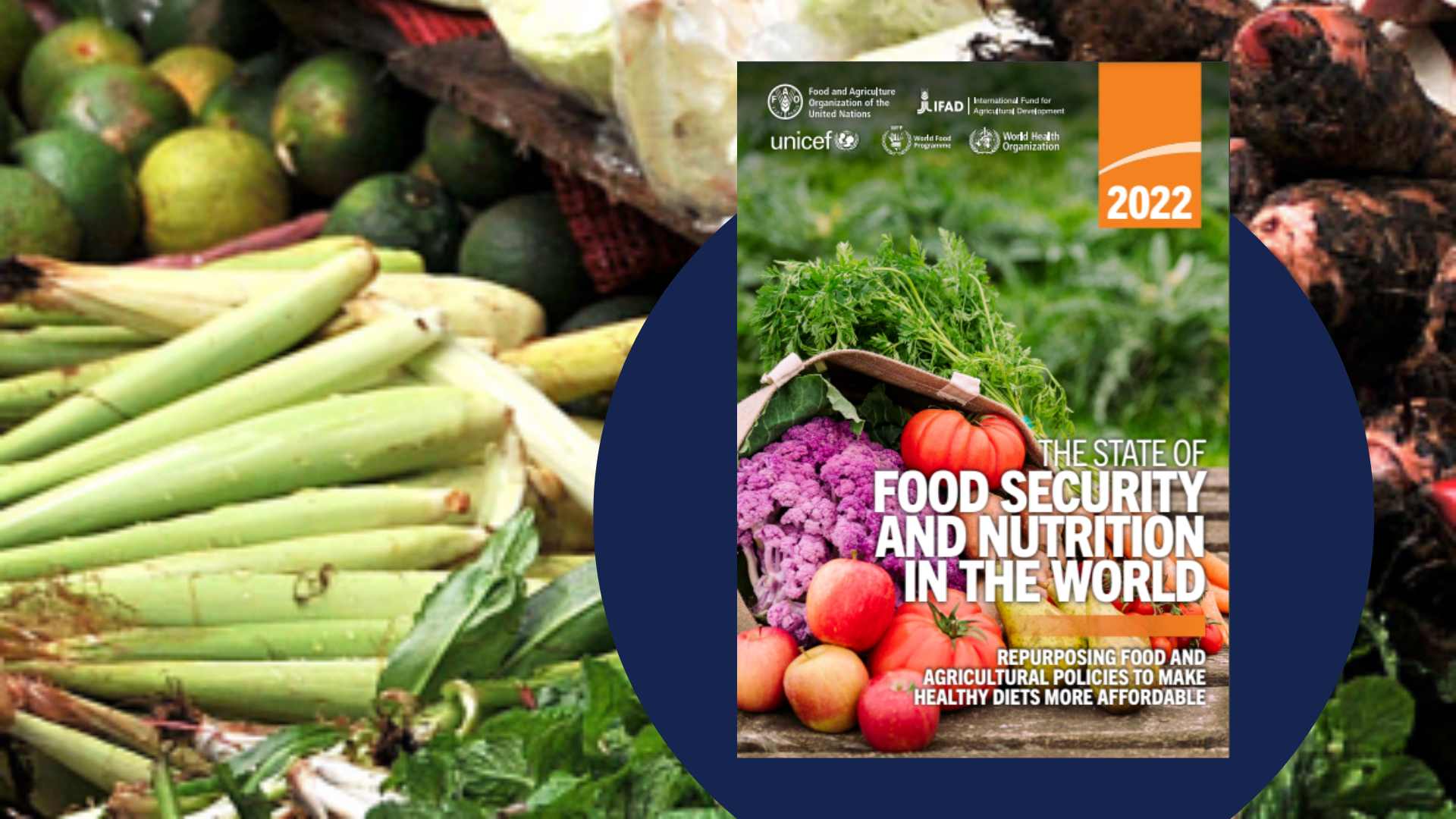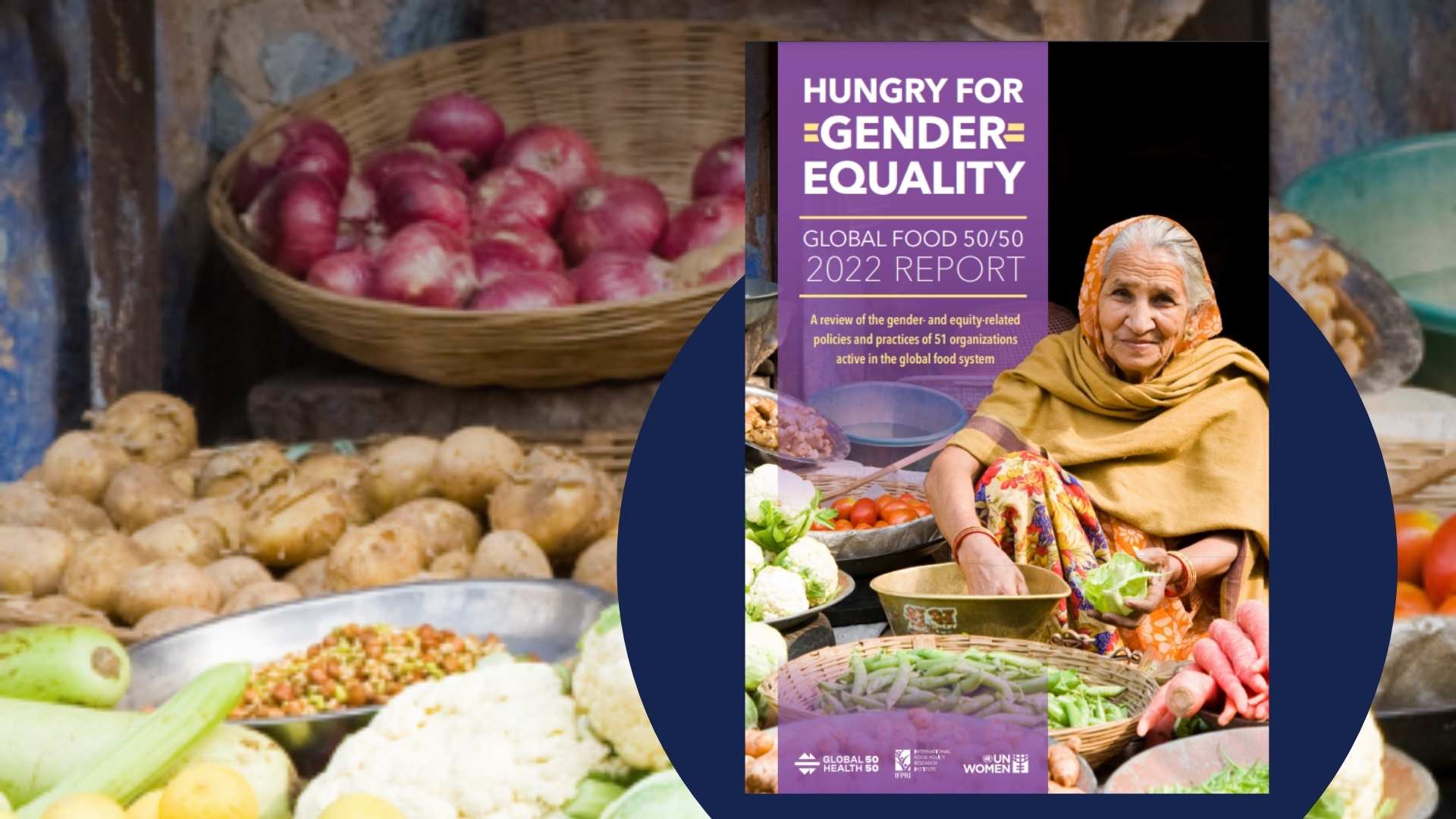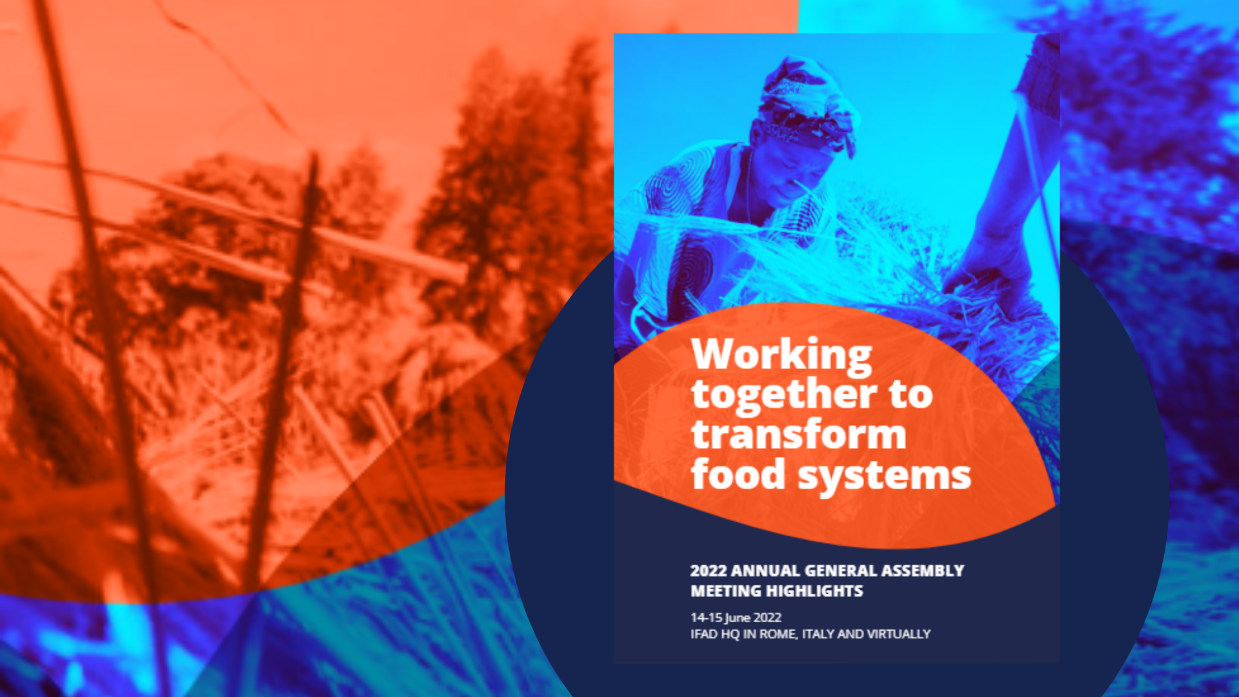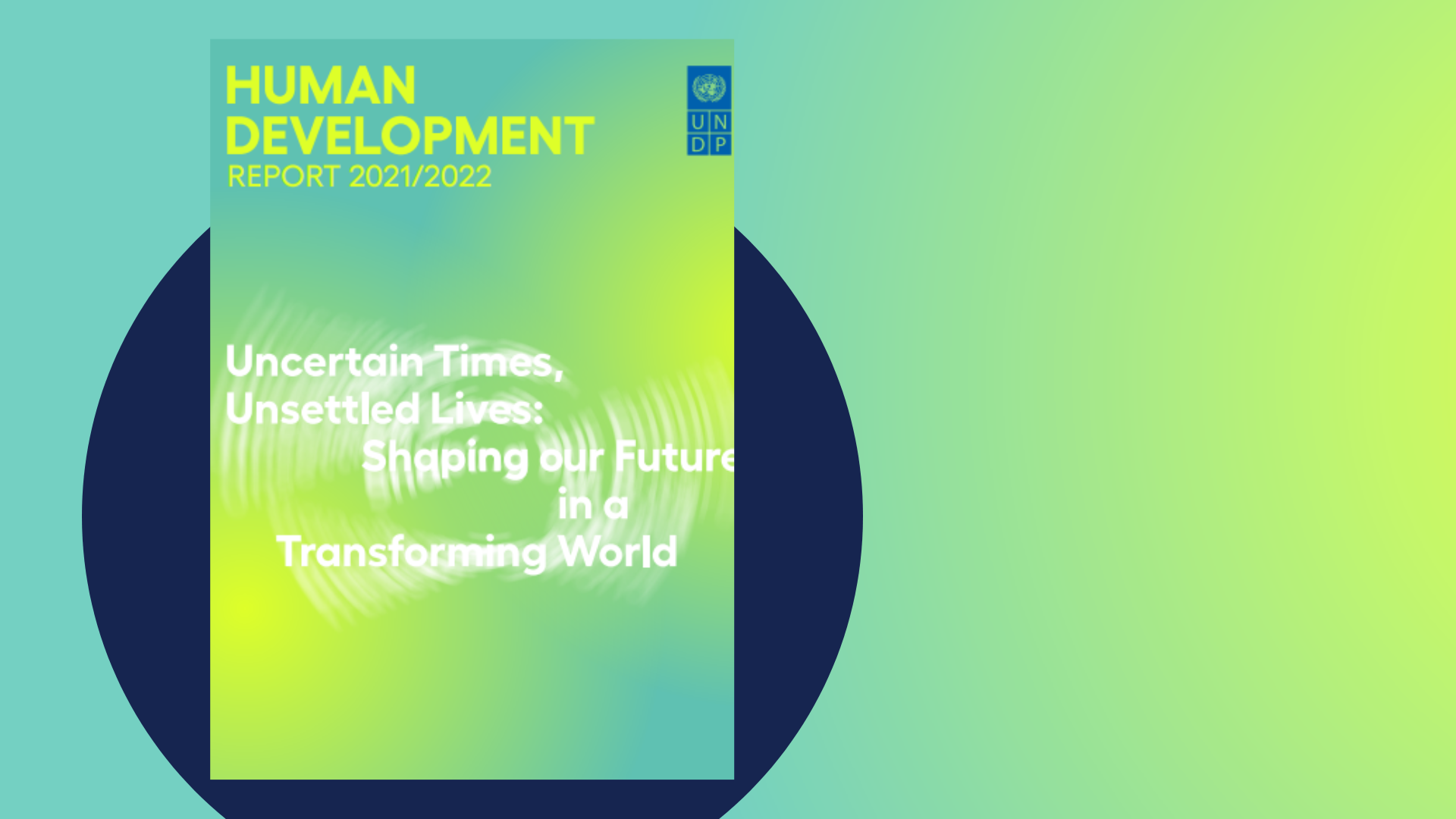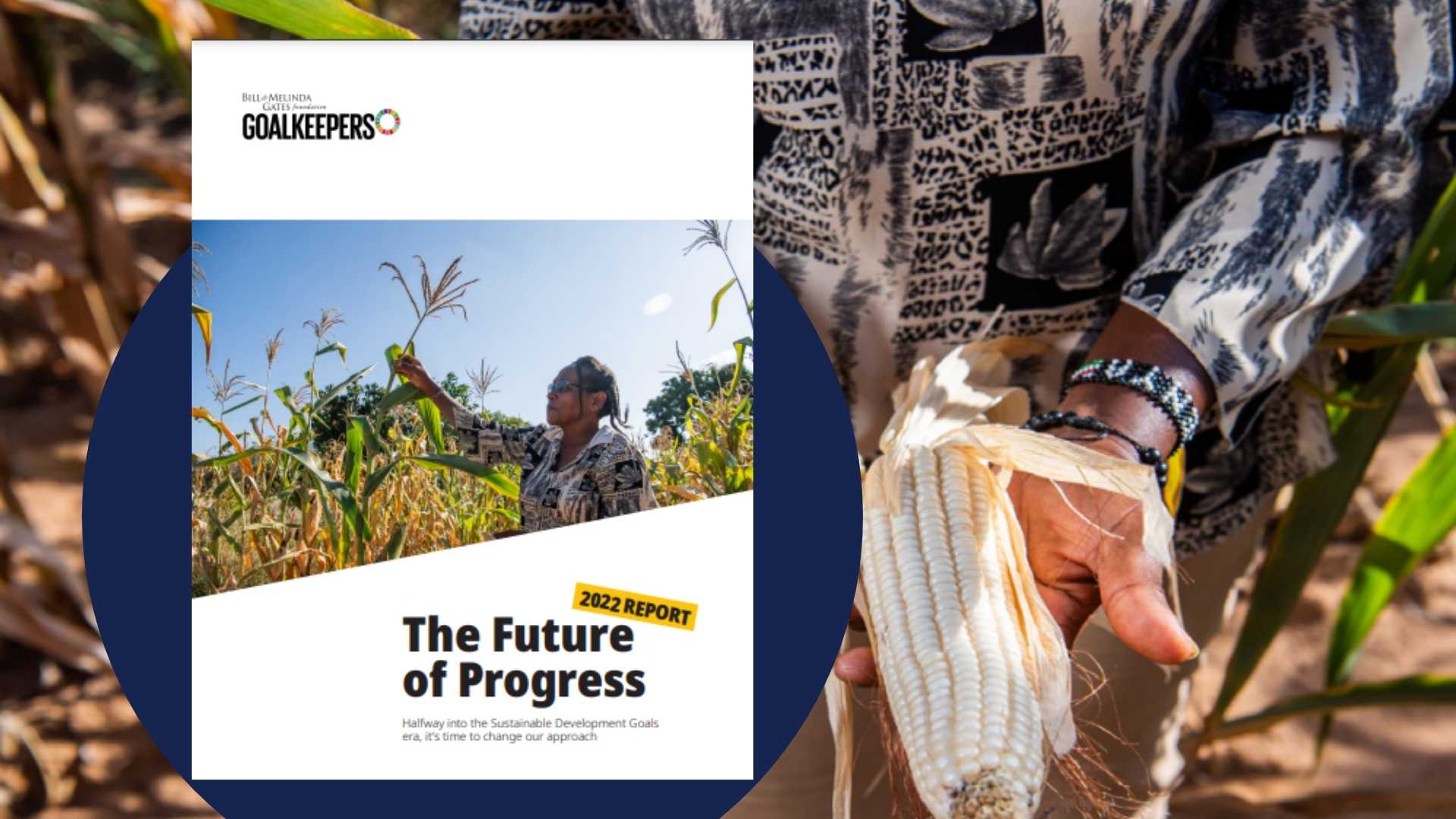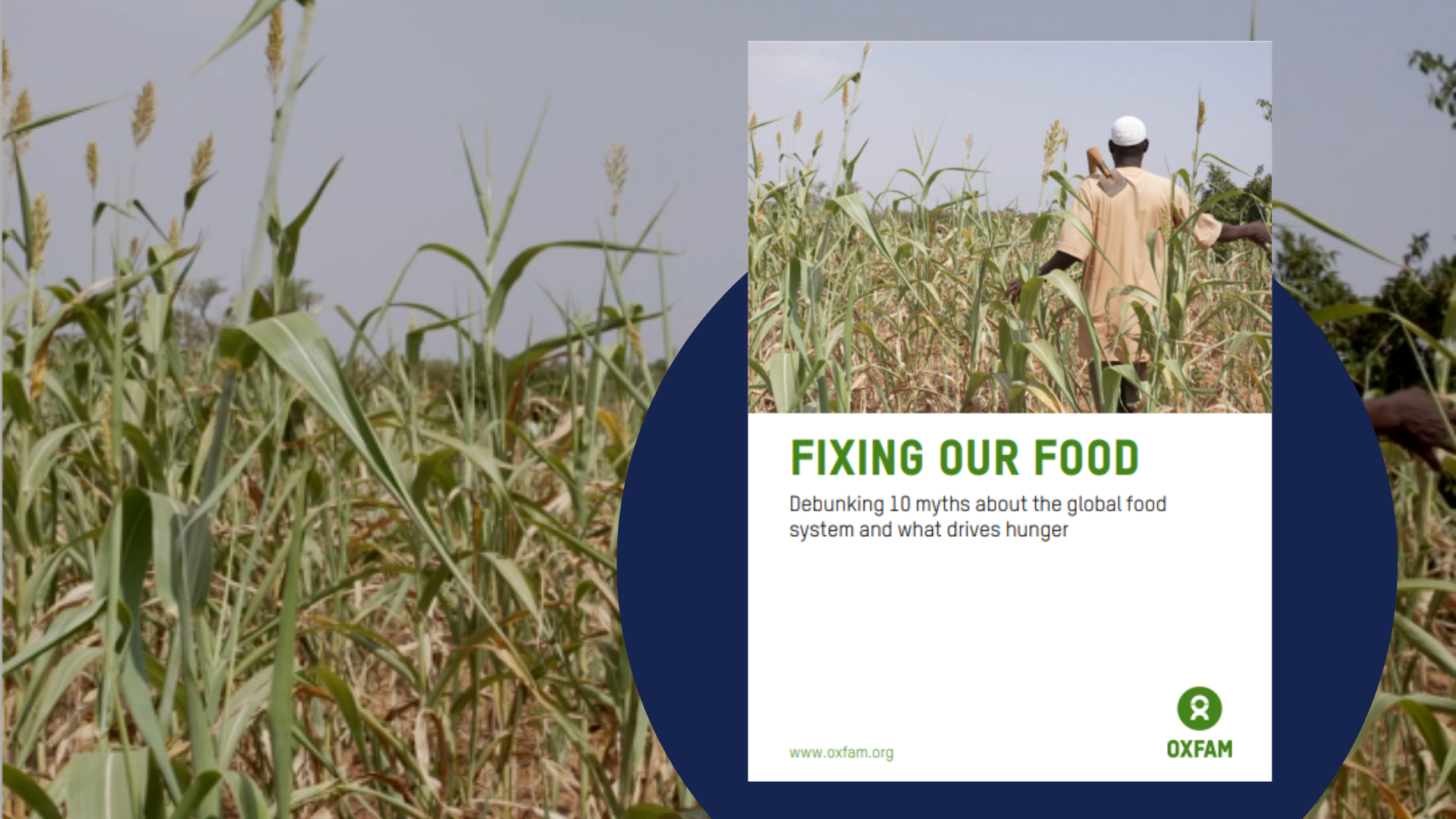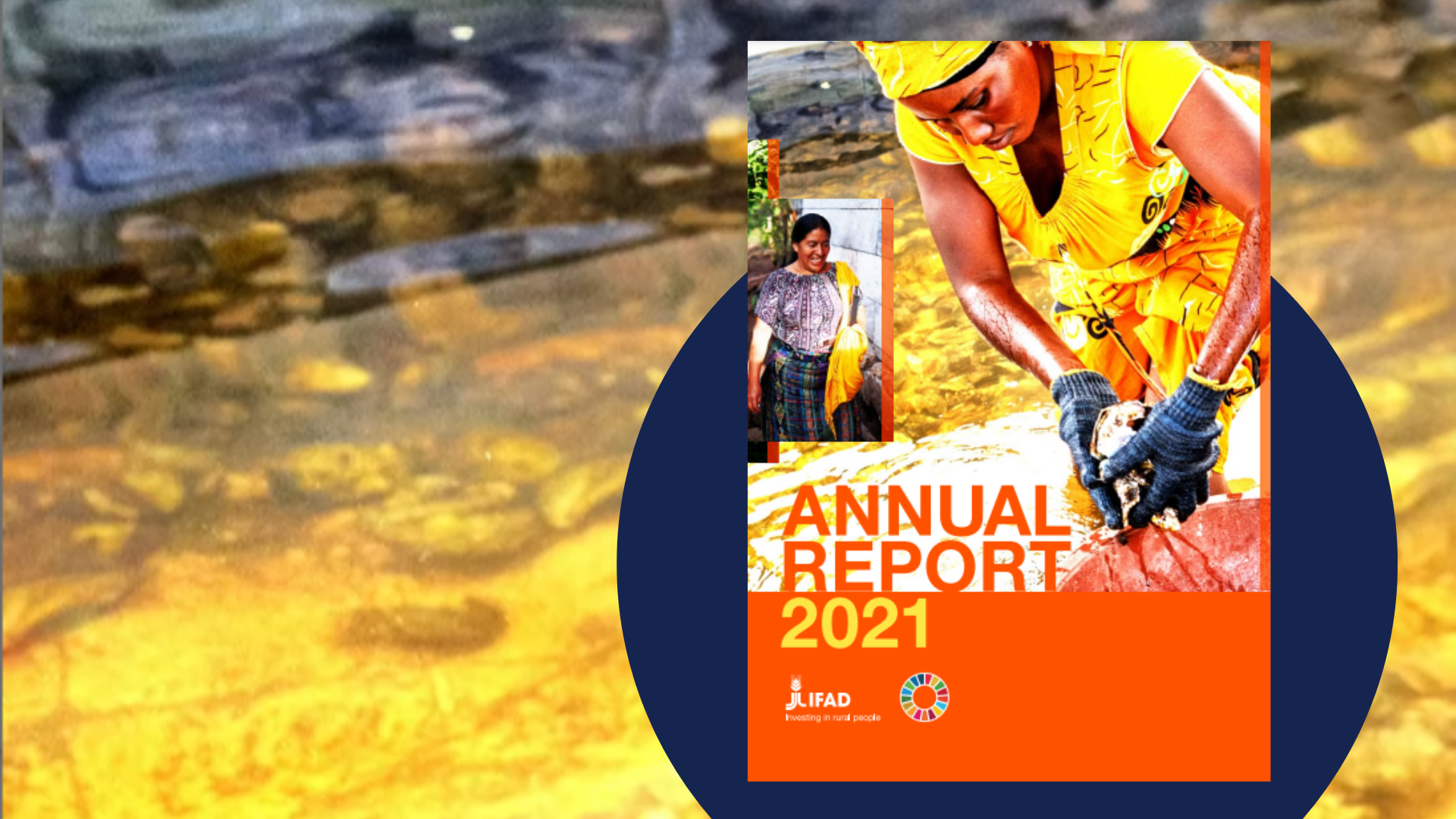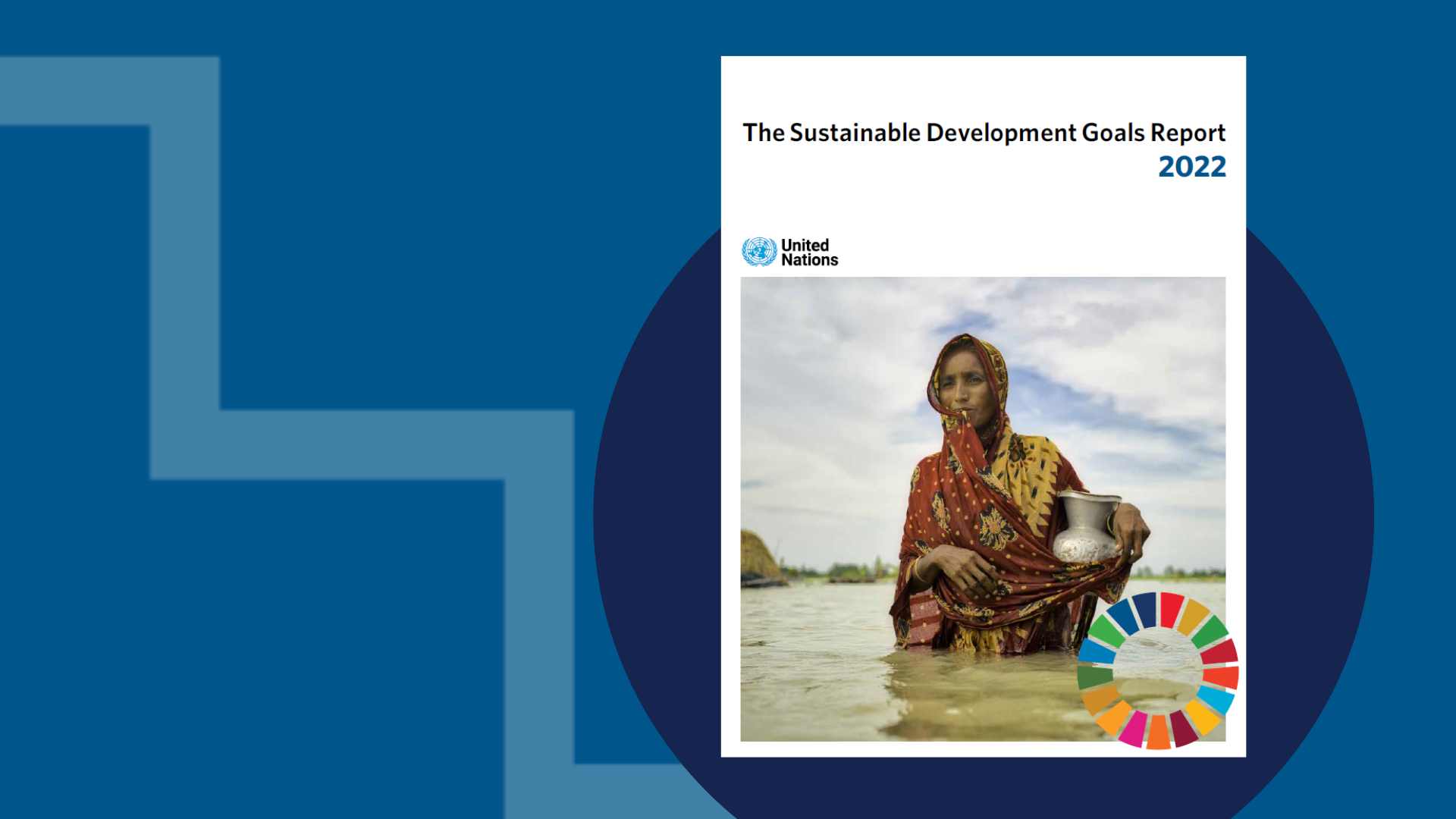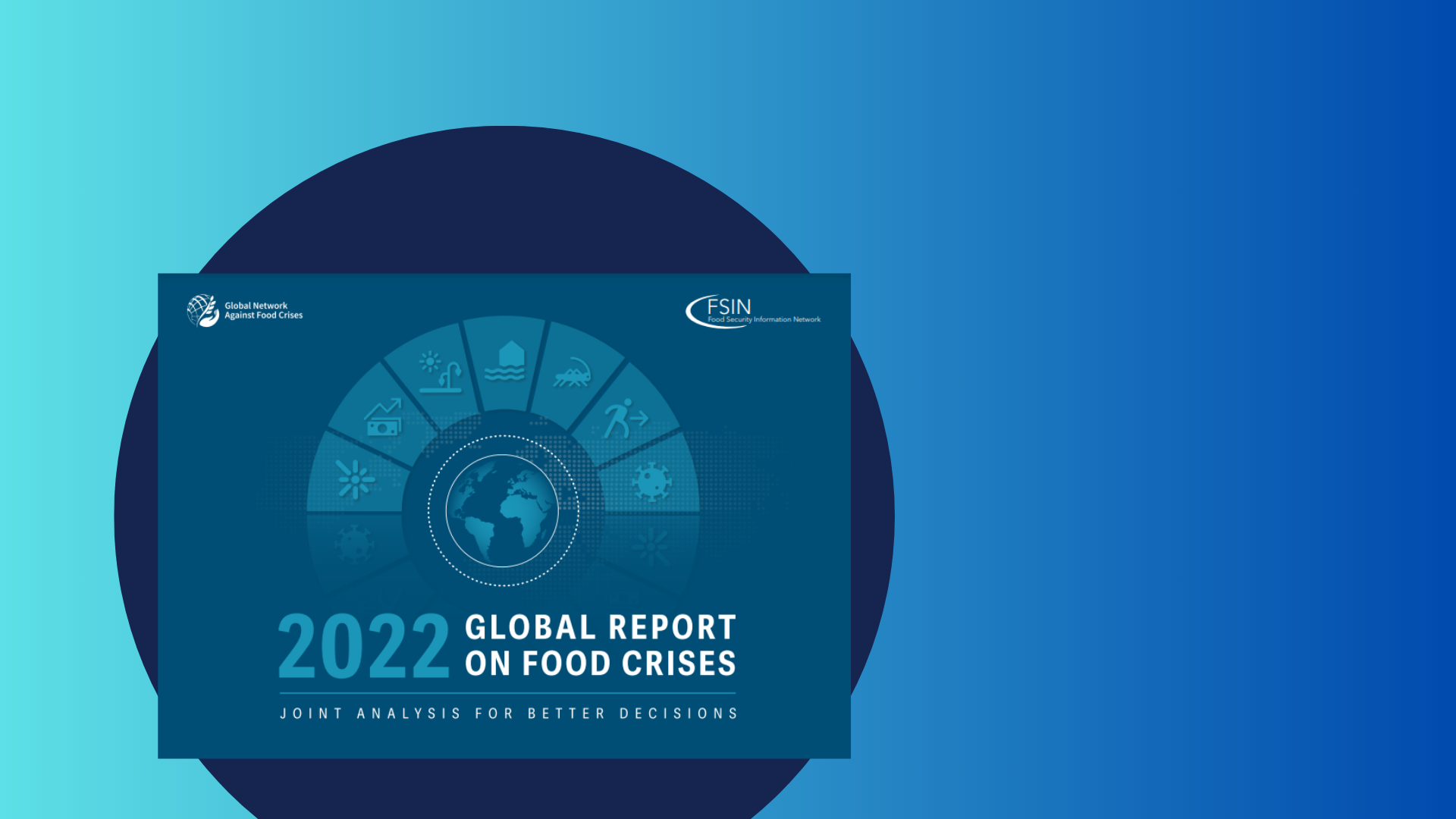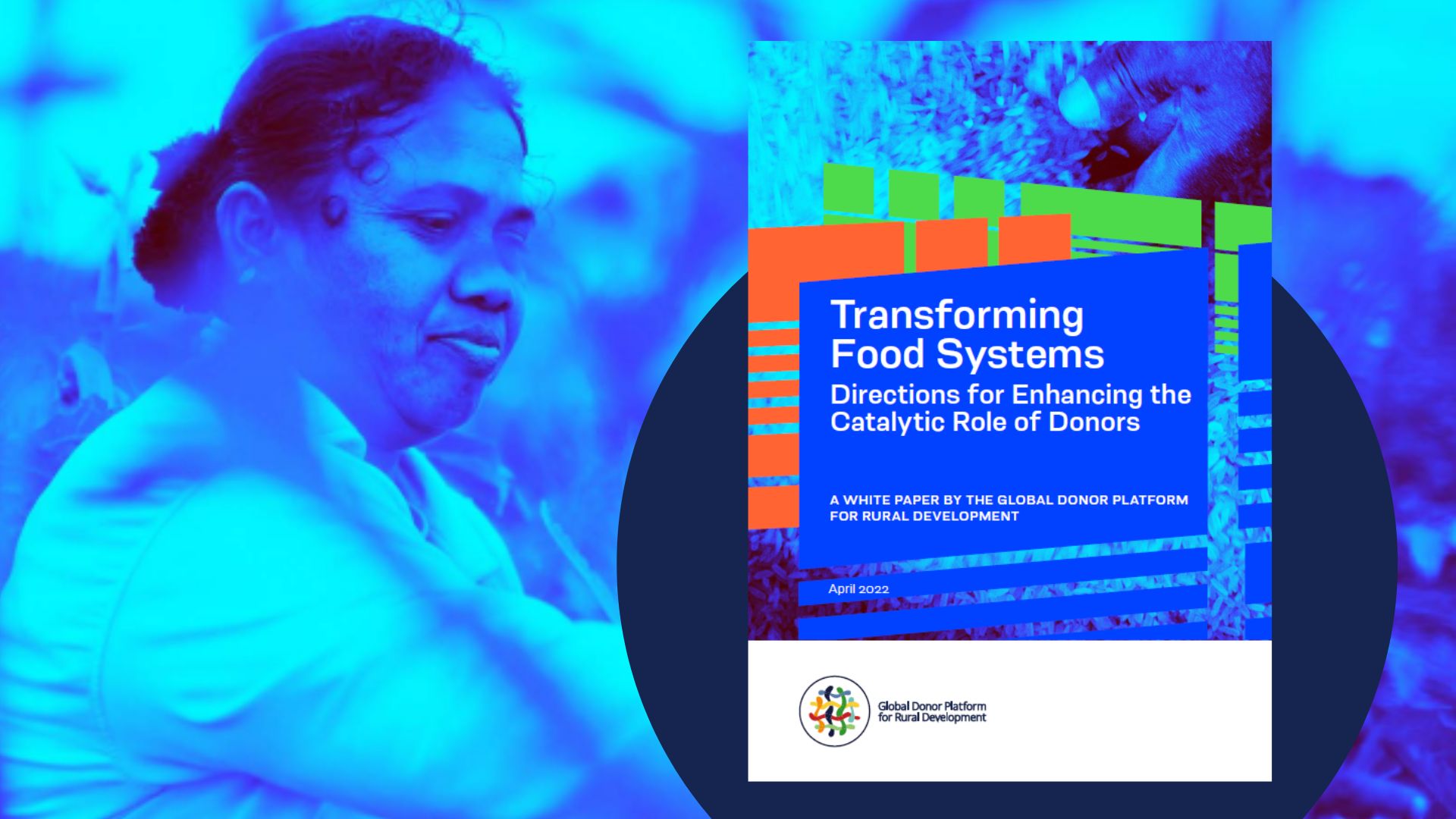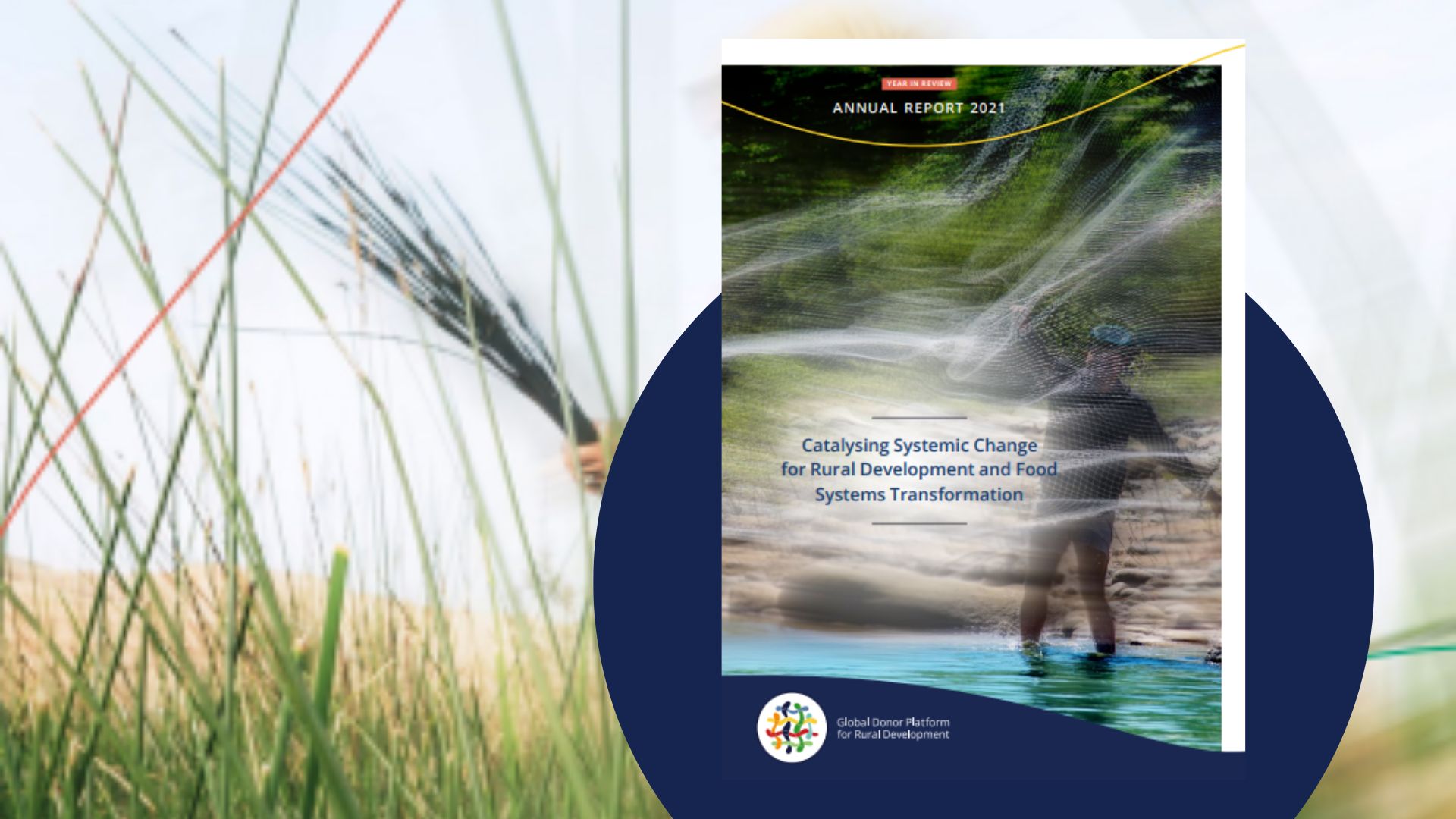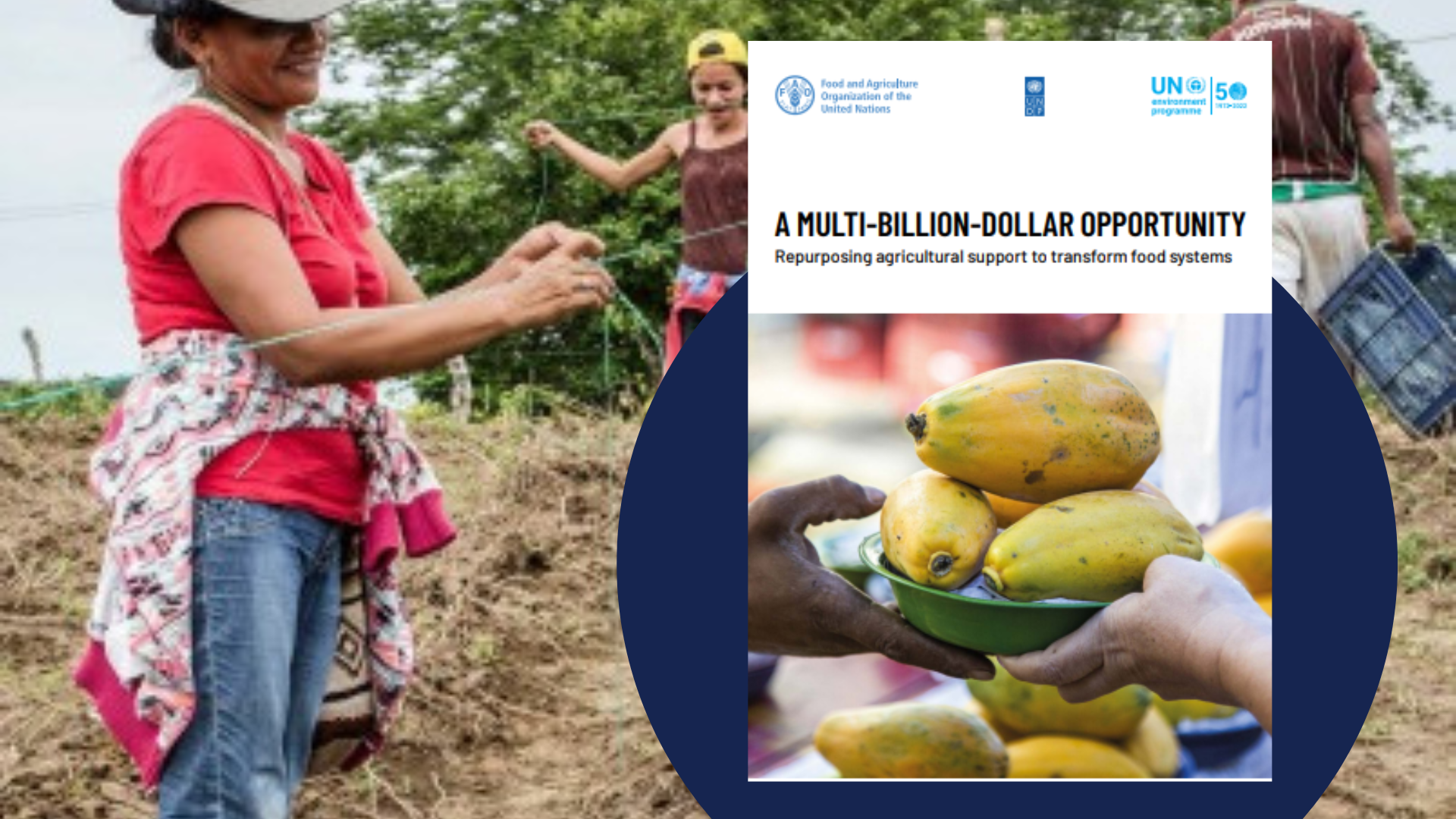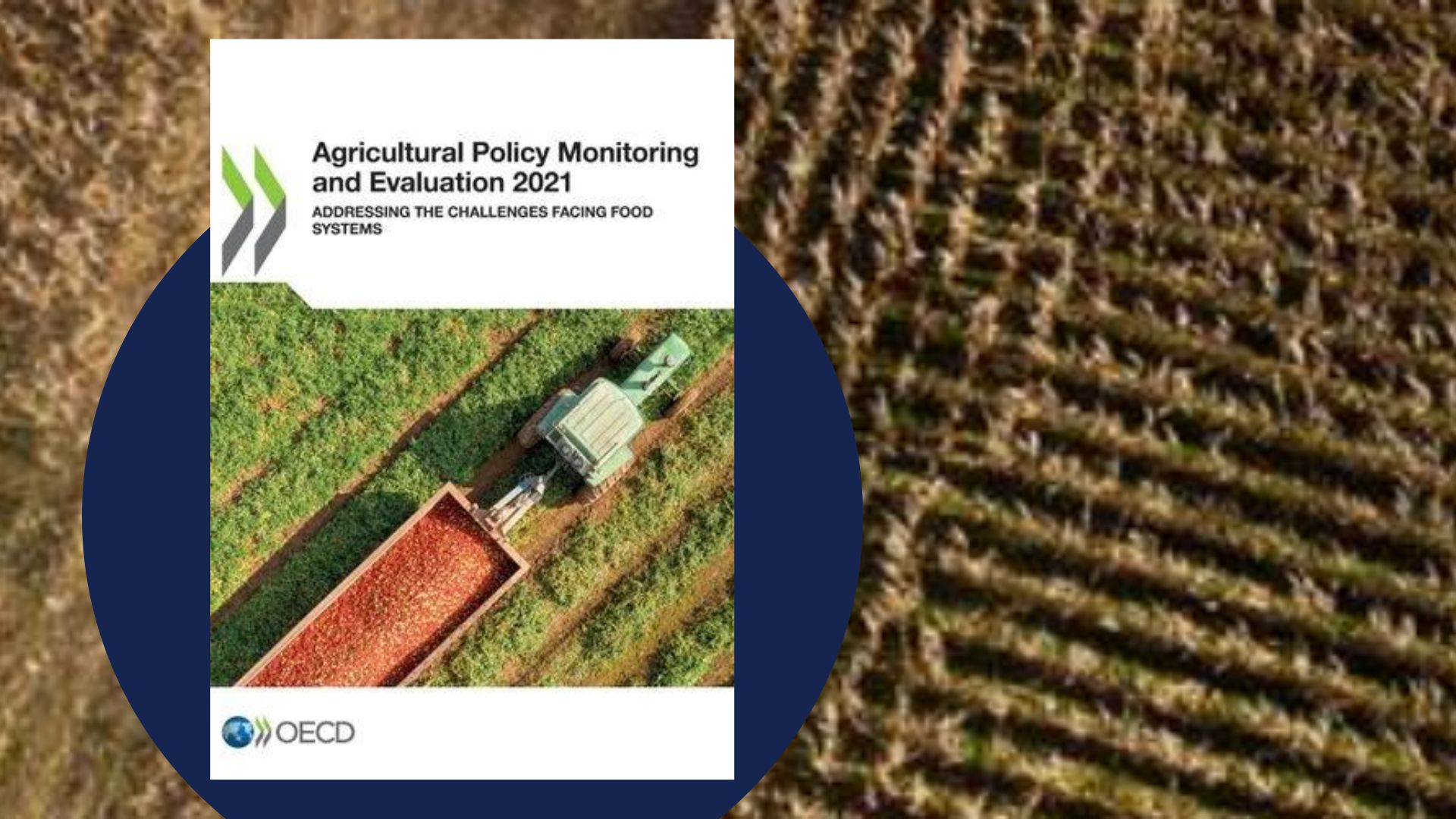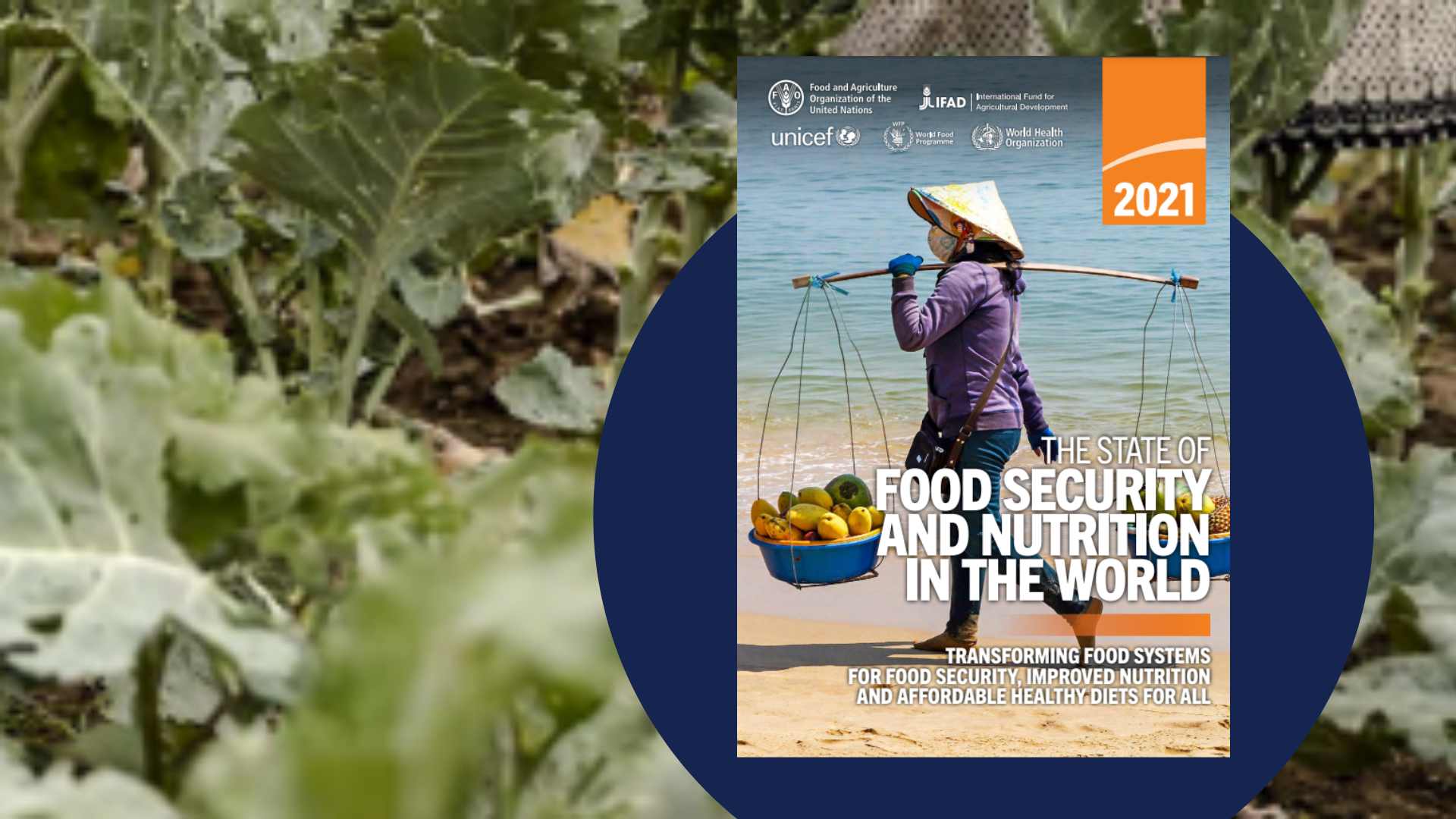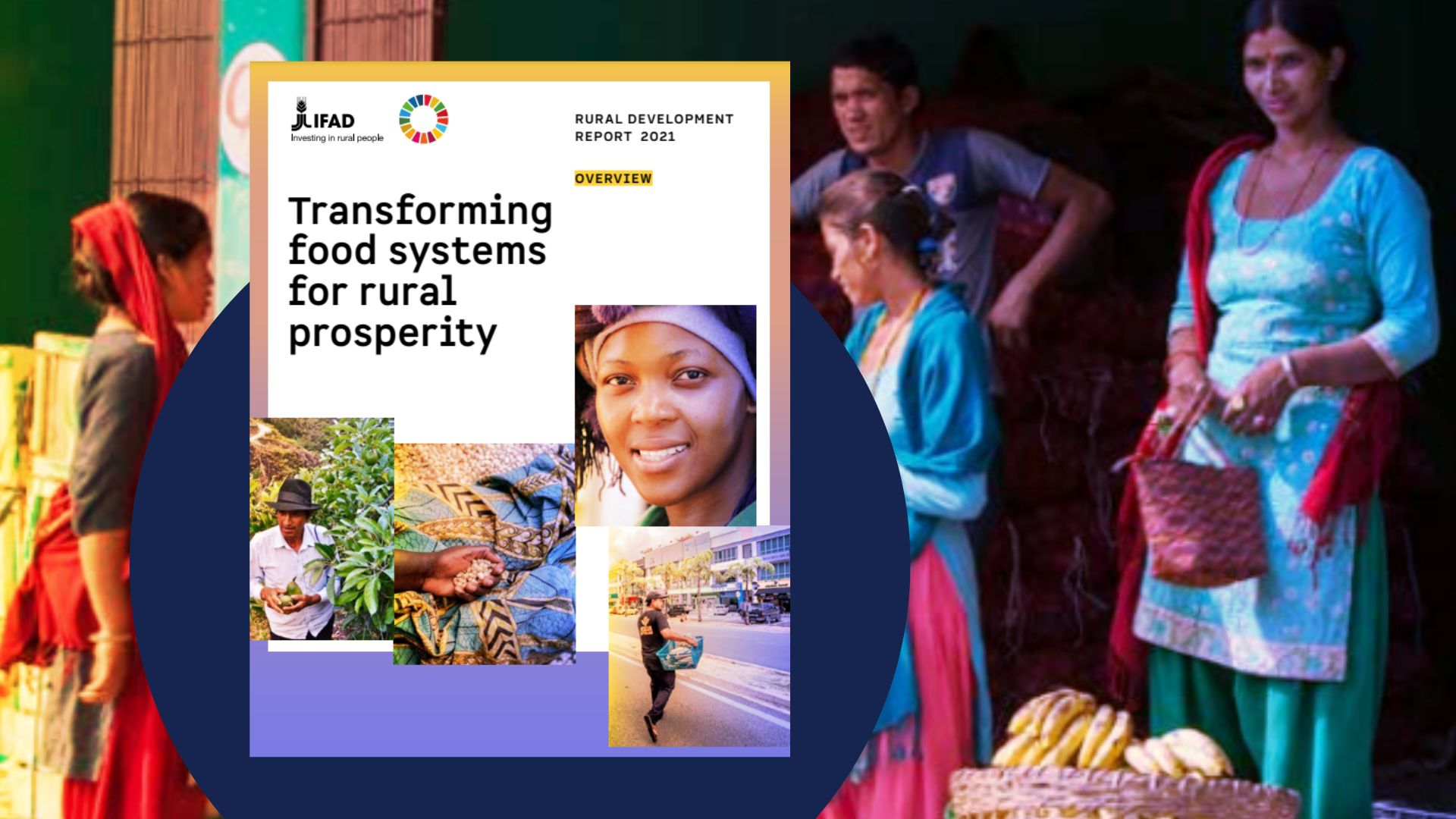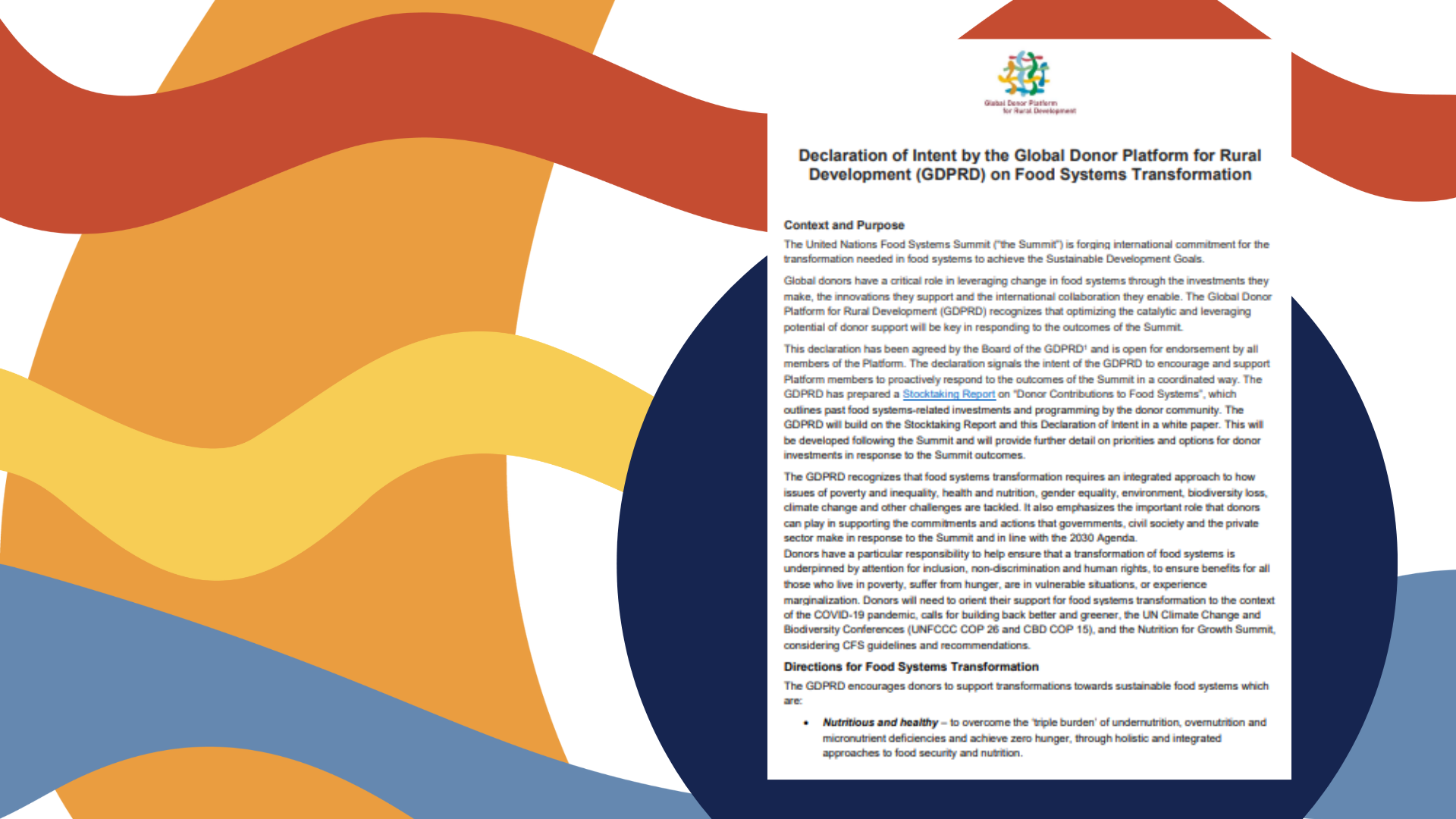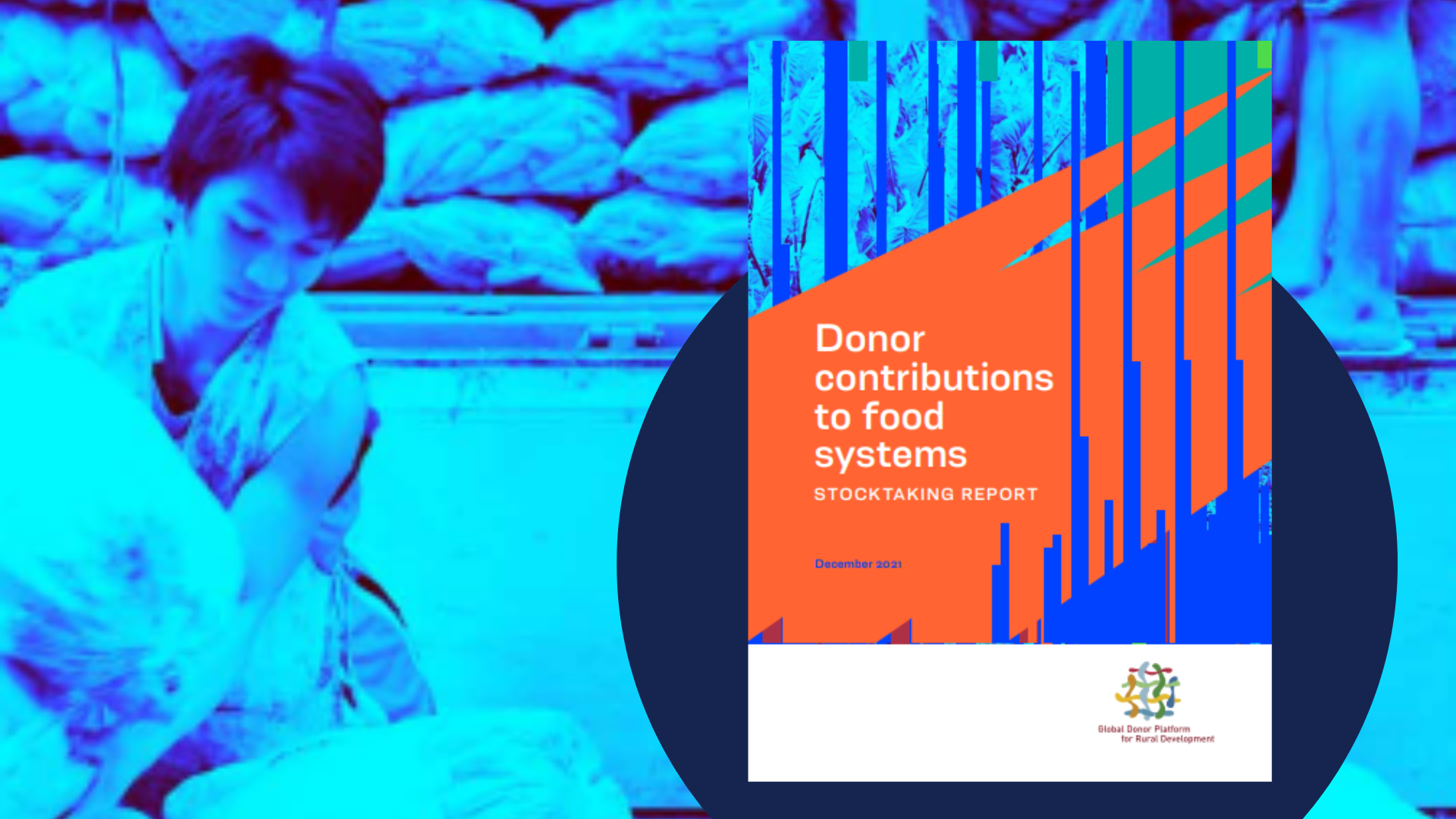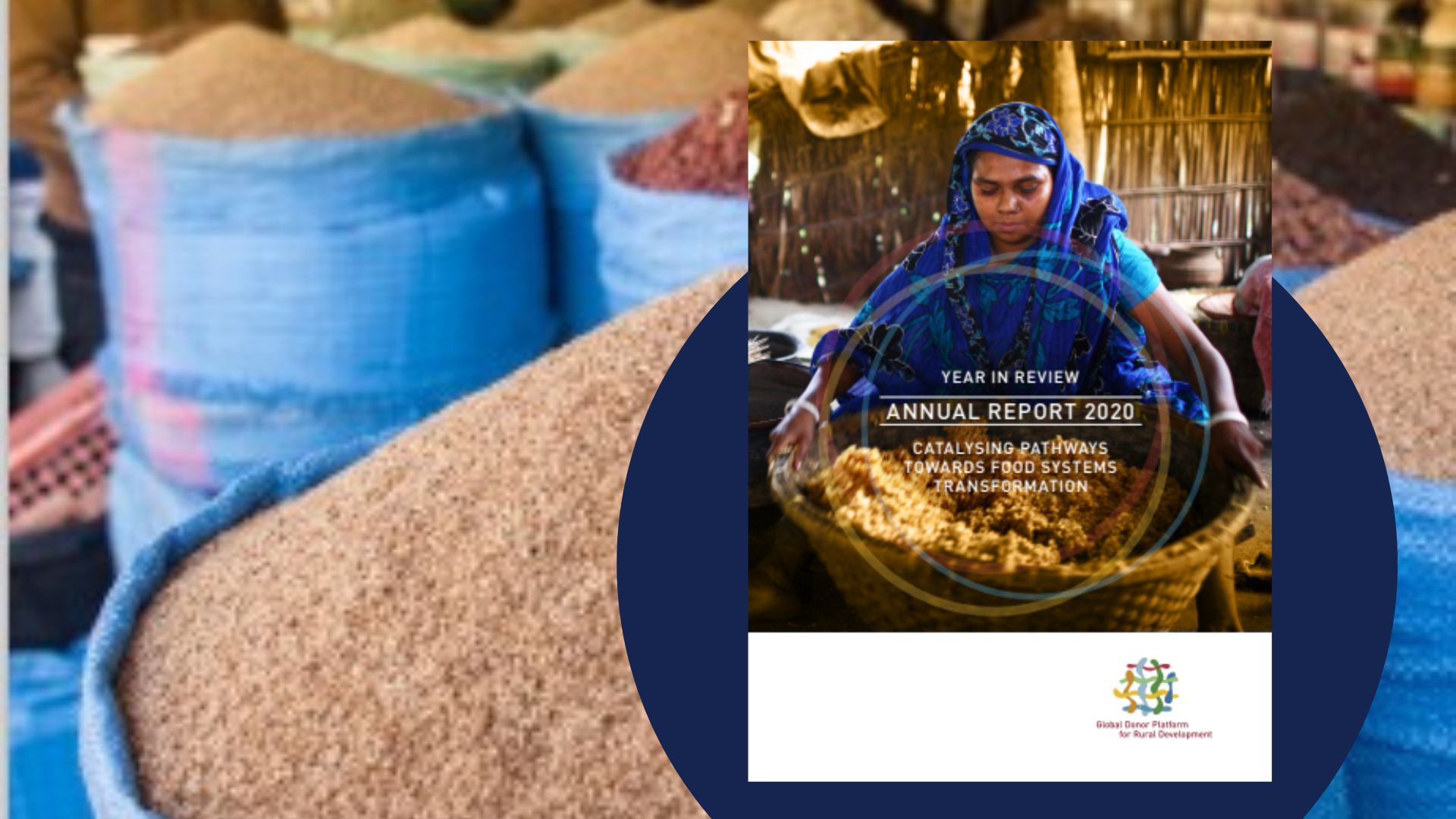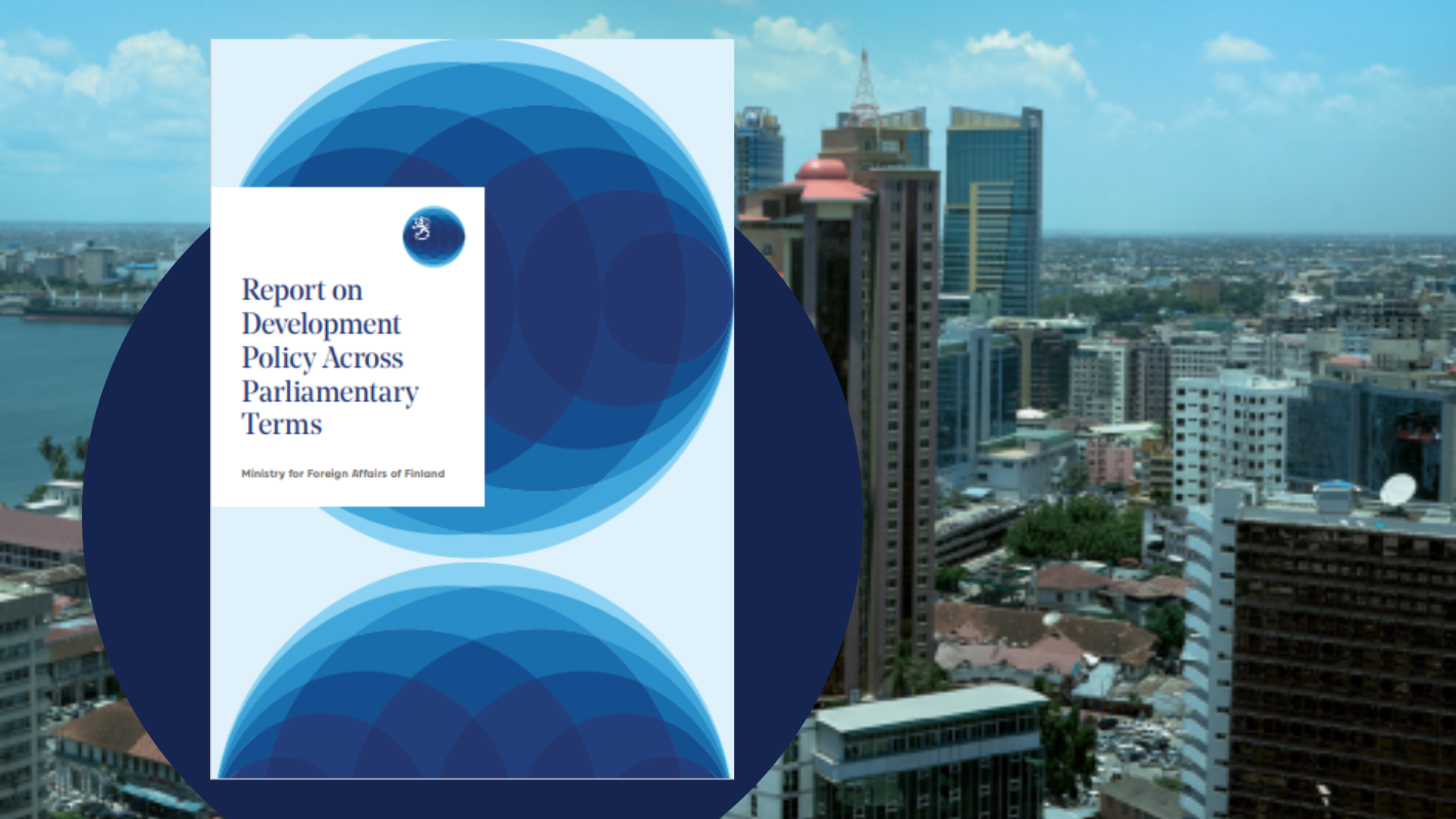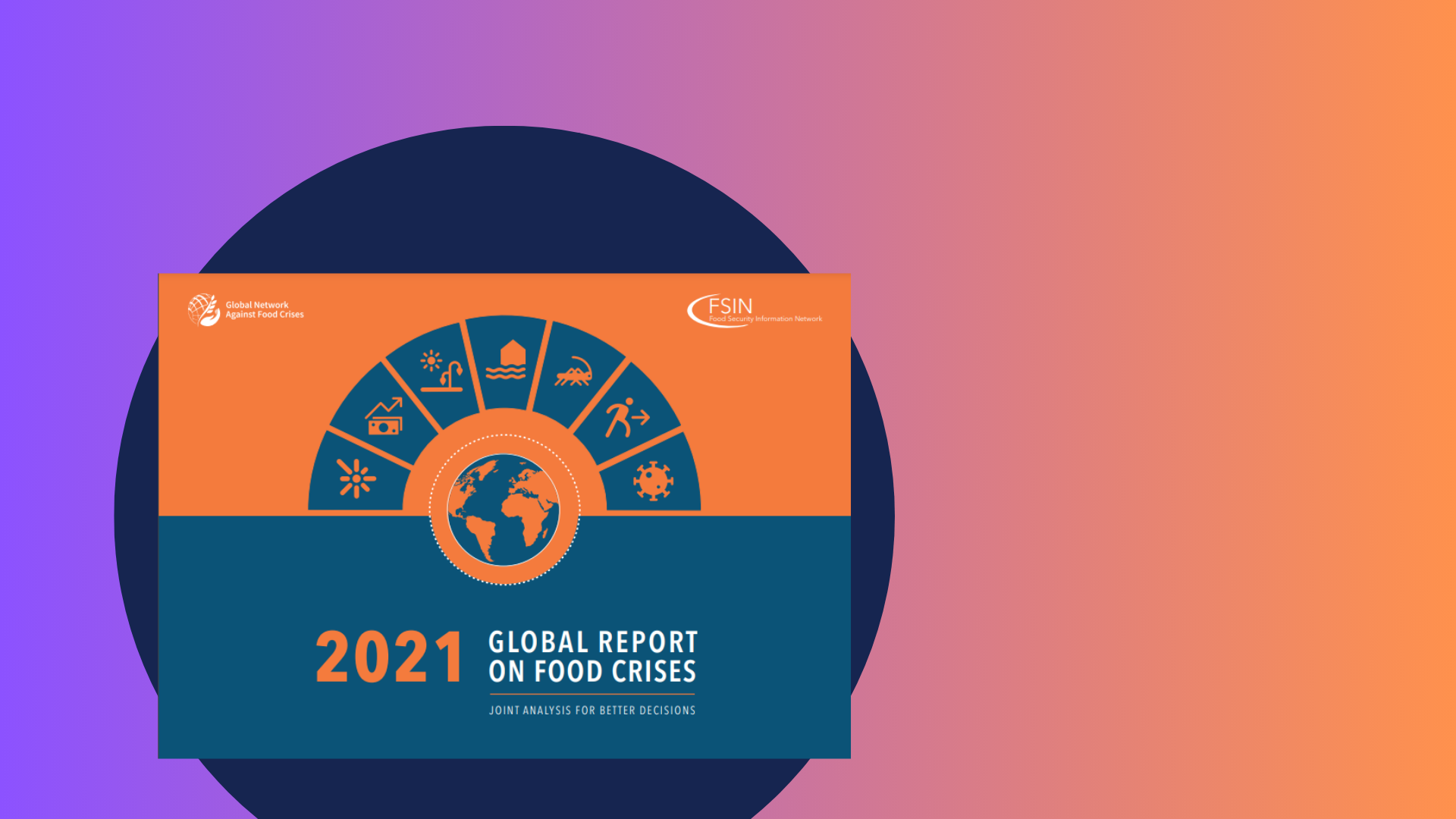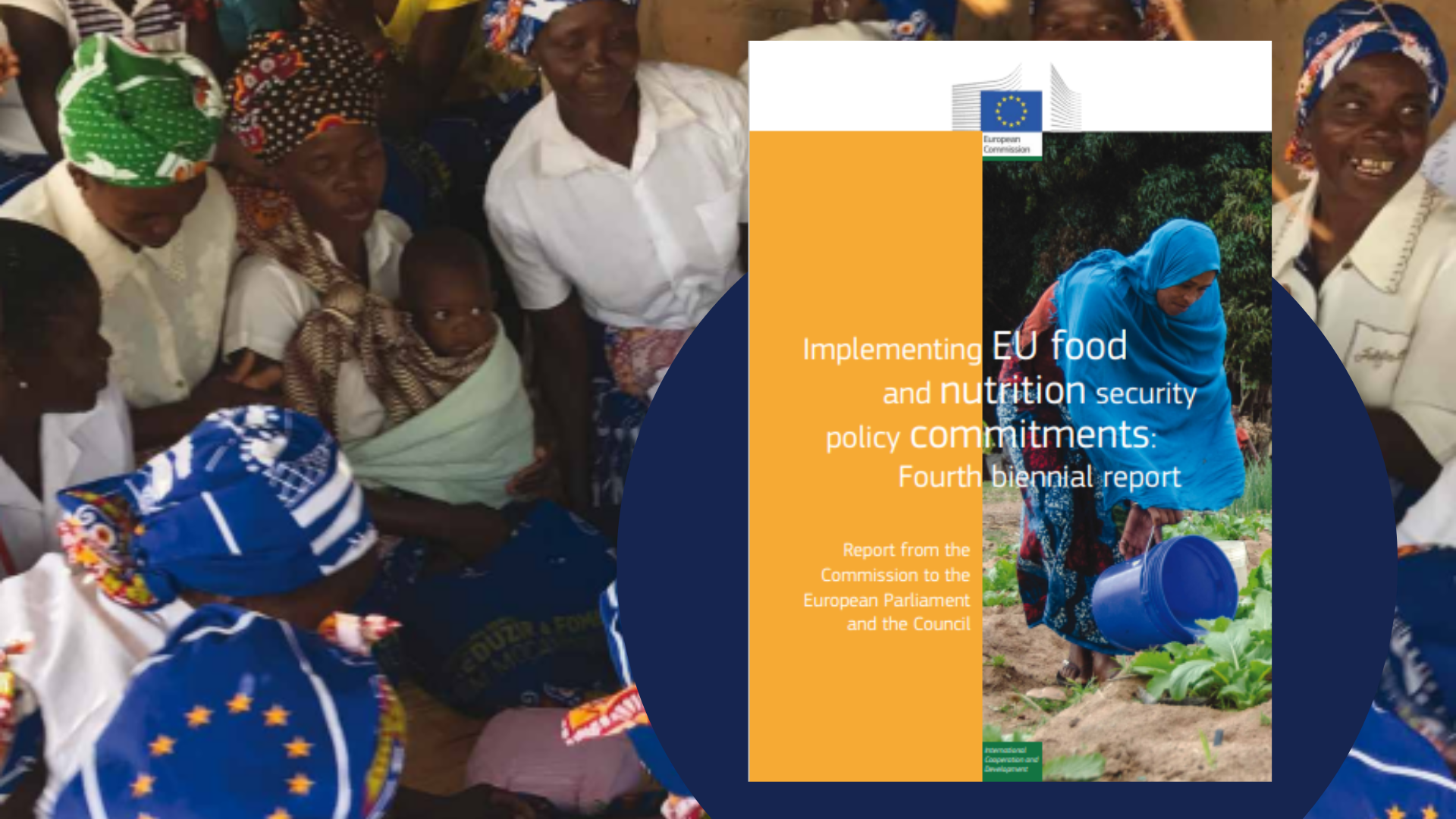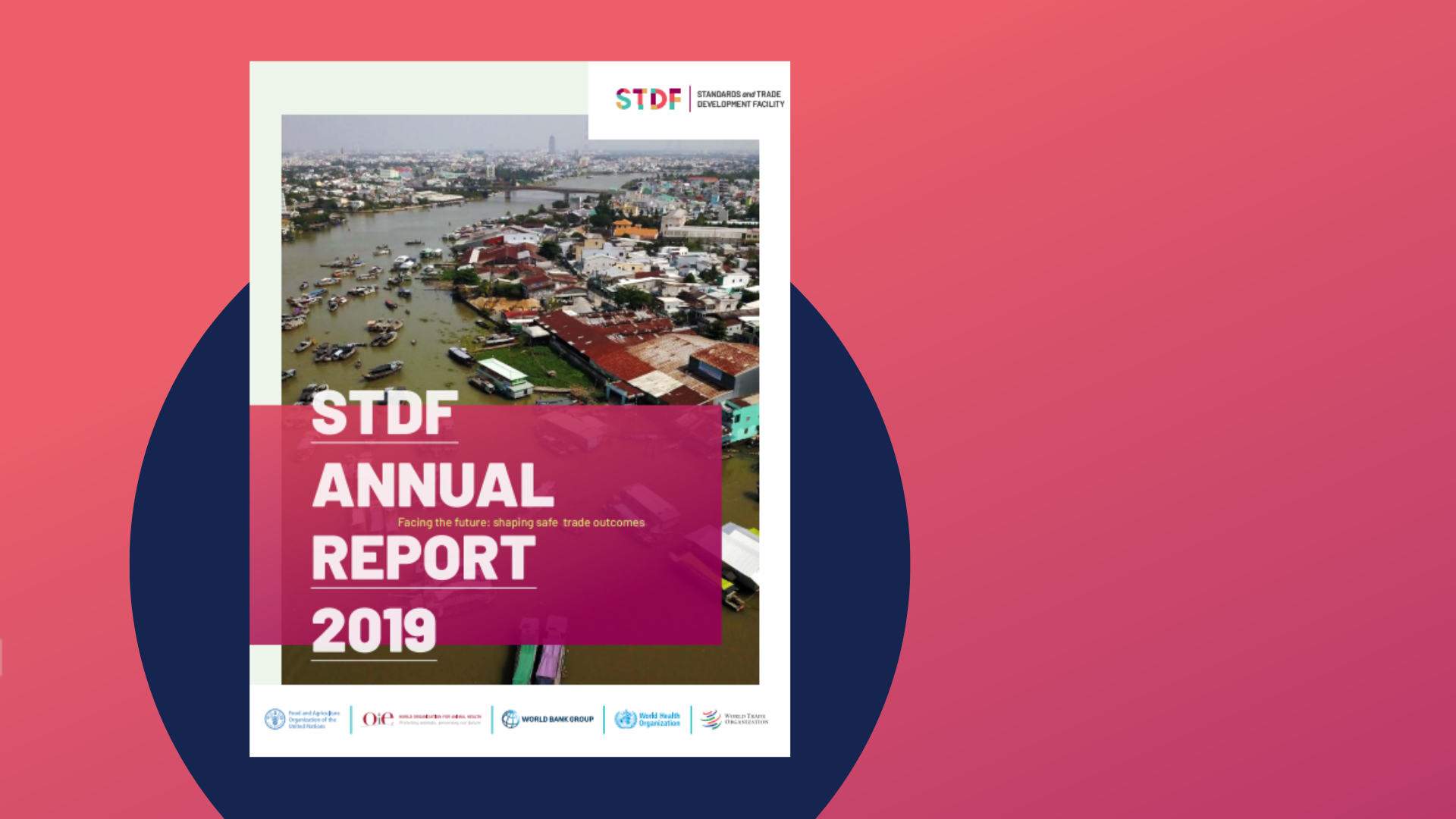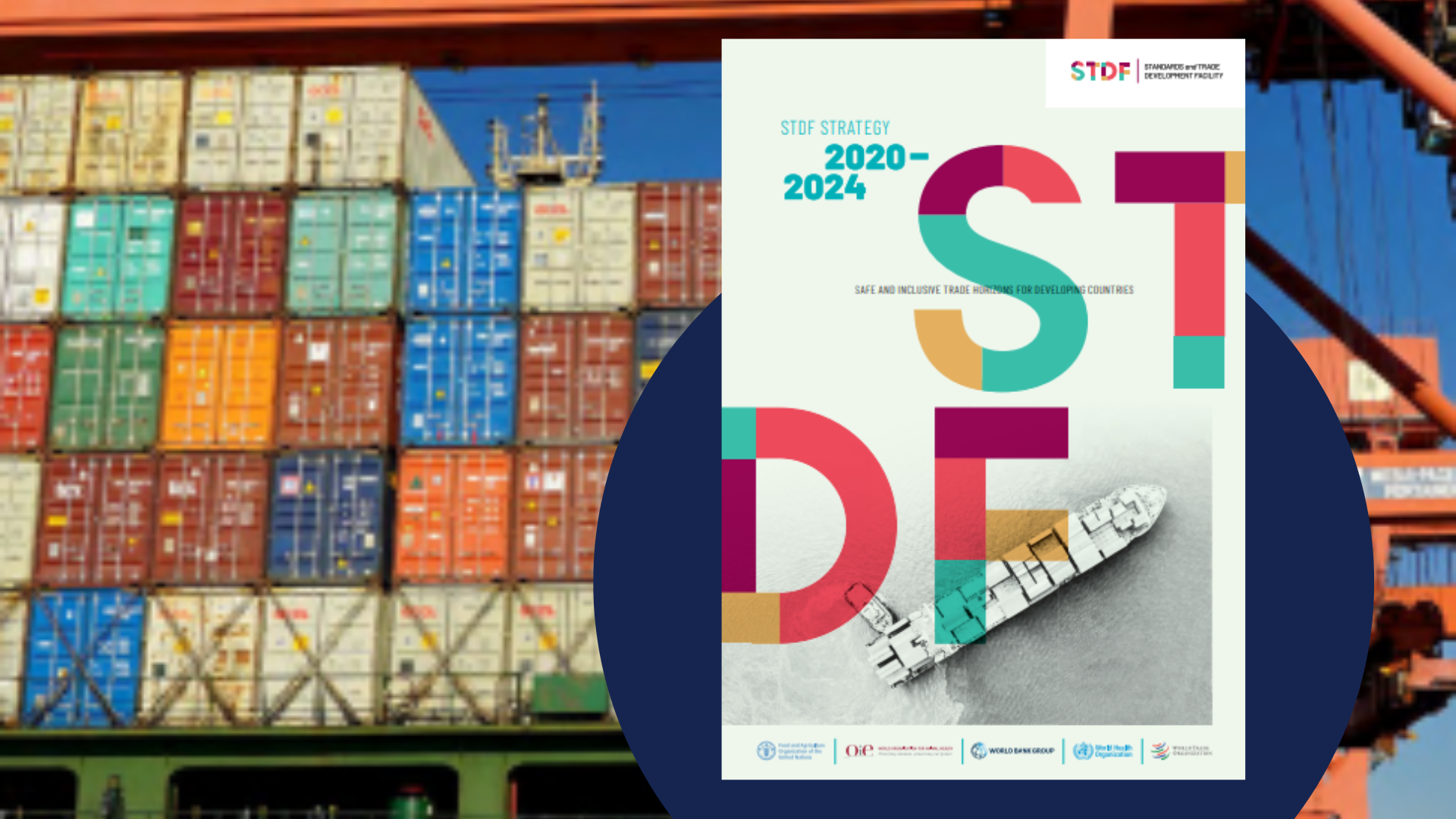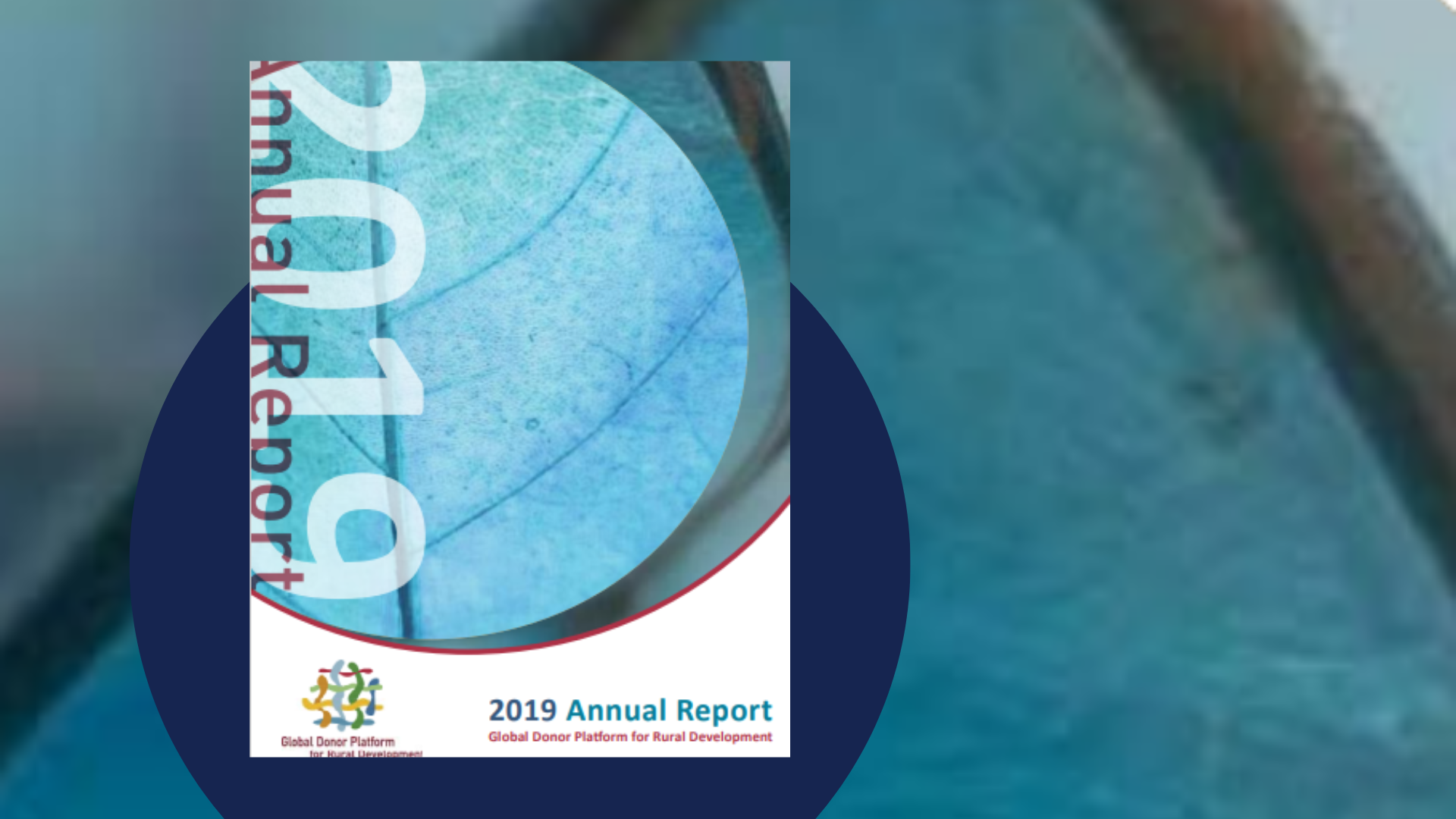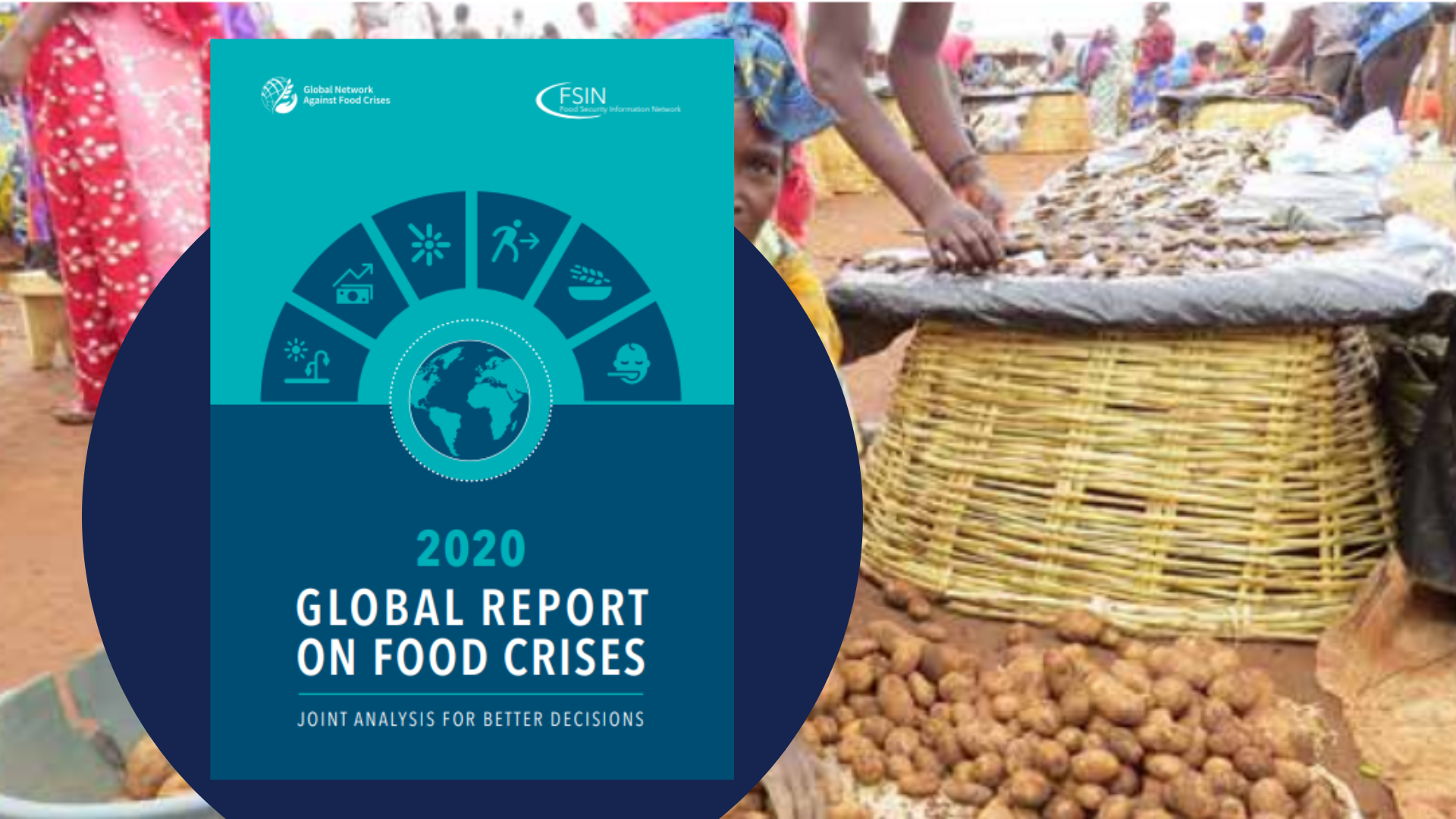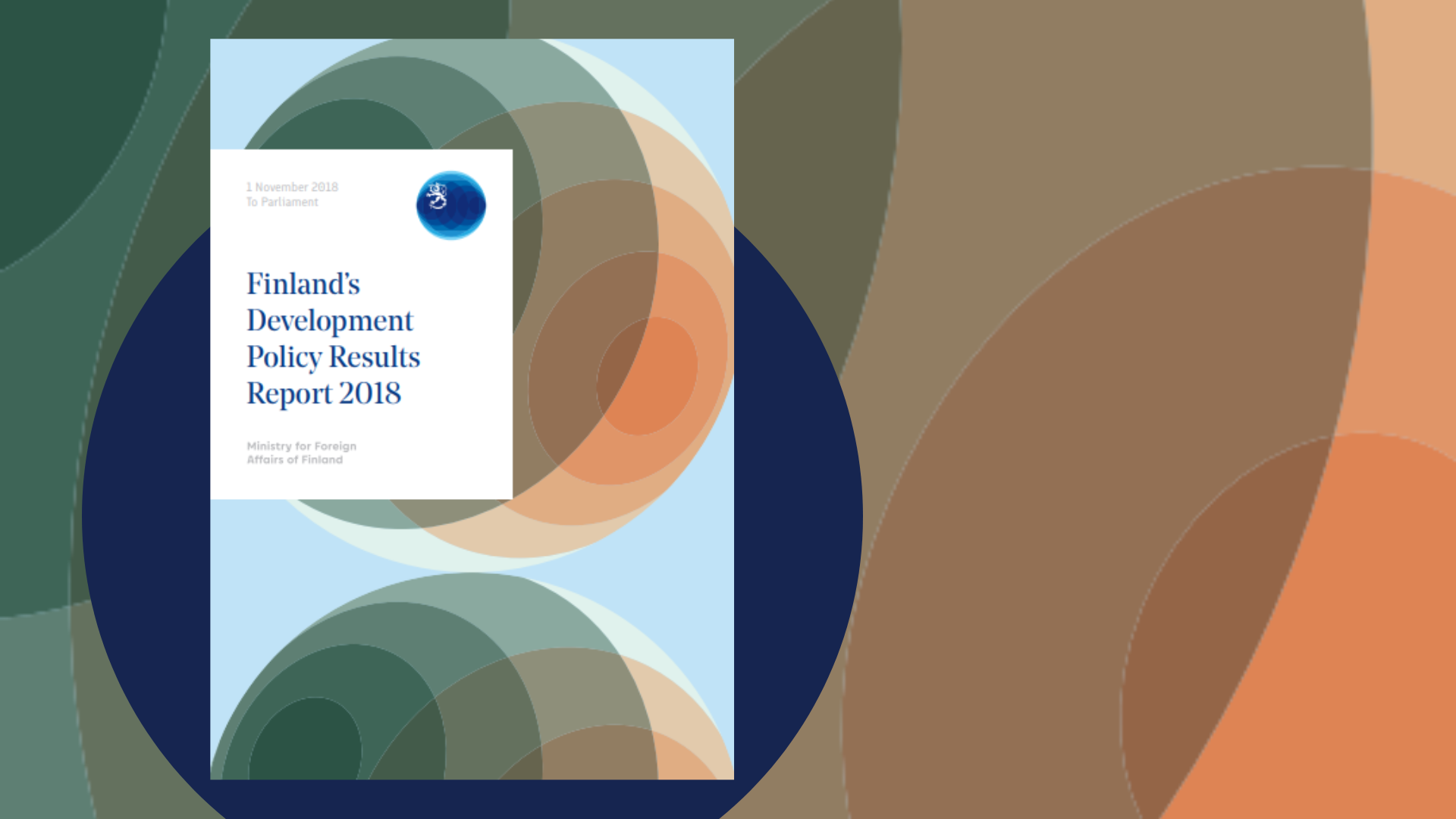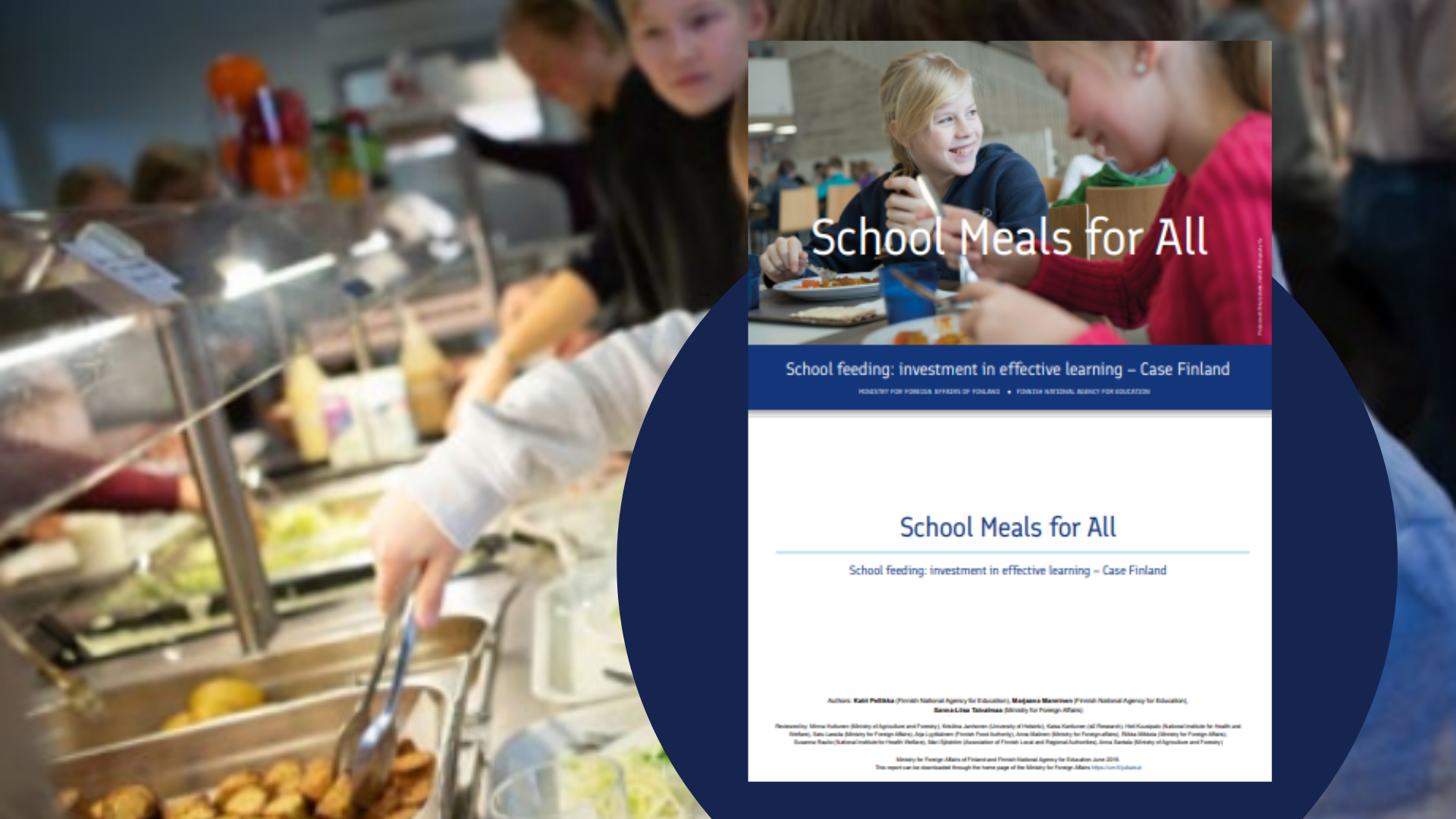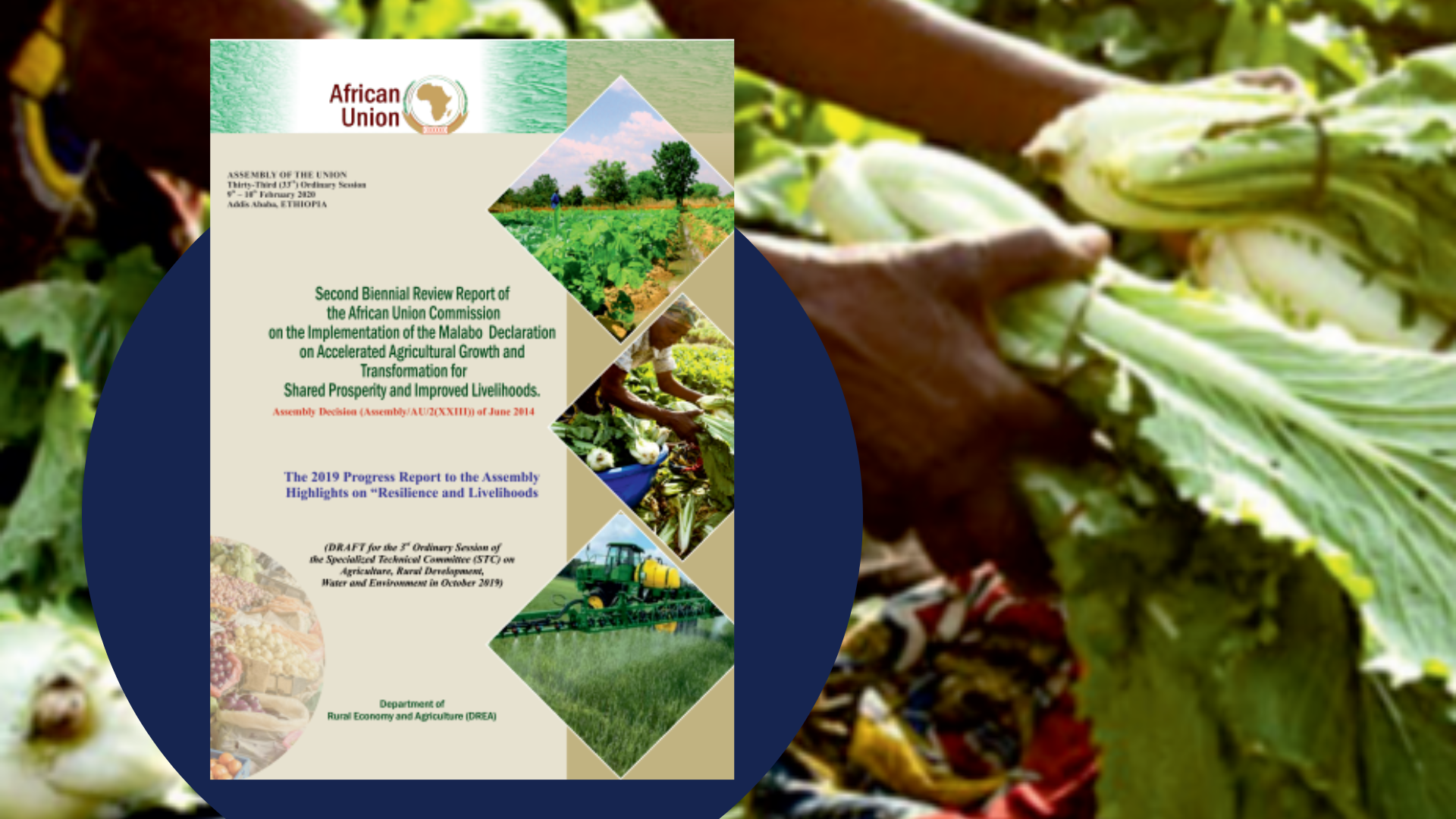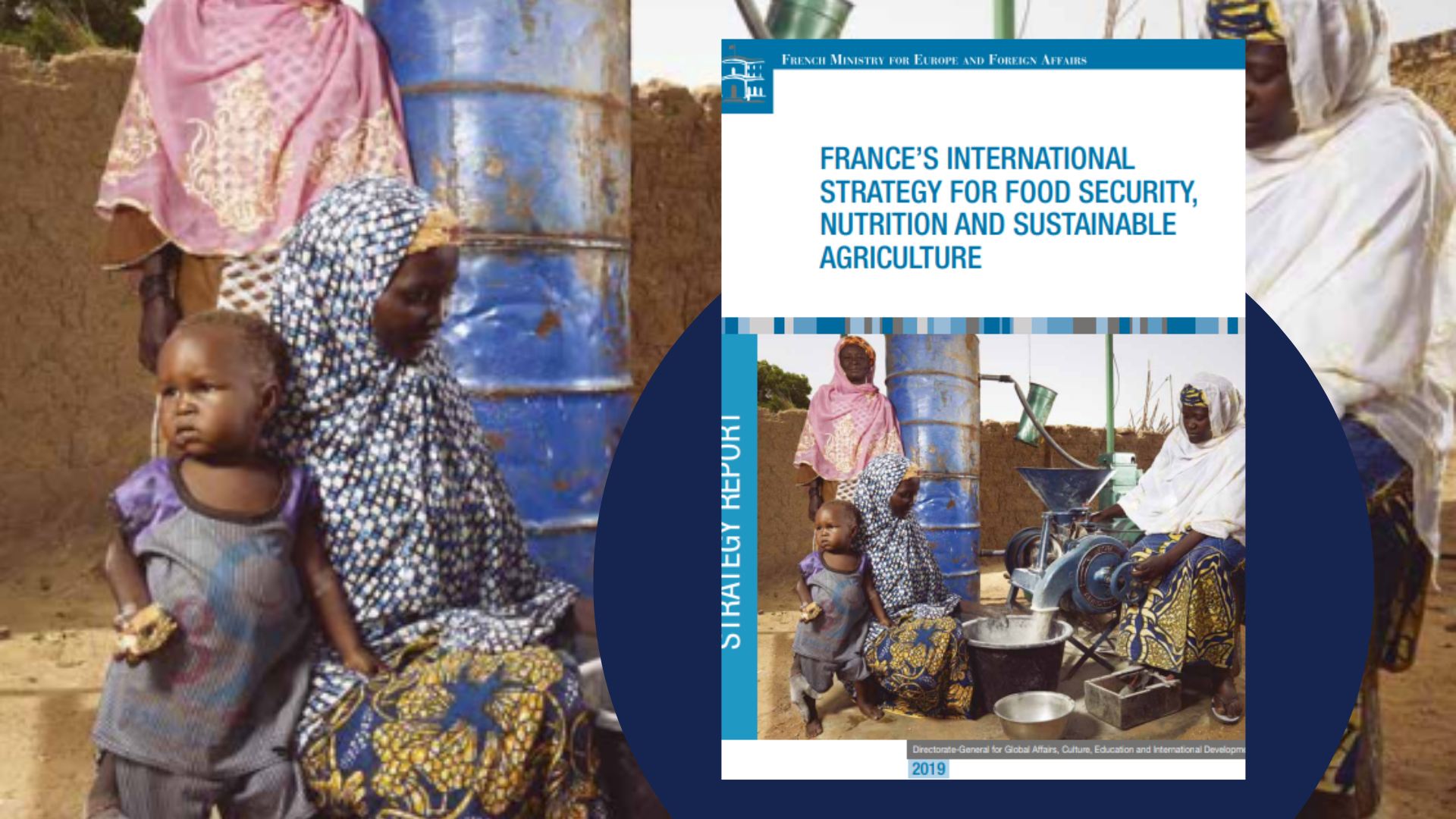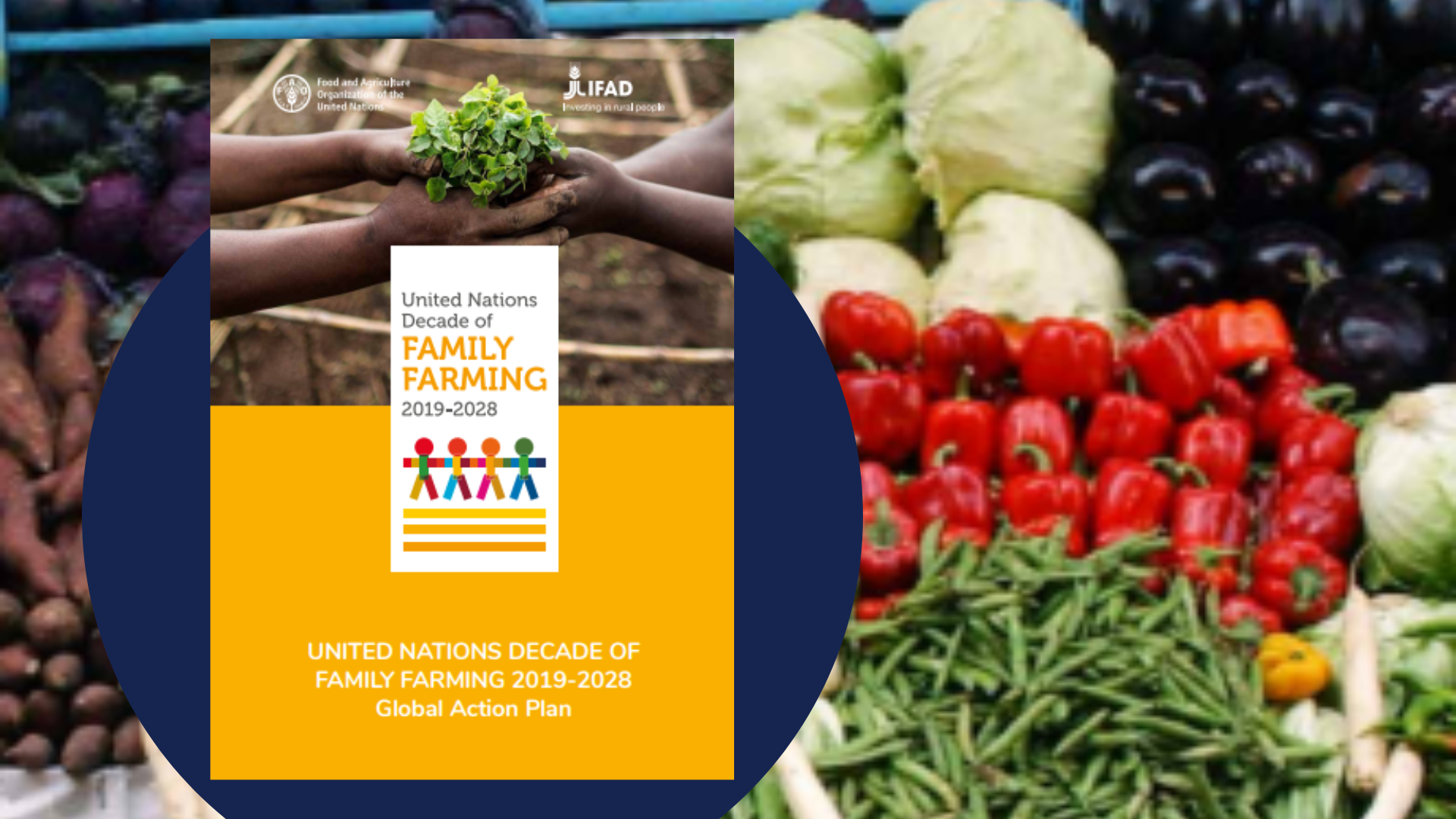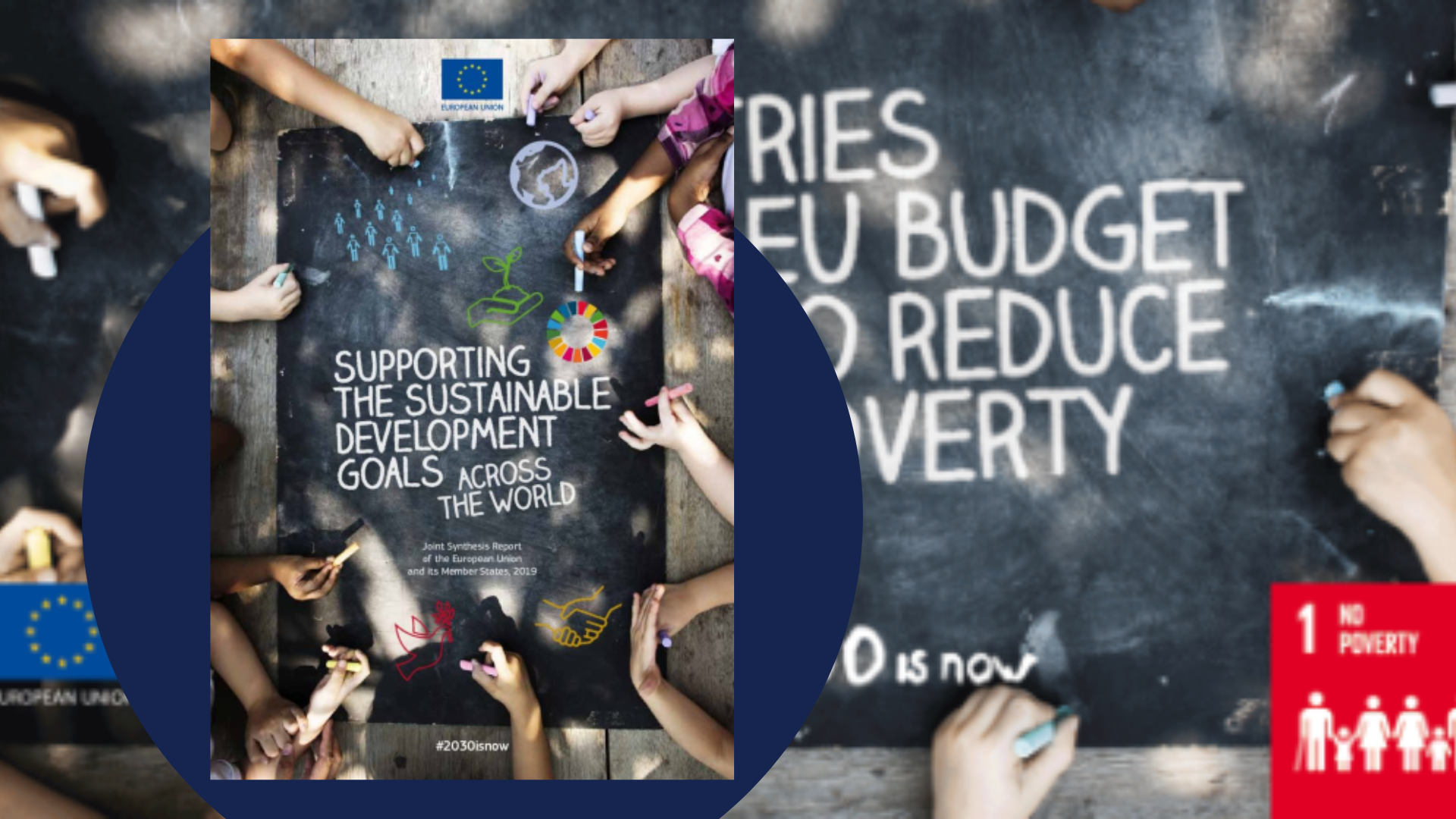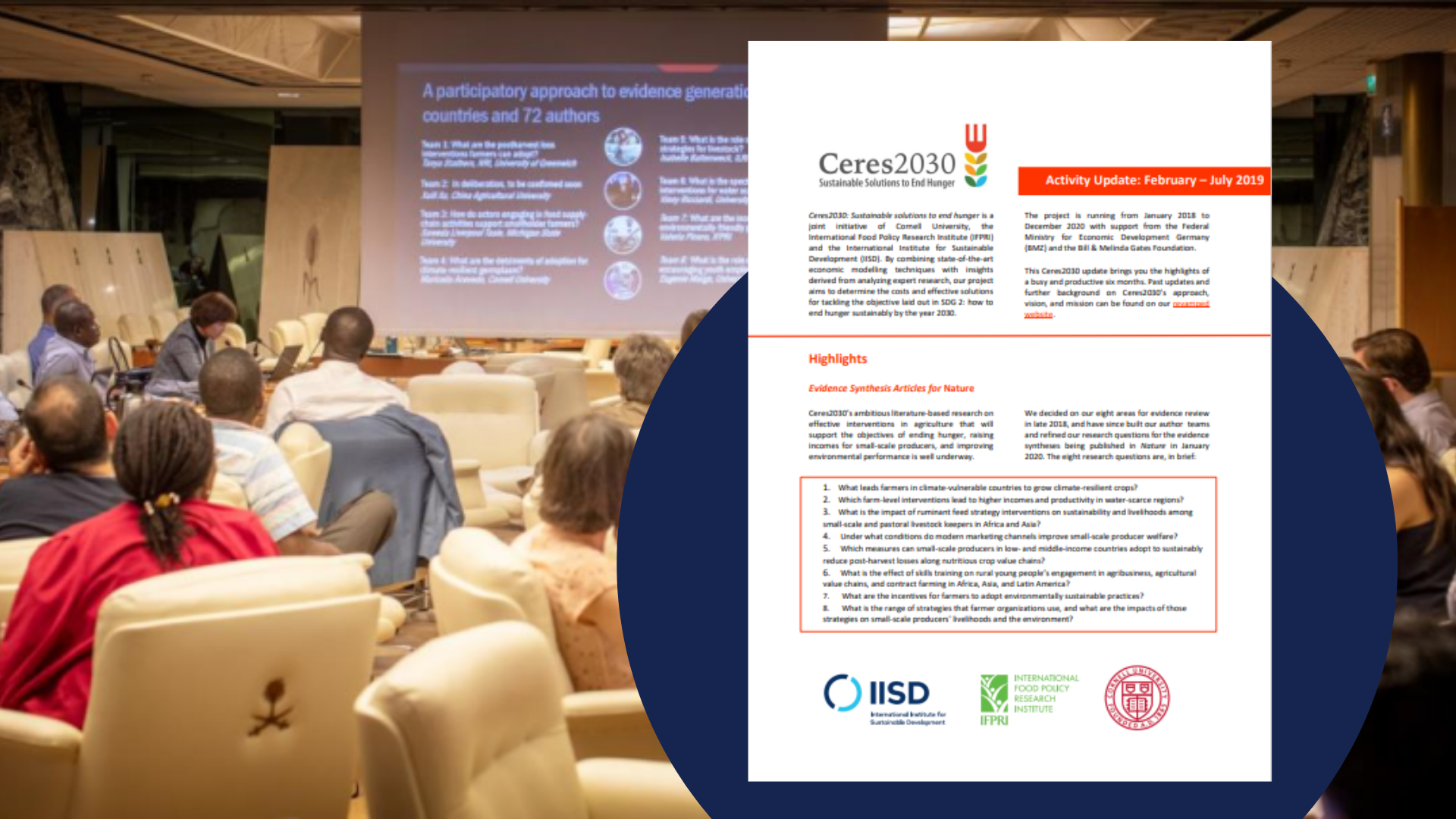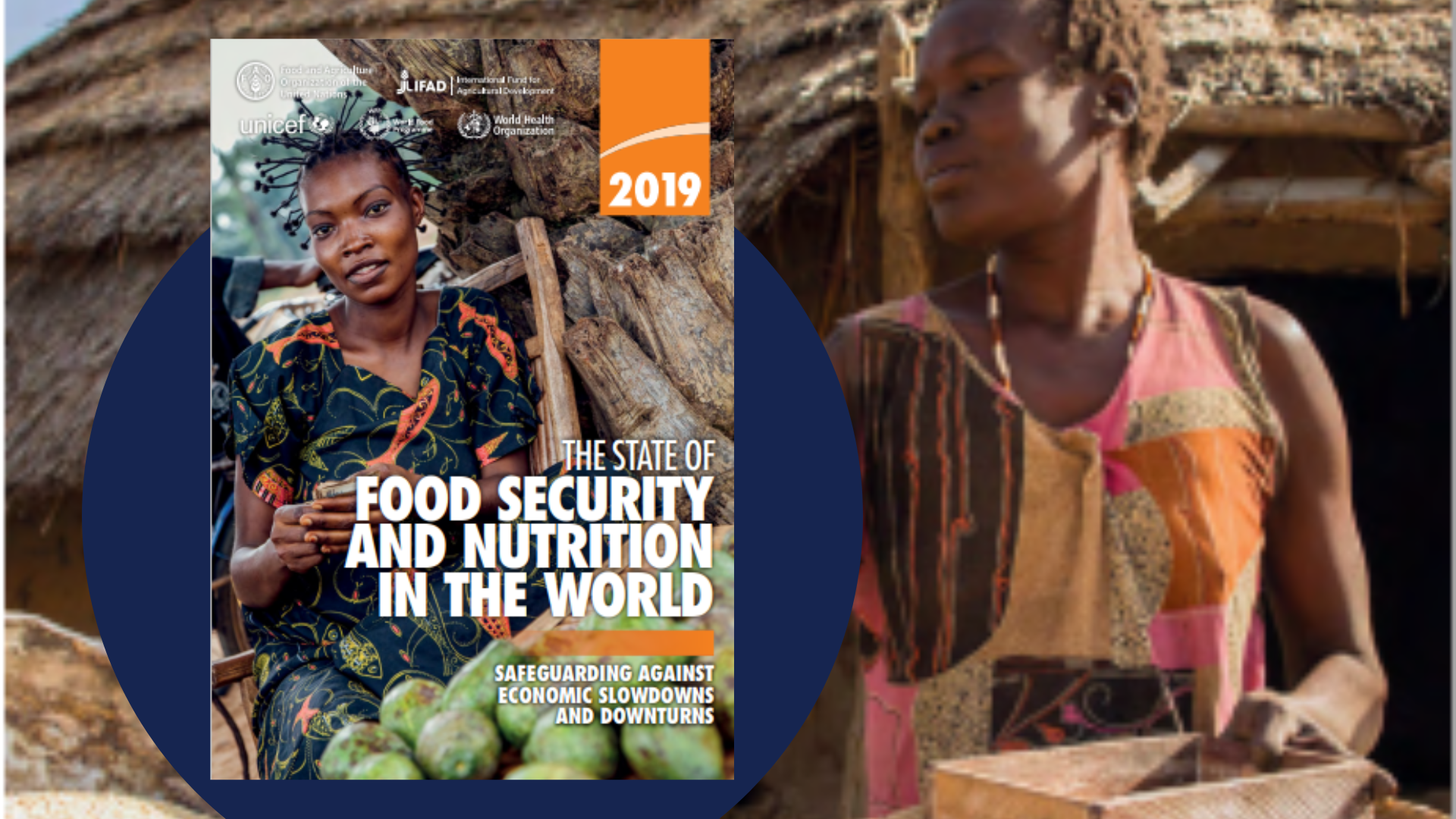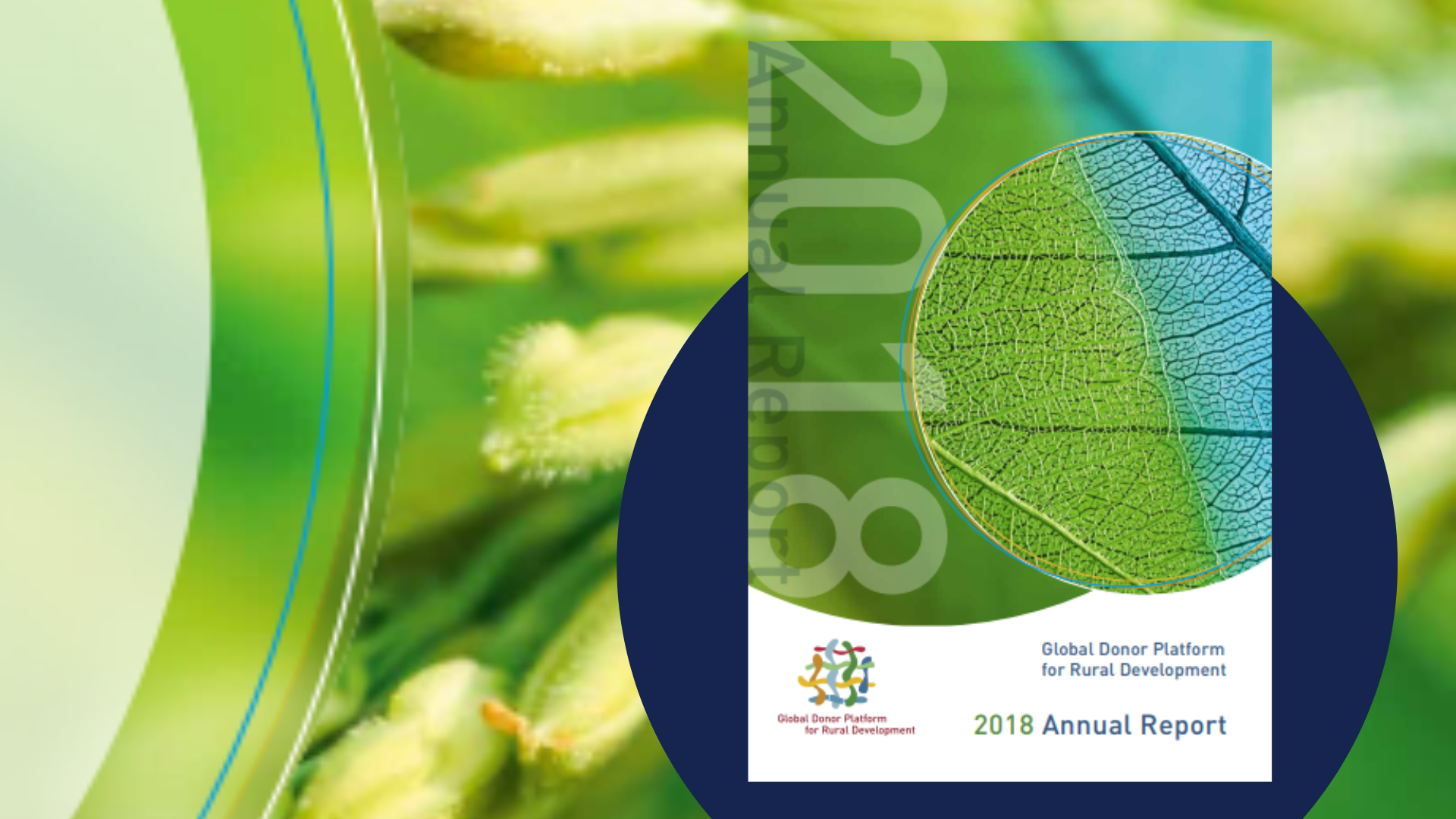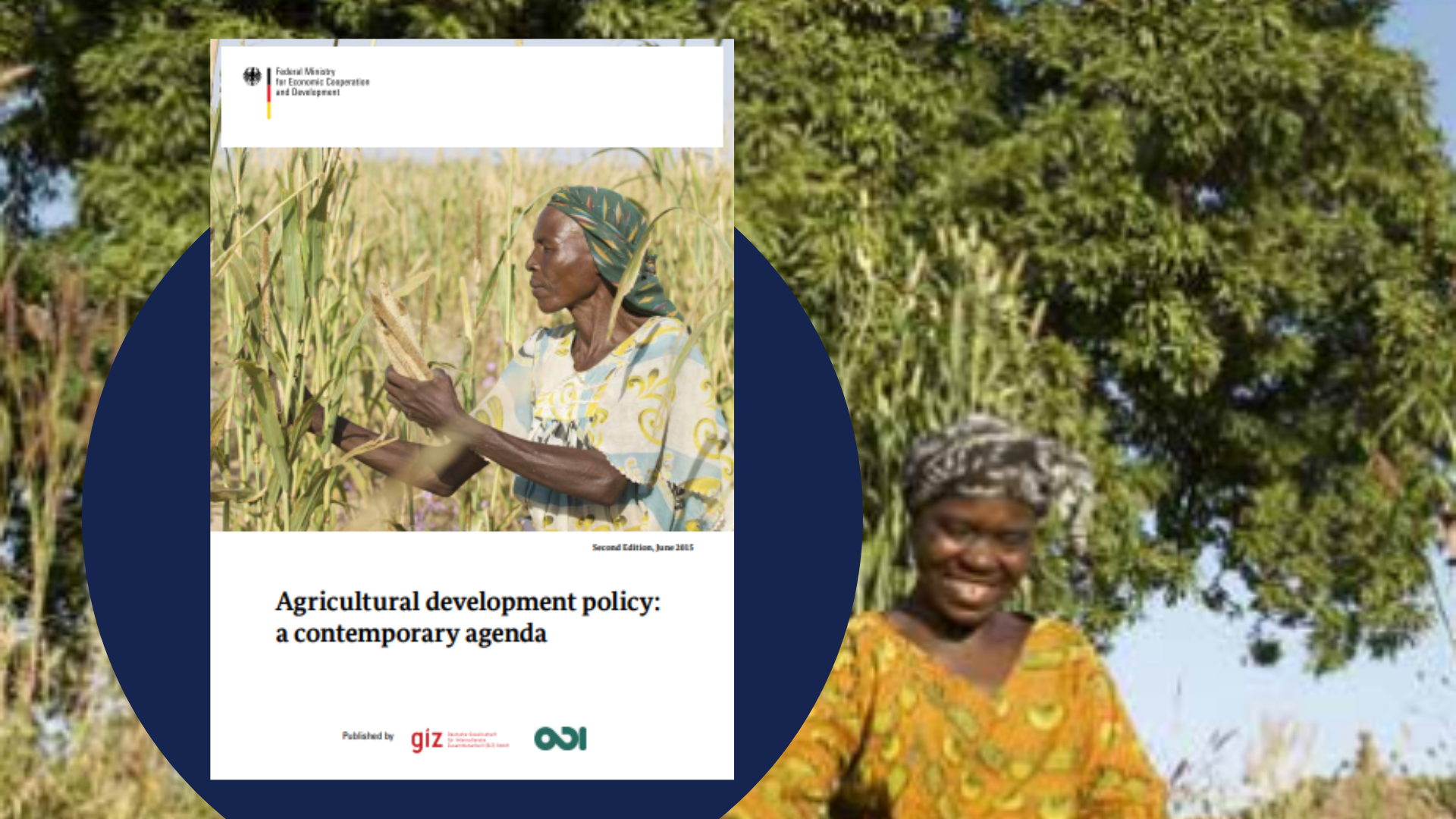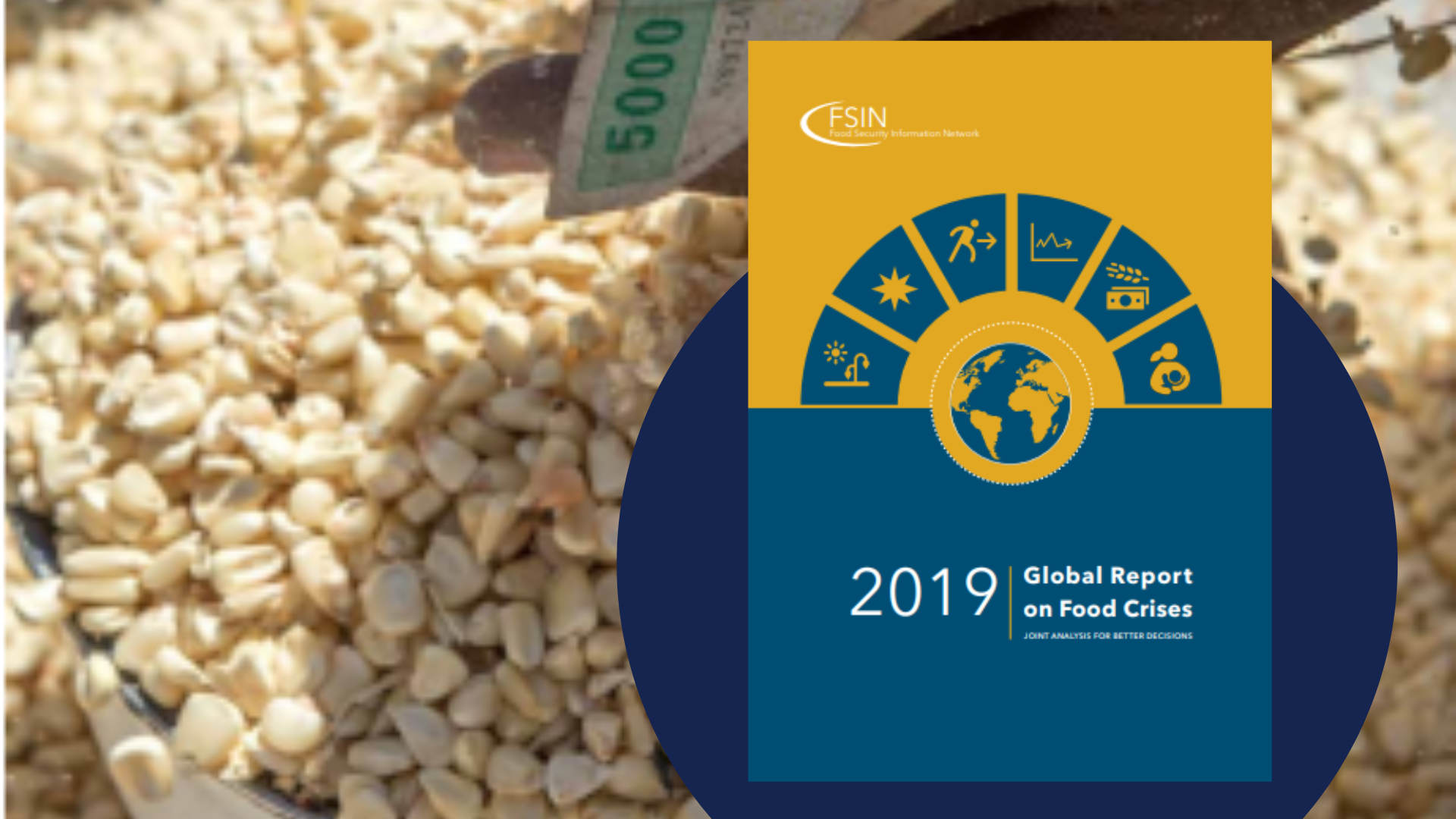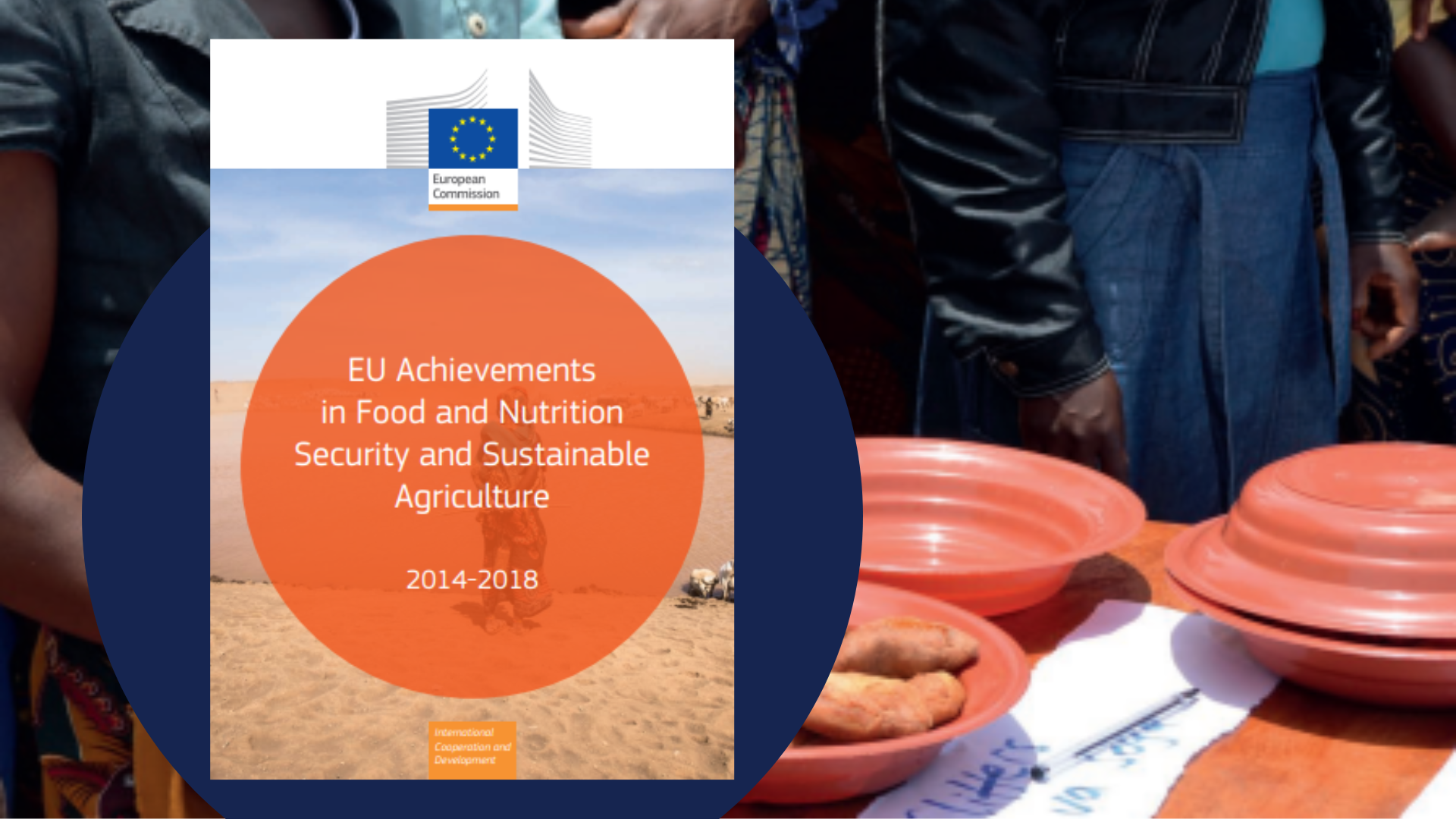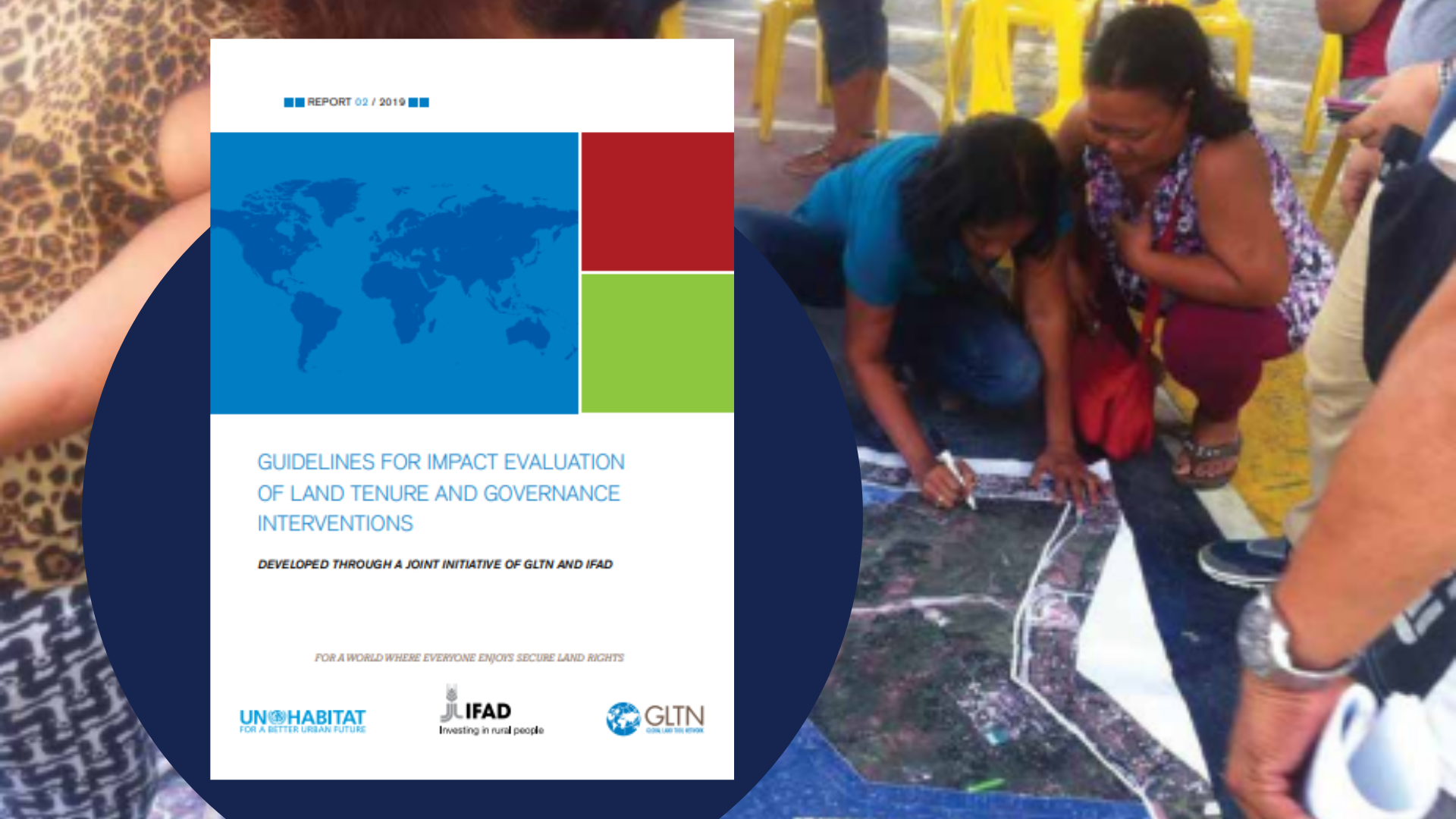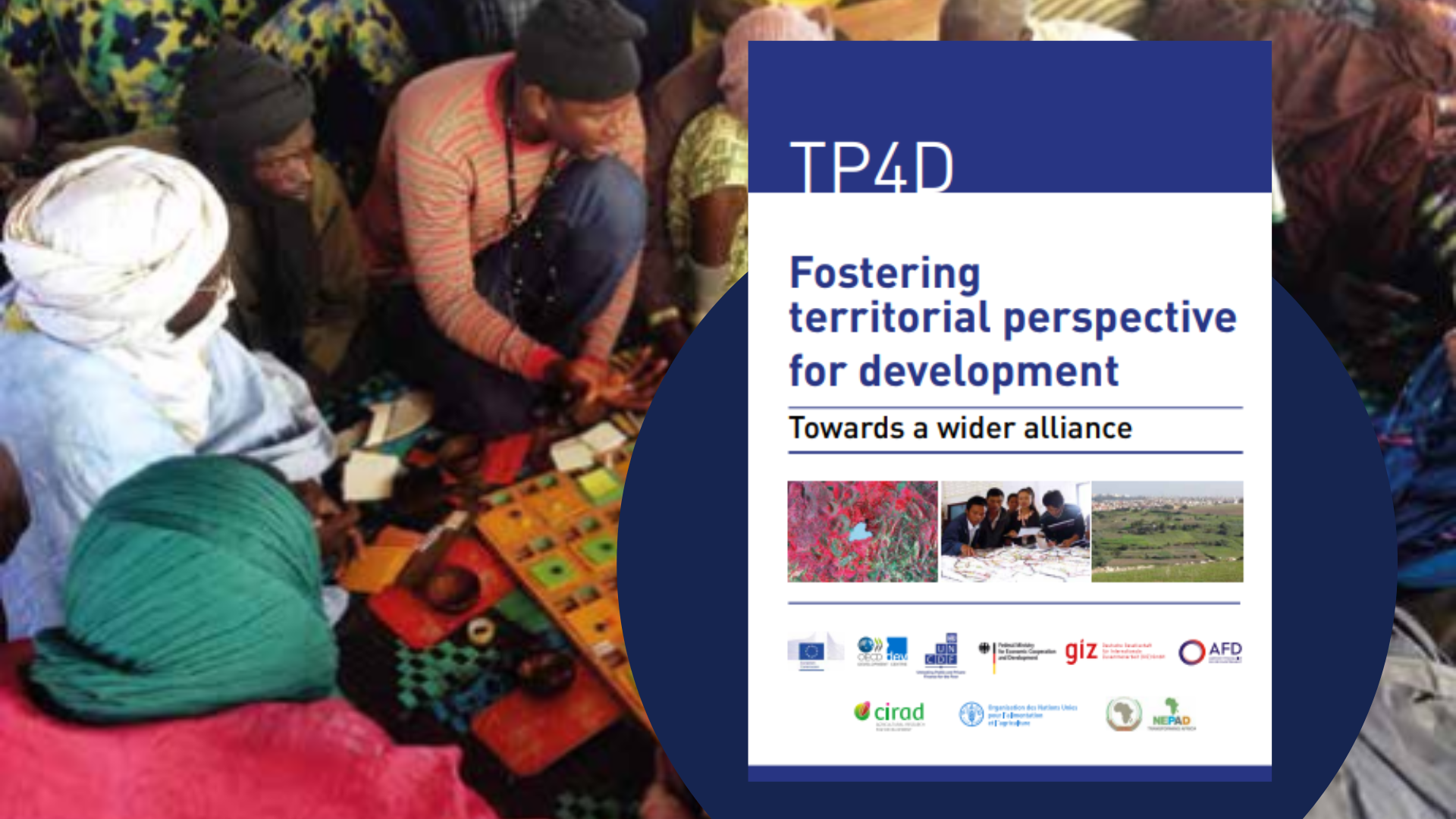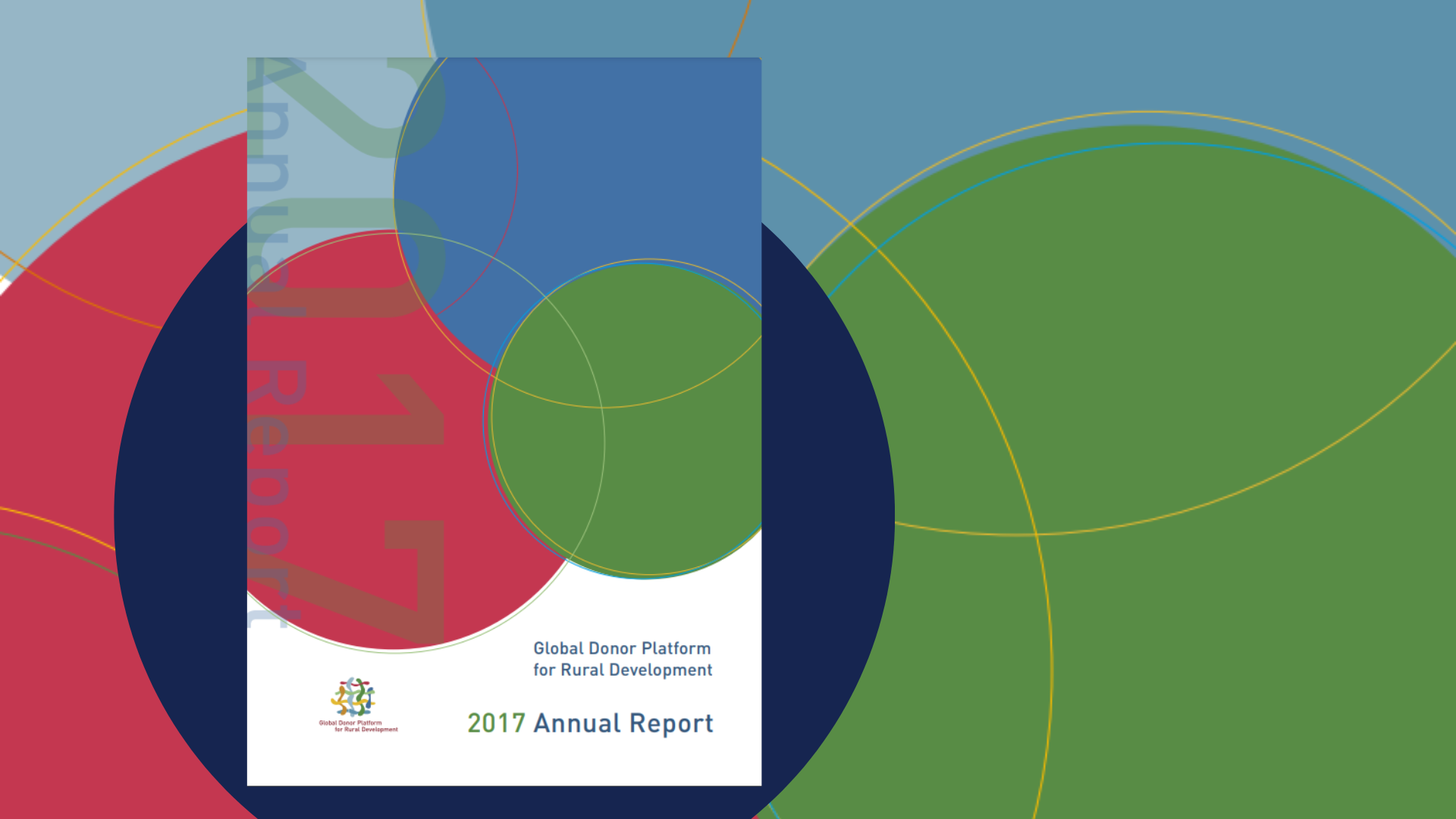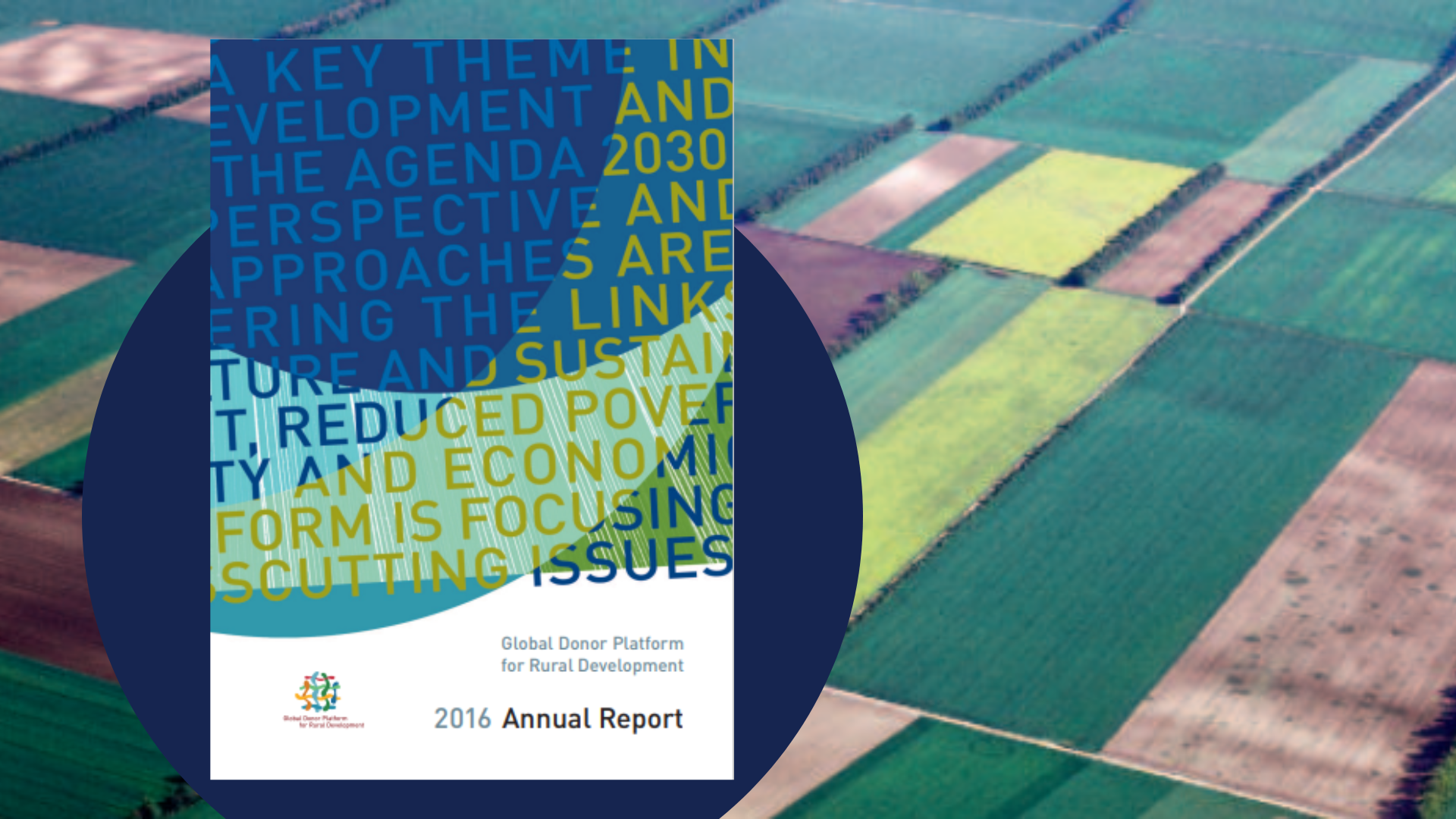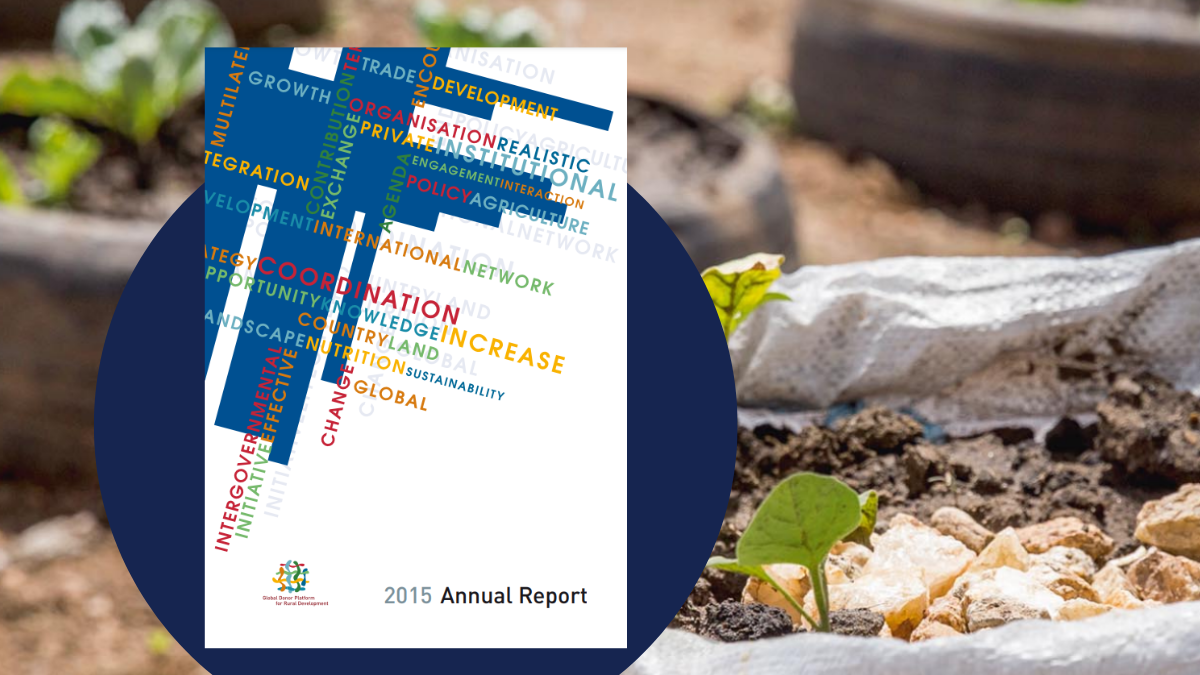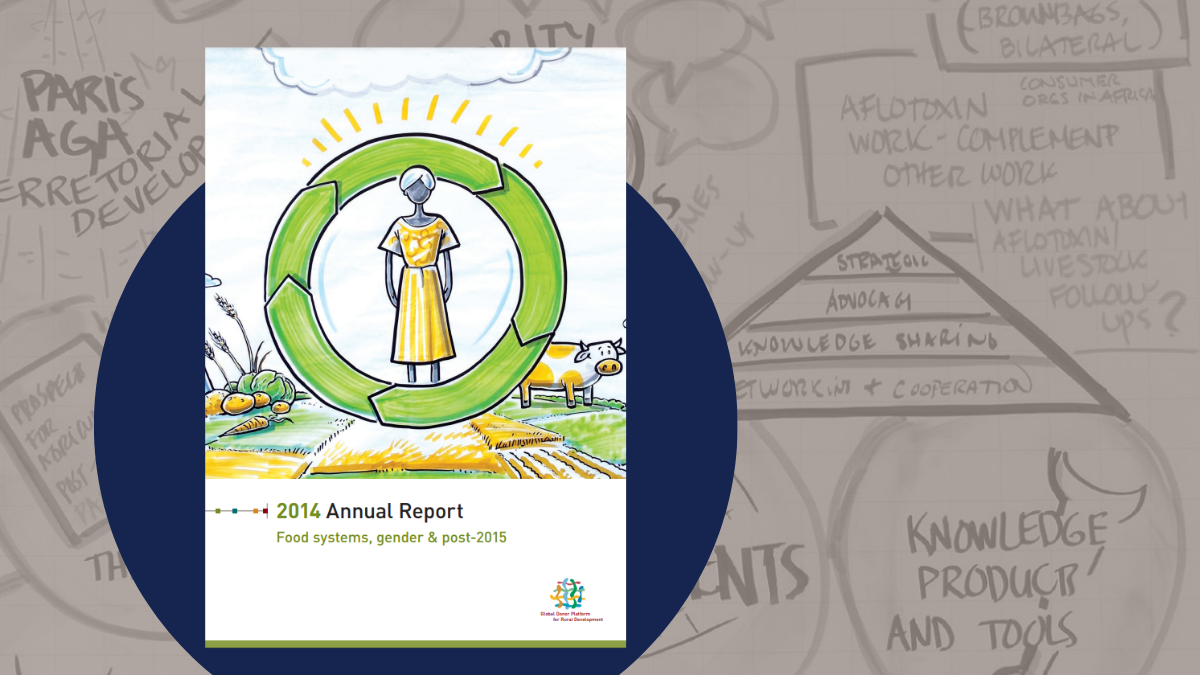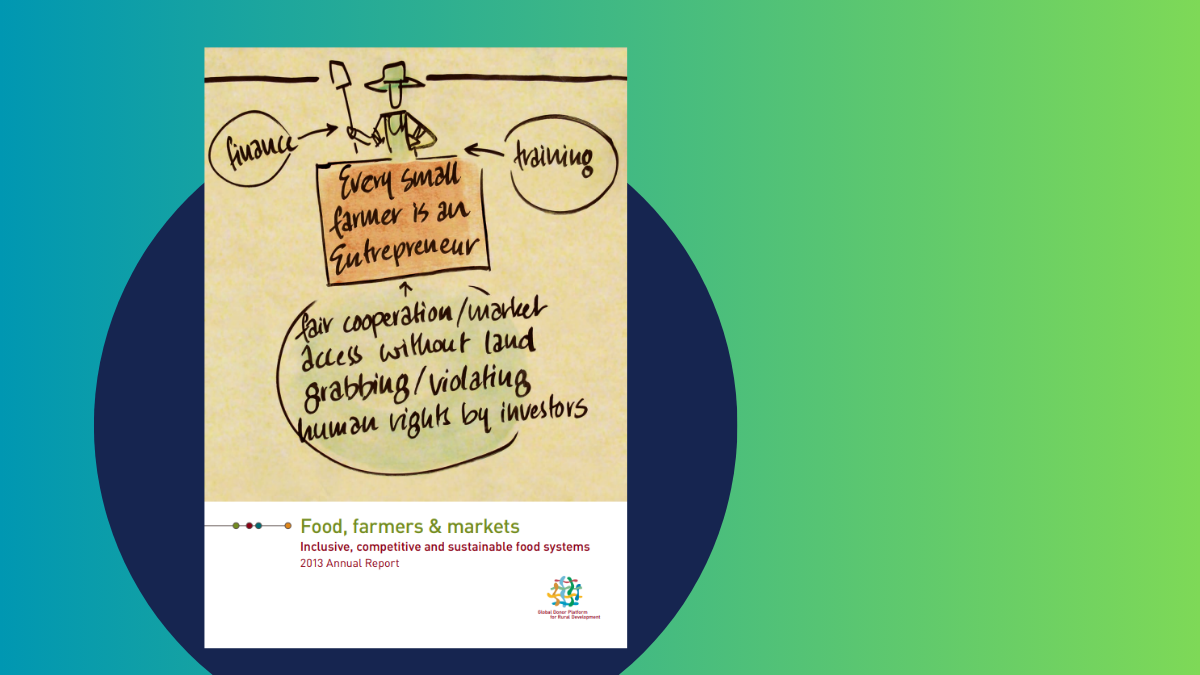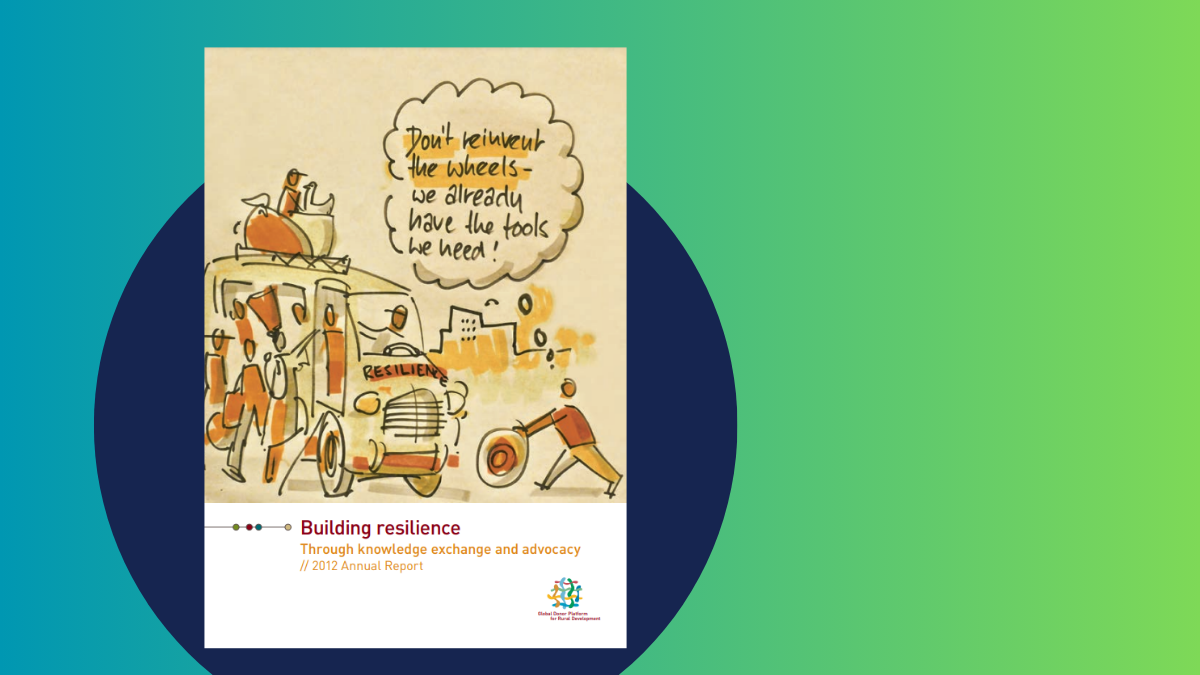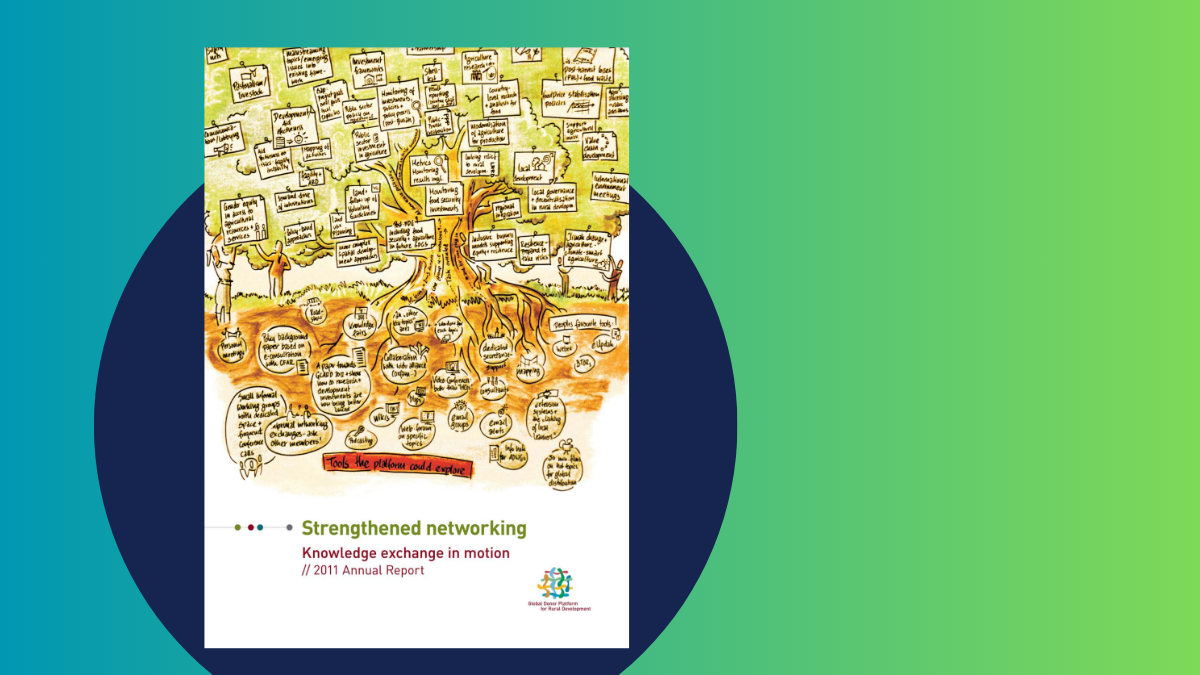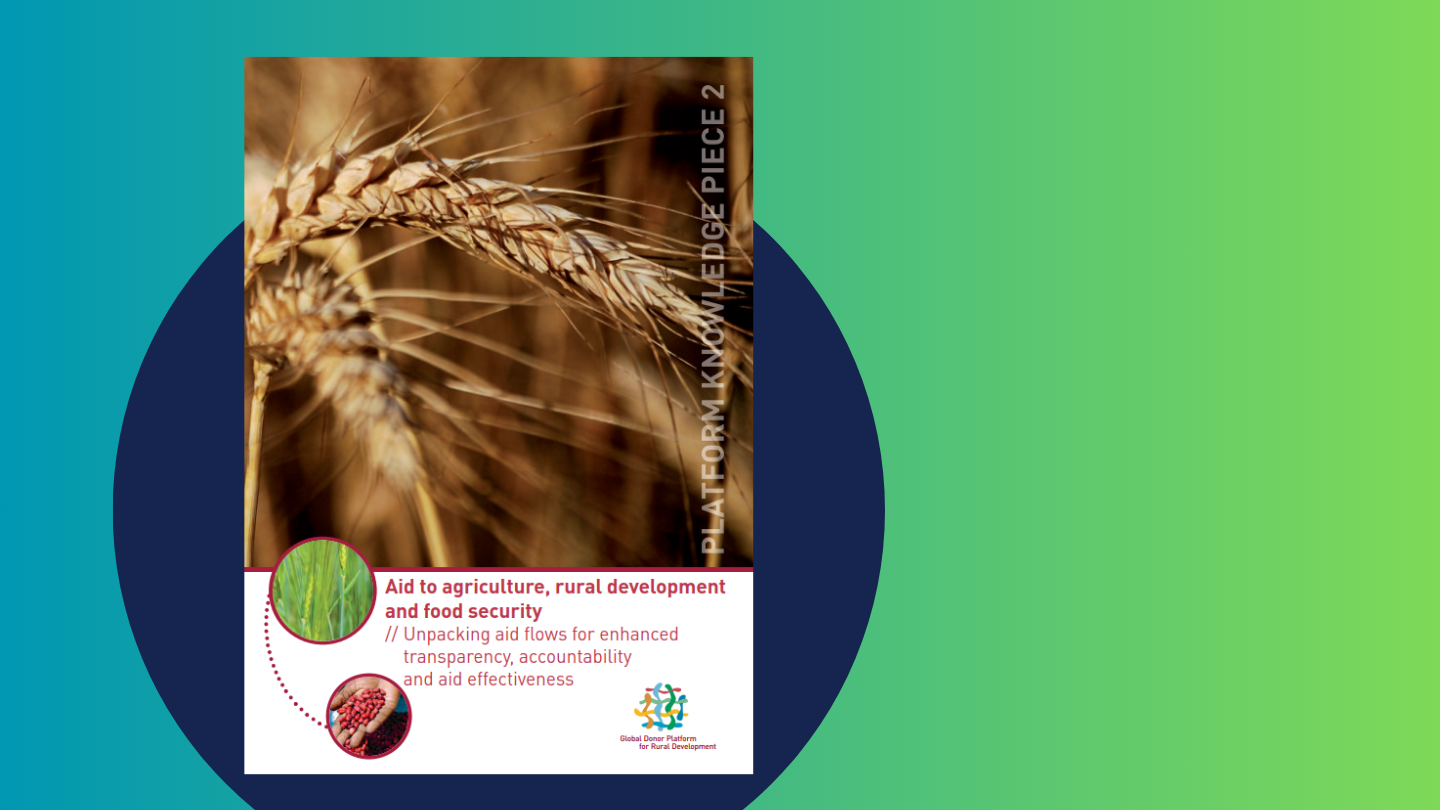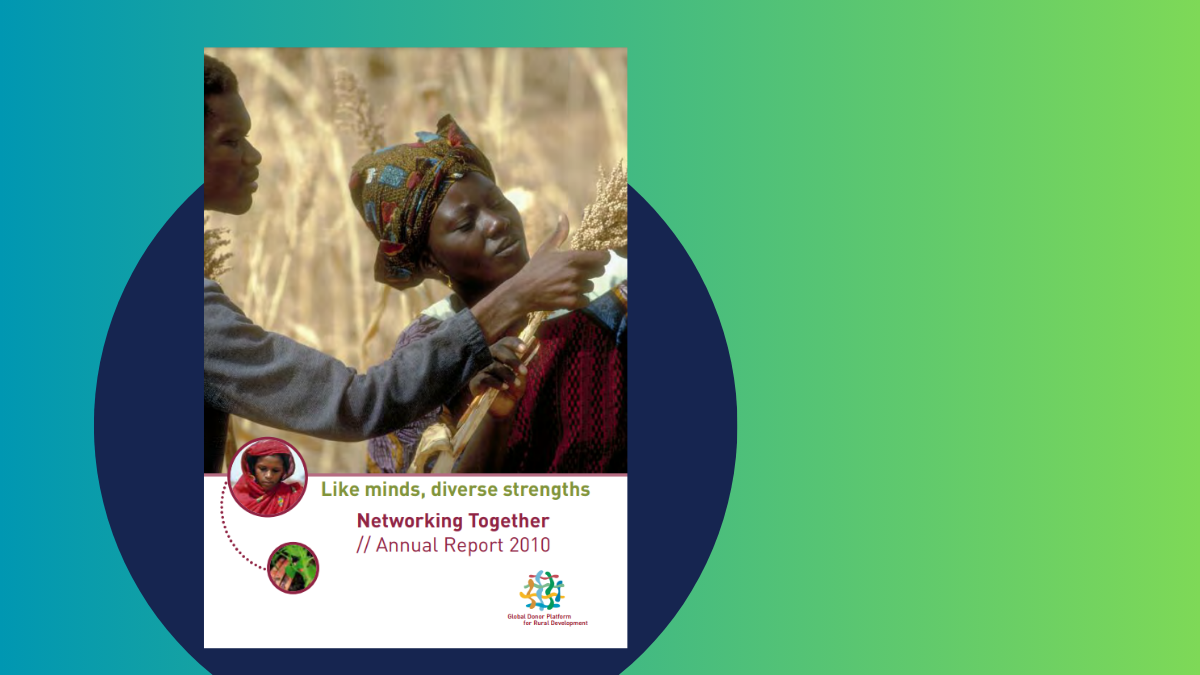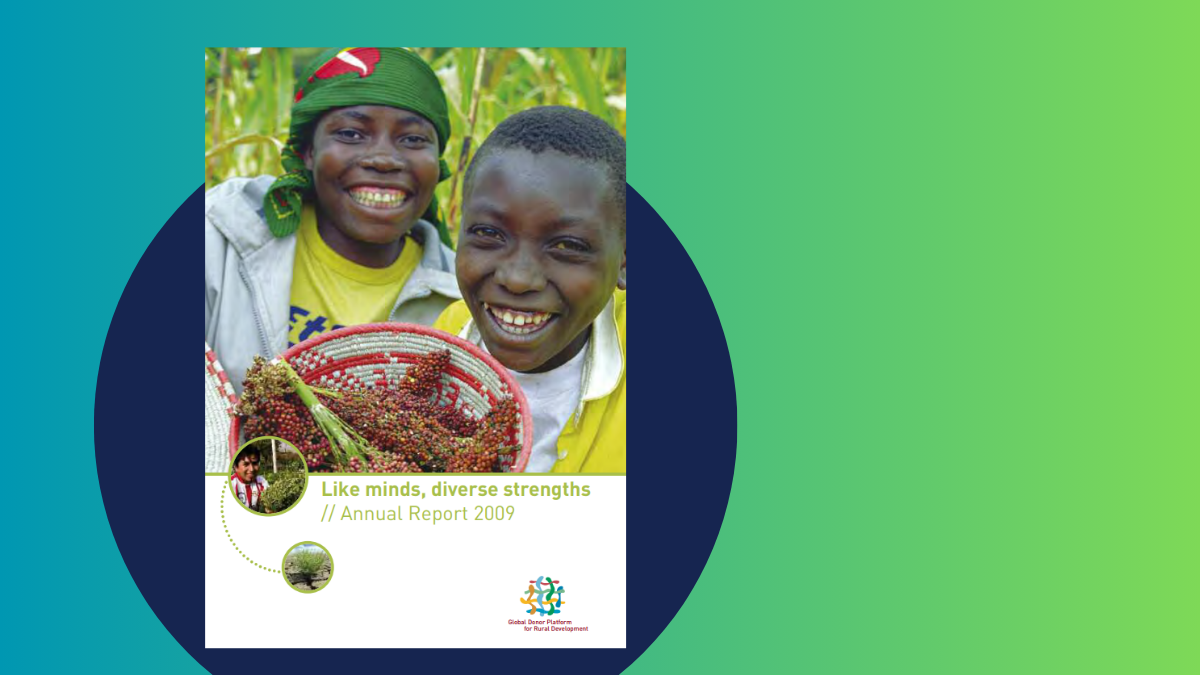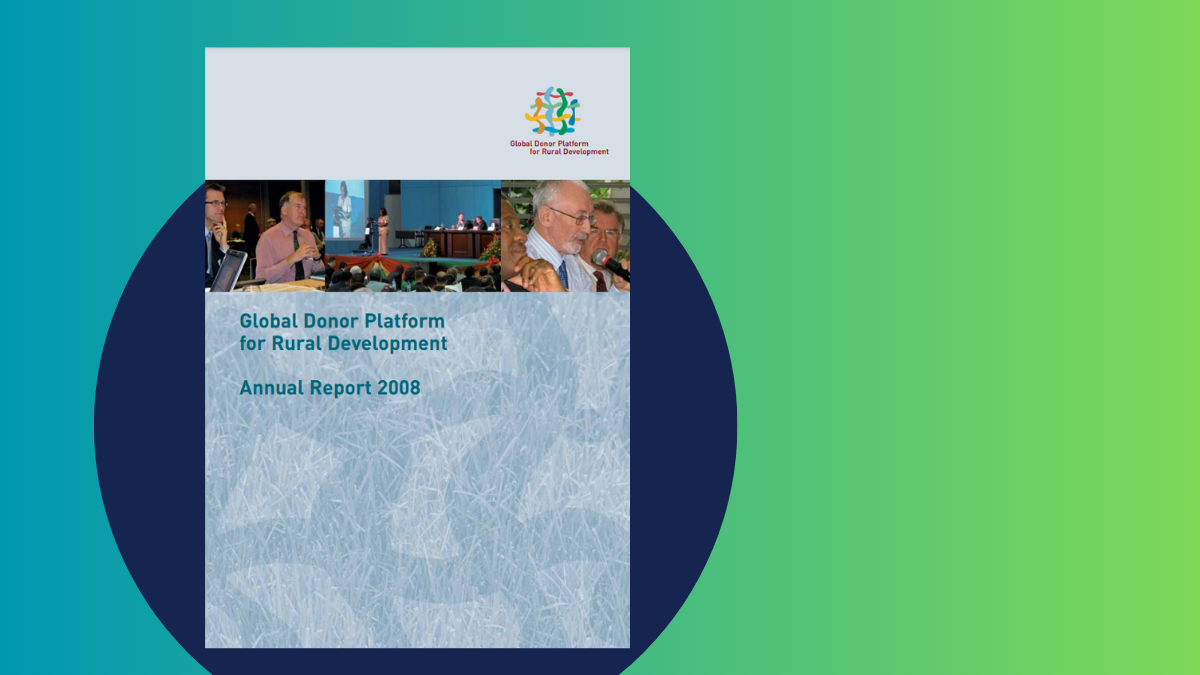The Global Donor Platform’s autumn 2019 webinar series, to be launched on 10th September, is a series of four webinars that cover a wide range of topics, from rural producer agency and agricultural value chains to climate-smart-agriculture (CSA) and youth network in Africa. The webinar series will look into important findings of studies and highlight the work of leading researchers, professionals, and intern from various independent institutions and intergovernmental organizations, including some of the Platform’s members. More detail information about each event will be available in due course.
Webinar 1: Rural producer agency and agricultural value chains
Tuesday, 10 September 2019, at 10:00 AM BST // 11:00 AM CEST // 5:00 AM EDT
While policies and programmes aim to integrate small-scale rural producers into agricultural value chains, questions remain over how best to: recognise the possibly divergent visions, interests and constraints of different value chain actors; address often substantial power imbalances in value chains; and ultimately promote agency among rural producers and their communities – that is, their ability to choose, act and influence realities around them.
In an attempt to address these issues, in this webinar Dr. Lorenzo Cotula from the International Institute for Environment and Development (IIED) will present insights from the recently published research report Rural producer agency and agricultural value chains: What role for socio-legal empowerment? The report was prepared for the Empowering Producers in Commercial Agriculture (EPIC) project, which is funded by the UK Department for International Development and supports small-scale rural producers and their communities in Malawi and Nepal.
Drawing on the report’s review of trends in commercial agriculture and experience of supporting rural producers and communities, Dr Cotula will lead a discussion on approaches to enhance the agency of rural actors as they engage with, or are affected by, commercial agriculture.
Dr Cotula is a principal researcher on law and sustainable development at the IIED and is based in the United Kingdom. He leads research, policy engagement and field-level projects on natural resource governance and resource-based investments.
Webinar recording and webstory
AUTUMN WEBINAR SERIES // WEBINAR 1: RURAL PRODUCER AGENCY AND AGRICULTURAL VALUE CHAINS
Webinar 2: Indicators for climate adaptation in agriculture
Wednesday, 2 October 2019, at 15:00 CEST // 9:00 AM EDT
The advancement of climate-smart agriculture (CSA) – that is agriculture that enhances food security, is resilient to climate change and reduces emissions – requires new technical and financial capabilities. This includes the establishment of scientifically credible indicators, which are critical to motivating the necessary transformations in agricultural and food systems.
In this webinar, our presenter, Dr. Bruce Campbell, will discuss the development and implementation of adaptation indicators in the context of CSA projects. To begin with, he will describe the complexities and difficulties associated with the process due to multiple reasons, such as the context-specific nature of agriculture and the dimensional and temporal scales of adaptation, to mention a few. Next, he will provide a set of recommendations to assist practitioners in devising appropriate tools to assess the adaptive capacity and resilience of an agricultural system.
To demonstrate the practical application of the recommendations, the discussion will draw on the CSA Programming and Indicator Tool. Developed in collaboration with several international agencies, the tool is designed to identify the most relevant indicators to be used at different scales of CSA planned intervention(s).
Webinar recording and webstory
AUTUMN WEBINAR SERIES // WEBINAR 2: INDICATORS FOR CLIMATE ADAPTATION IN AGRICULTURE
Webinar 3: Youth networks and youth associations in Africa
Wednesday, 6 November 2019, at 15:00 CET
Youth play an important role in achieving effective rural transformation. They form youth networks and associations to create synergies and work together to push agendas and achieve different goals including lobby and advocacy for youth inclusion, joint production and marketing to create economies of scale, generation of academic research among others. The convening power of youth networks has made them evolve and become entry points for different interventions from donors, governments and other development agencies.
Youth networks are diverse and have varied characteristics that affect their operations. It is therefore important for practitioners to understand how these networks work so as to deliver interventions that best work to fit them. In this webinar, James Kyewalabye will present findings from his current study on different youth networks and youth associations in Africa. The study aims to identify youth representation for the Global Donor Platform’s Thematic Working Group on Rural Youth. The webinar will use case studies to give insights into different networks such as their background, structures, location, governance and challenges. The webinar will also provide recommendations on how development practitioners can continuously engage and facilitate youth networks and amplify their contribution to sustainable food systems development.
Webinar 4: trade-related capacity development for food security and nutrition
Friday, 6 December 2019, at 15:00 CET
In this webinar, our presenters, Georgios Mermigkas and Ishrat Kaur Gadhok from the Food and Agriculture Organization (FAO), will provide insights from FAO’s Multipartner Programme Support Mechanism (FMM) project on Trade related capacity development for food security and nutrition in Eastern and Southern Africa (ESA). Implemented in 2017 in Mozambique, Rwanda, Tanzania and Zambia, the FMM project sought to achieve results at both regional and national levels.
At the regional level, one objective was to strengthen the capacities of agriculture and trade policy officers in ESA to develop and implement evidence-based trade policies. This was achieved through the delivery of facilitated and tailored e-learning courses on trade, food security and nutrition, and agriculture in trade agreements. At the national level, the project aimed to document and draw lessons from existing institutional structures and mechanisms governing agriculture and trade policymaking processes in the four countries. There were also efforts to identify opportunities to better link these processes to promote greater coherence in setting policy priorities and in the implementation of programmes.

